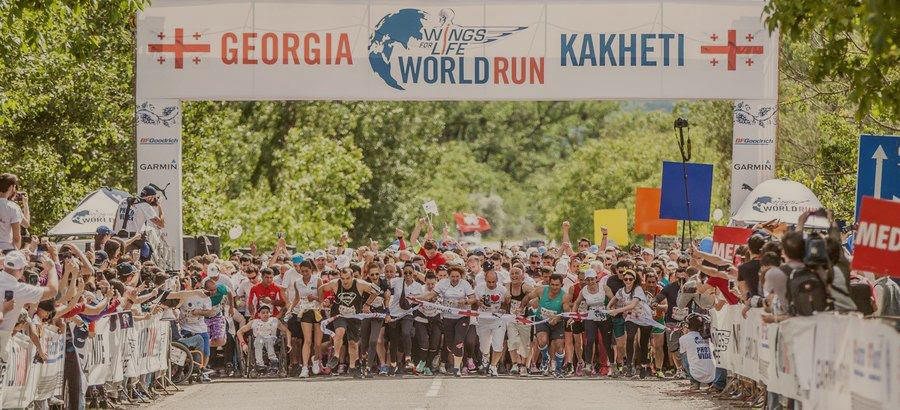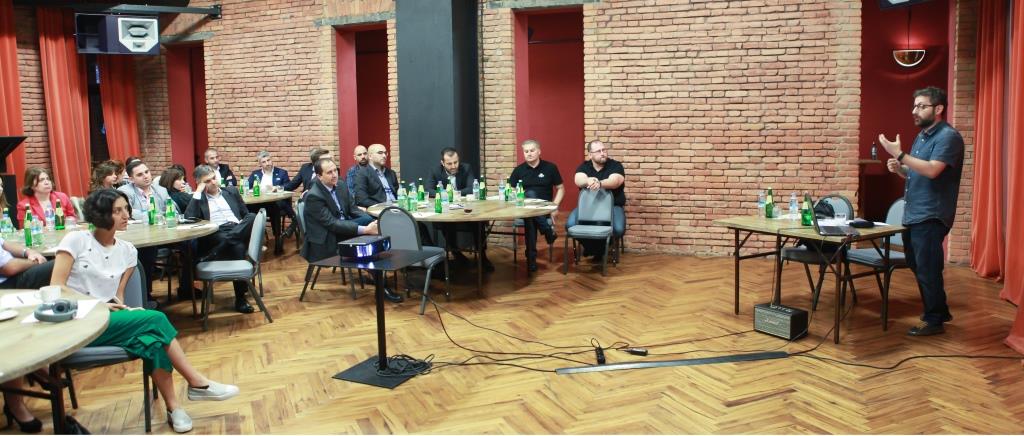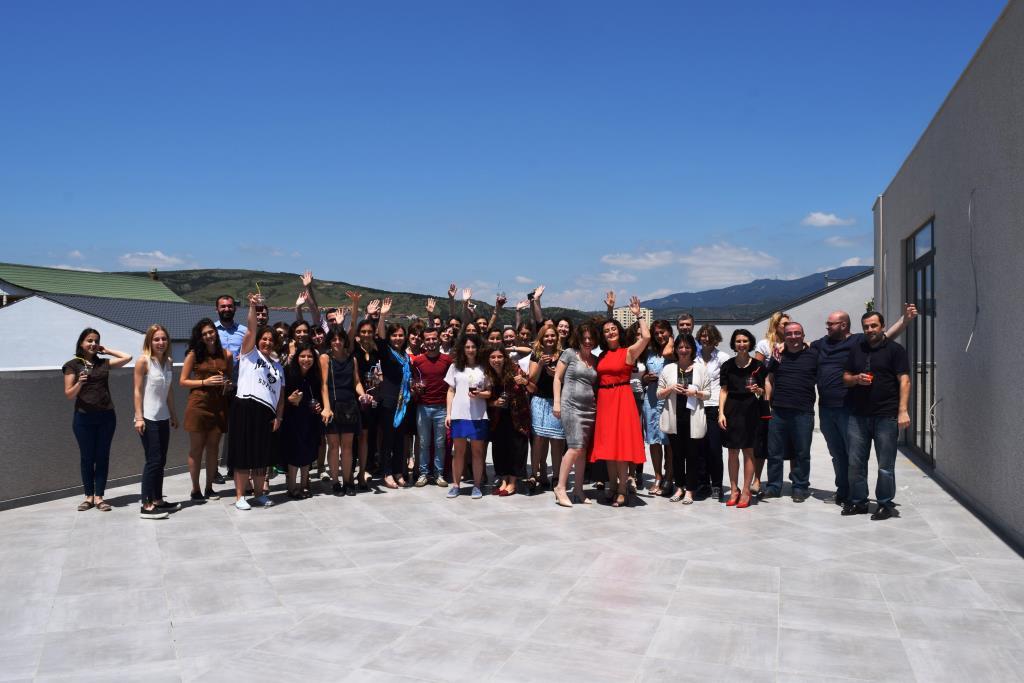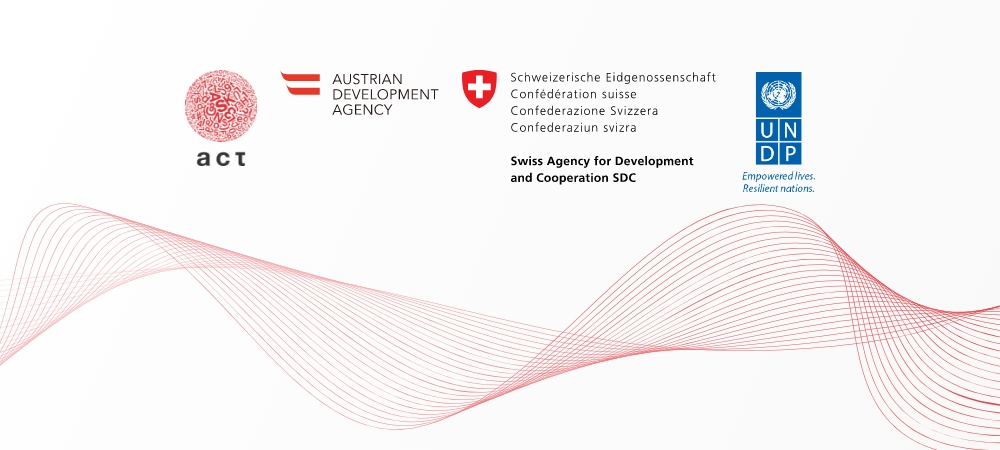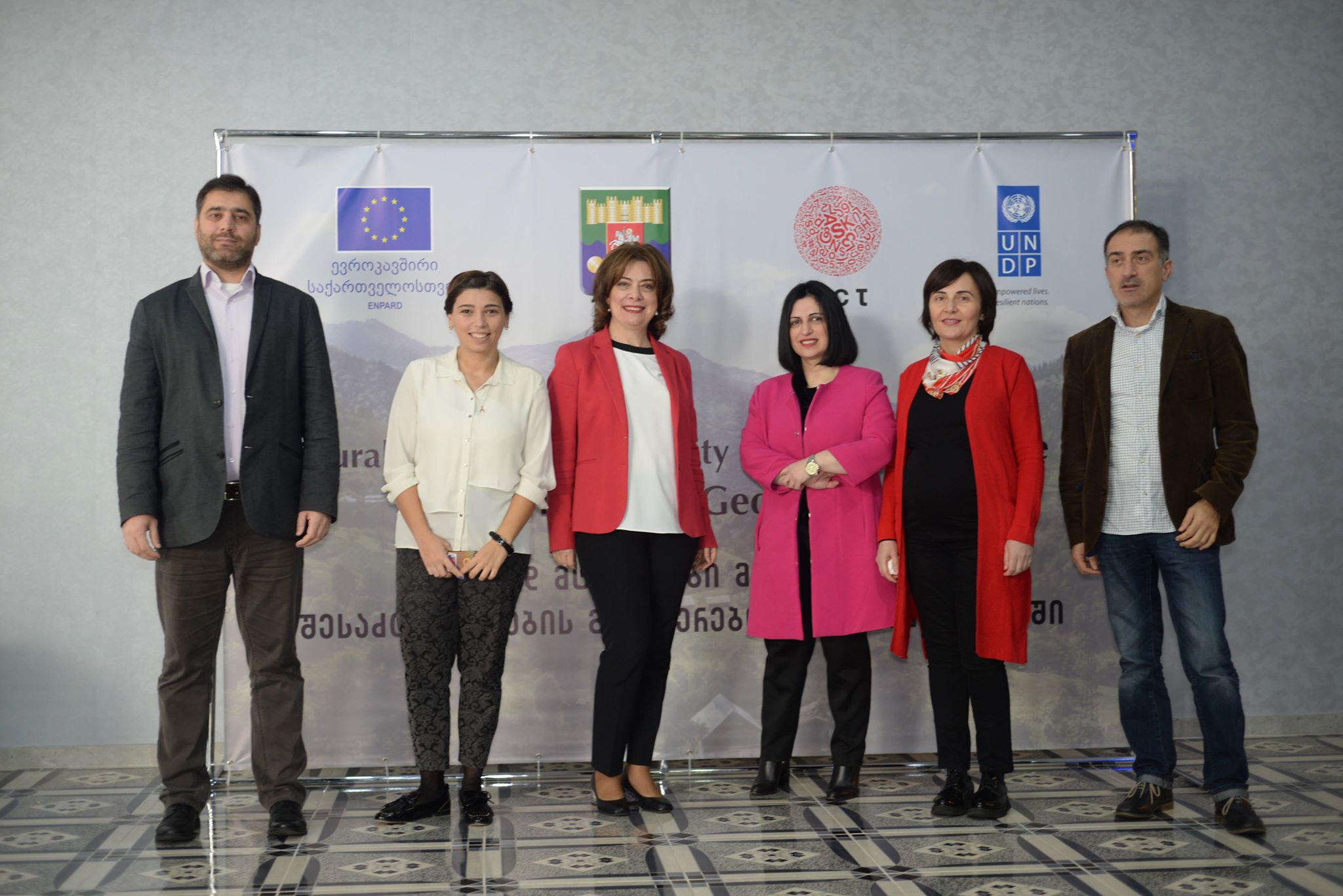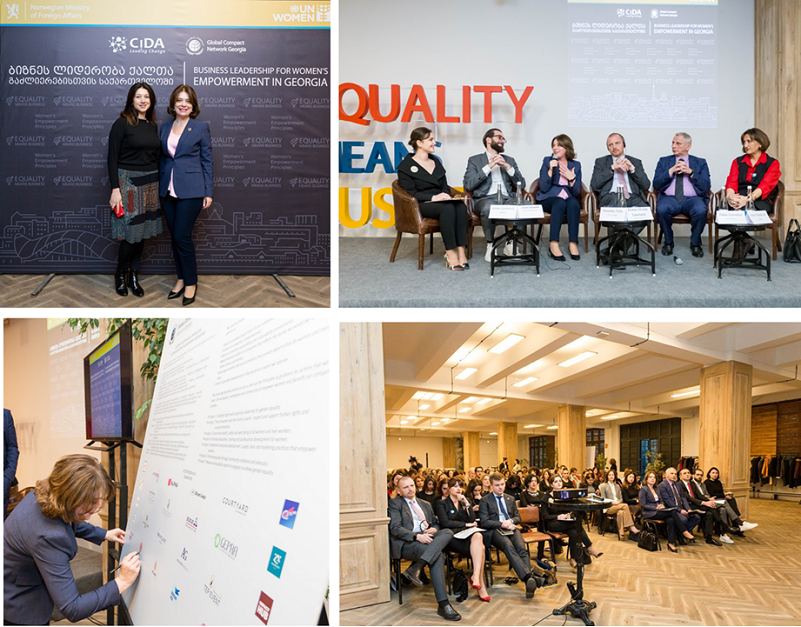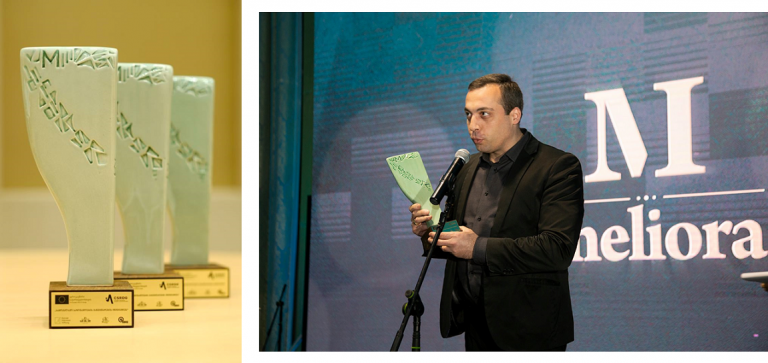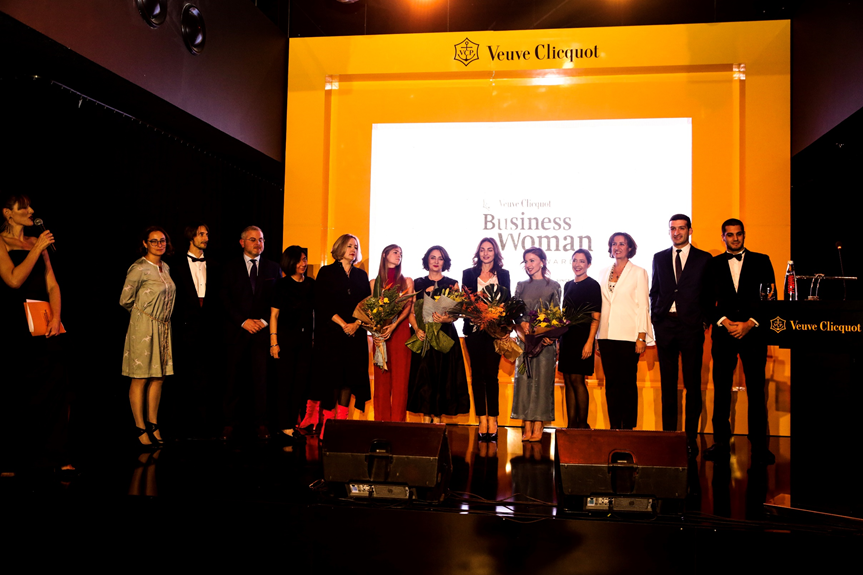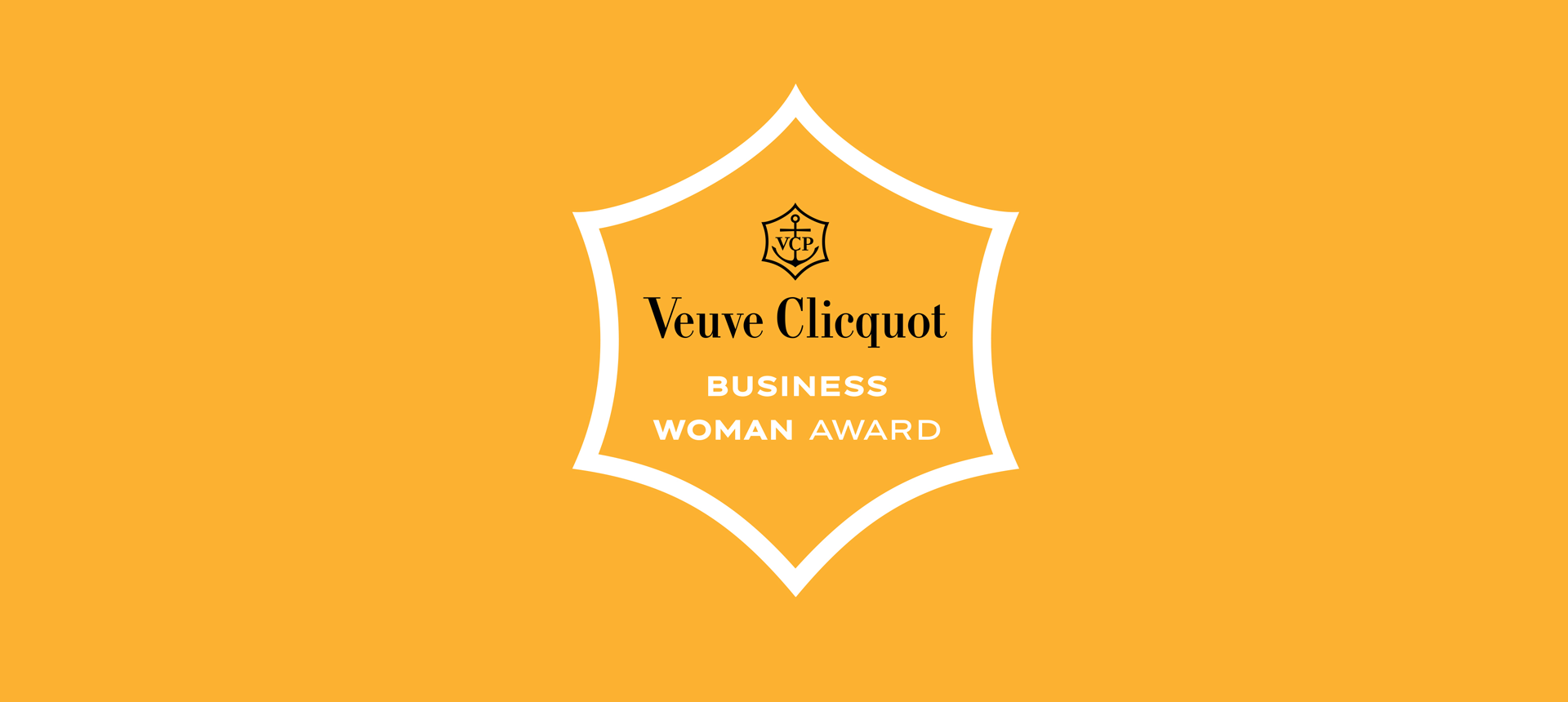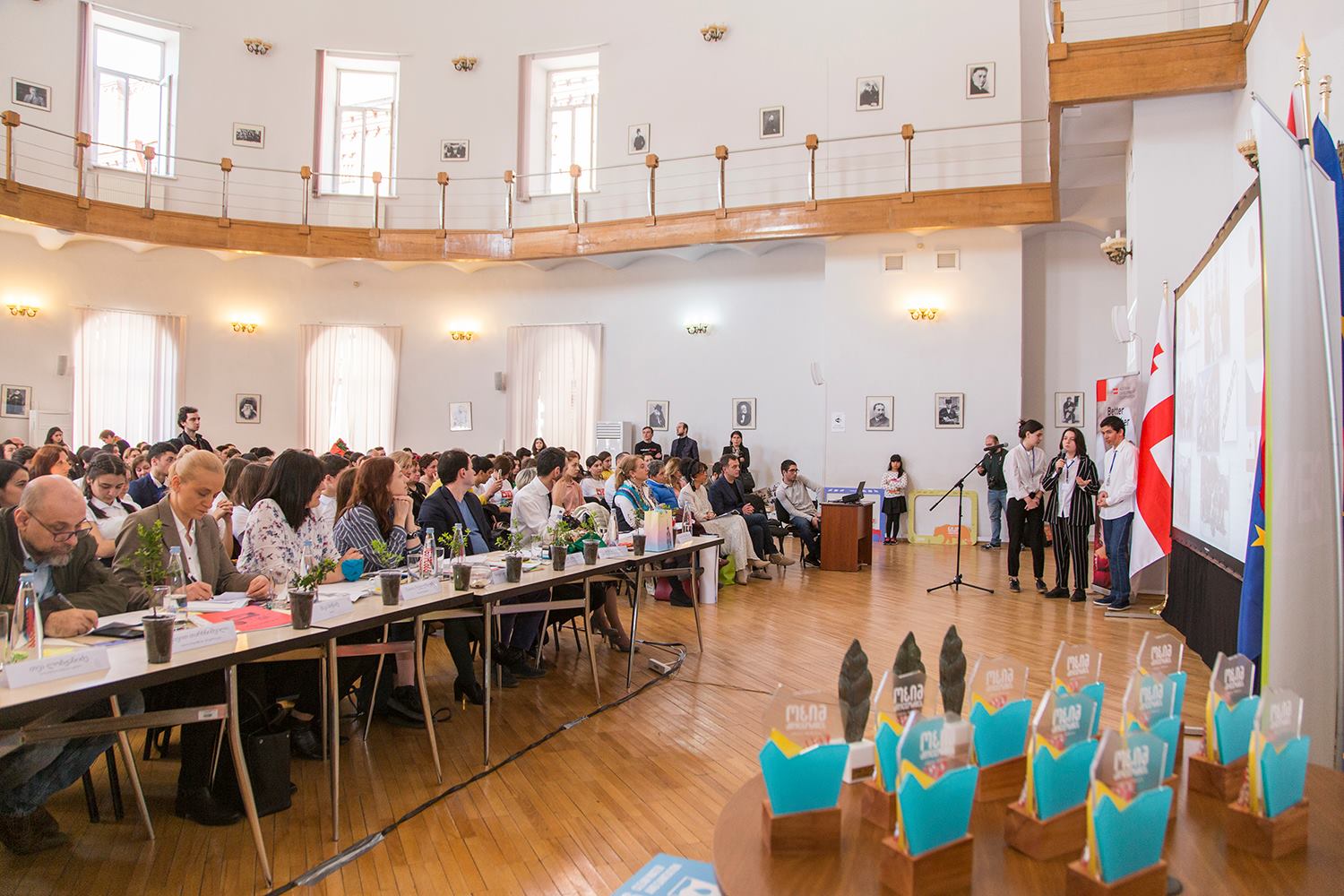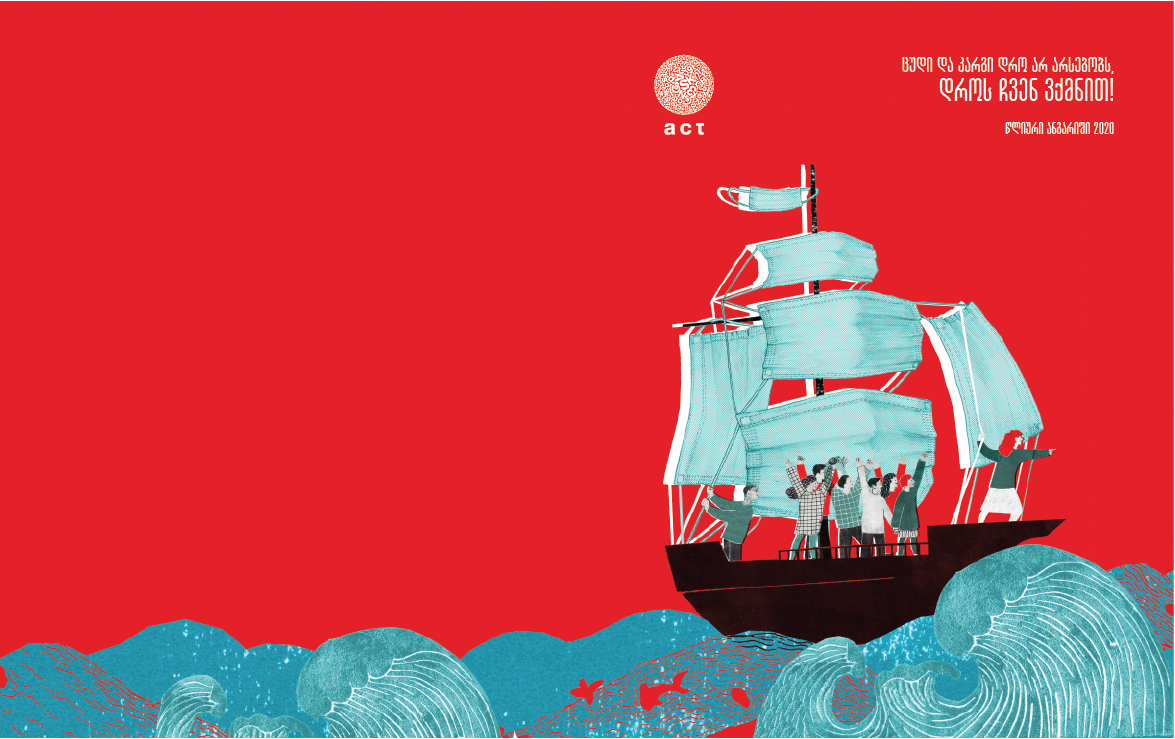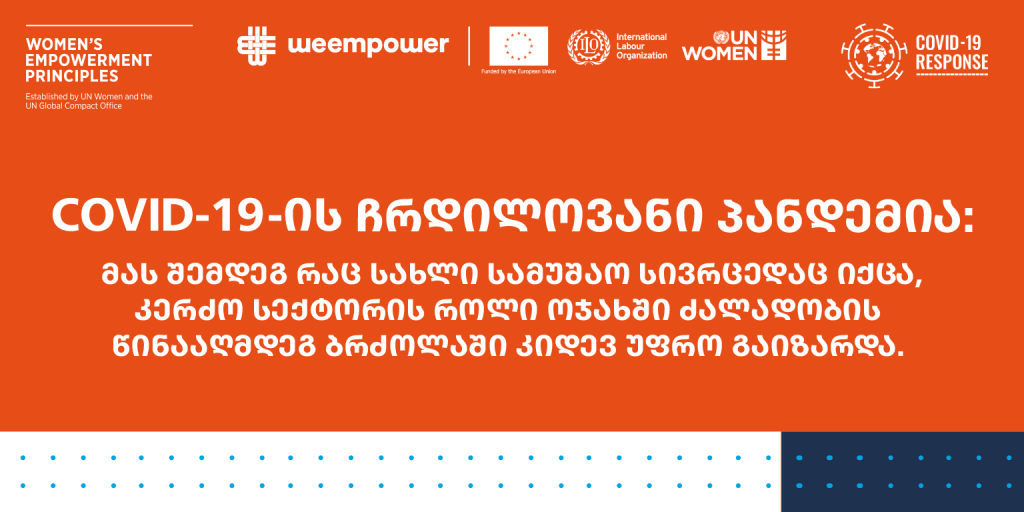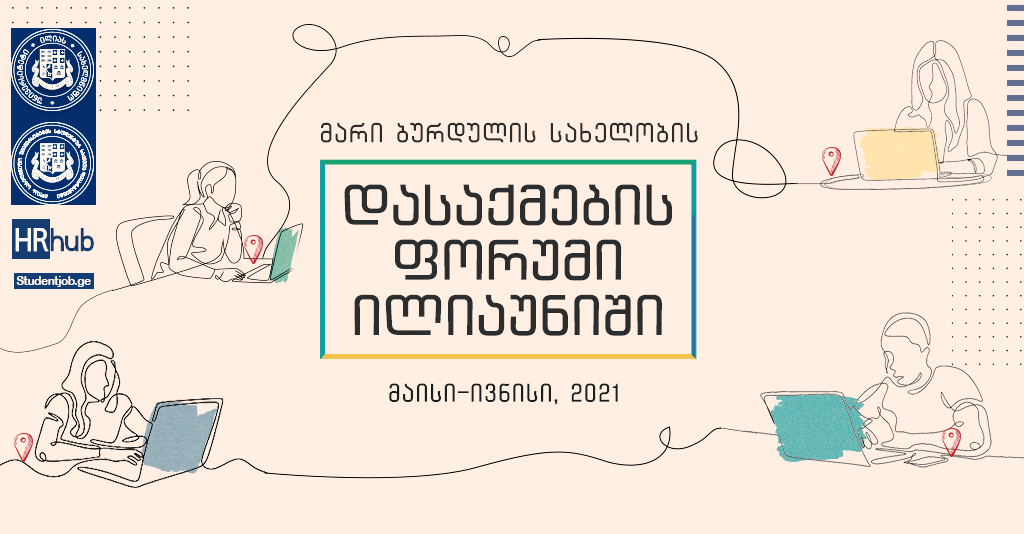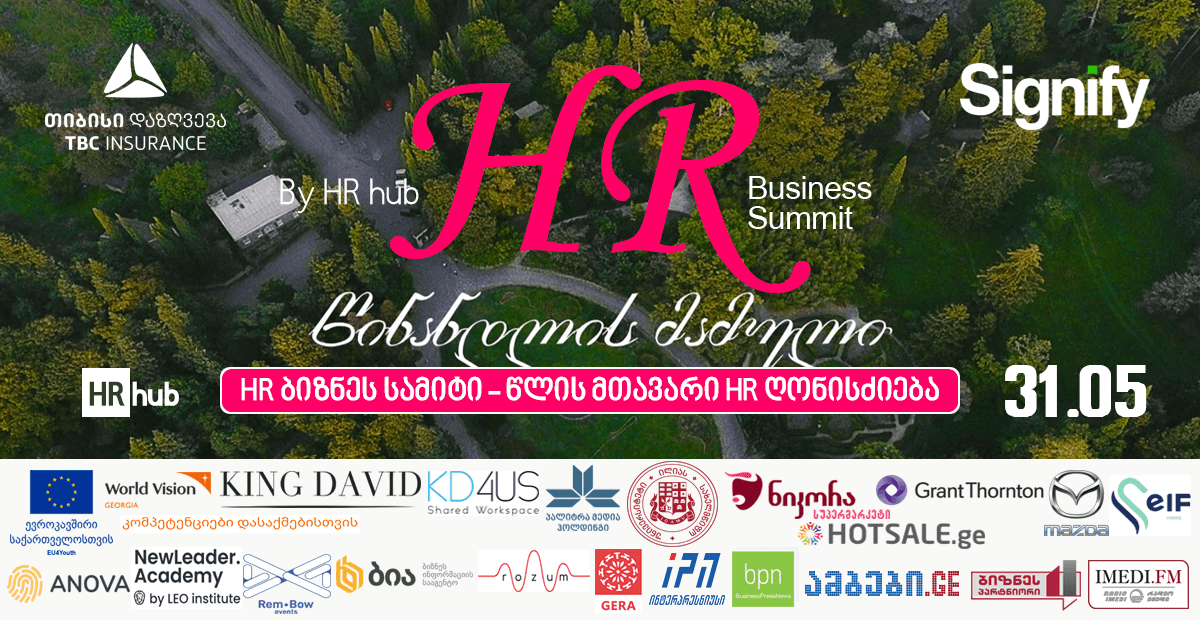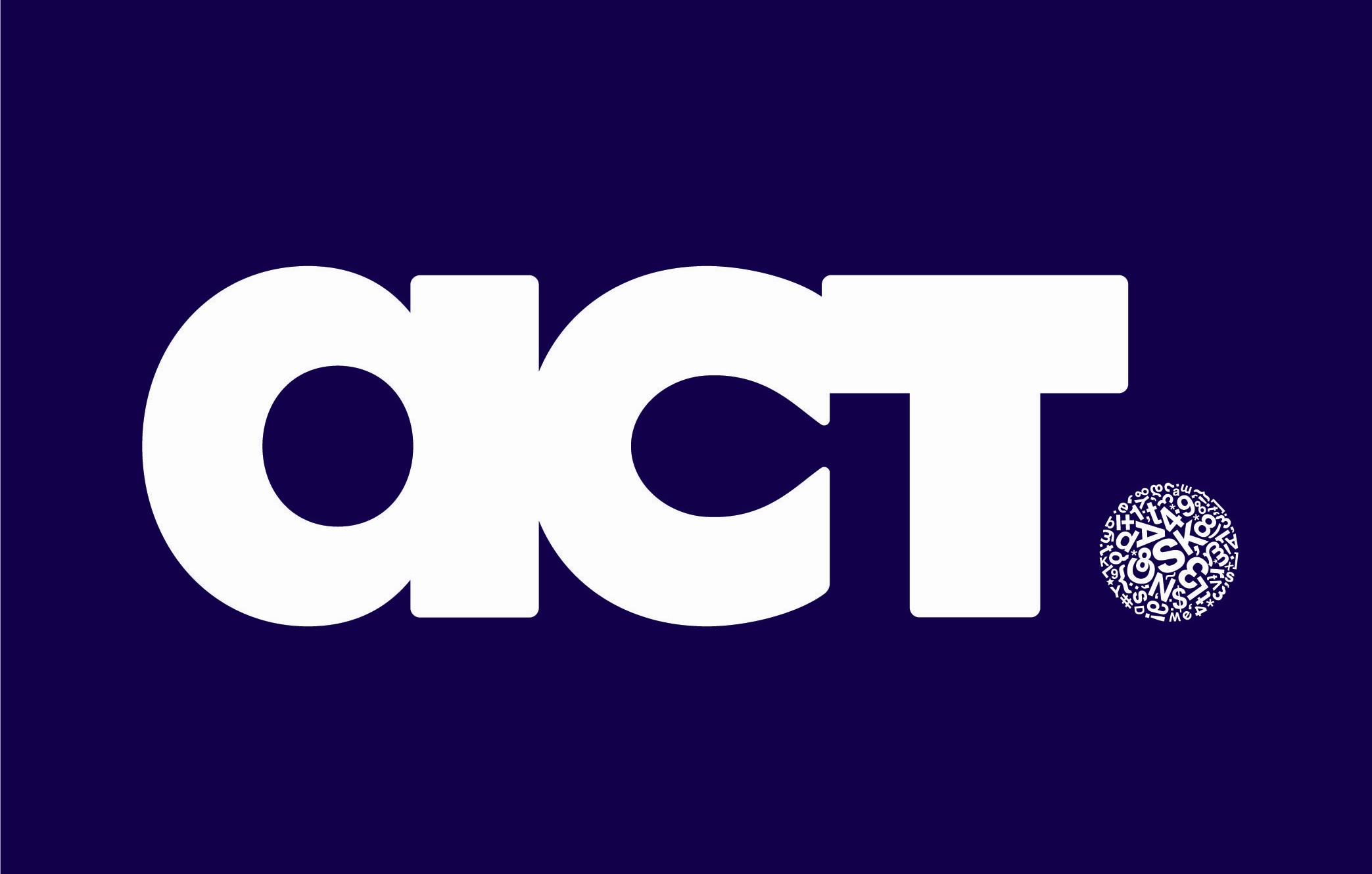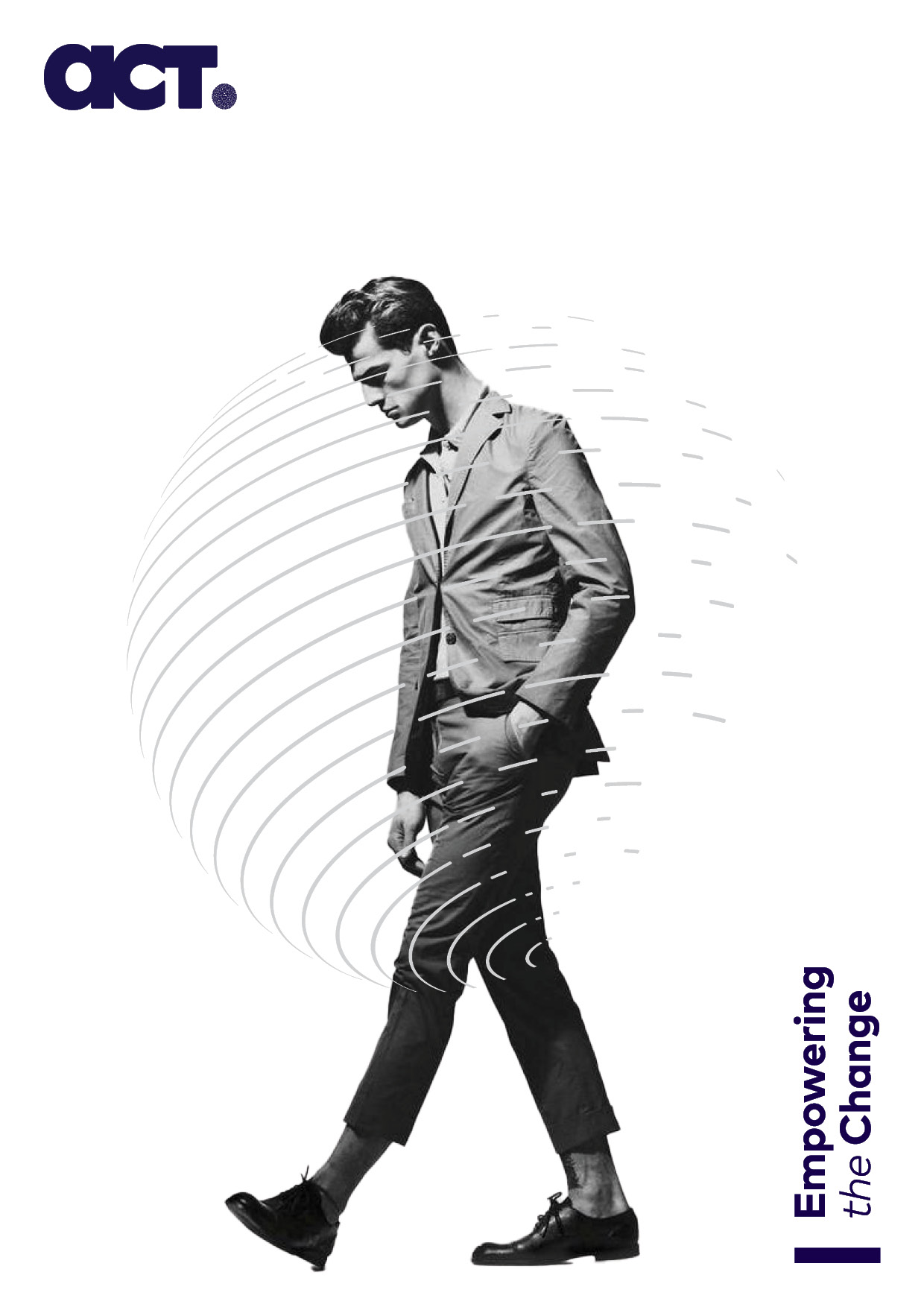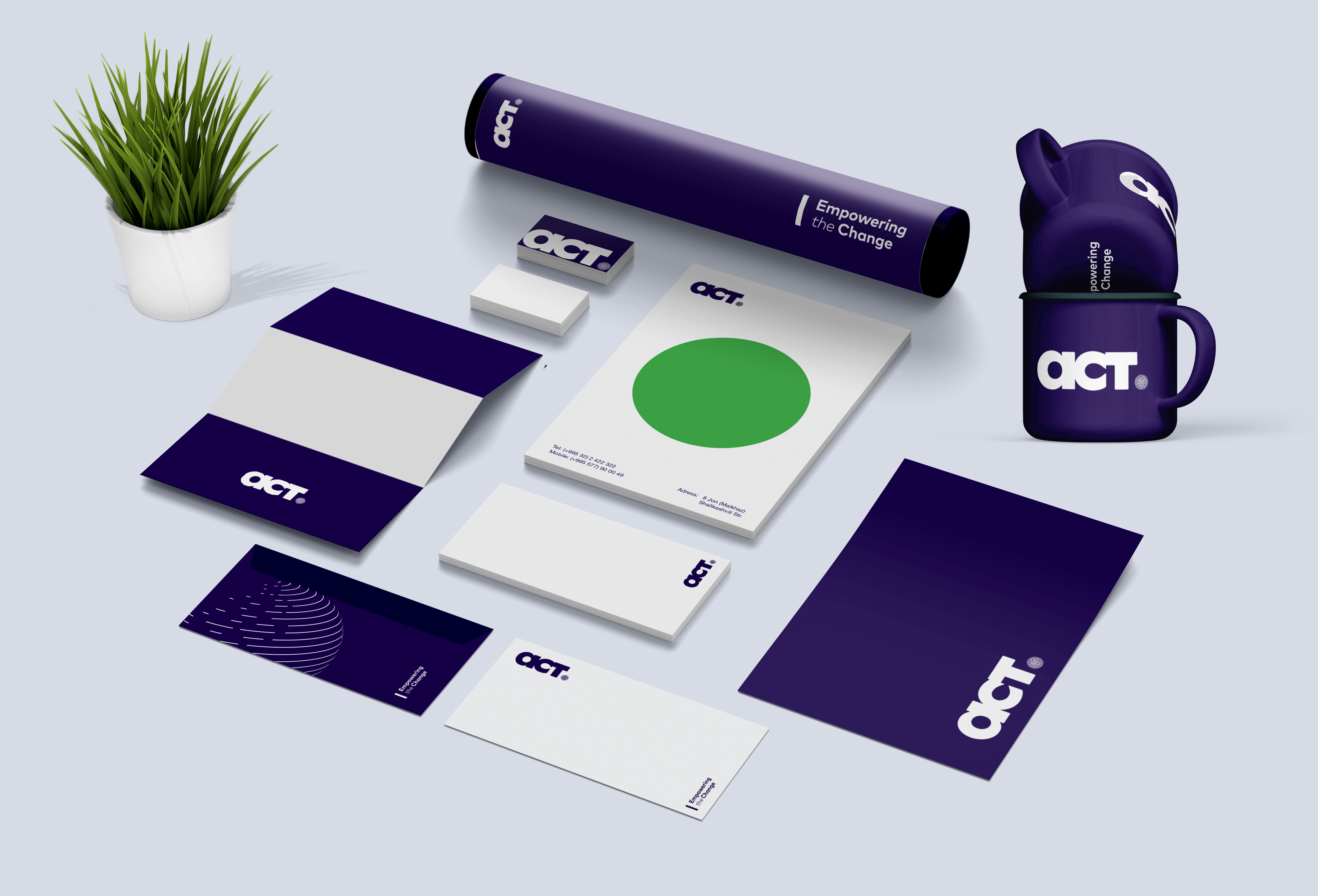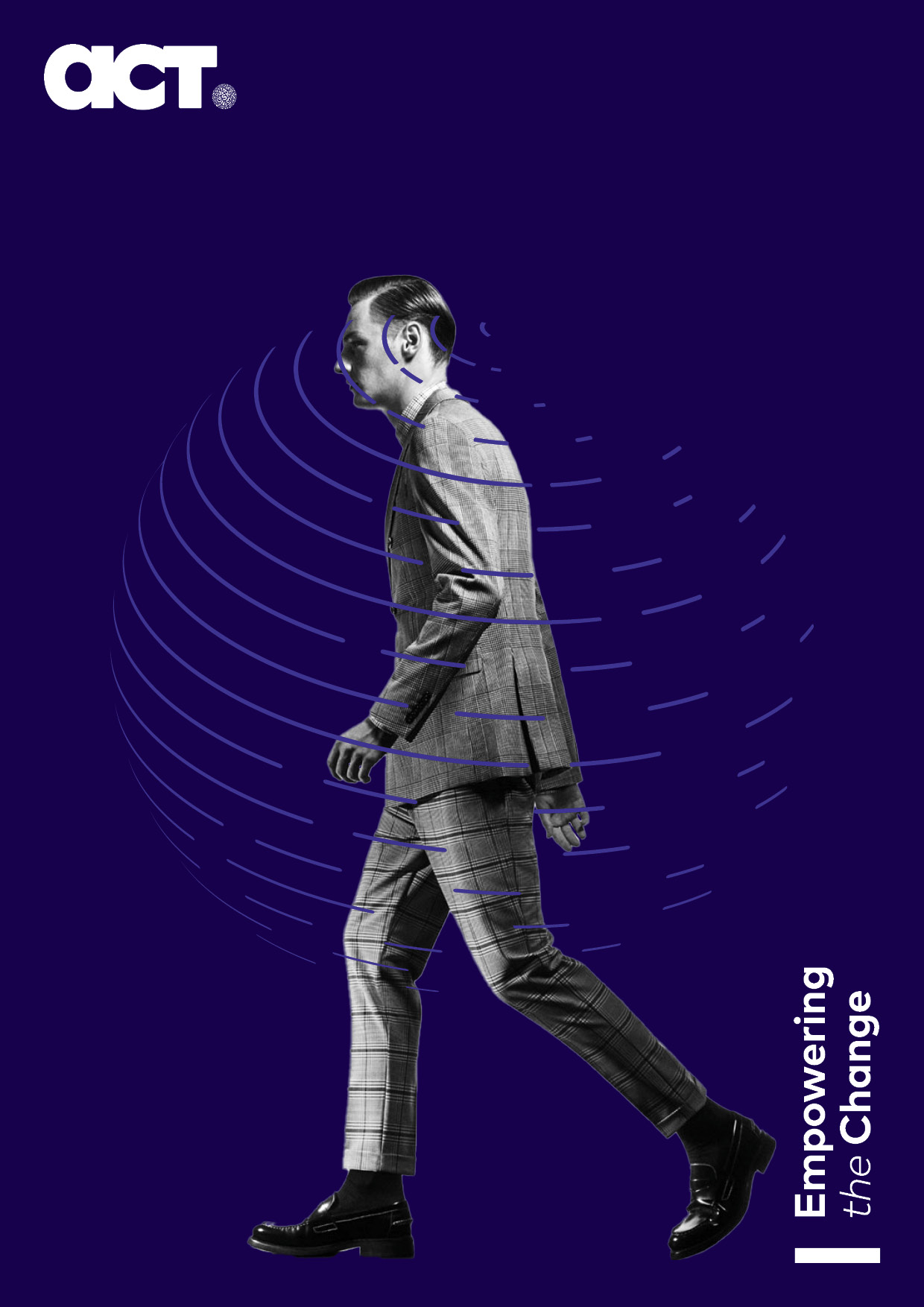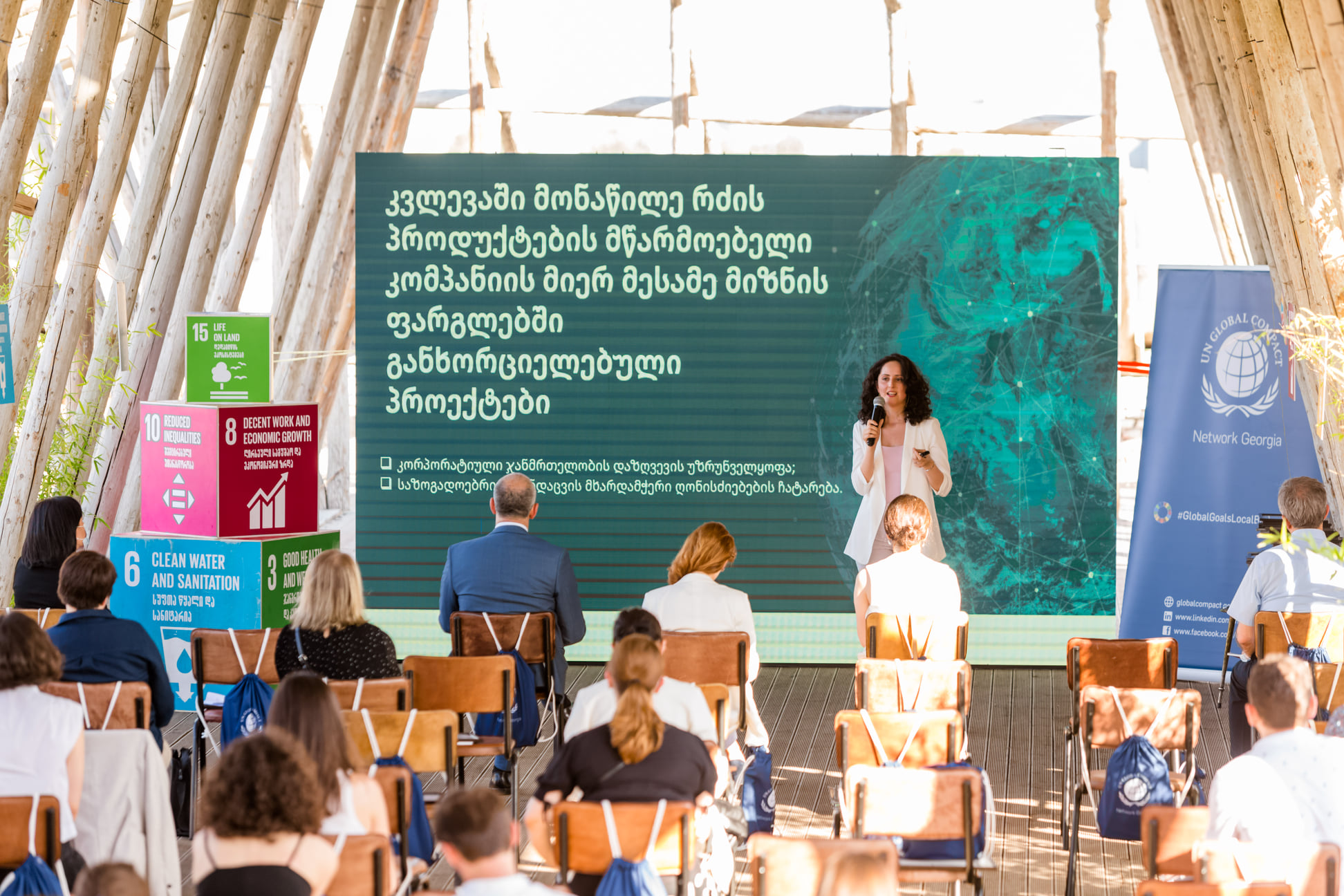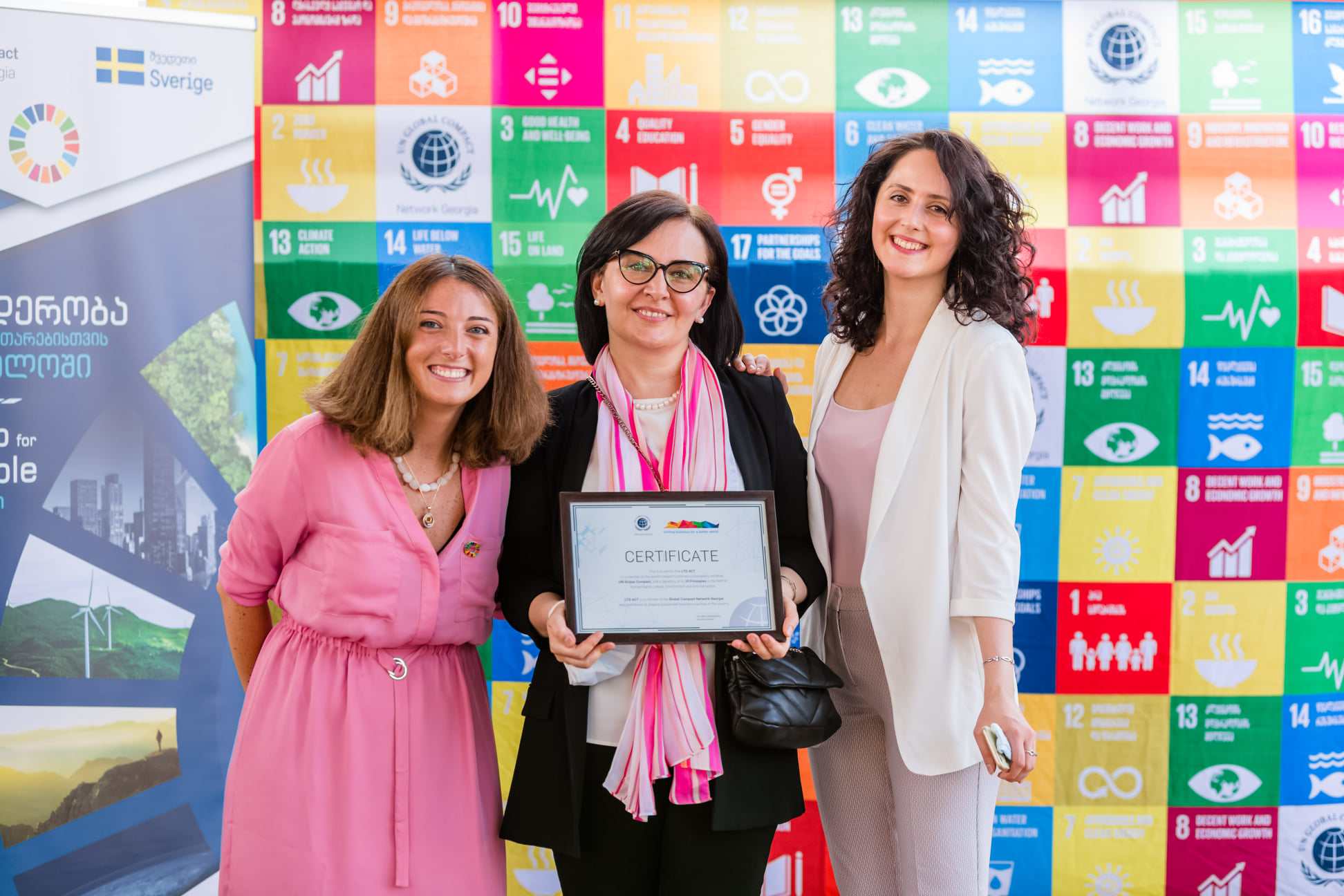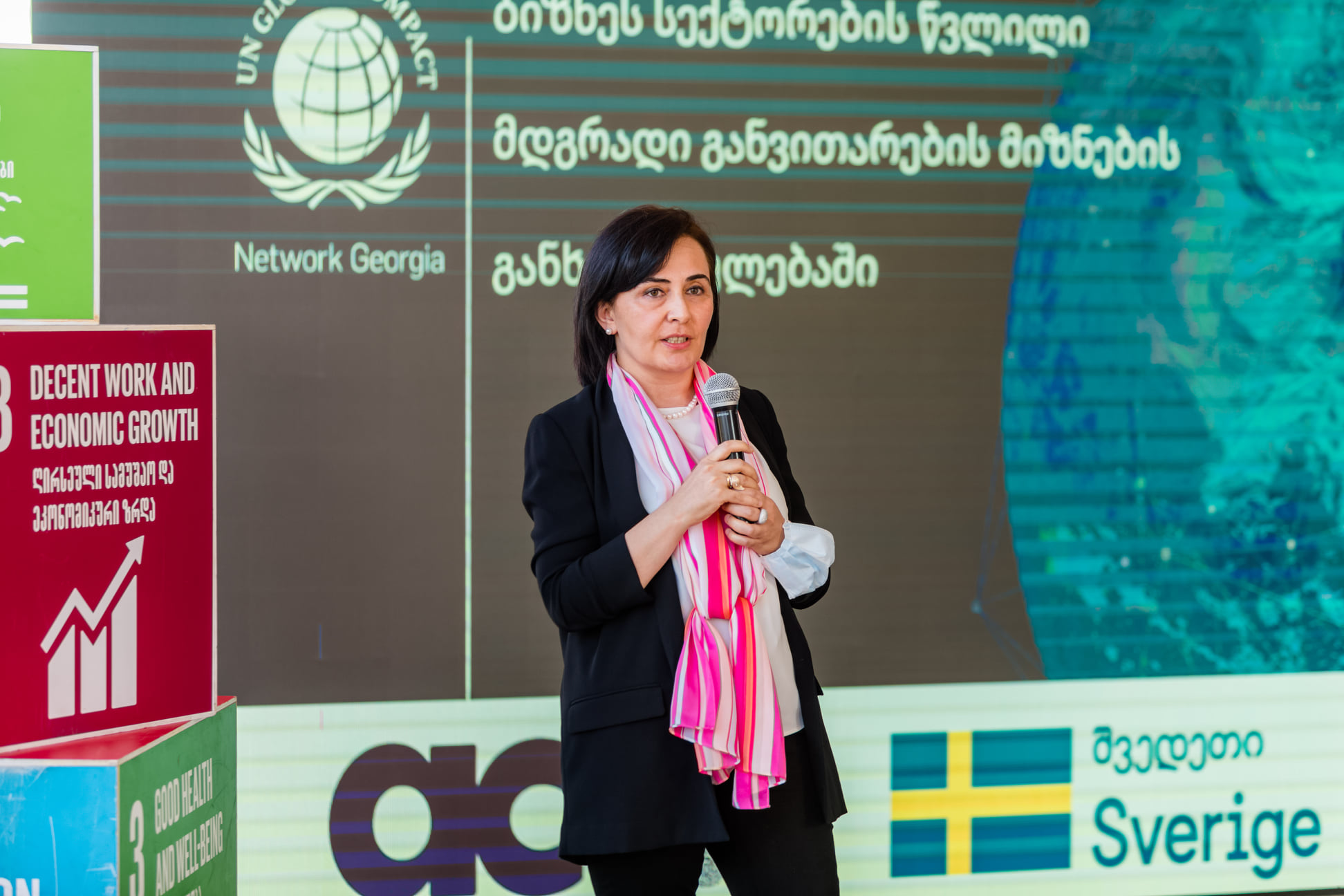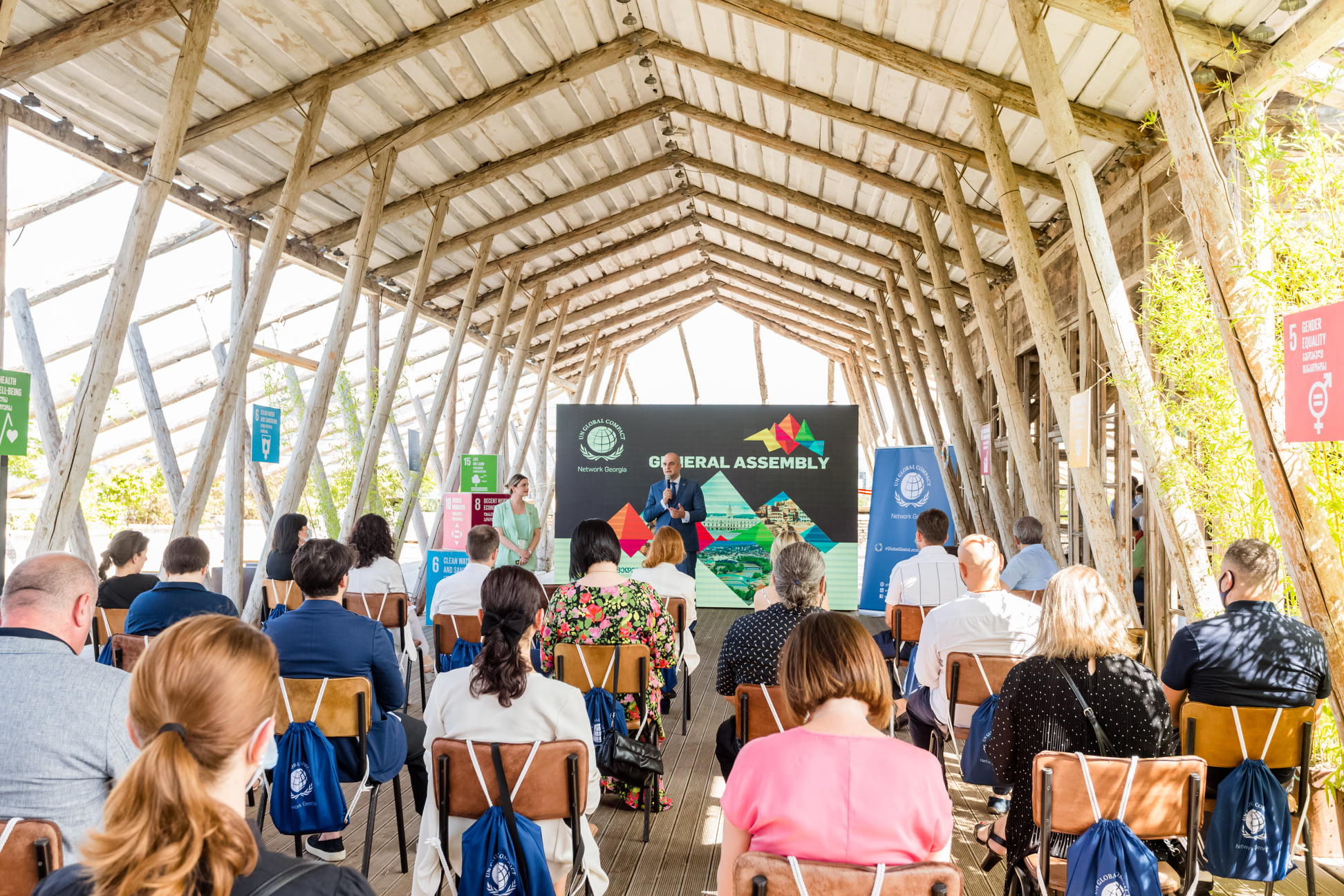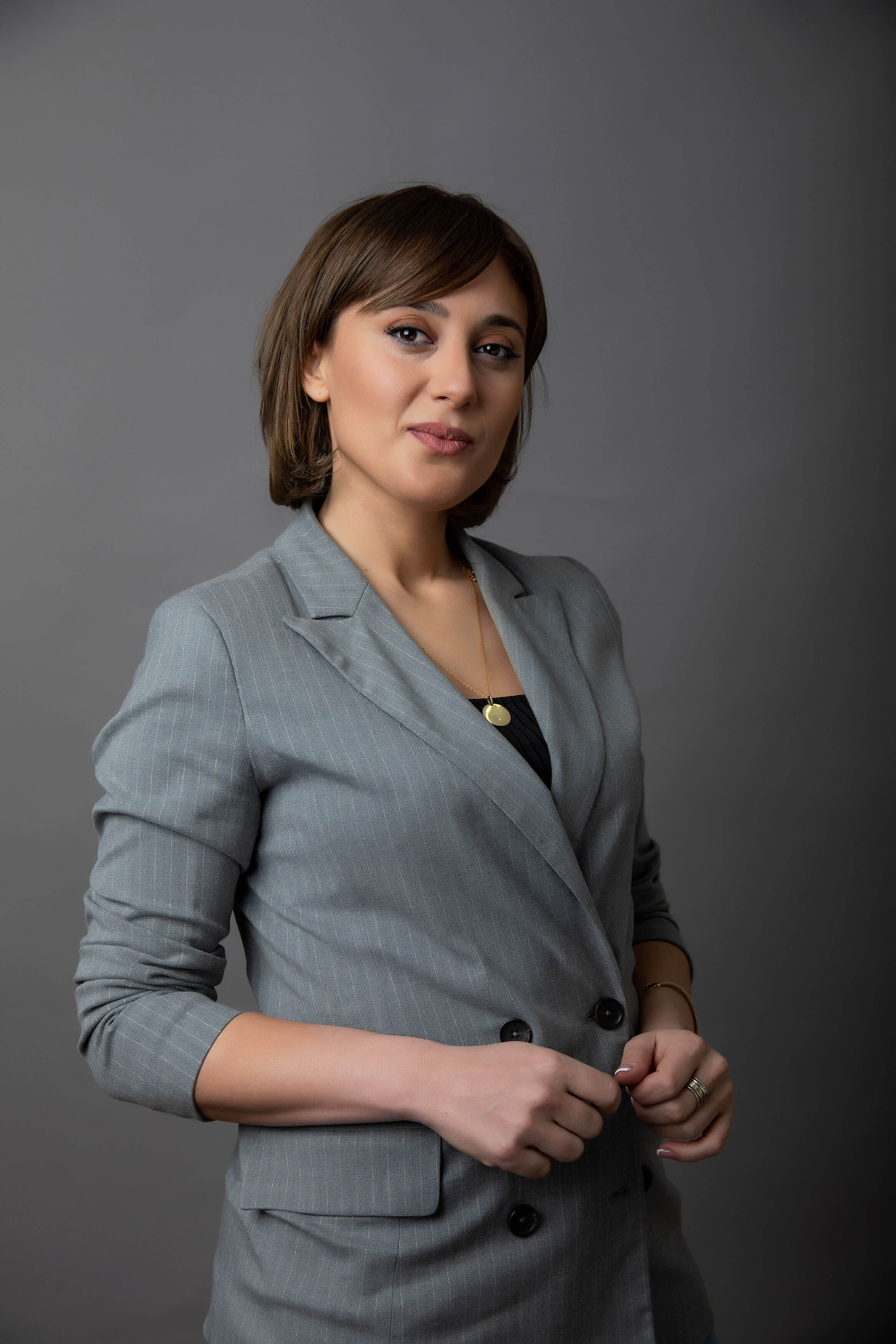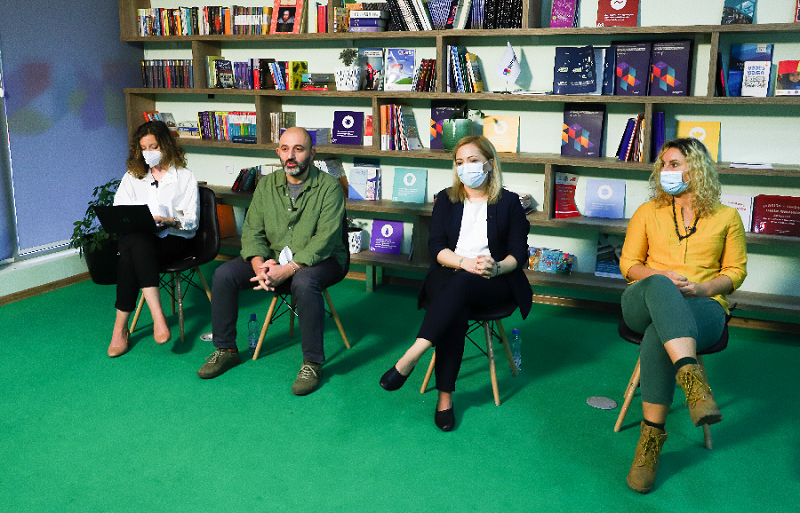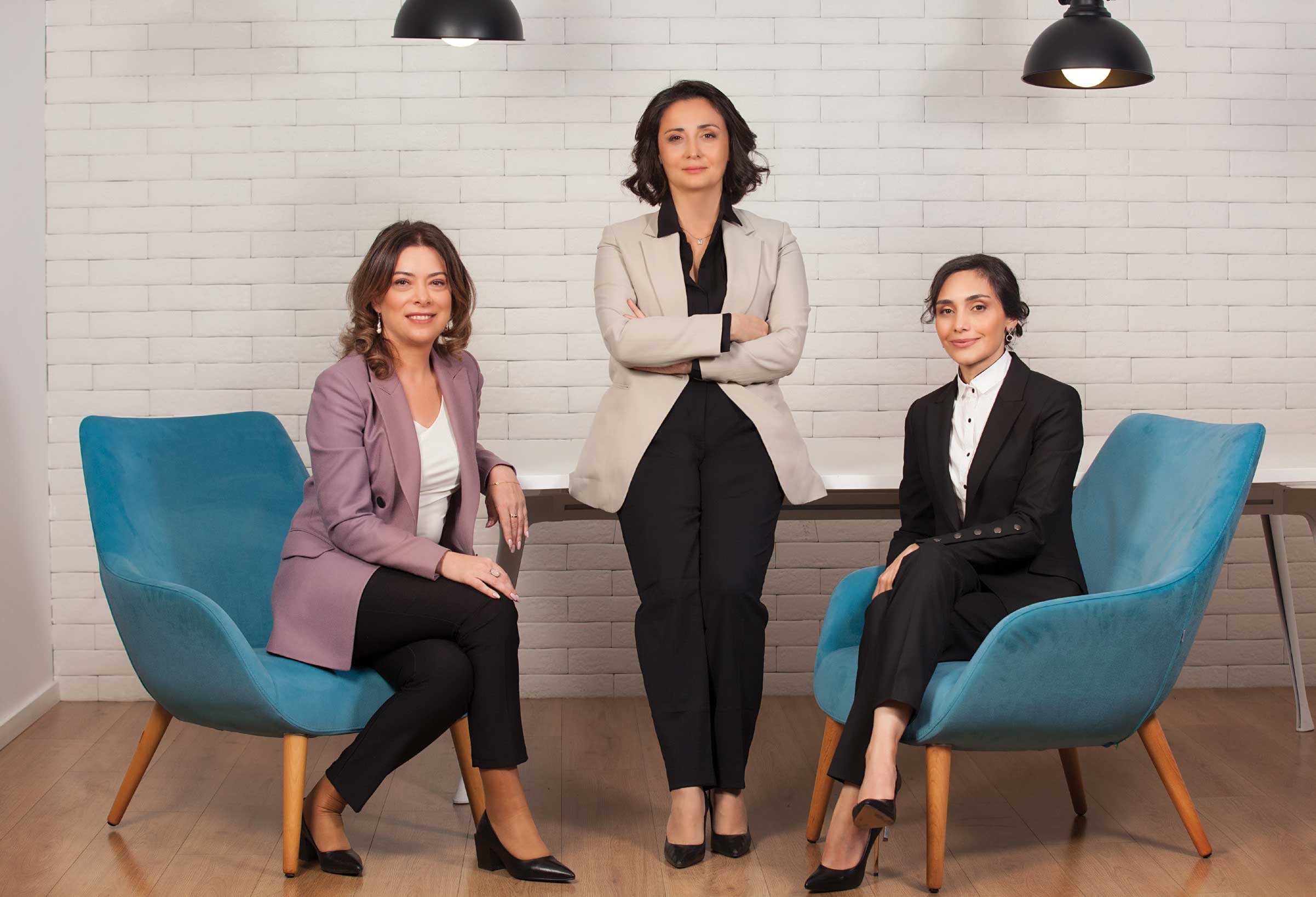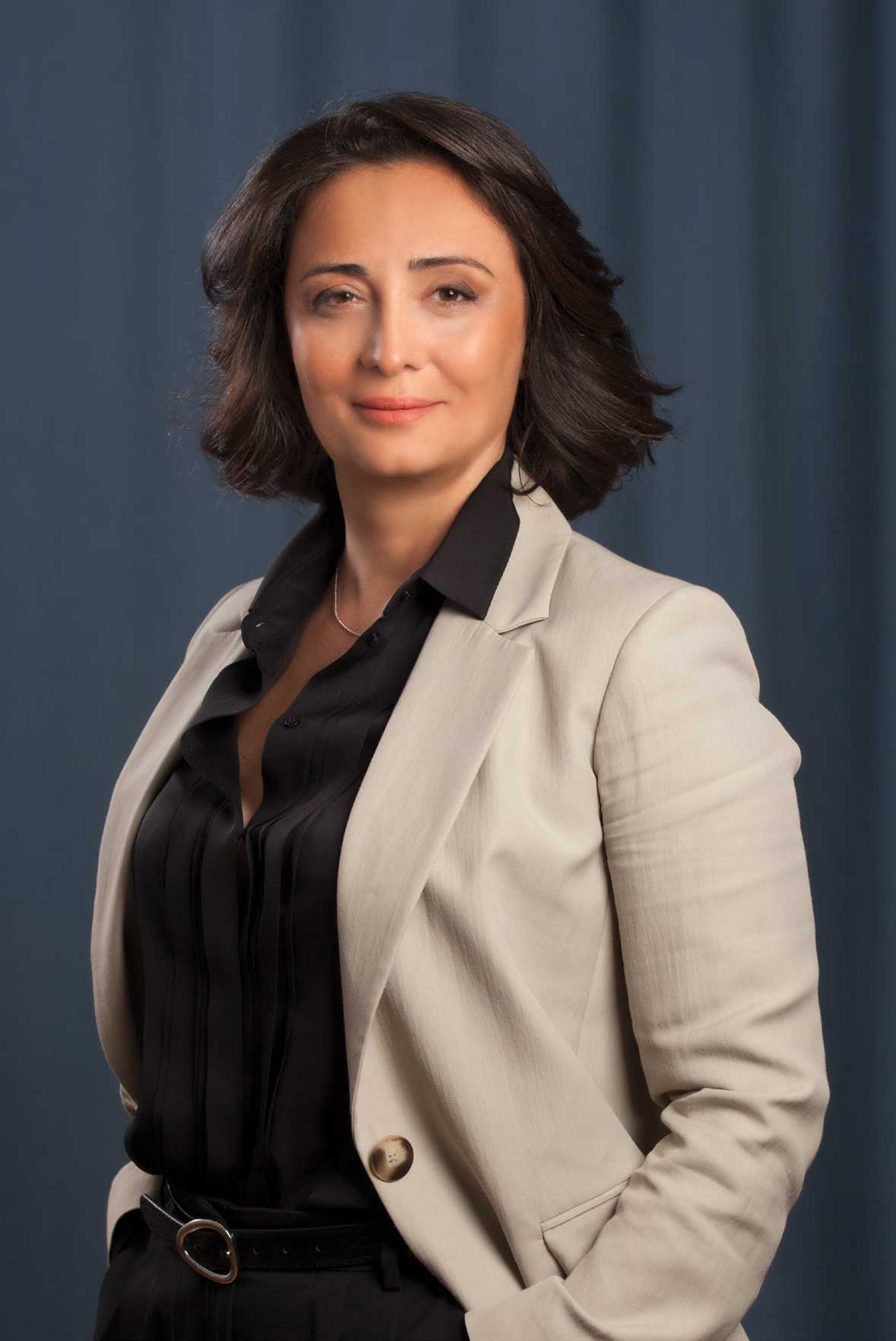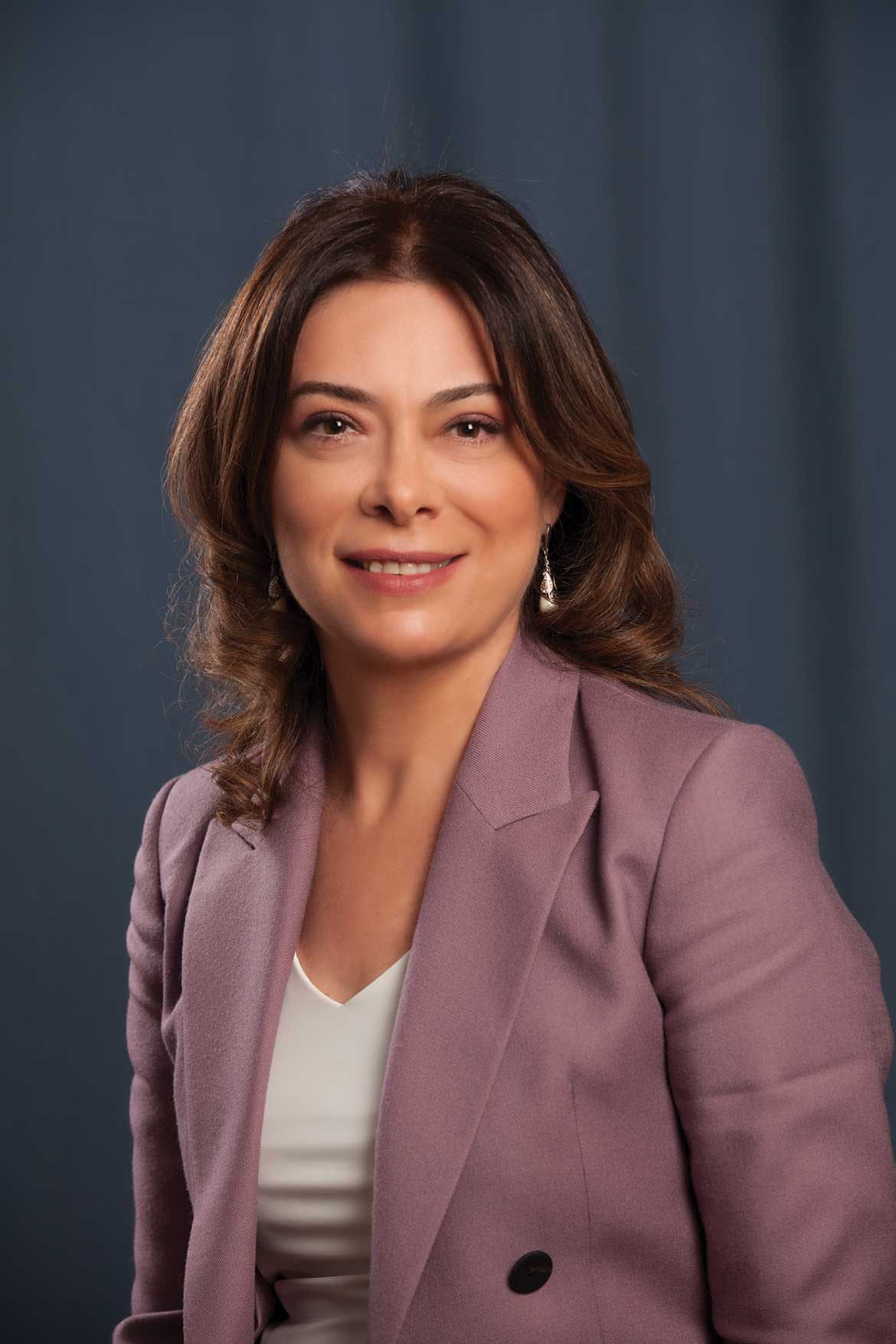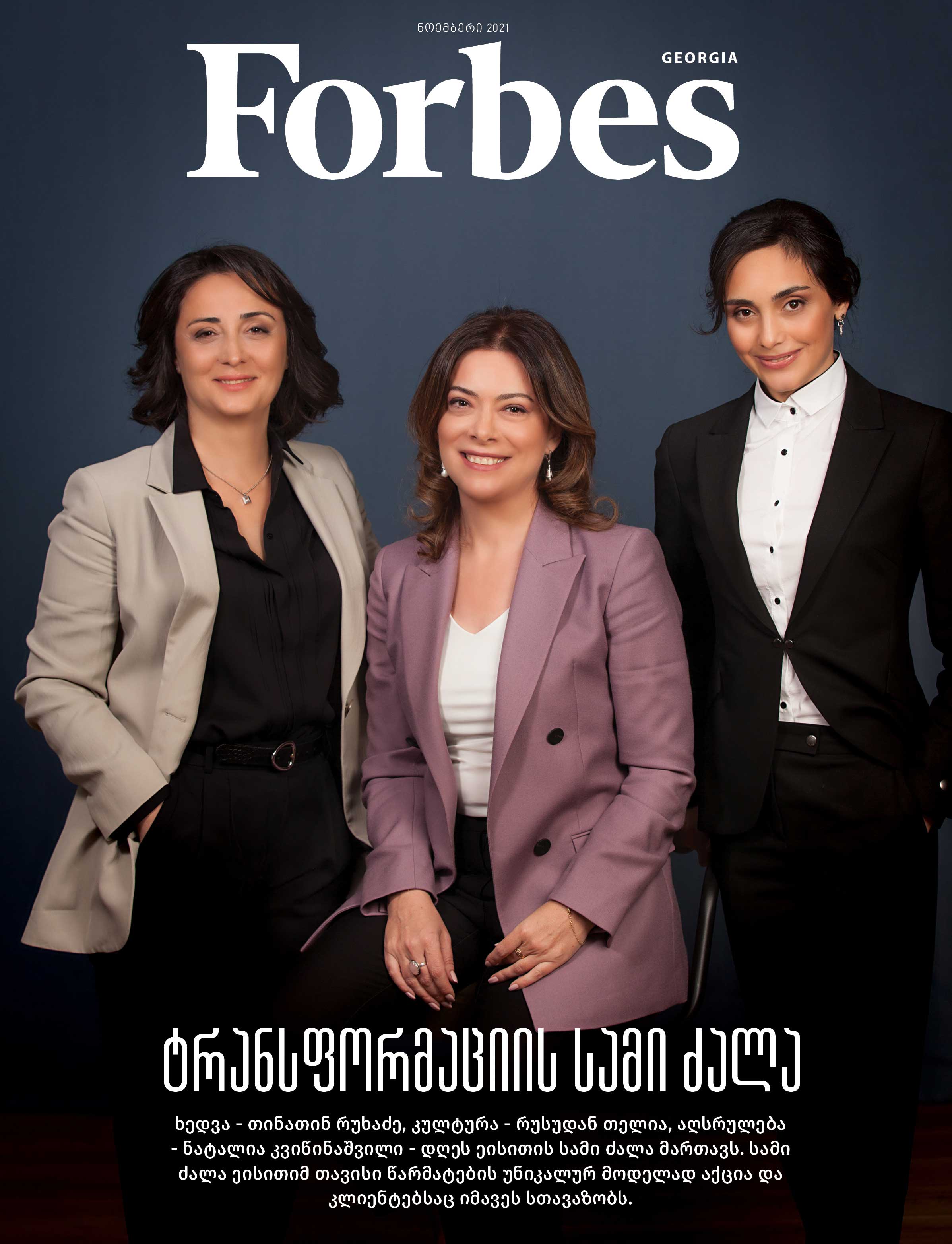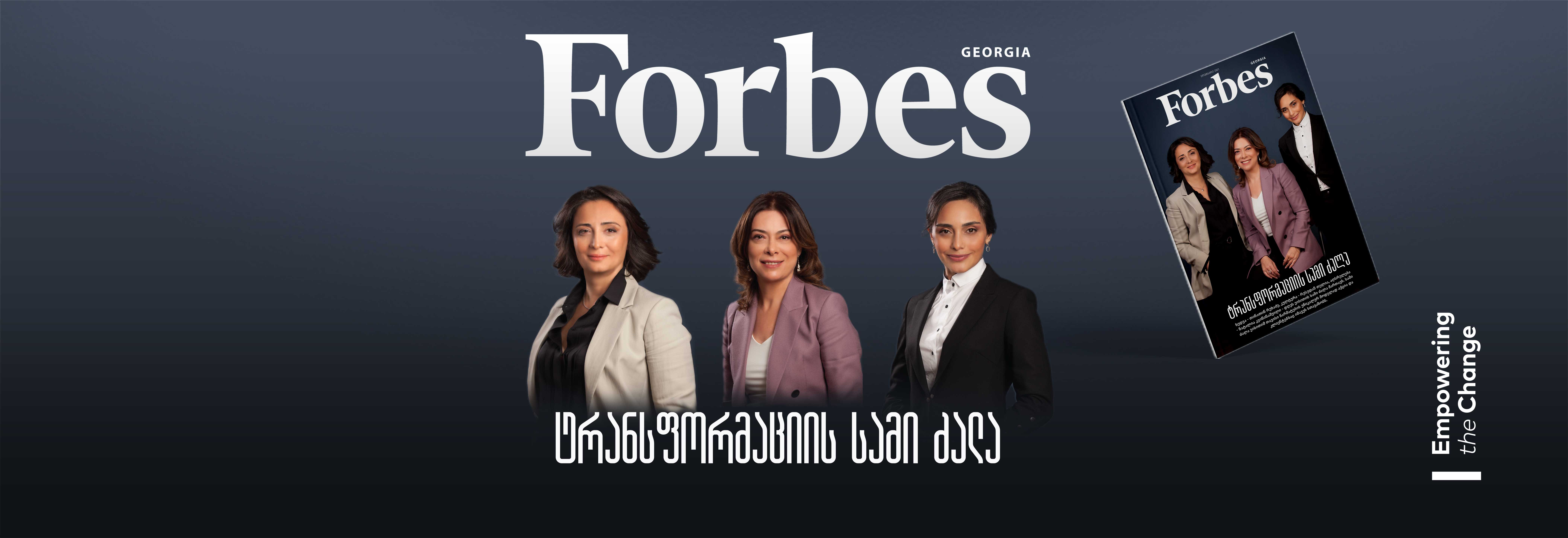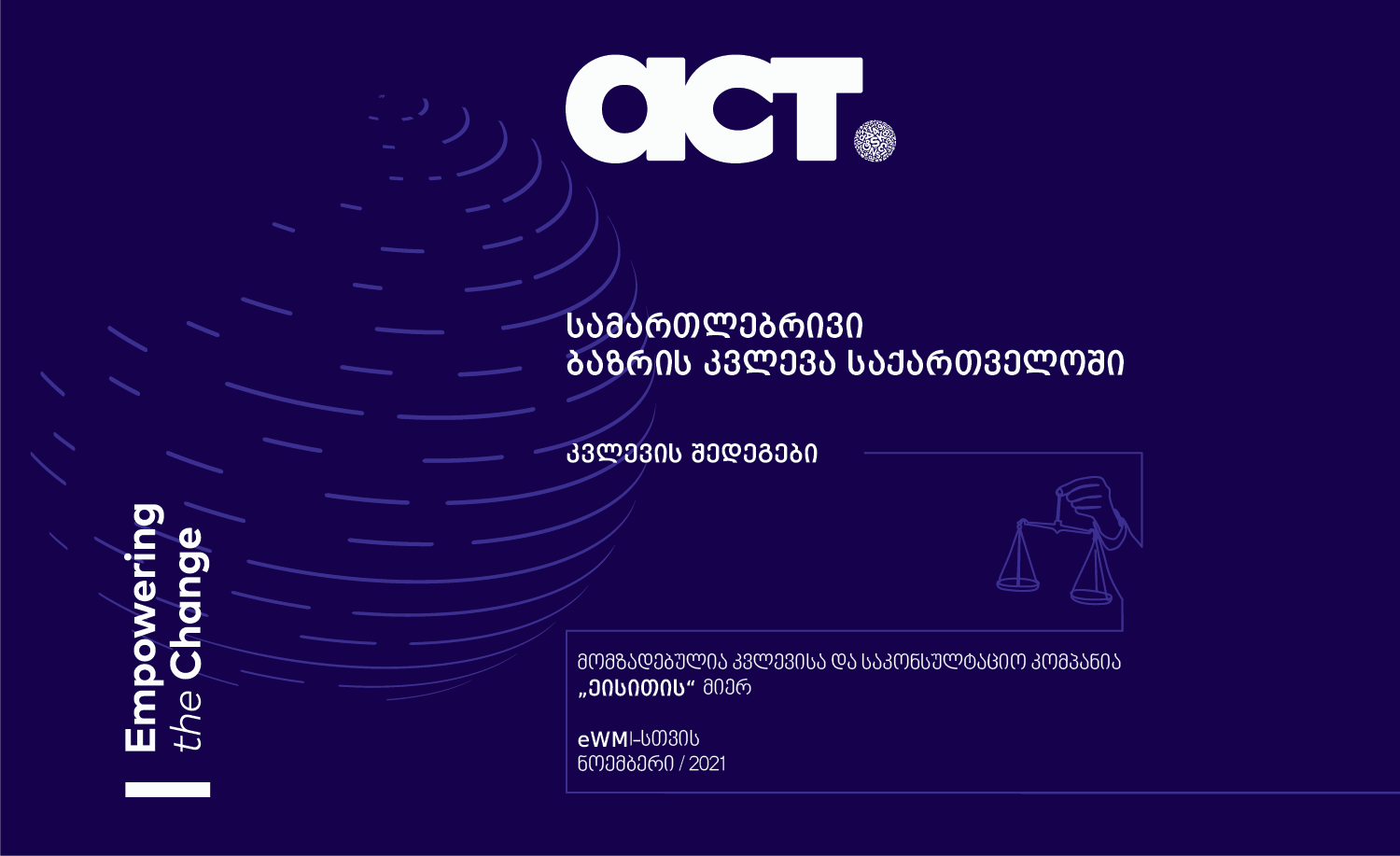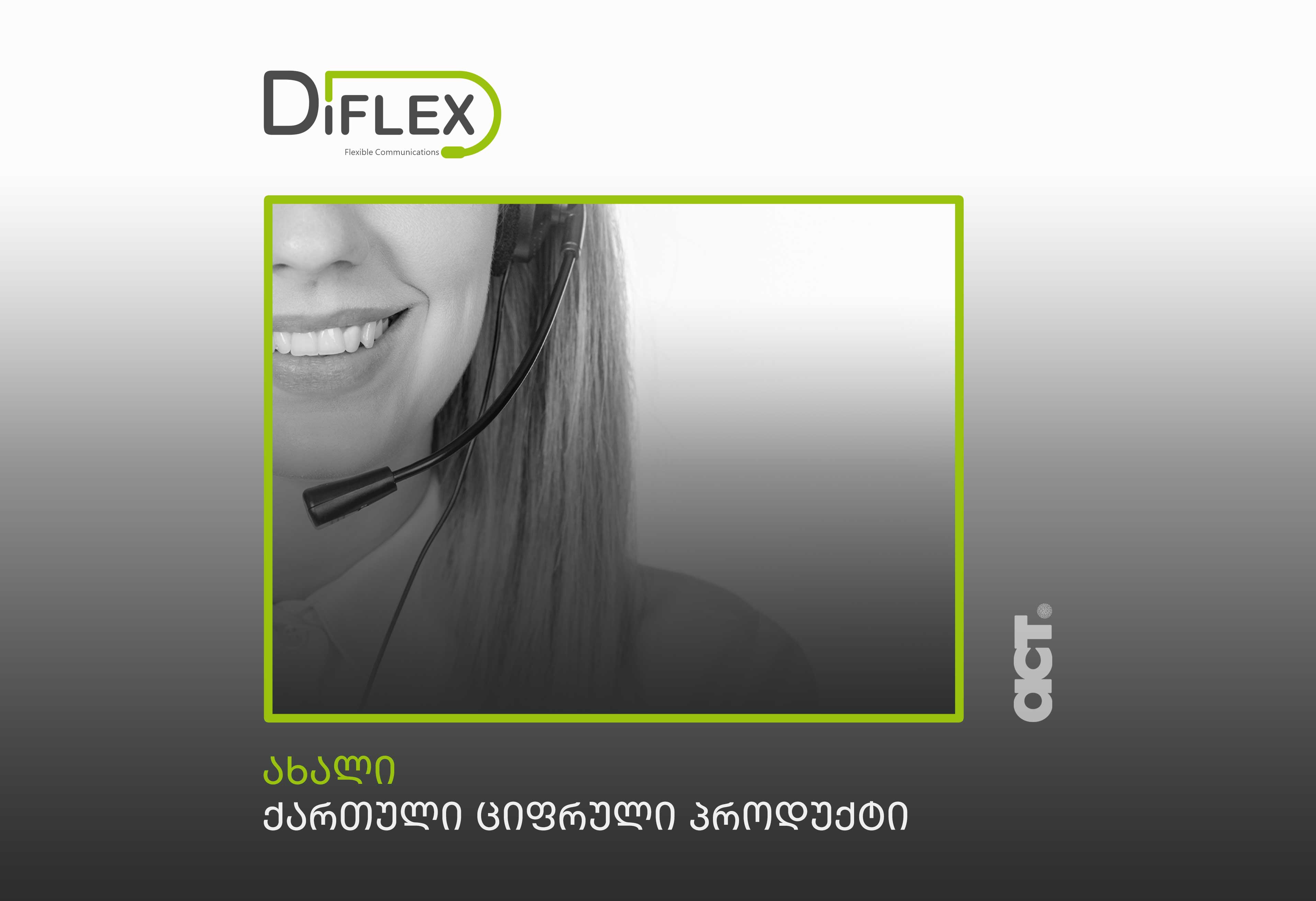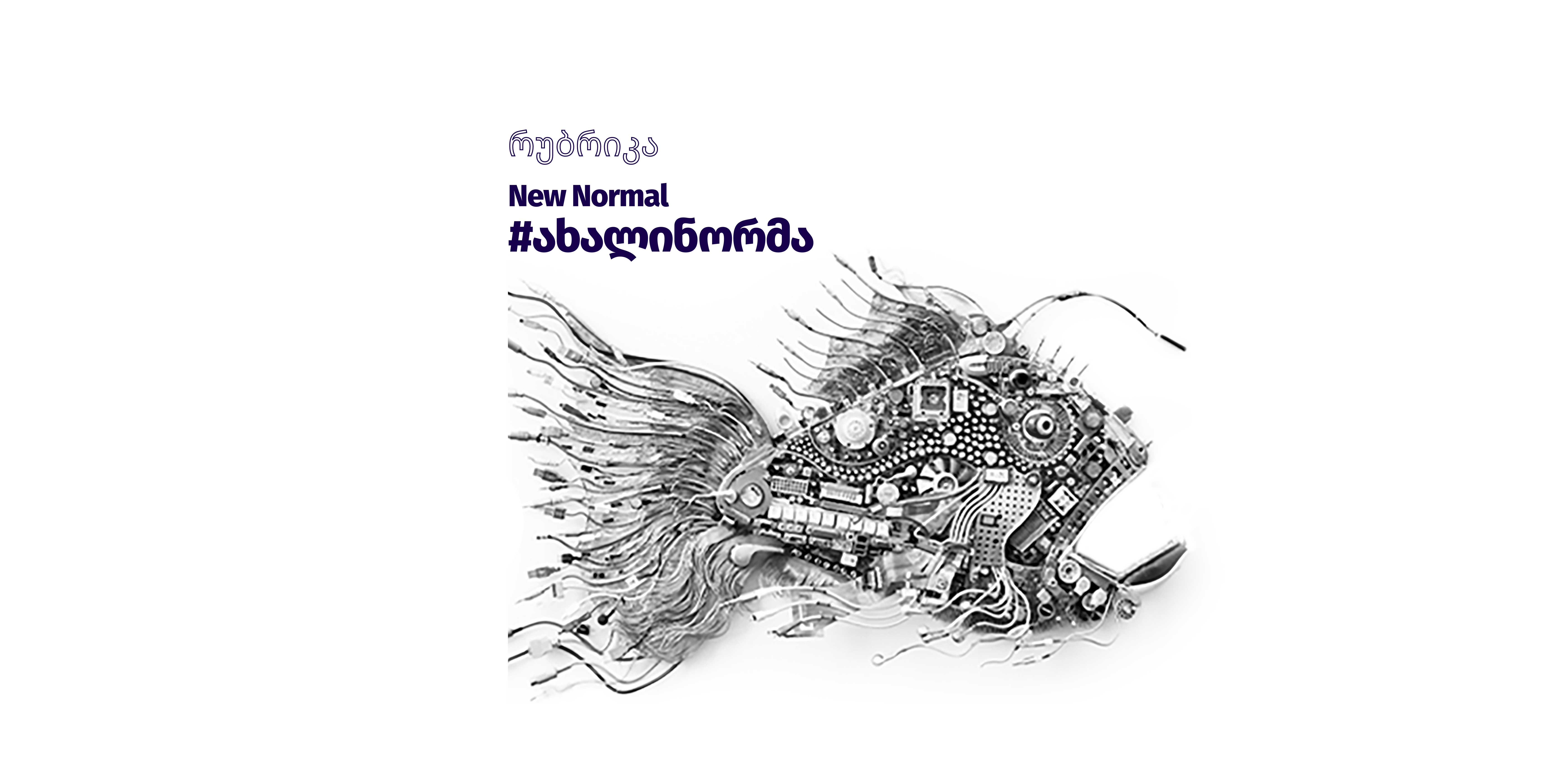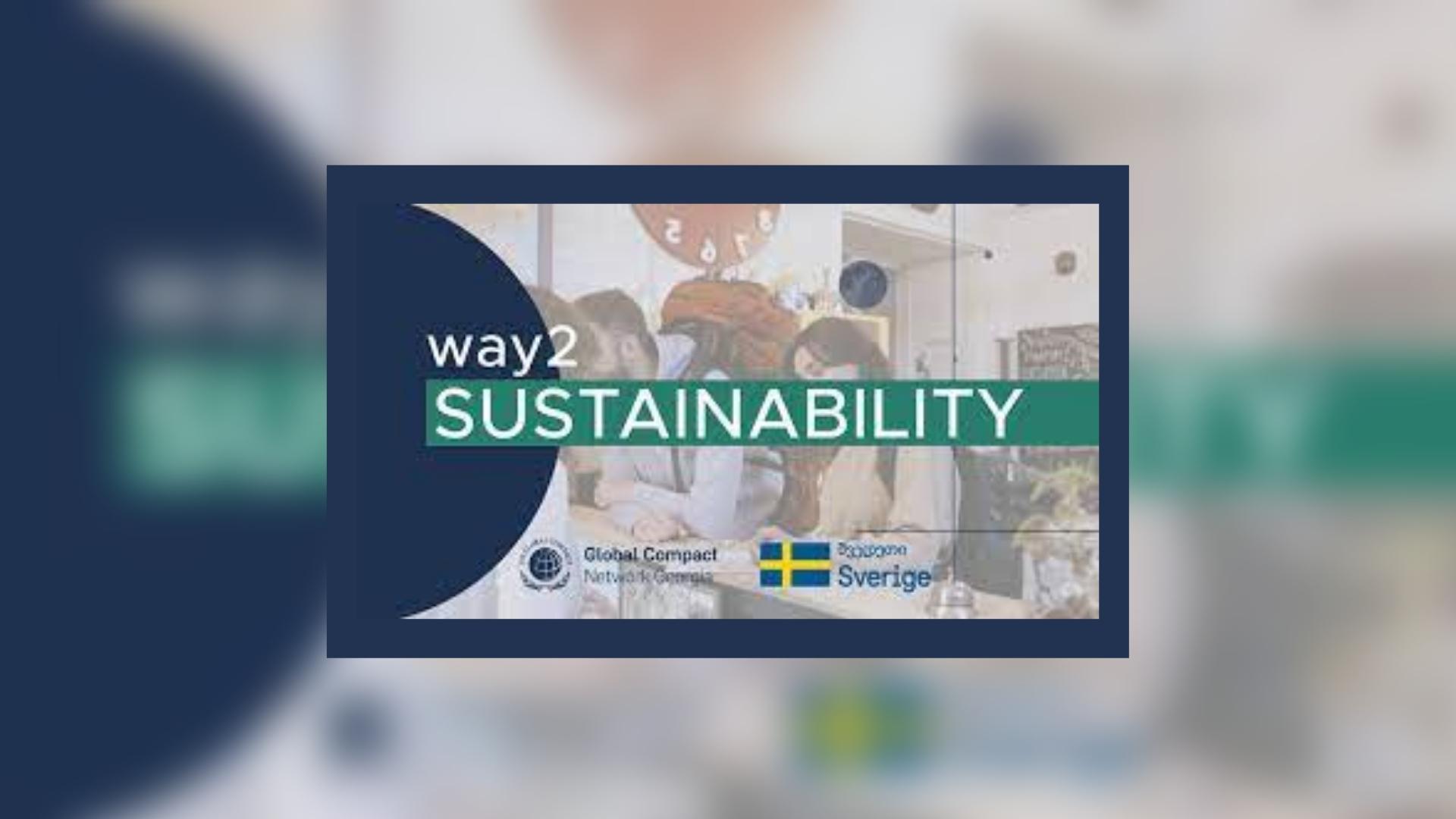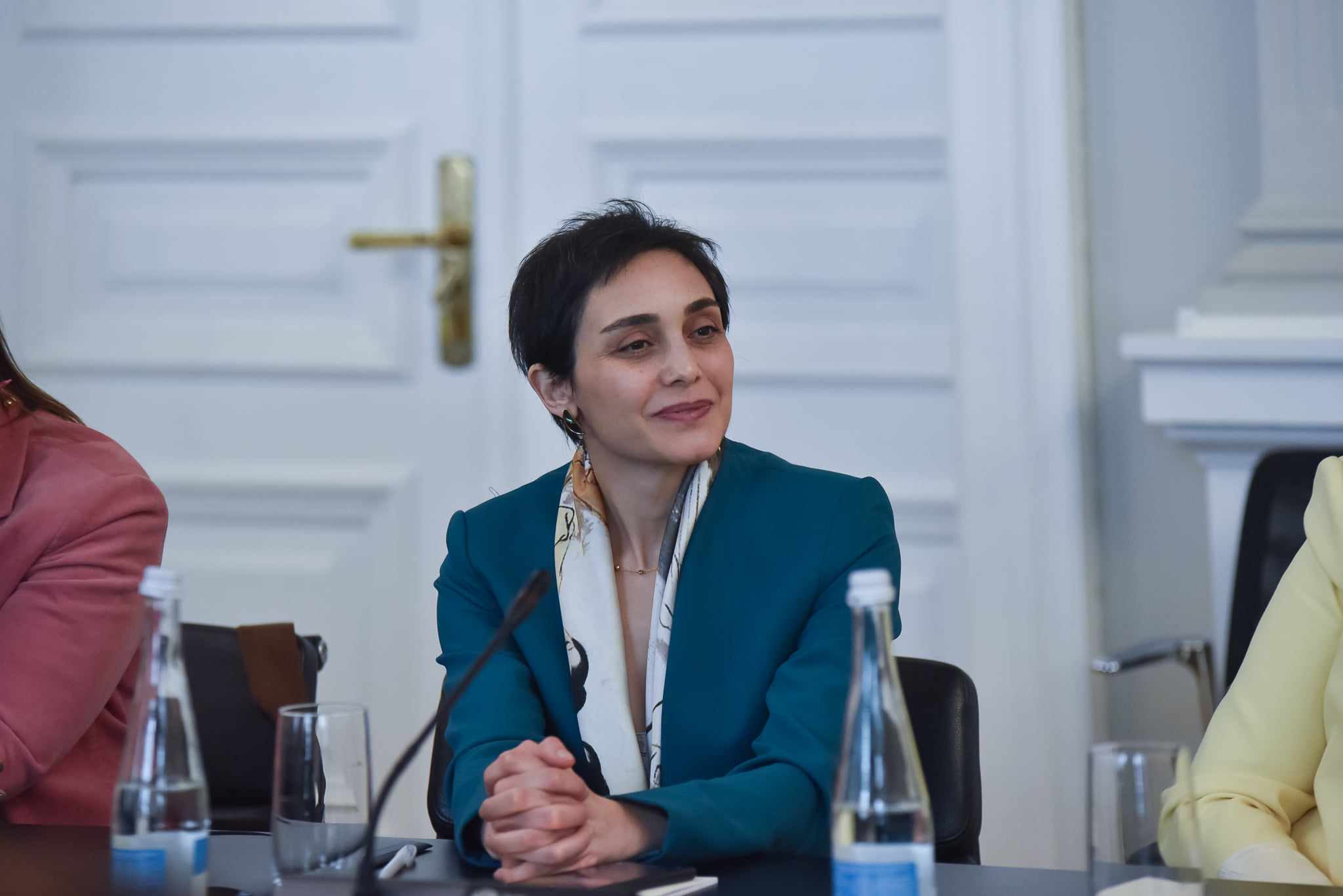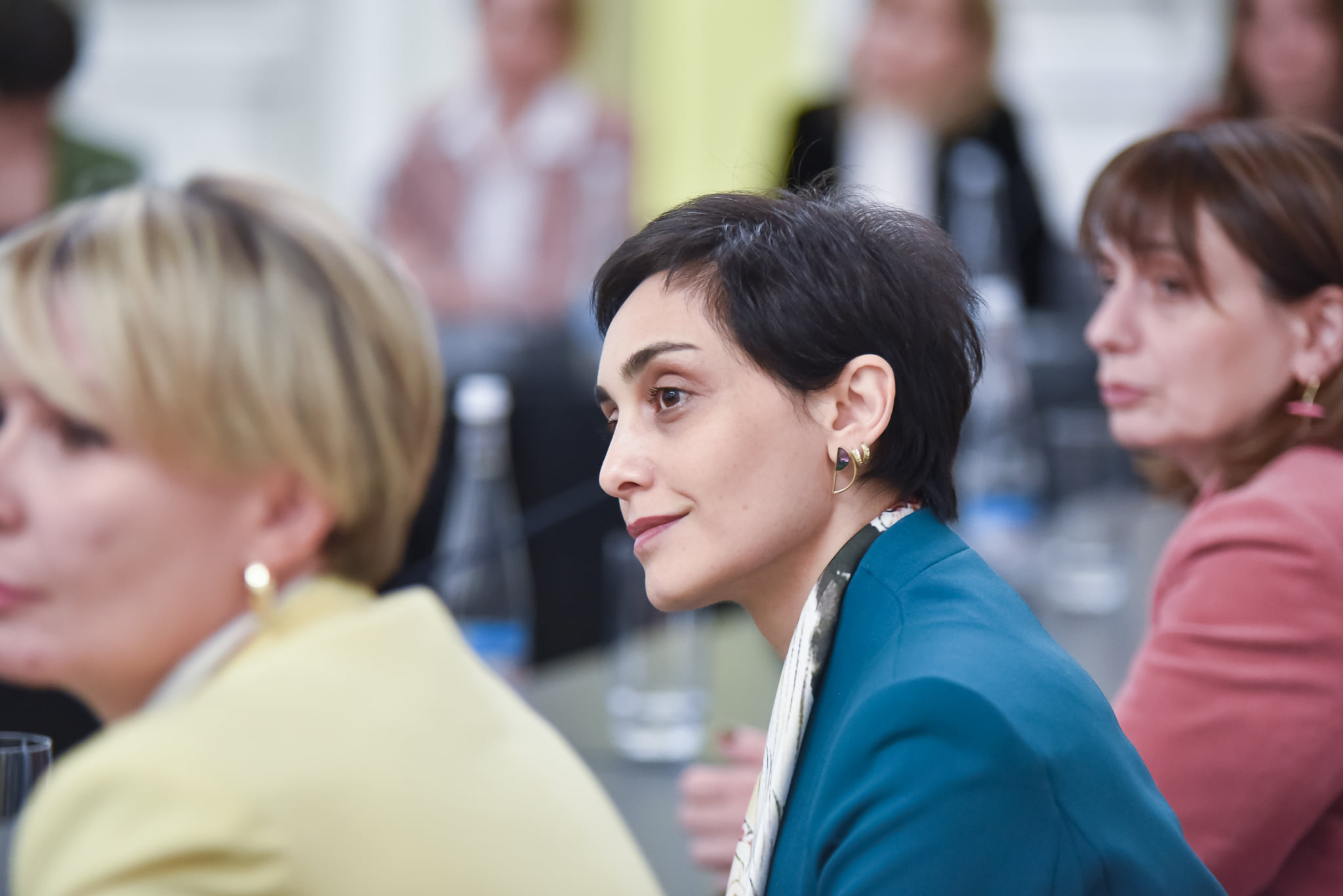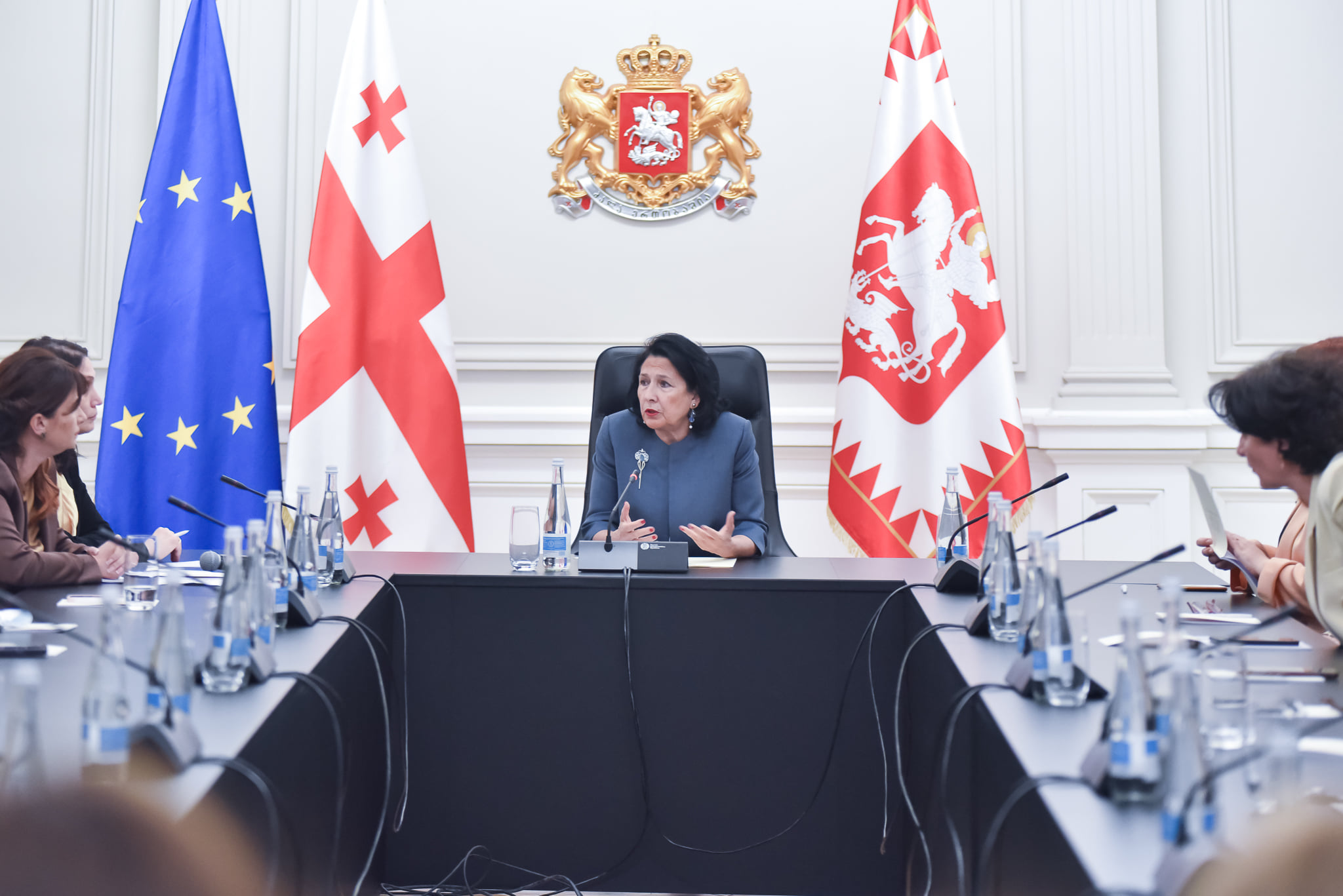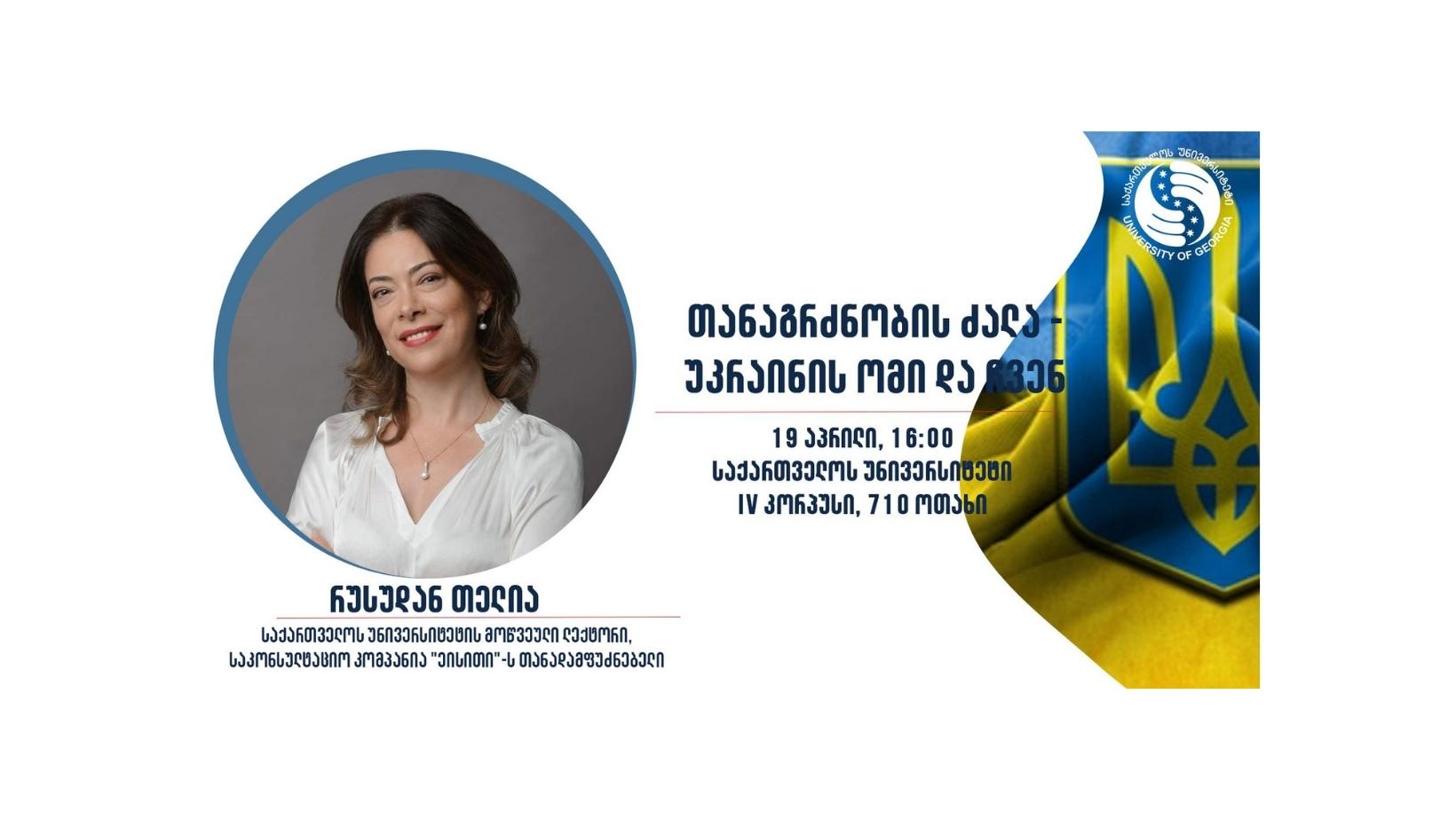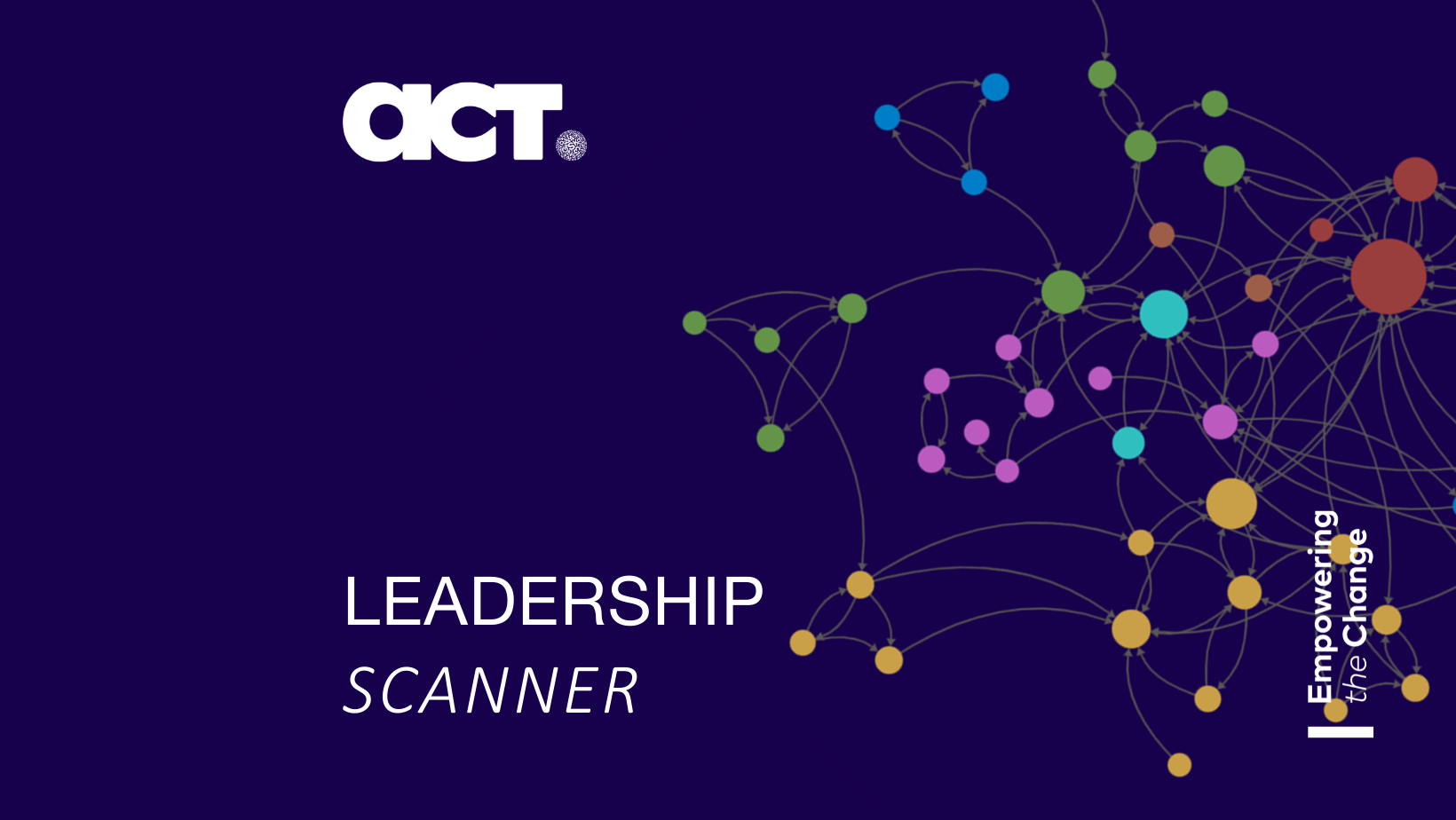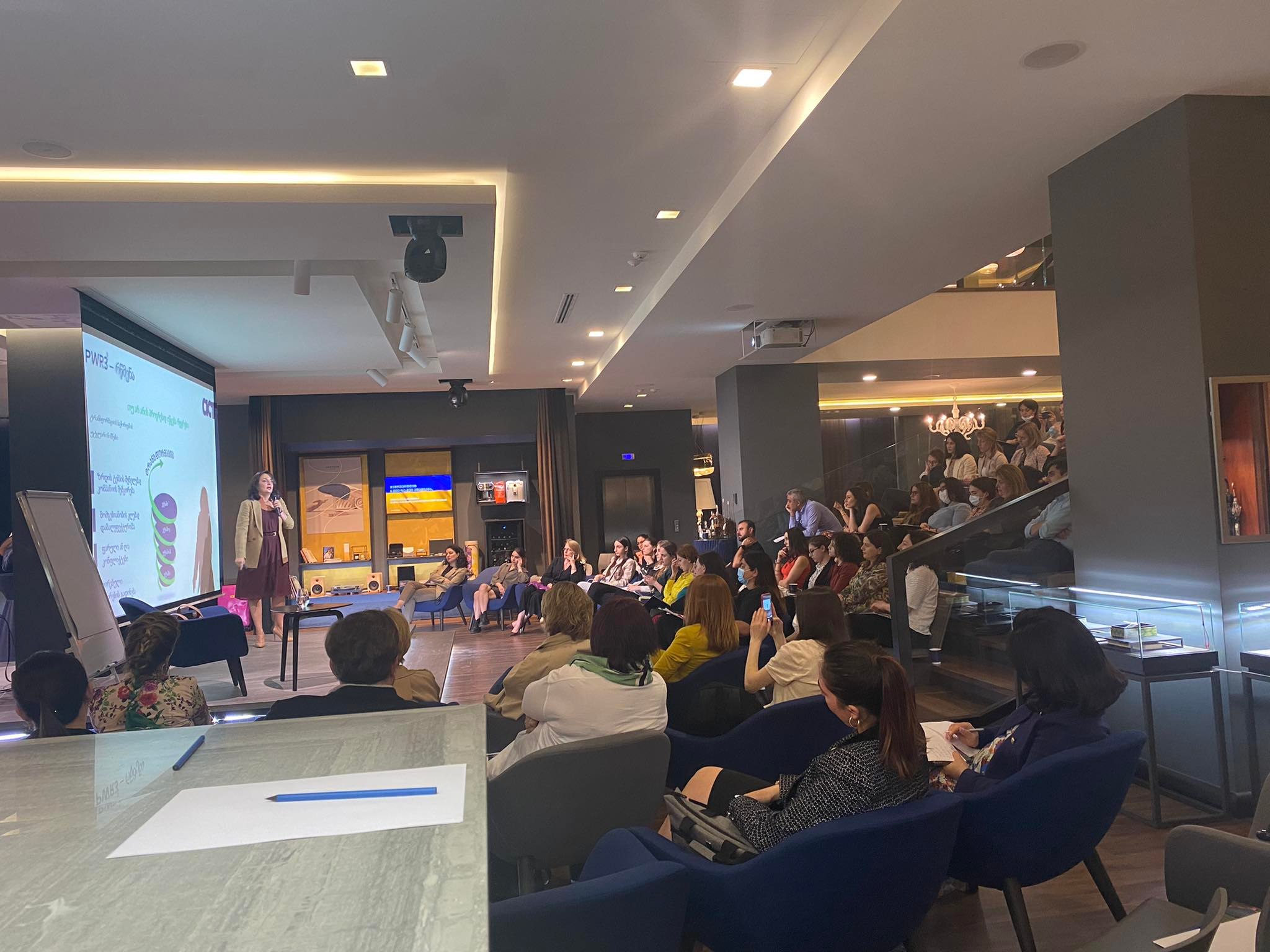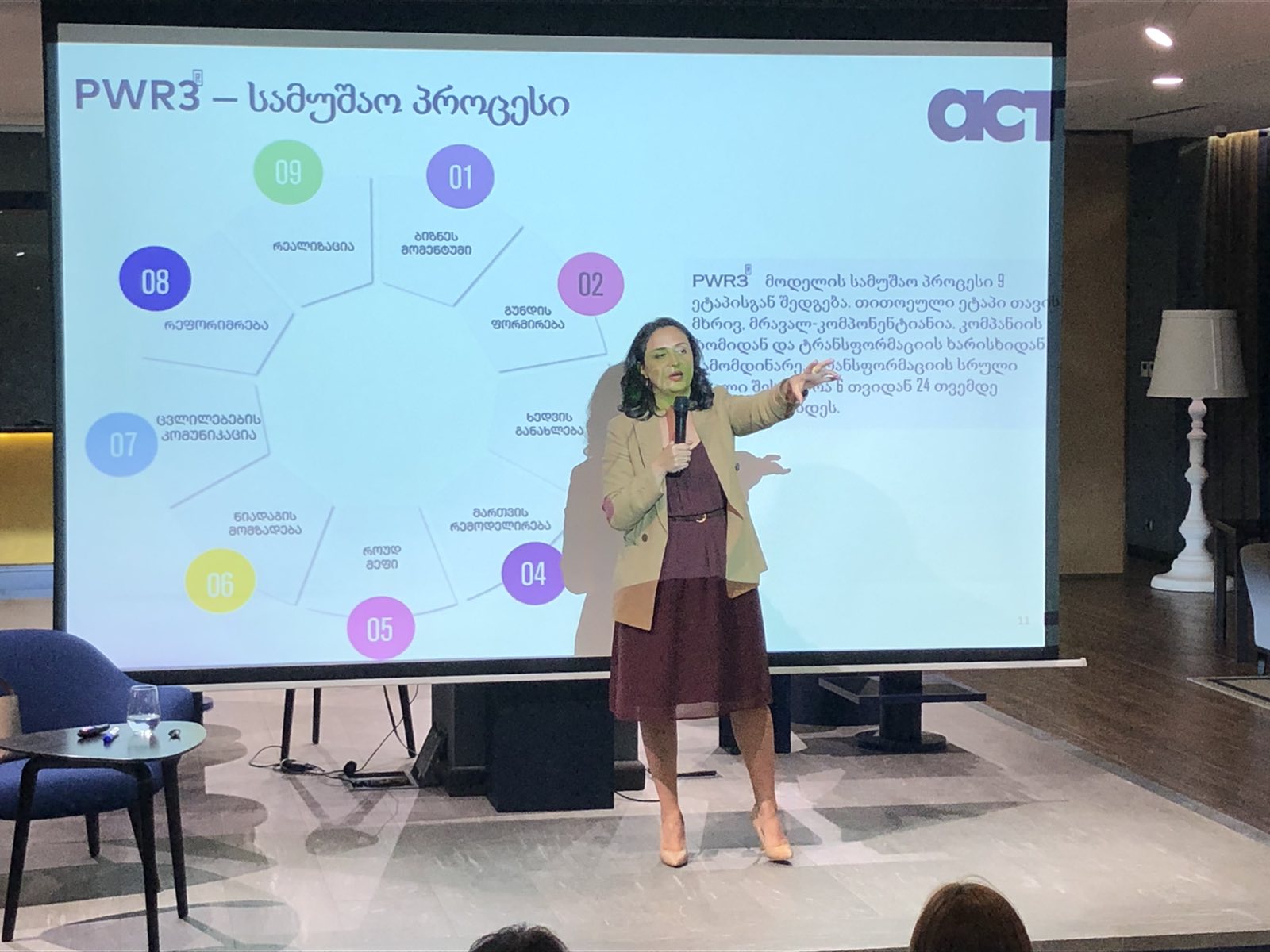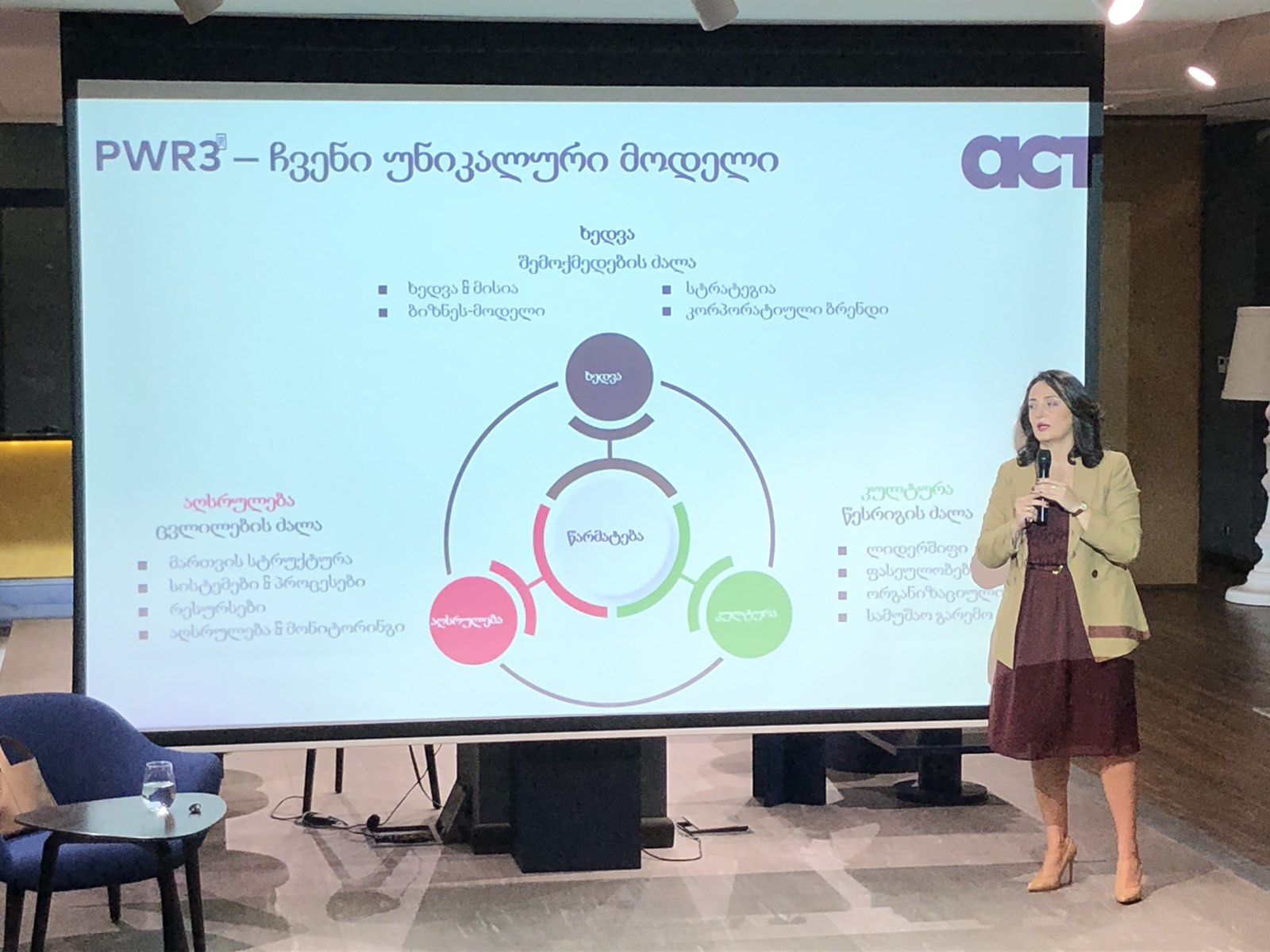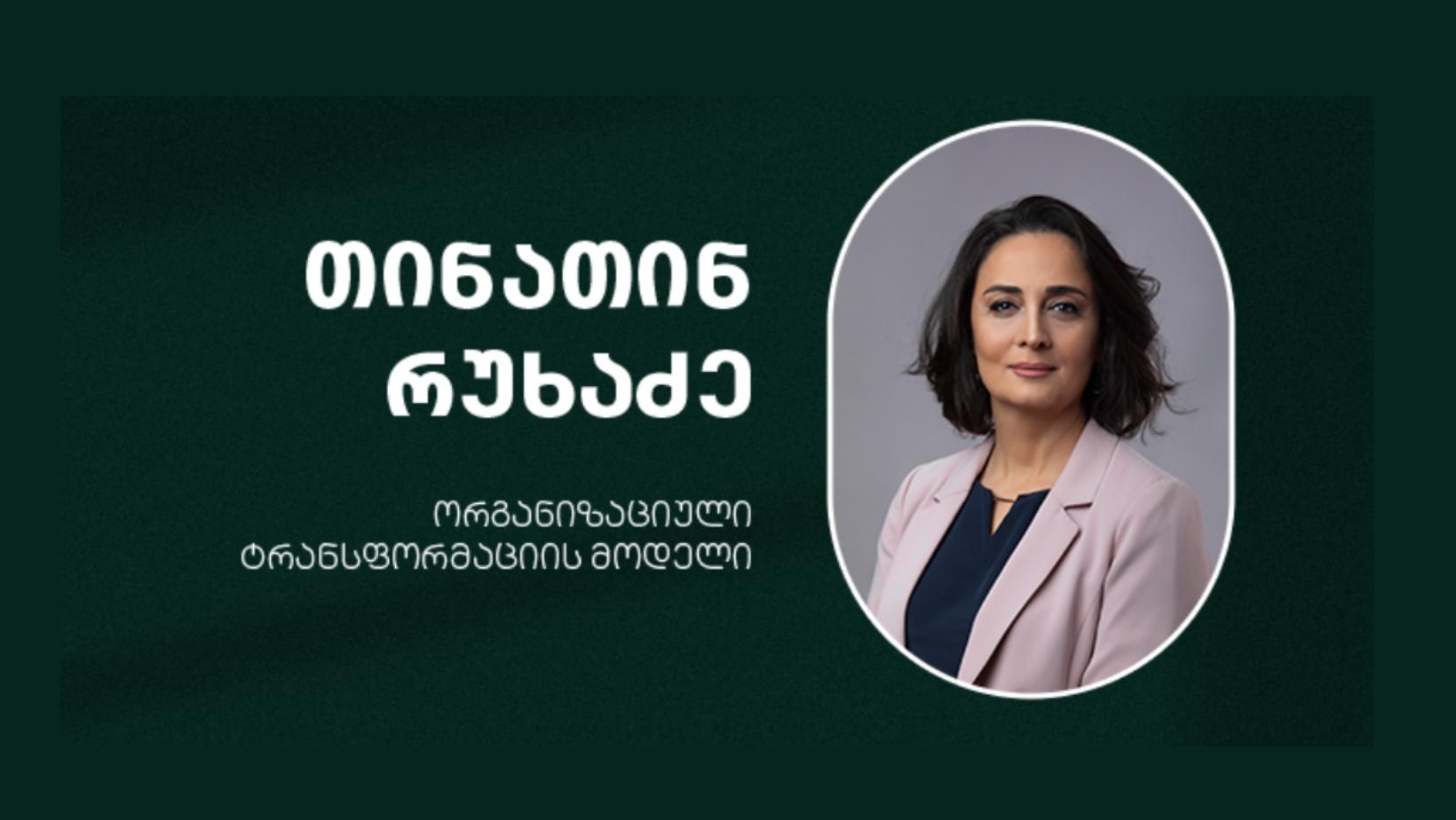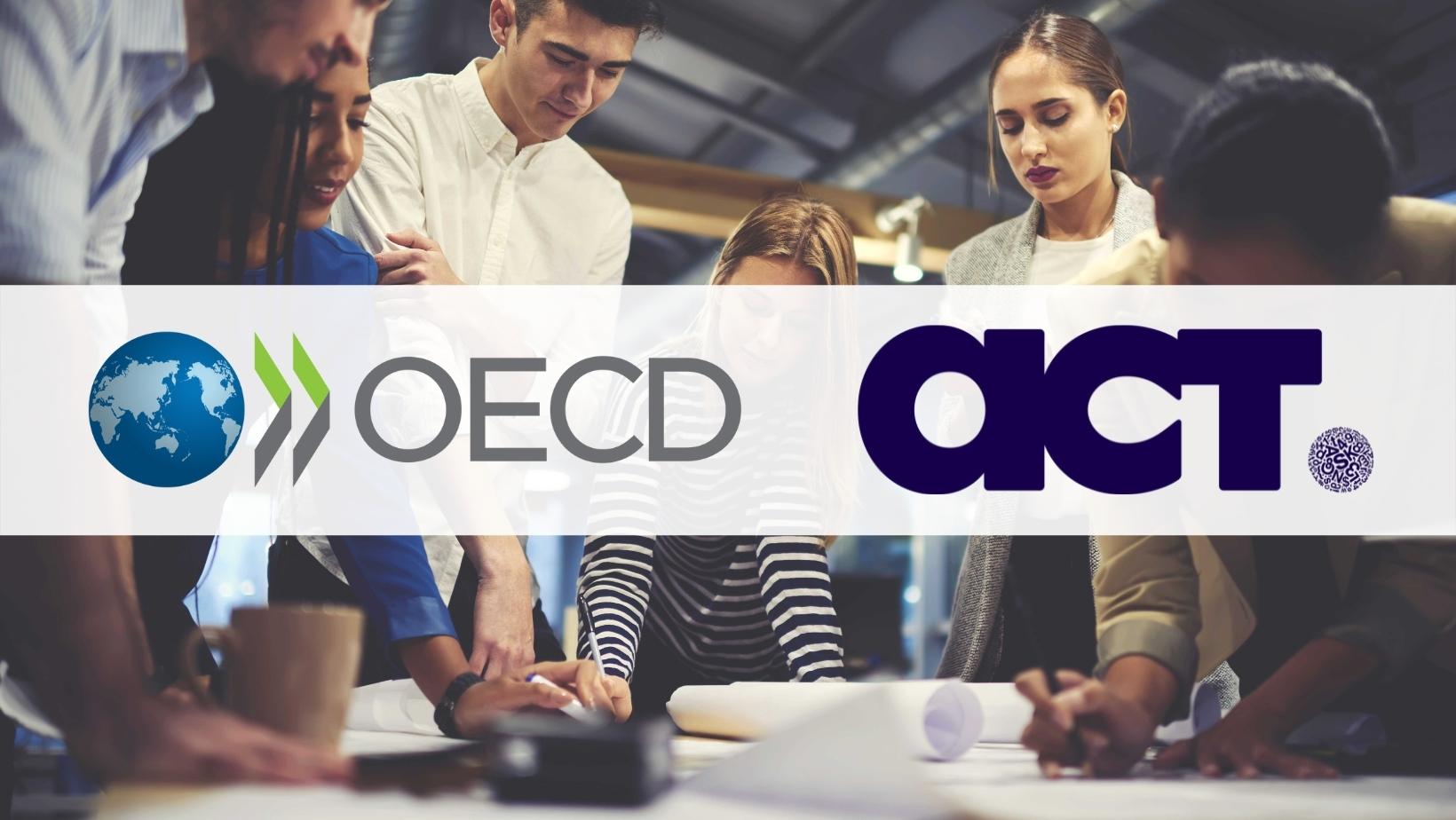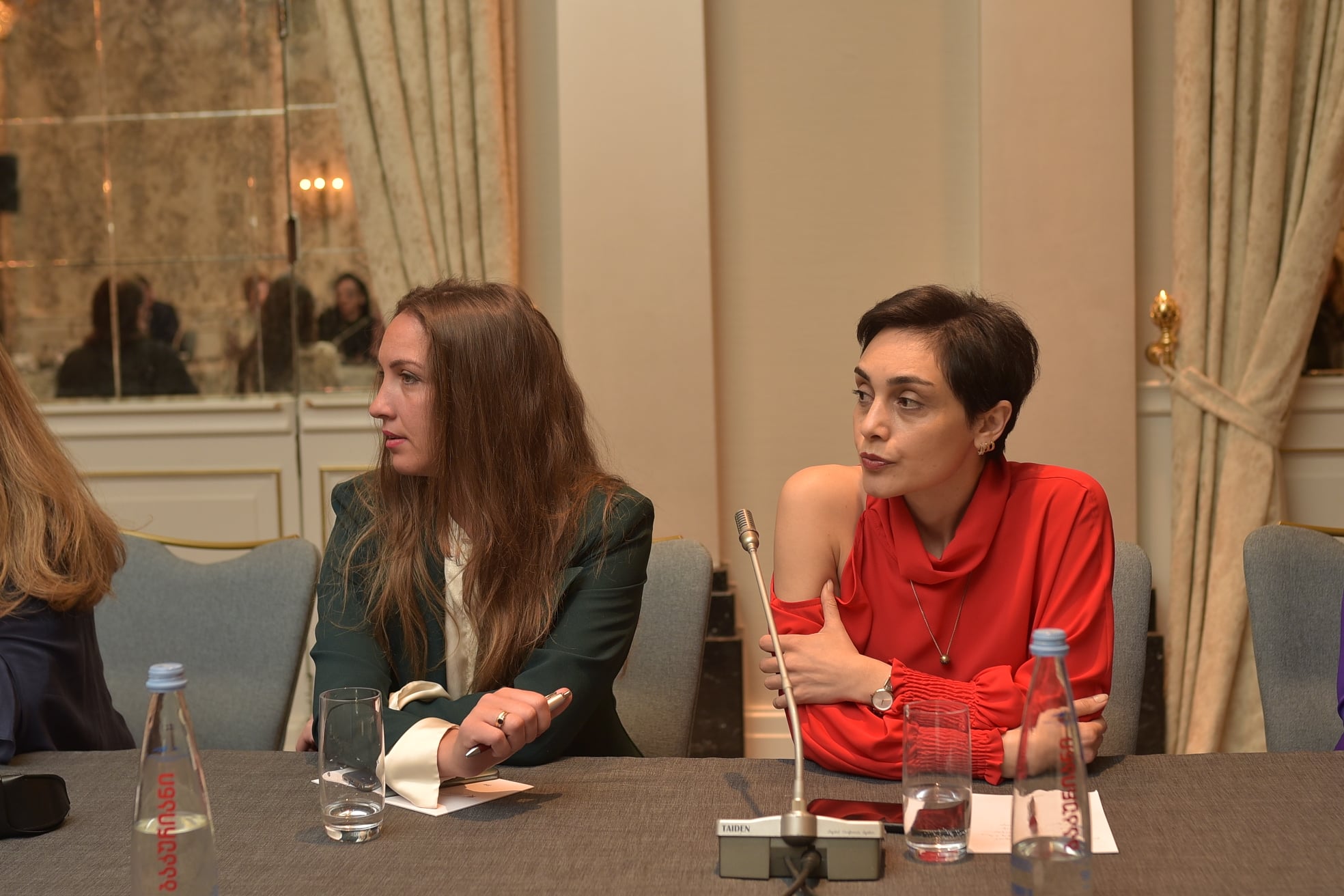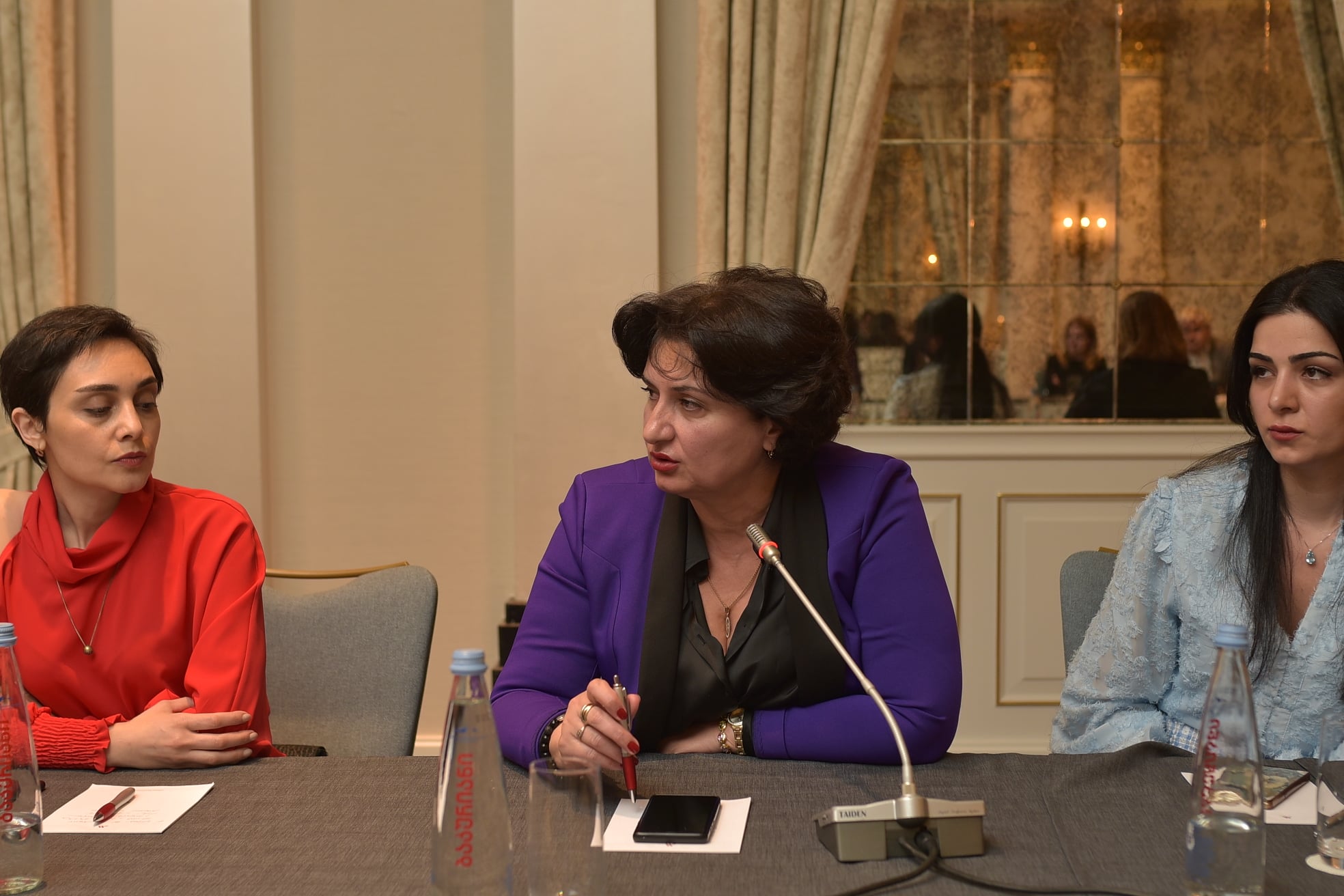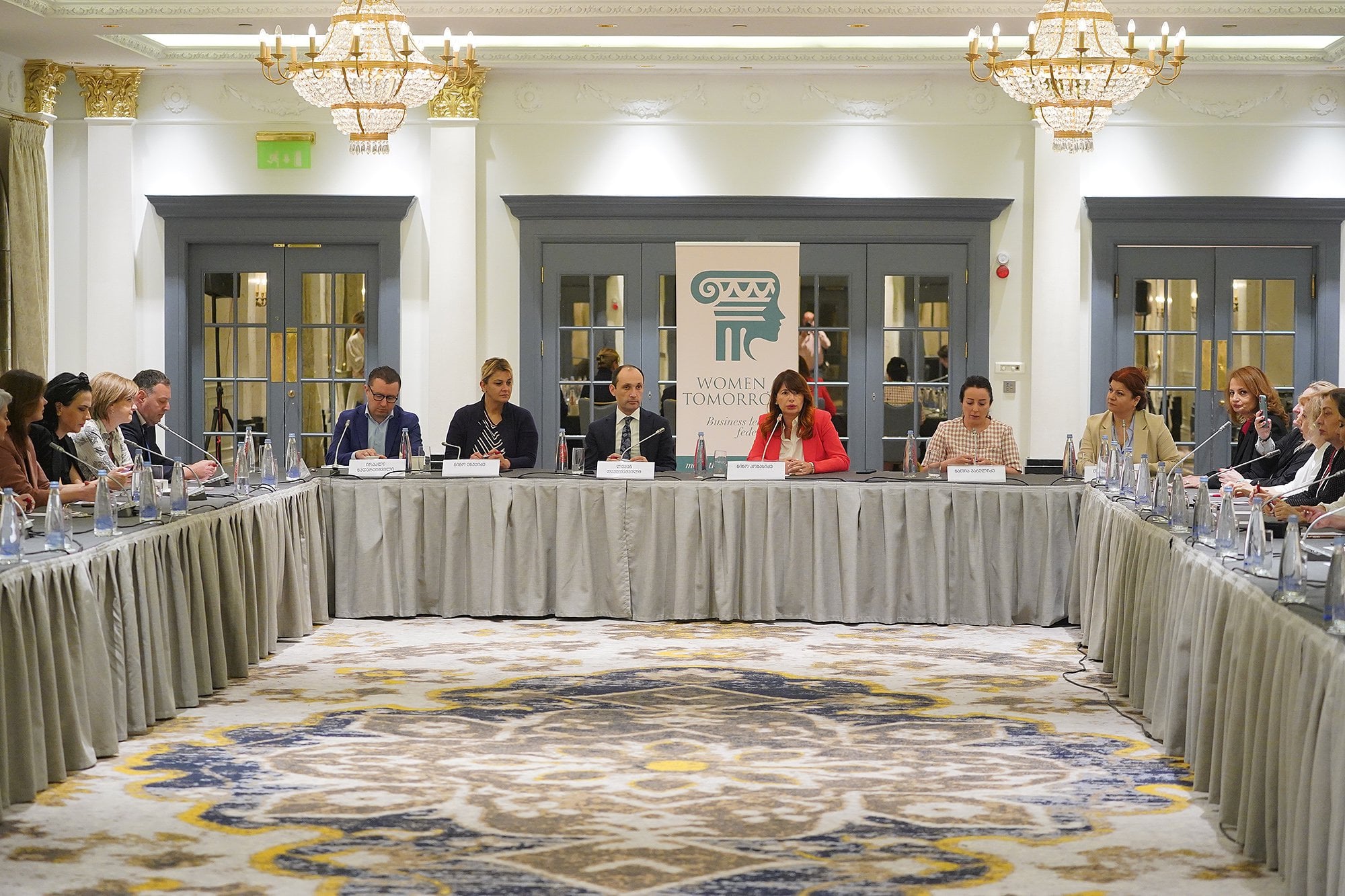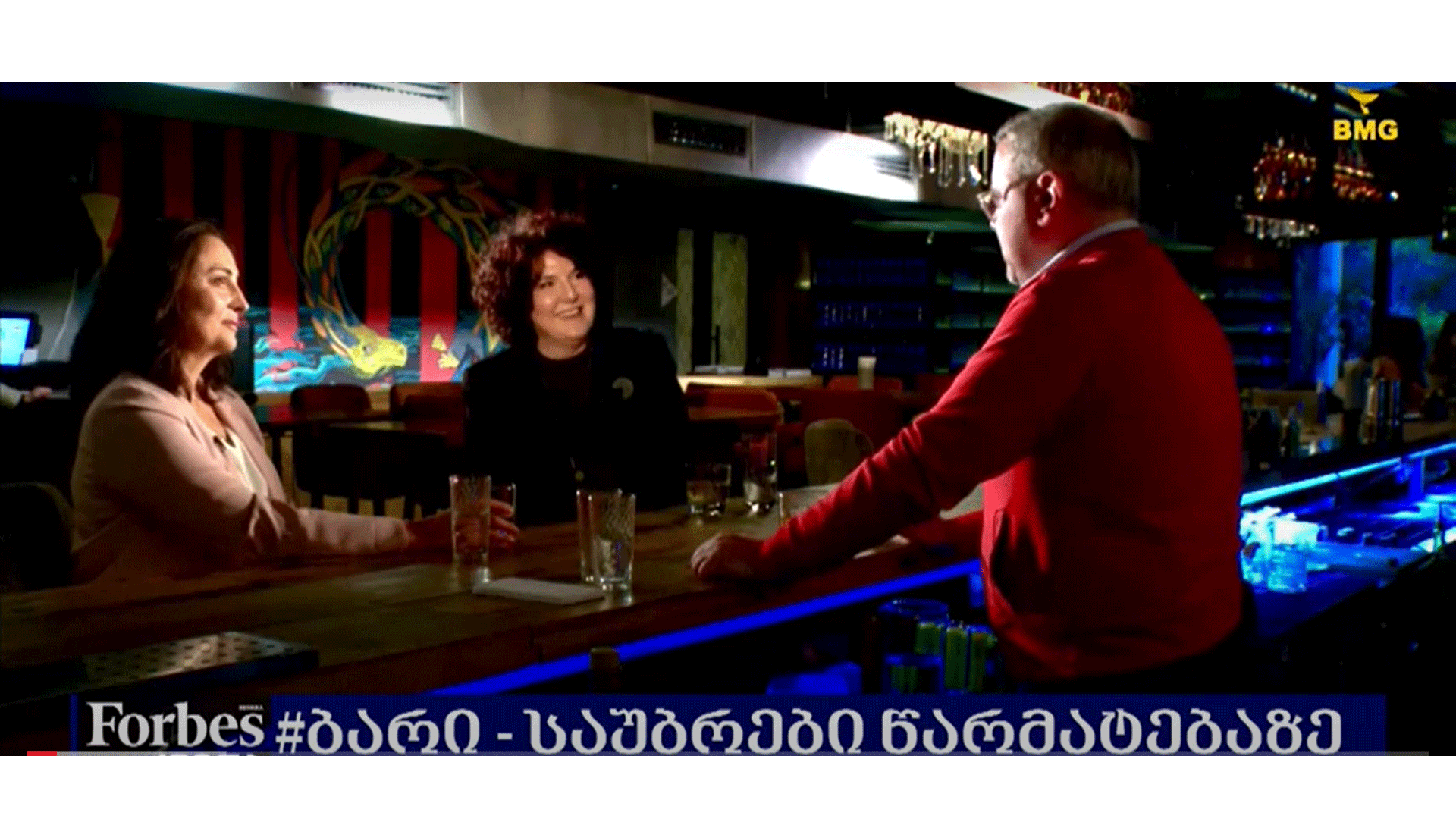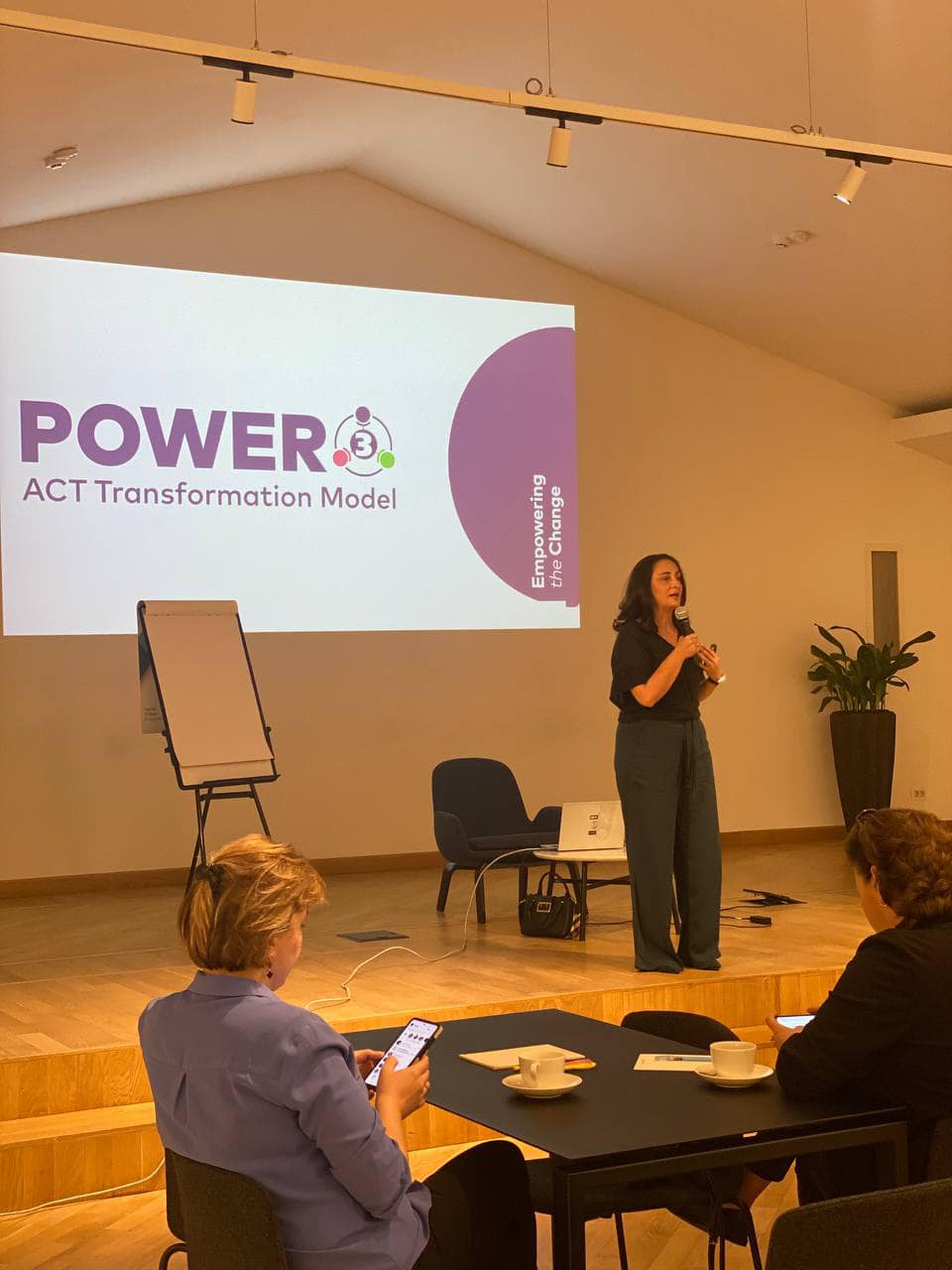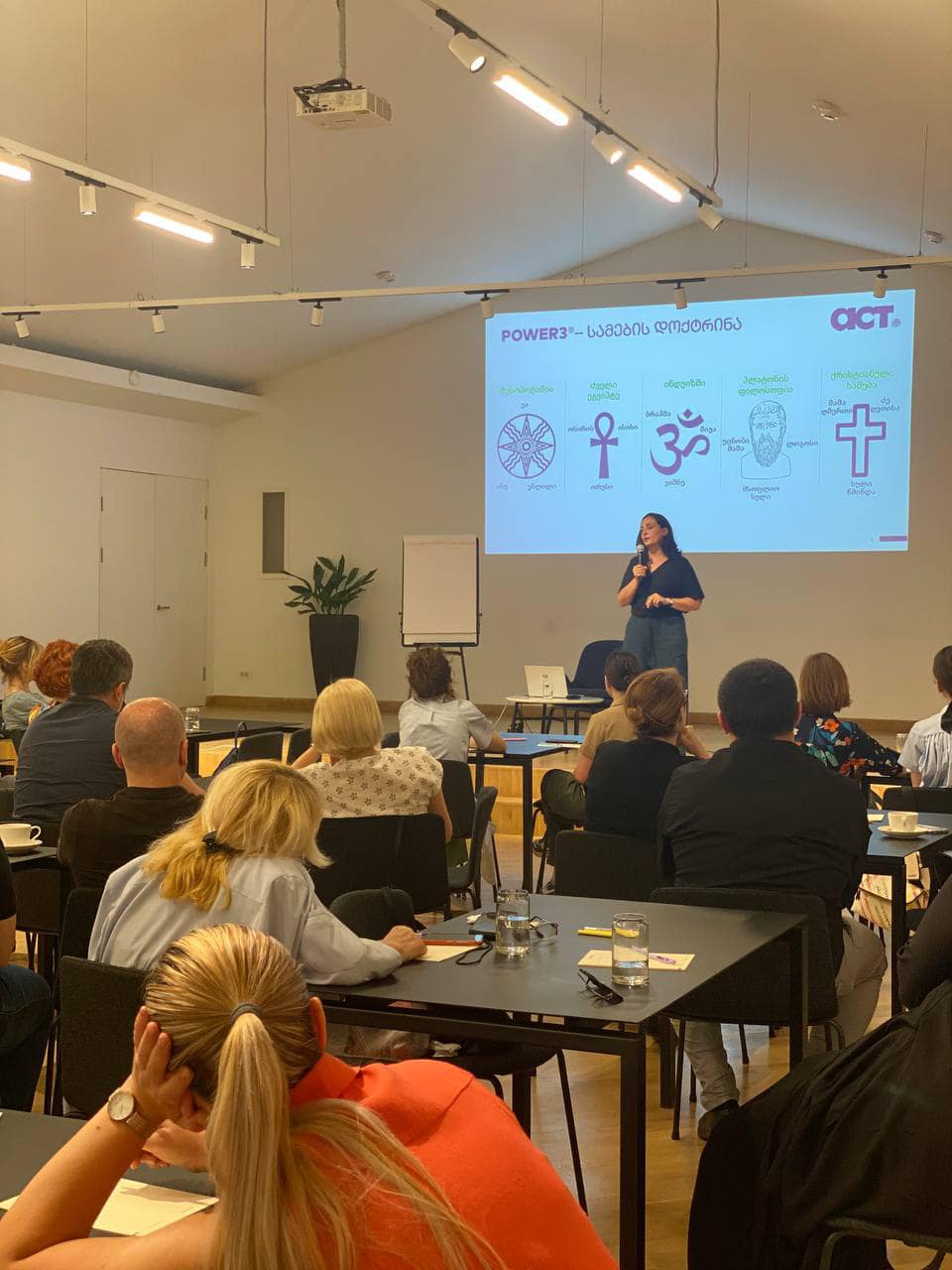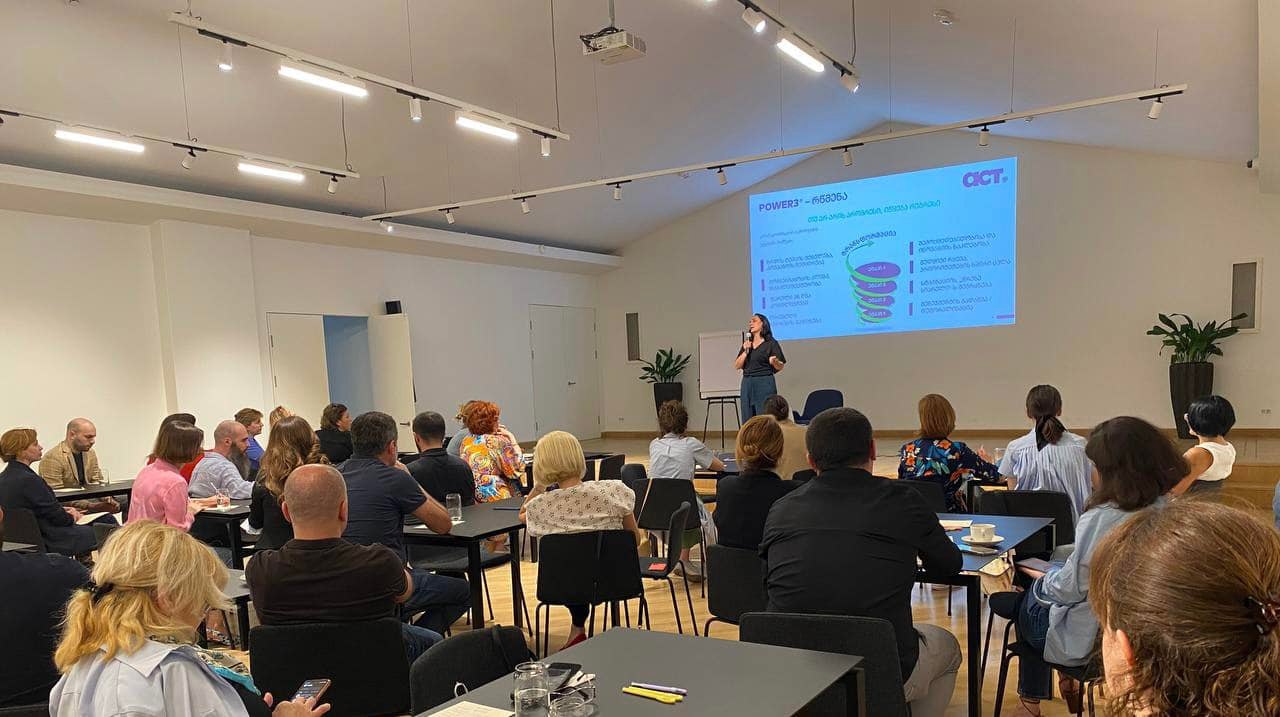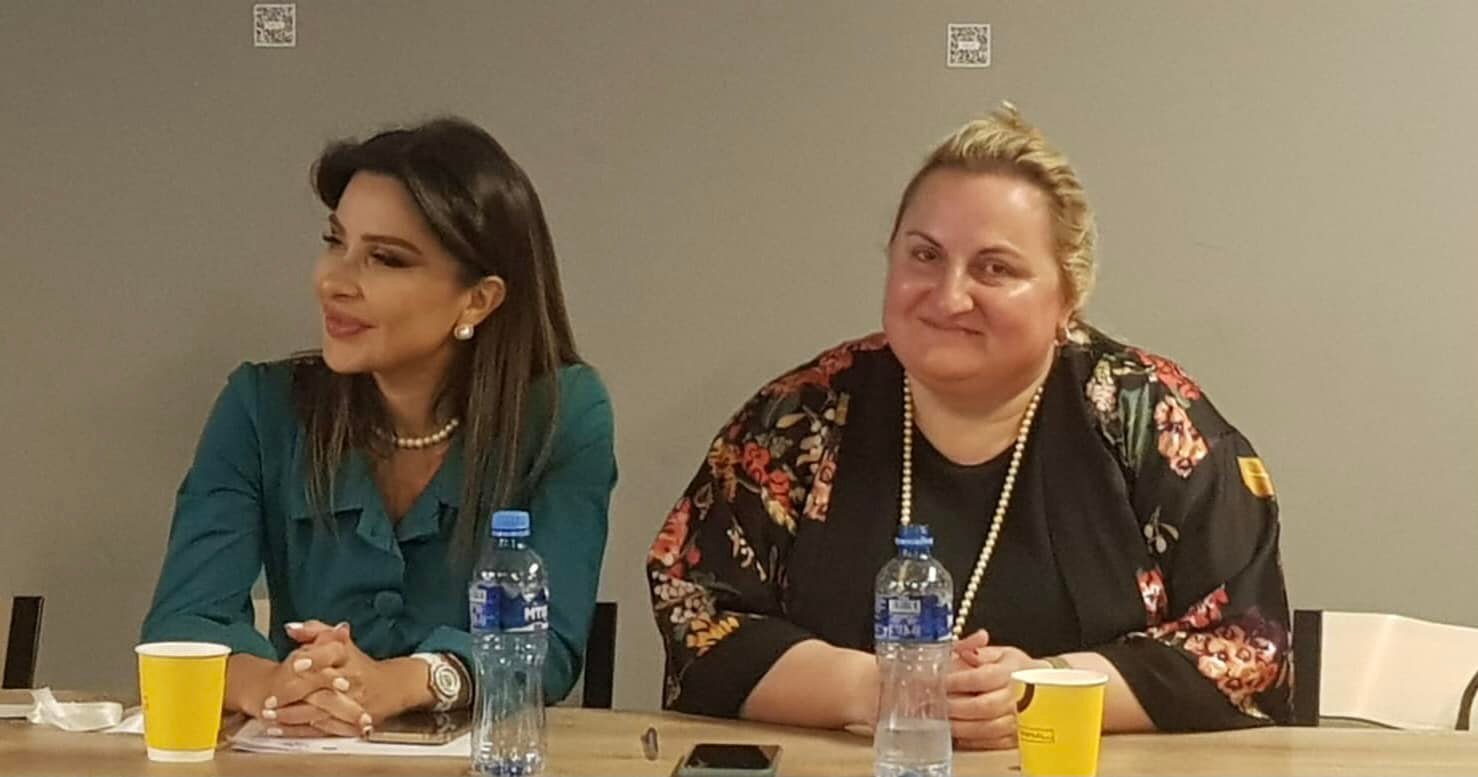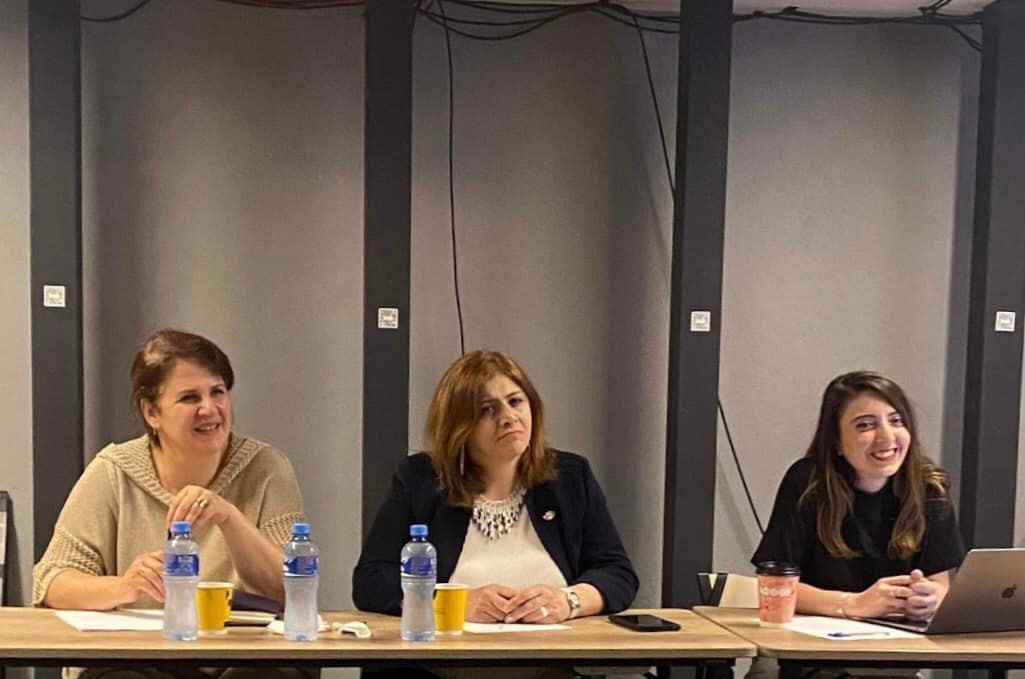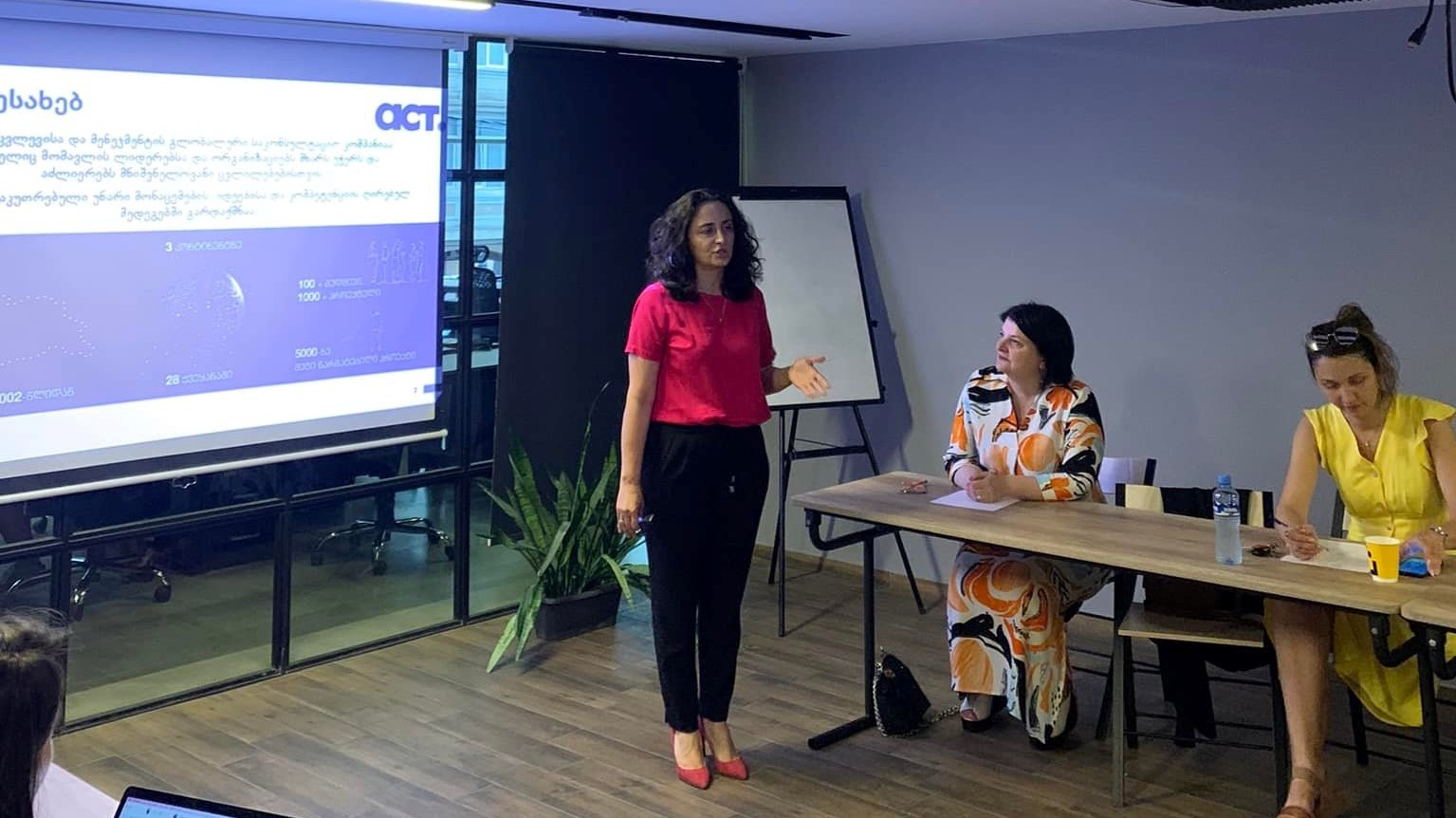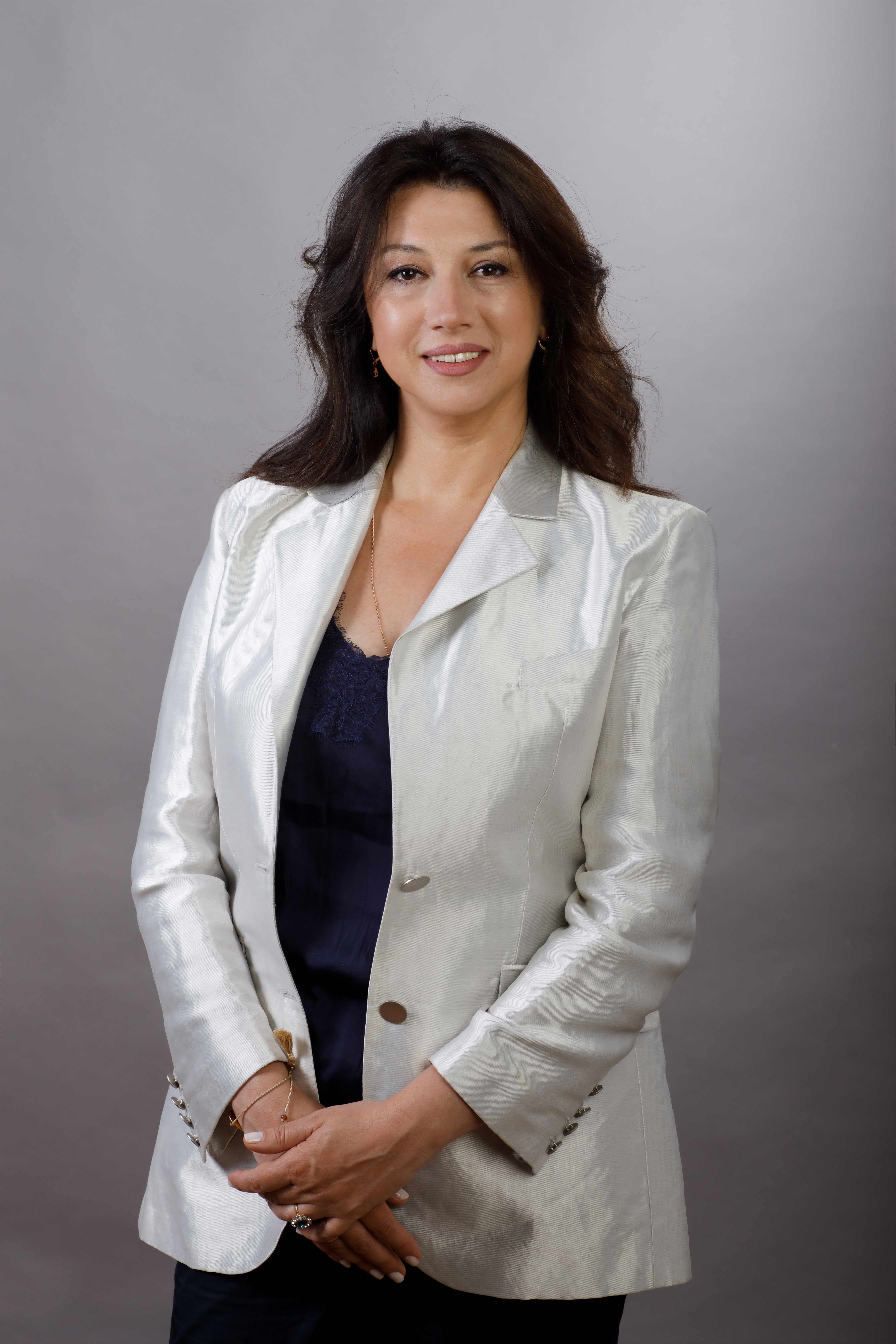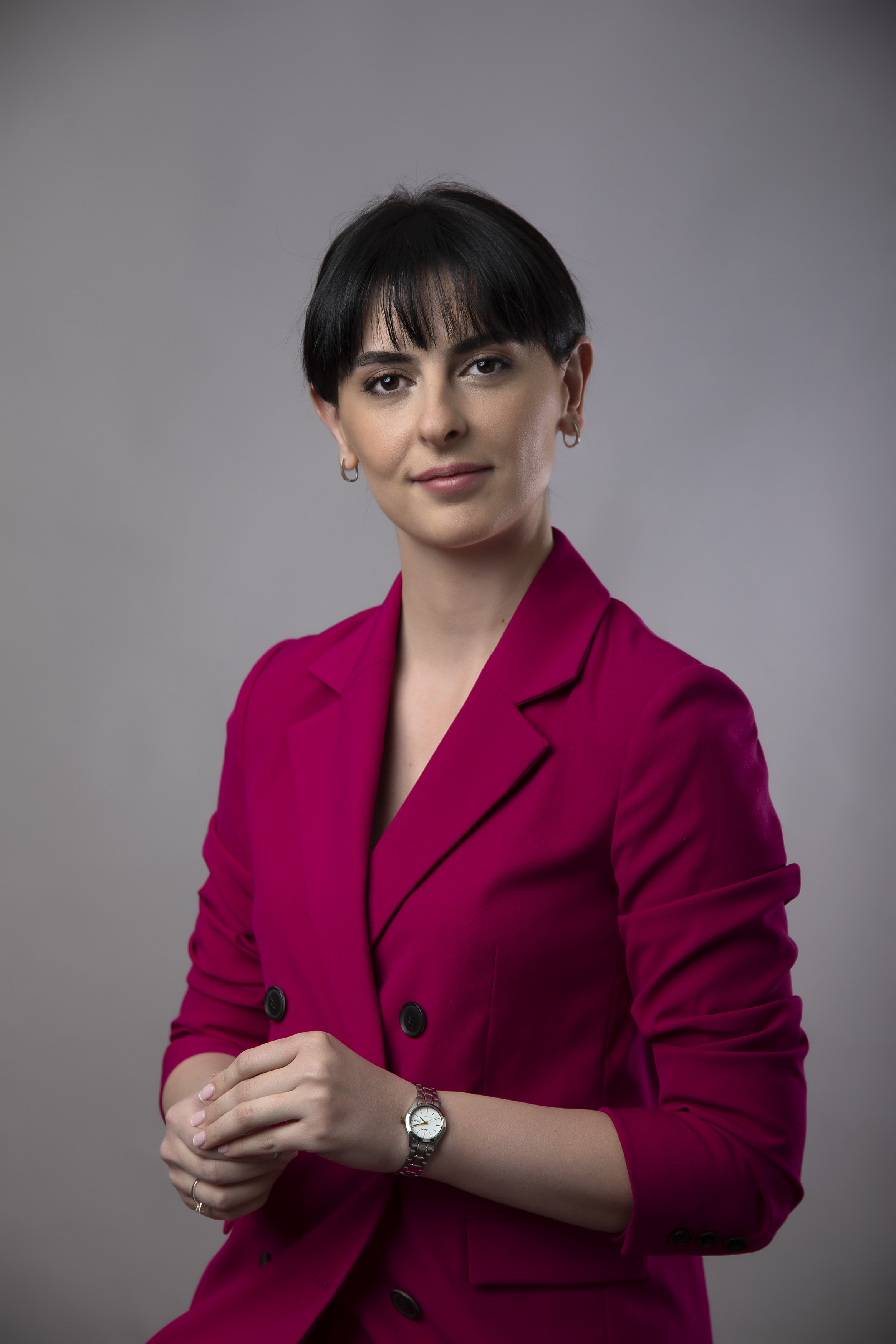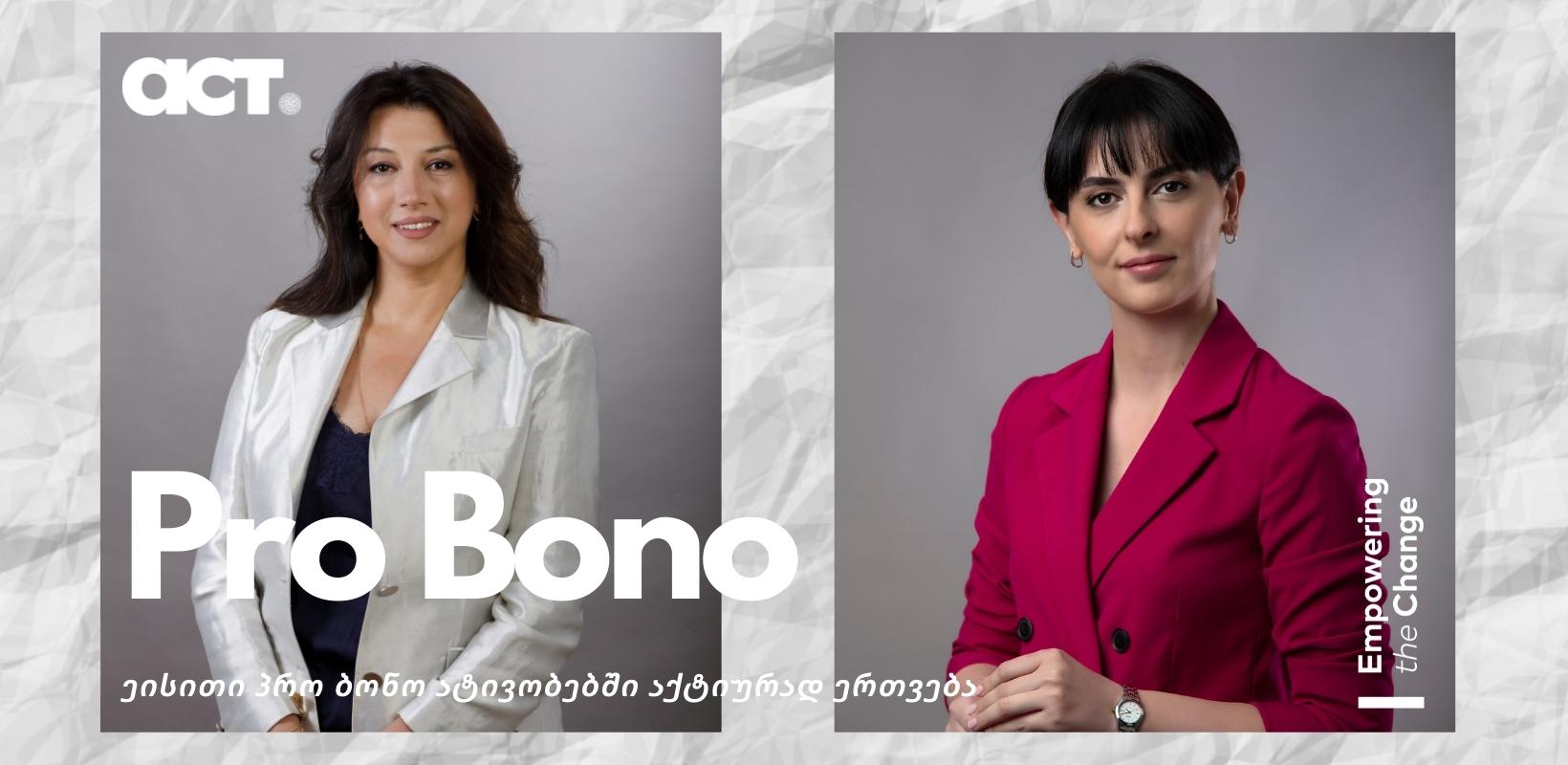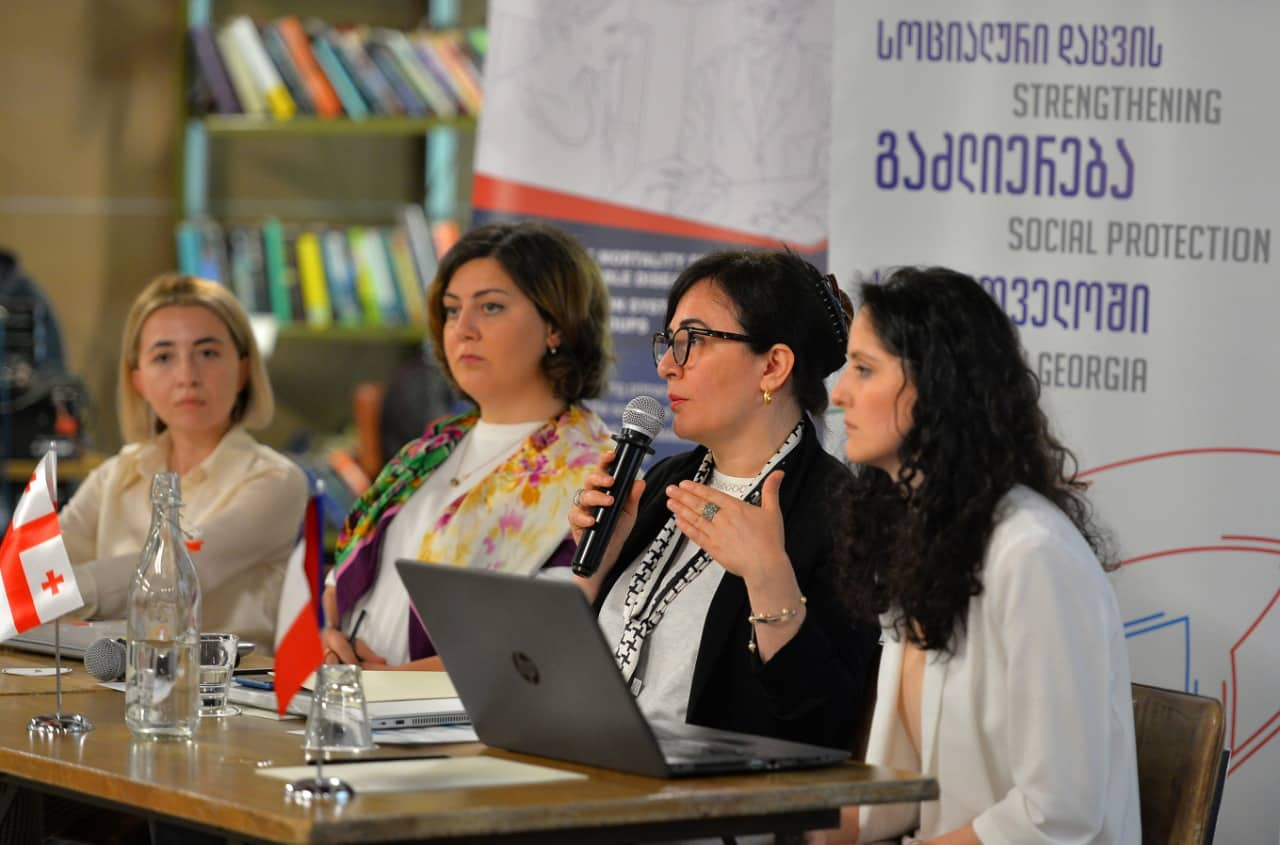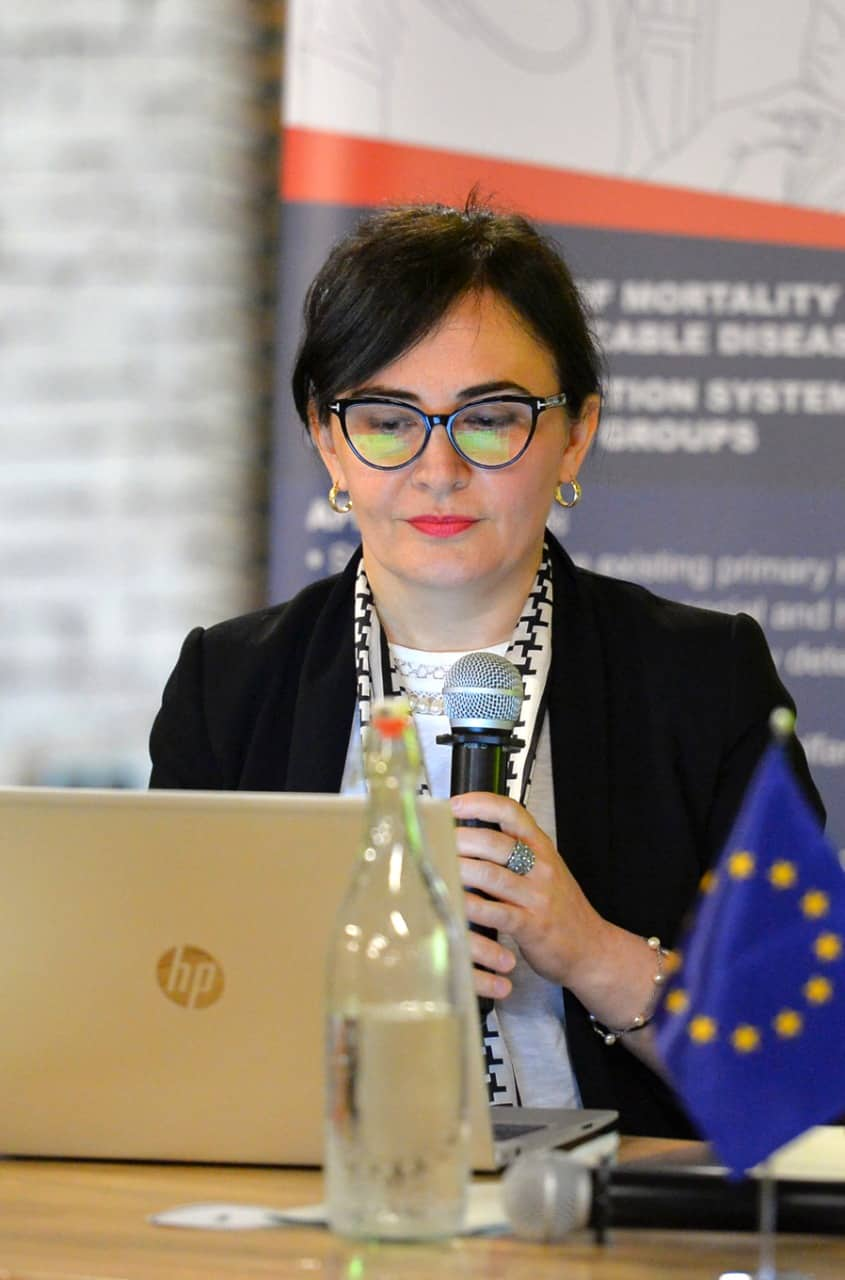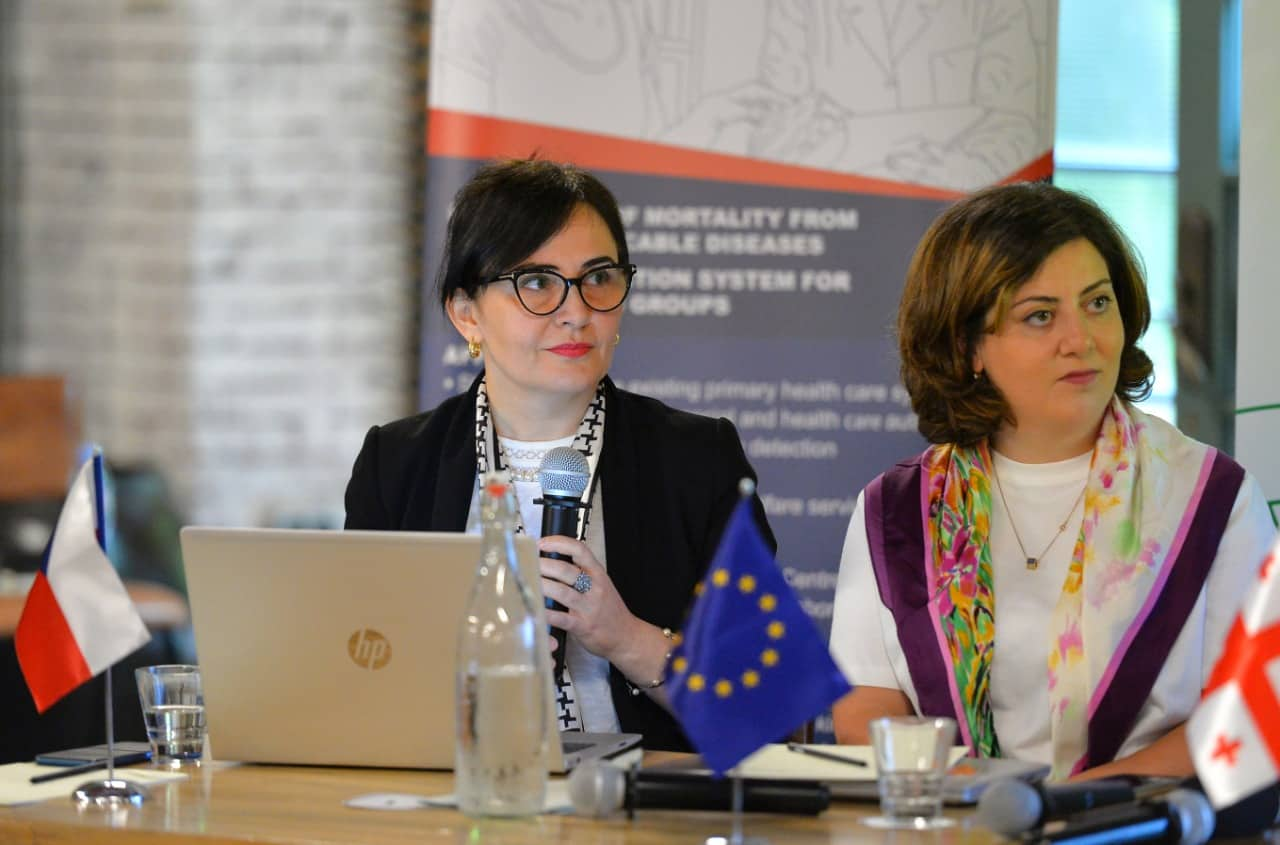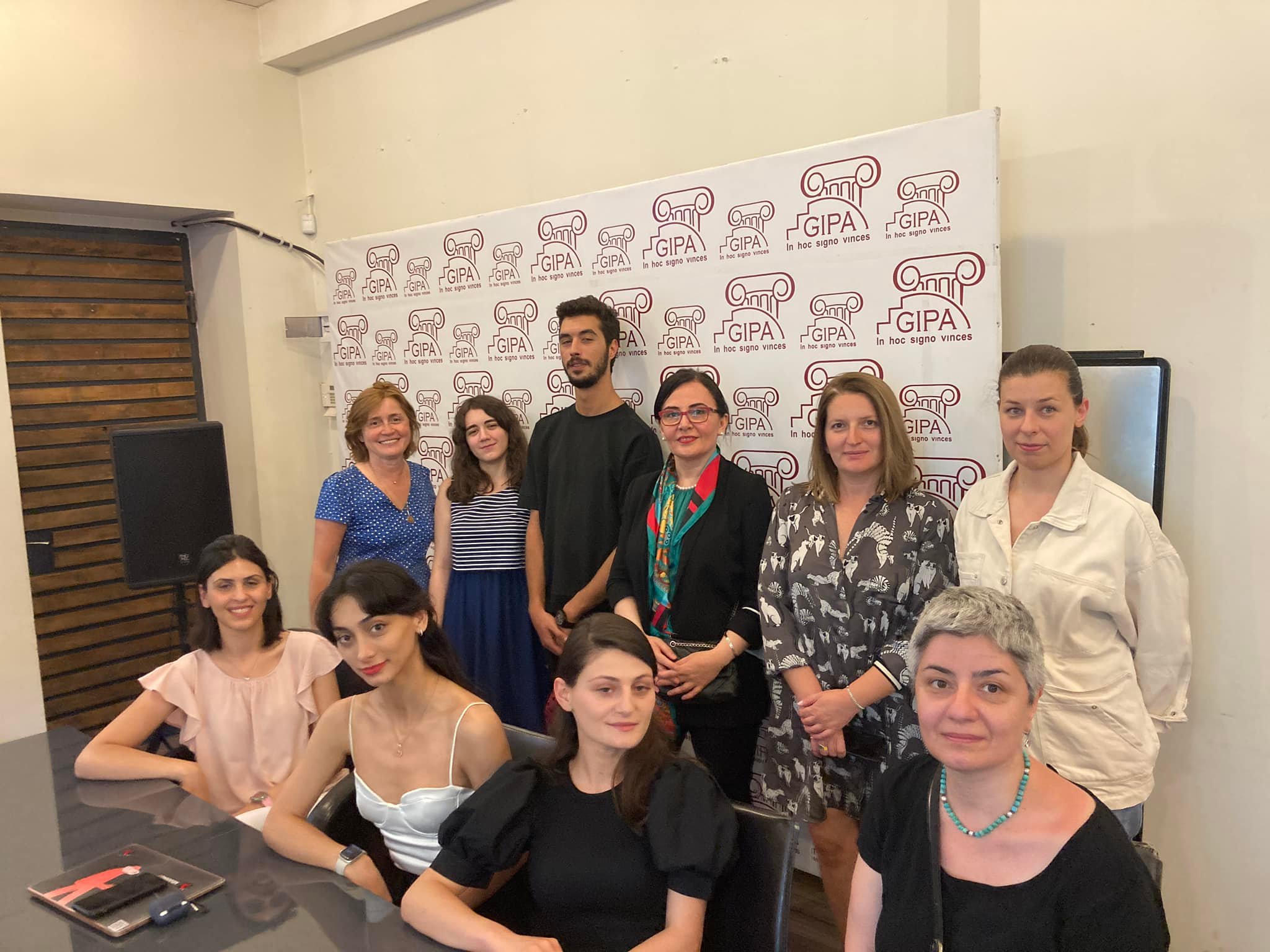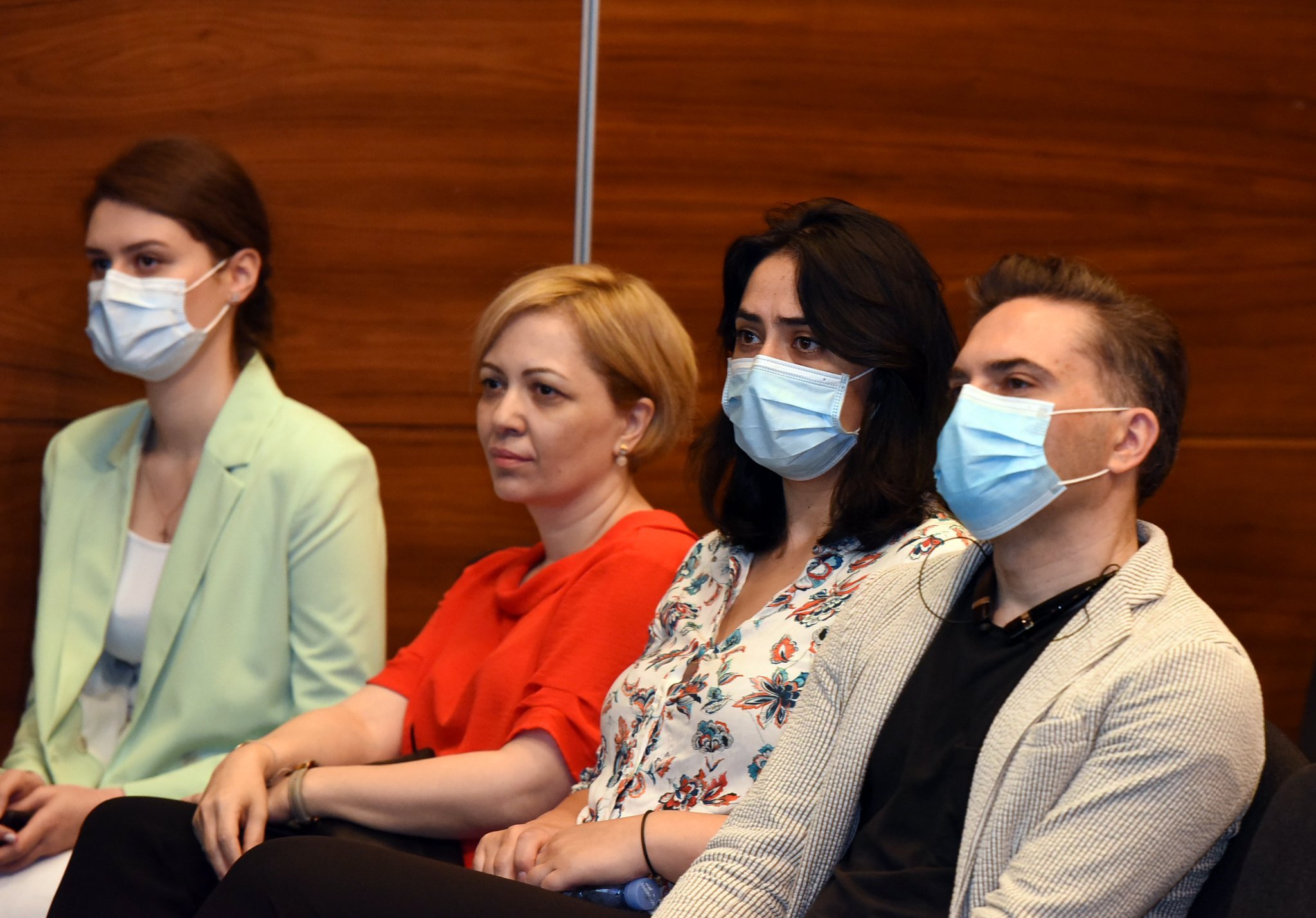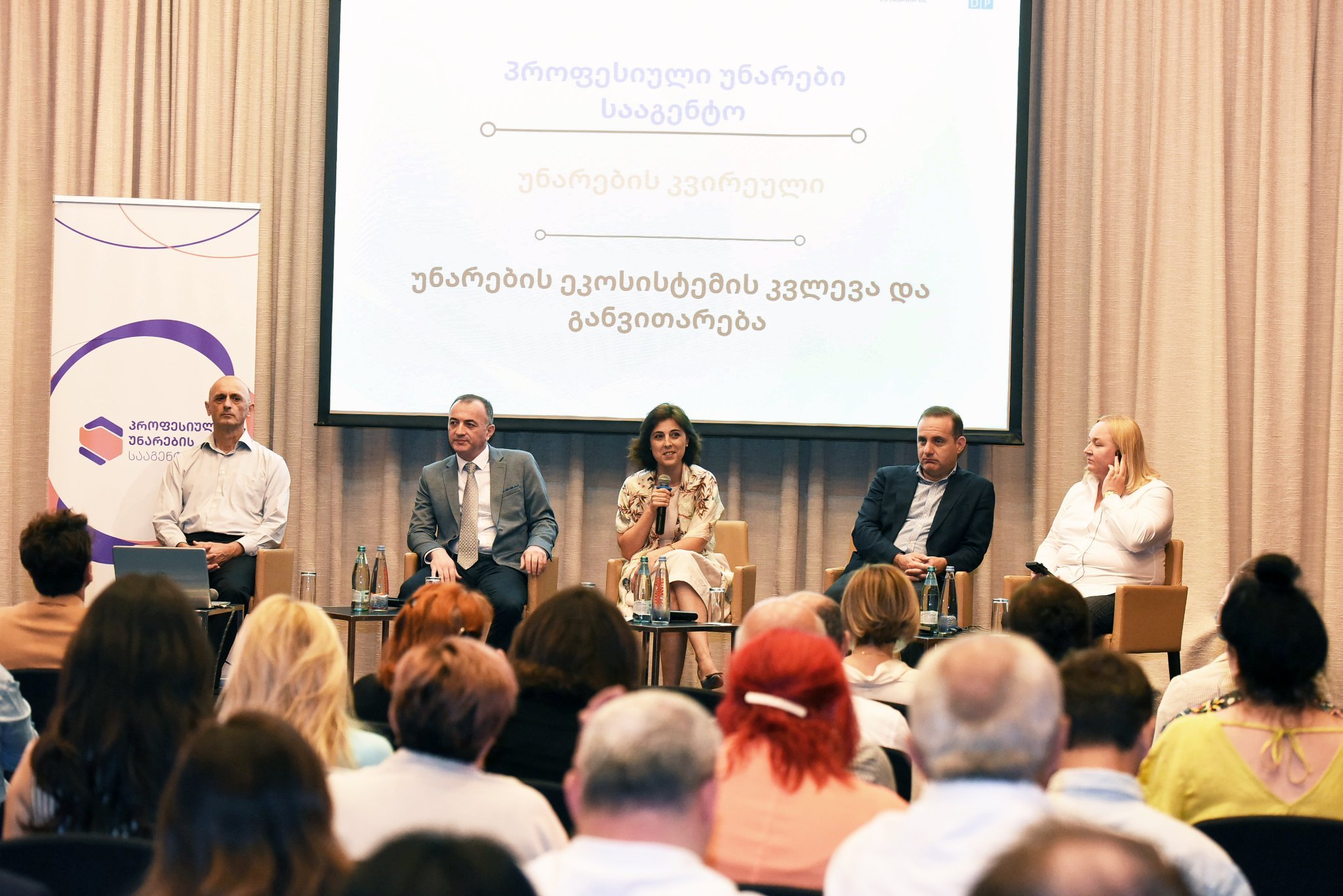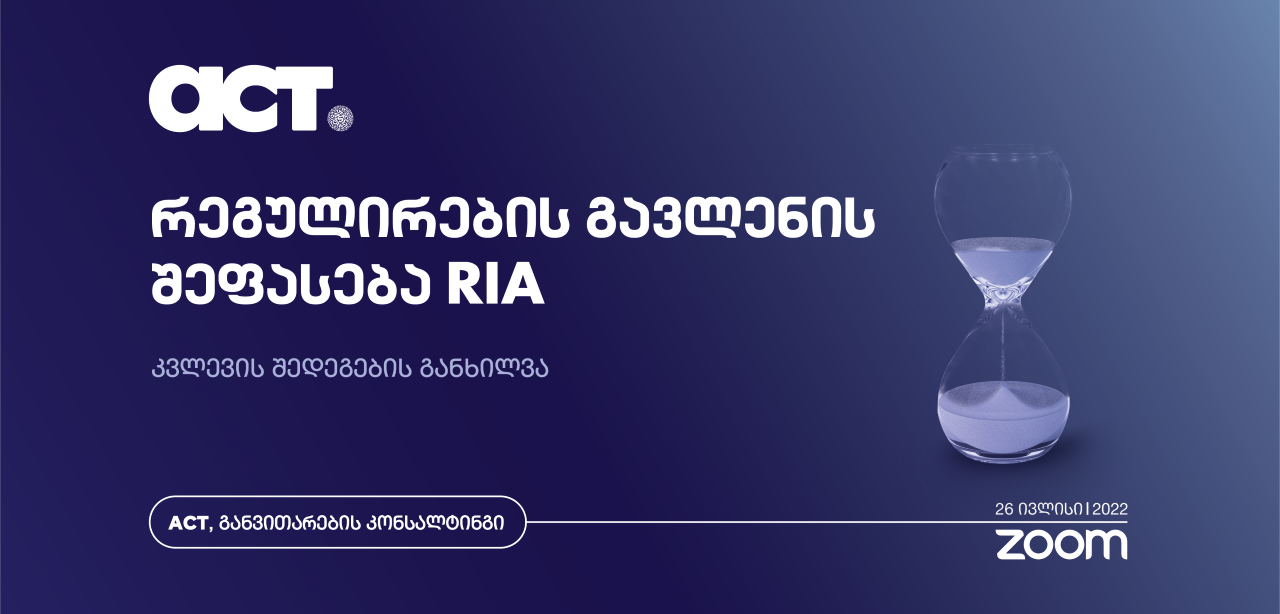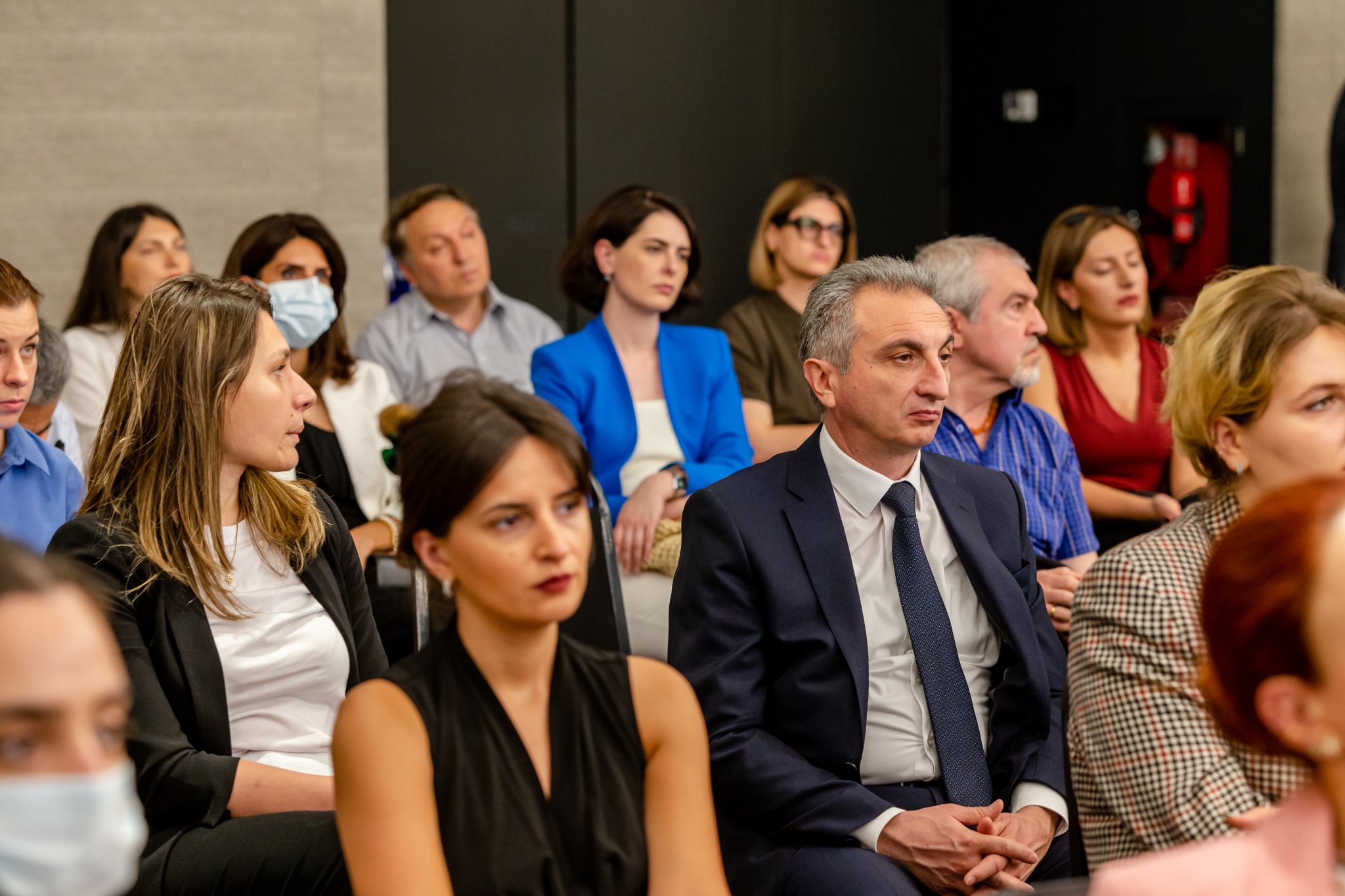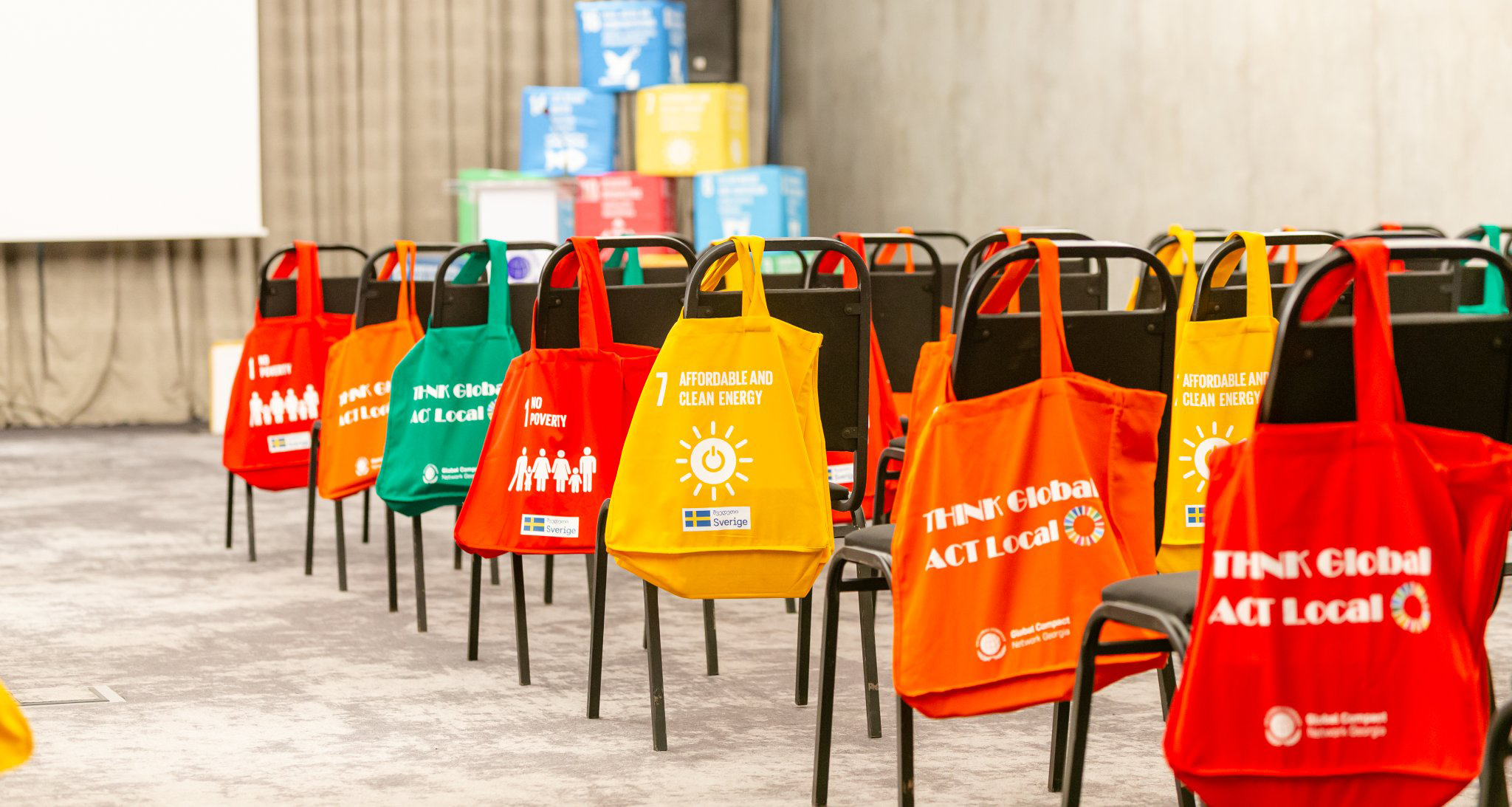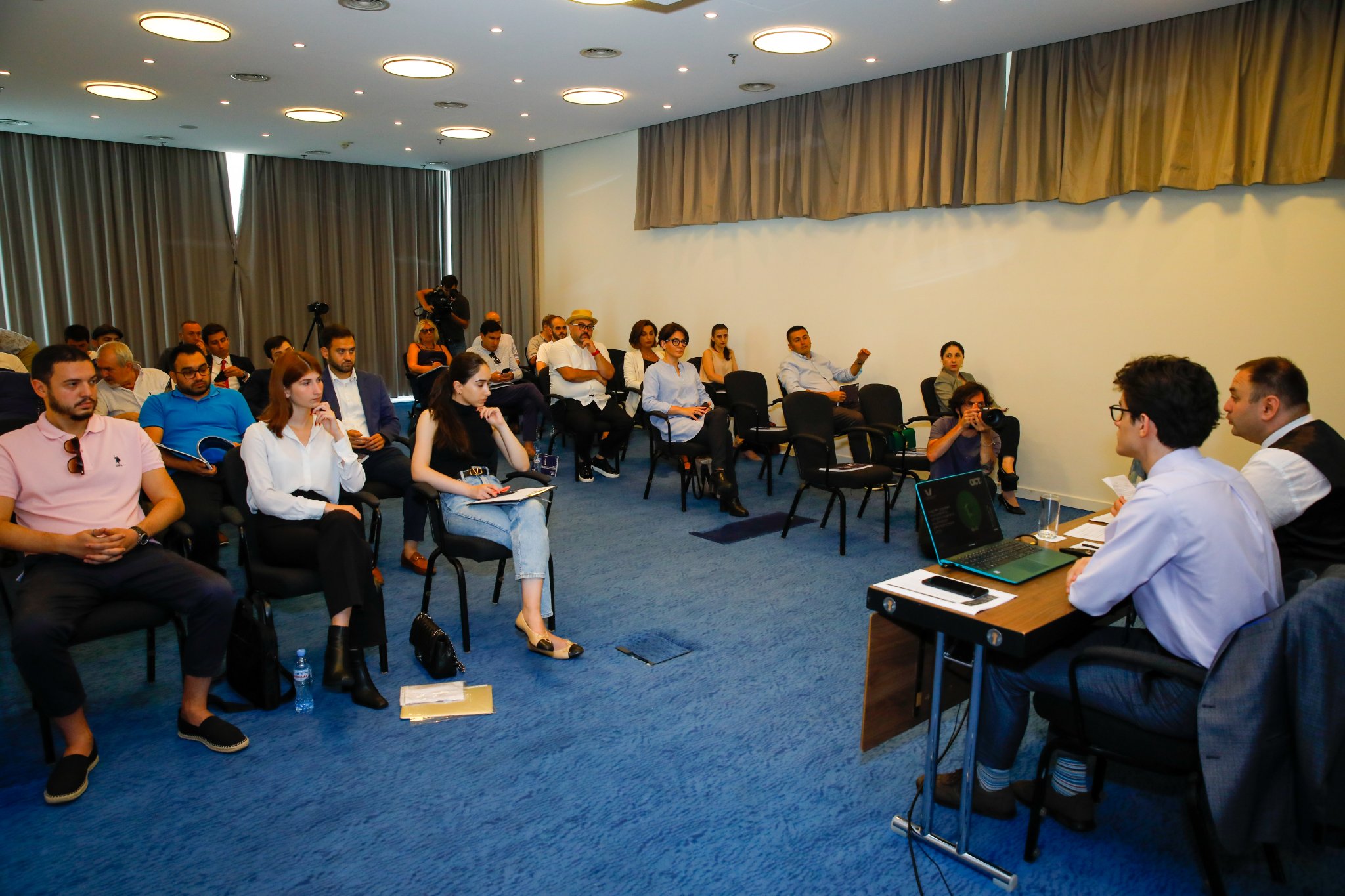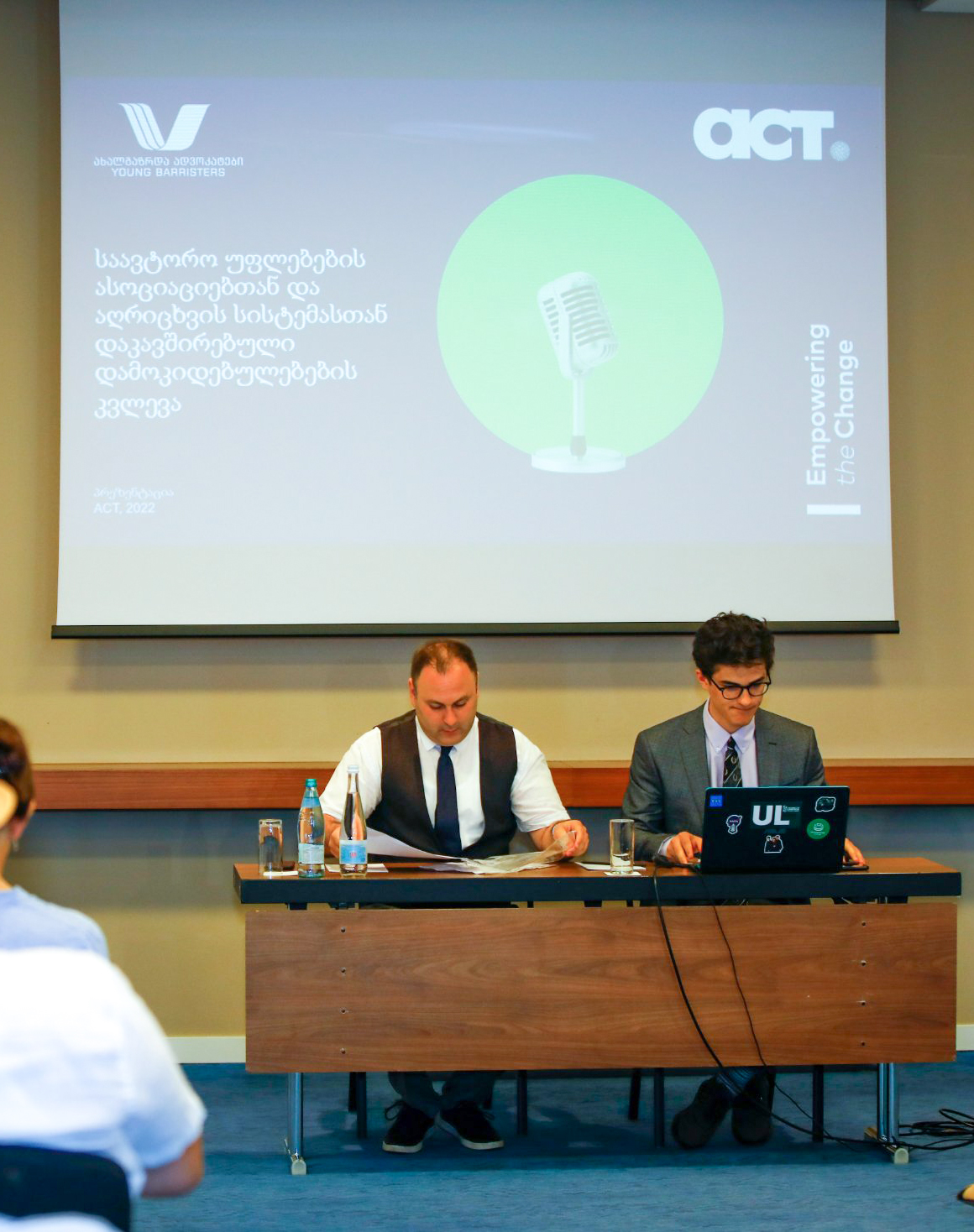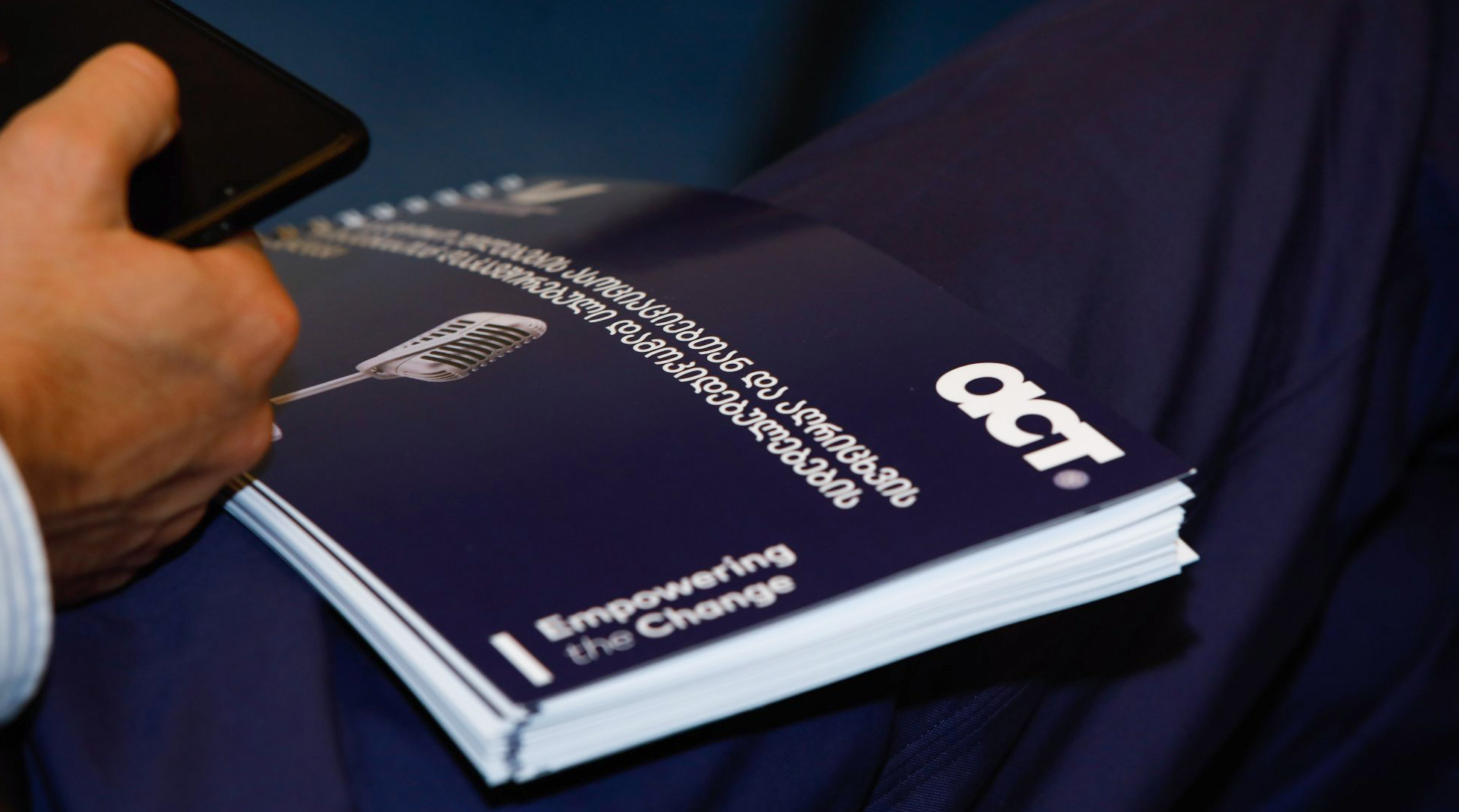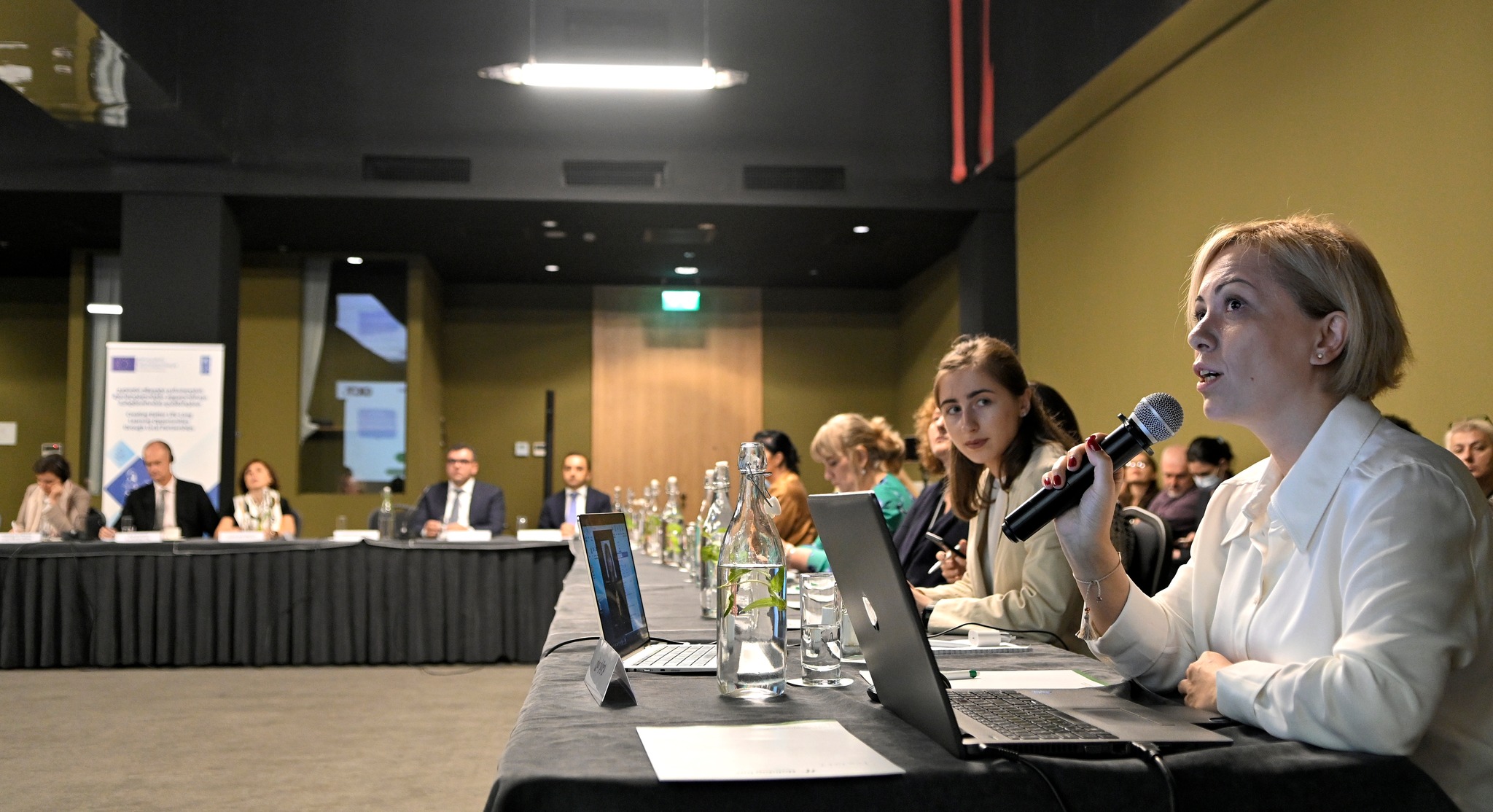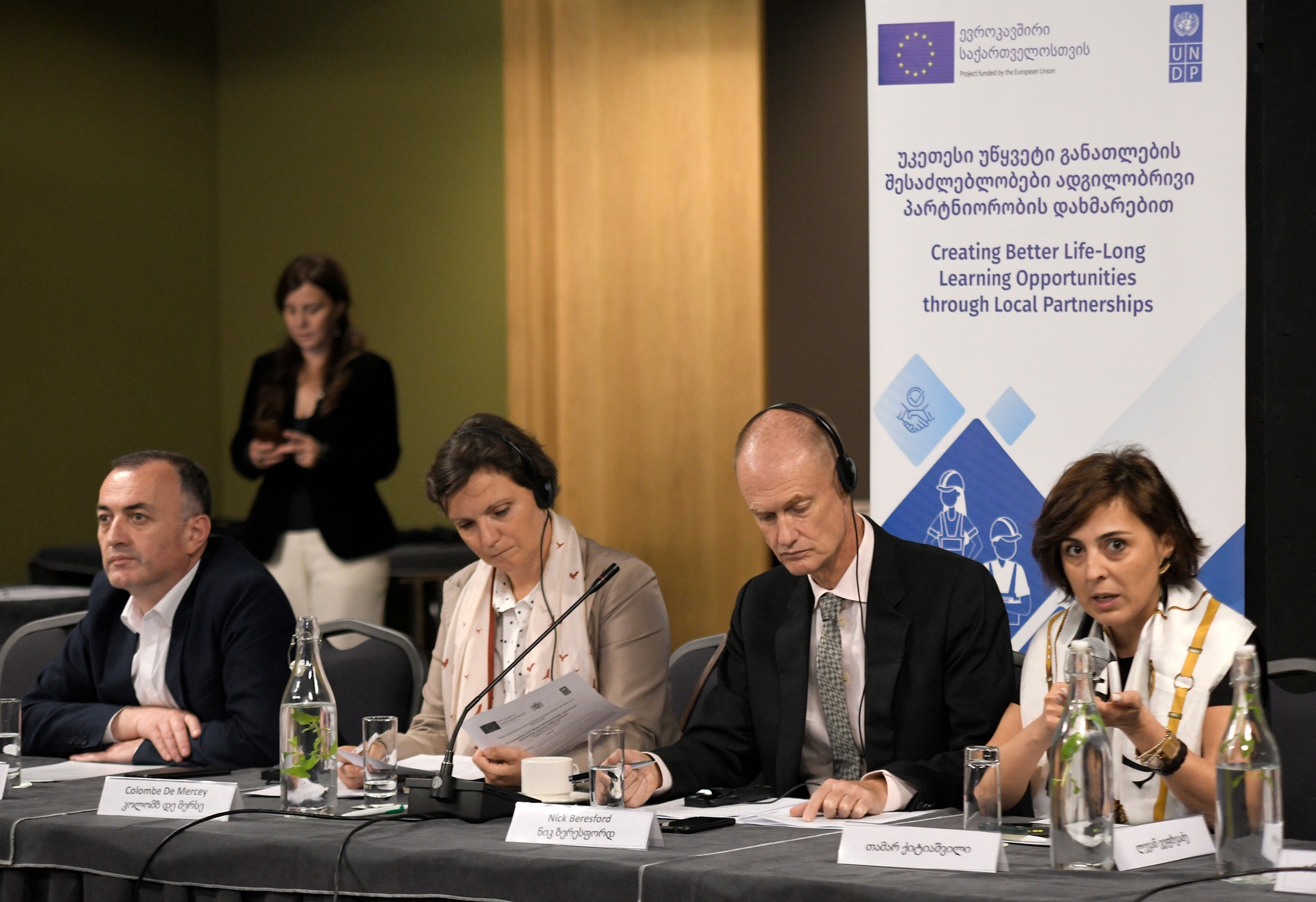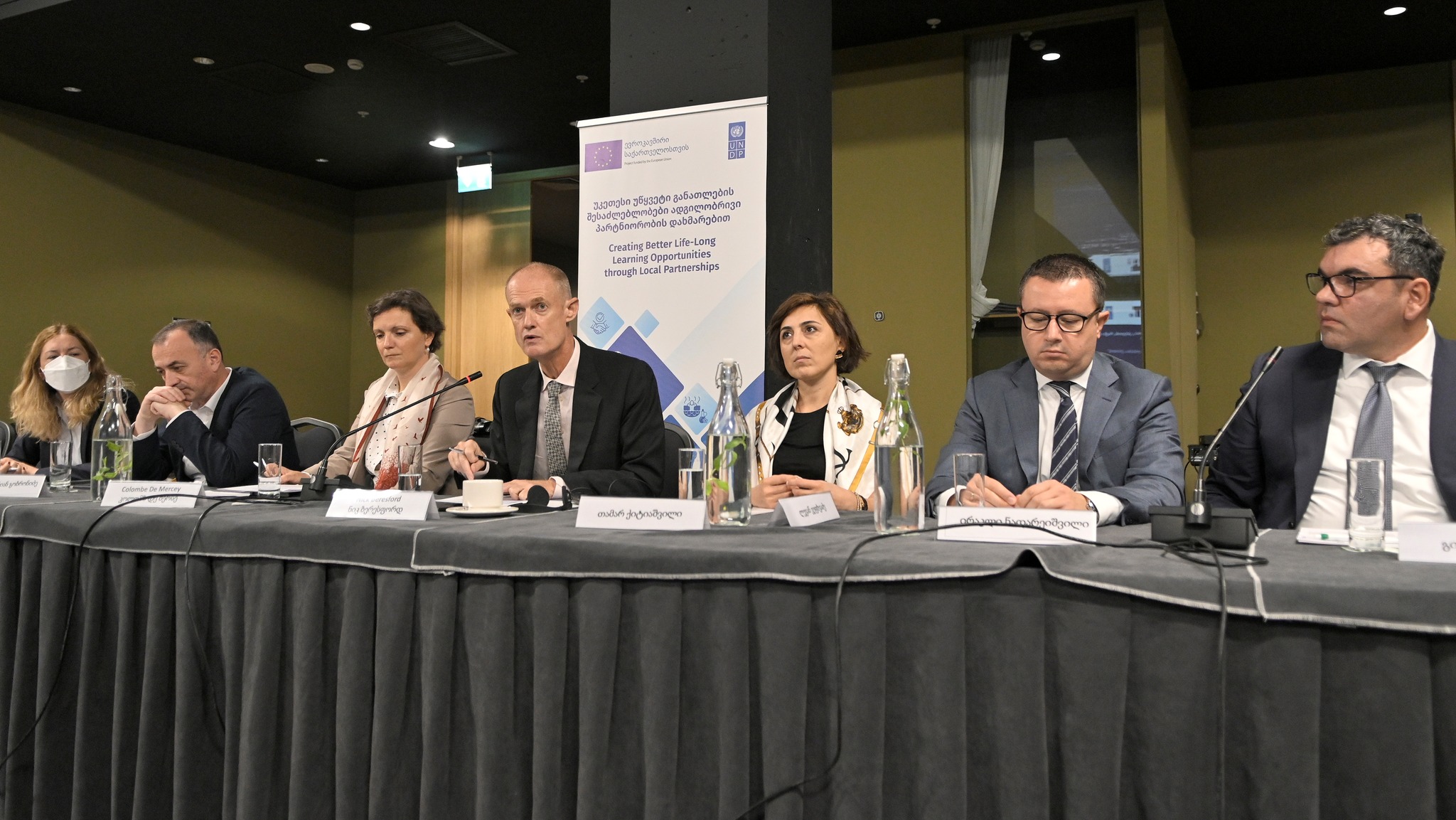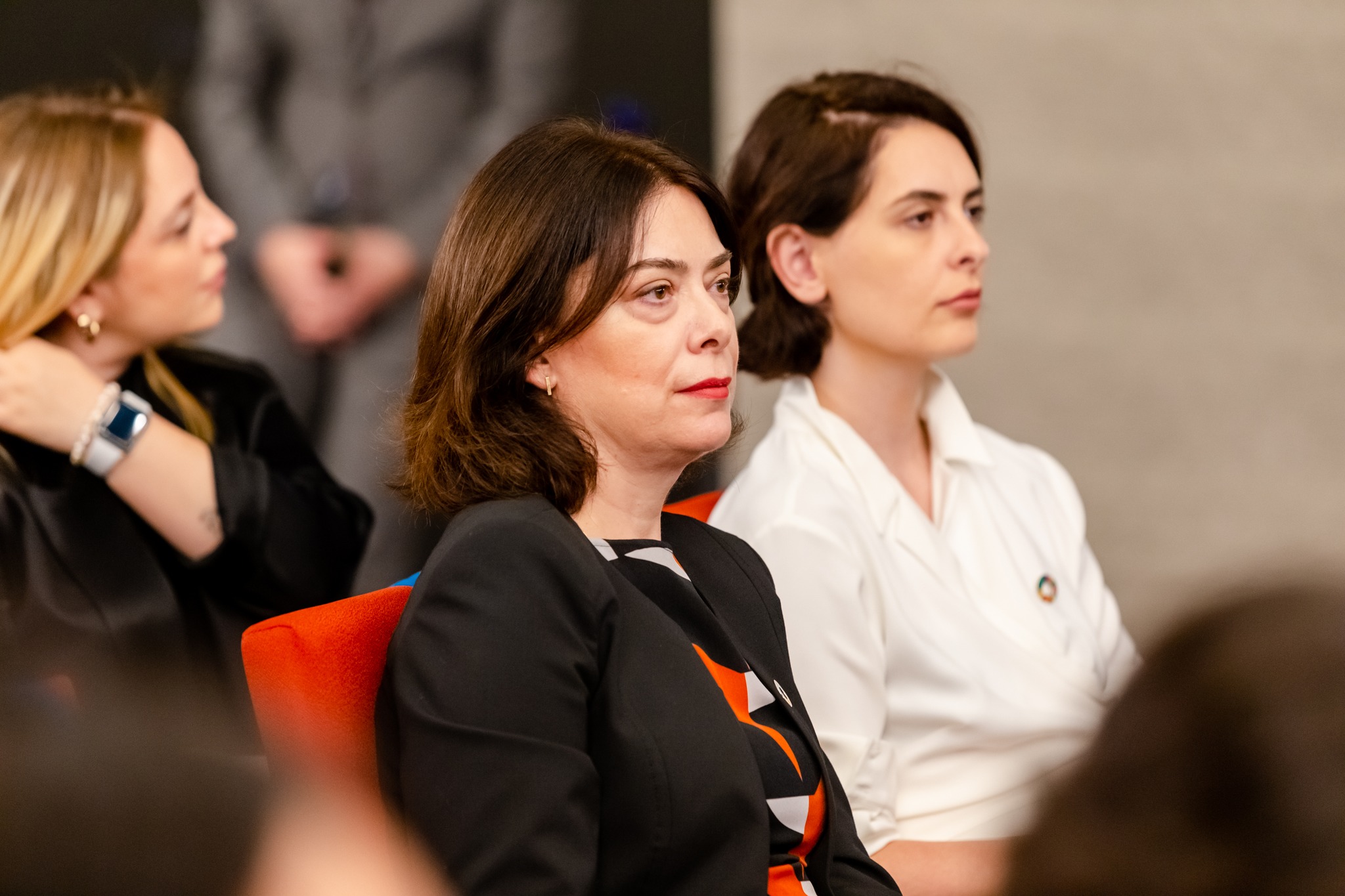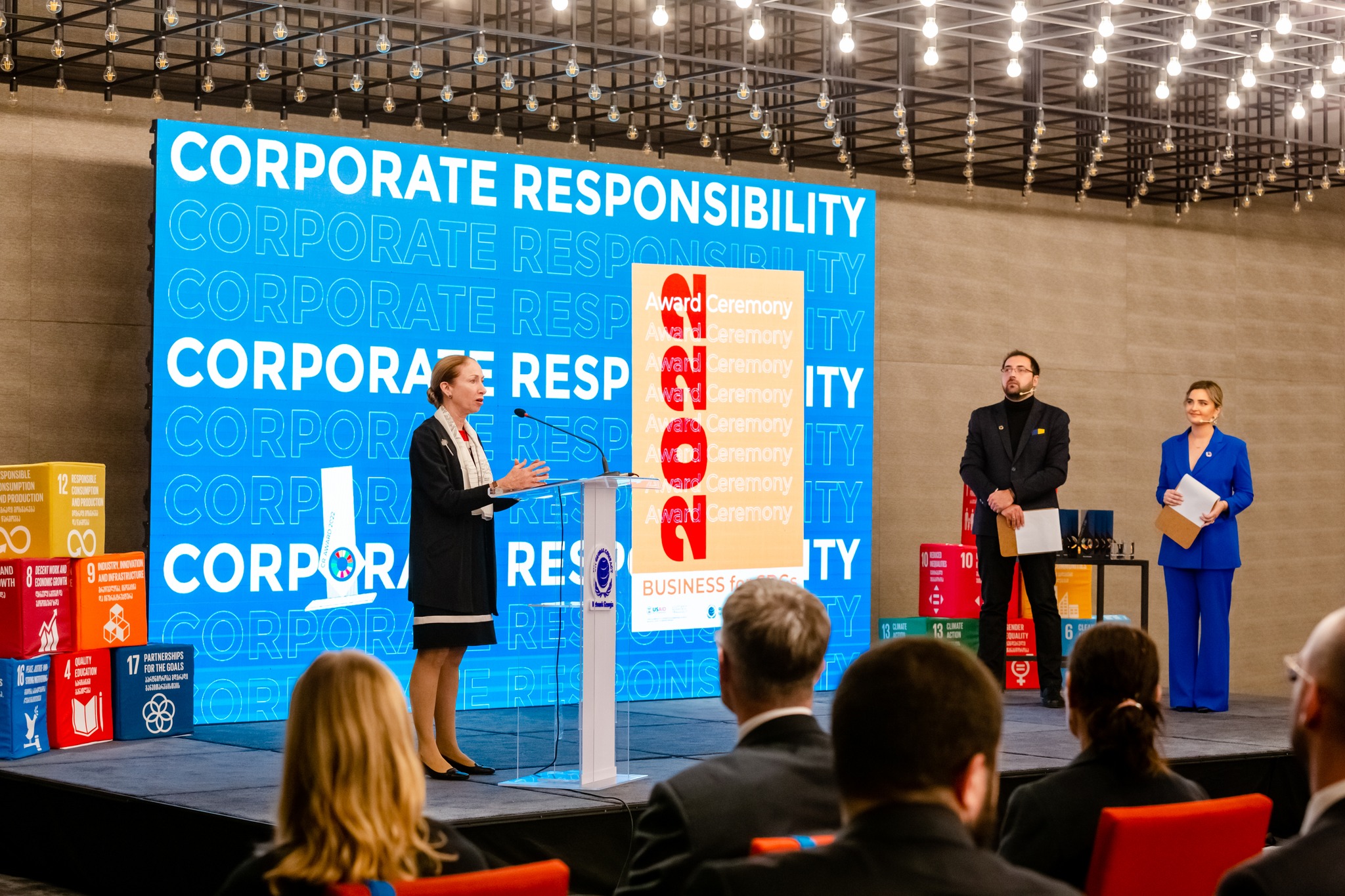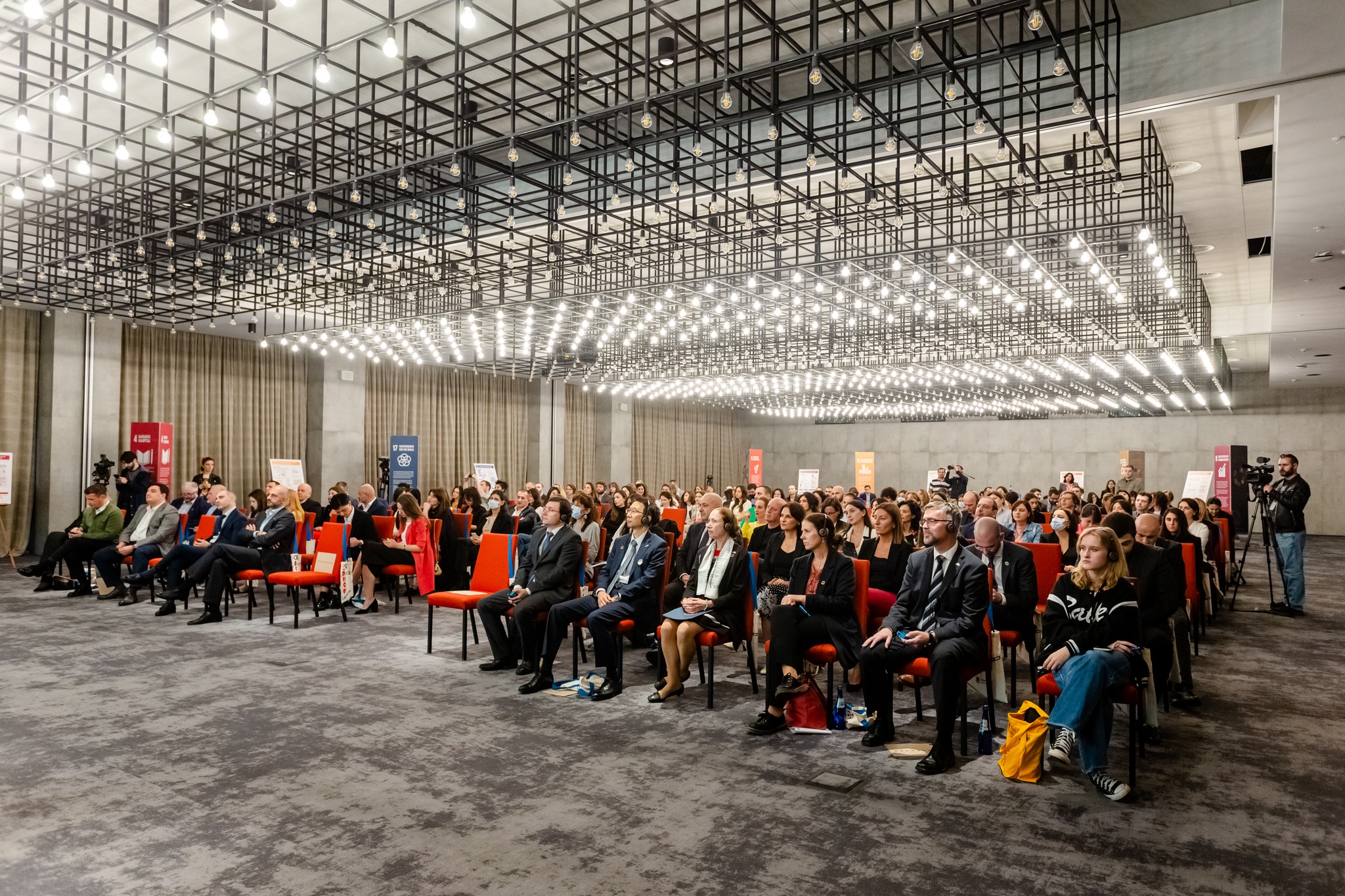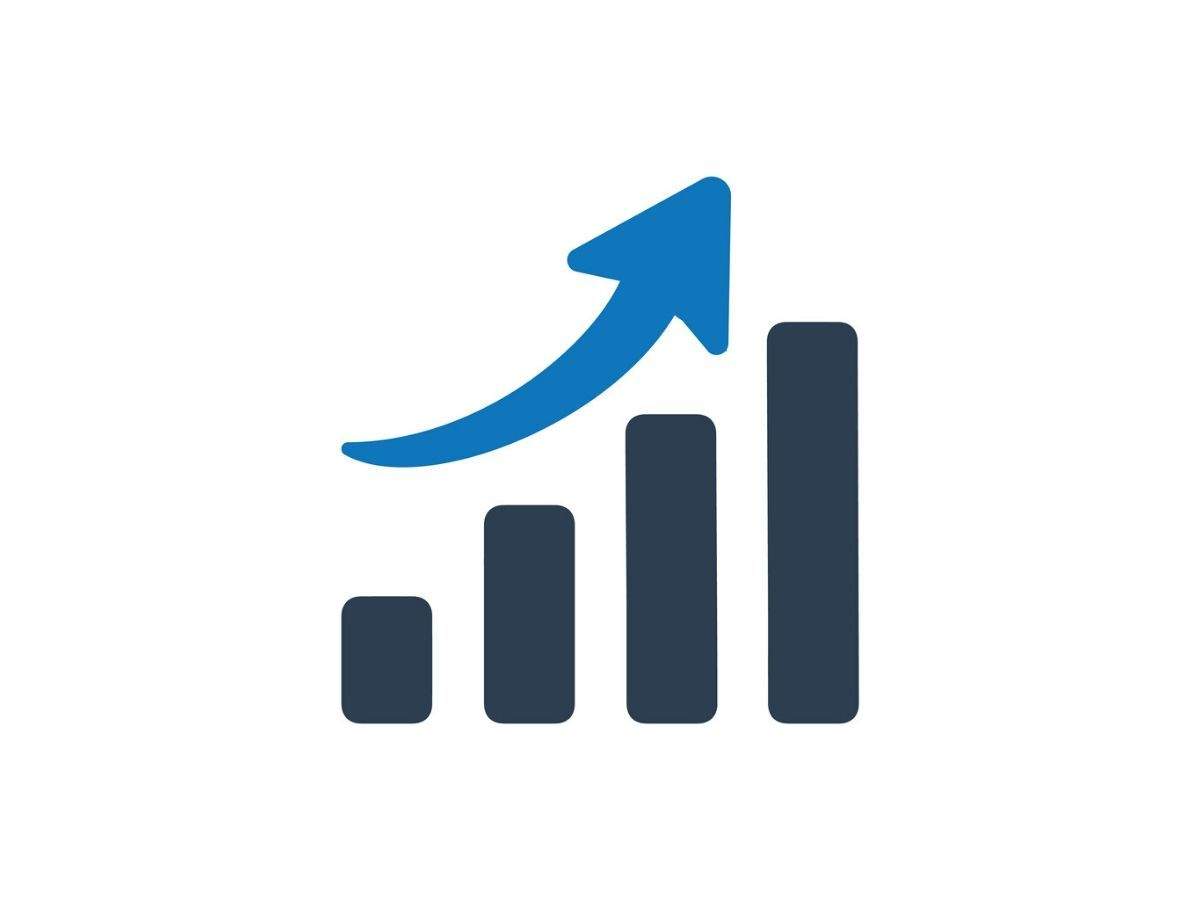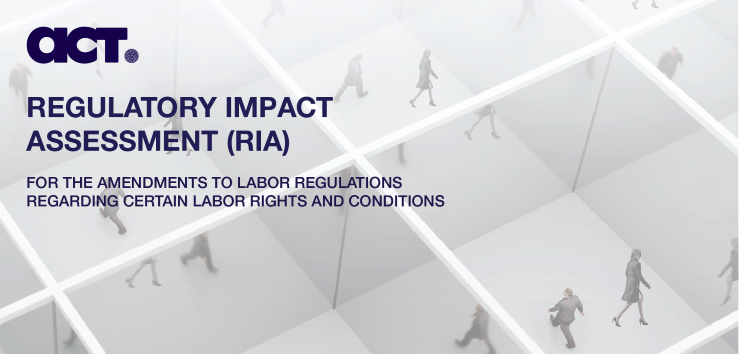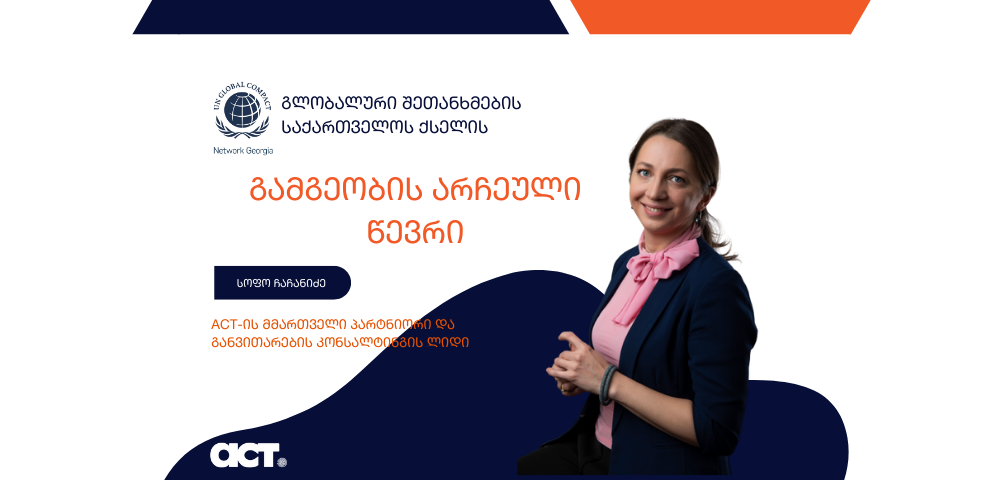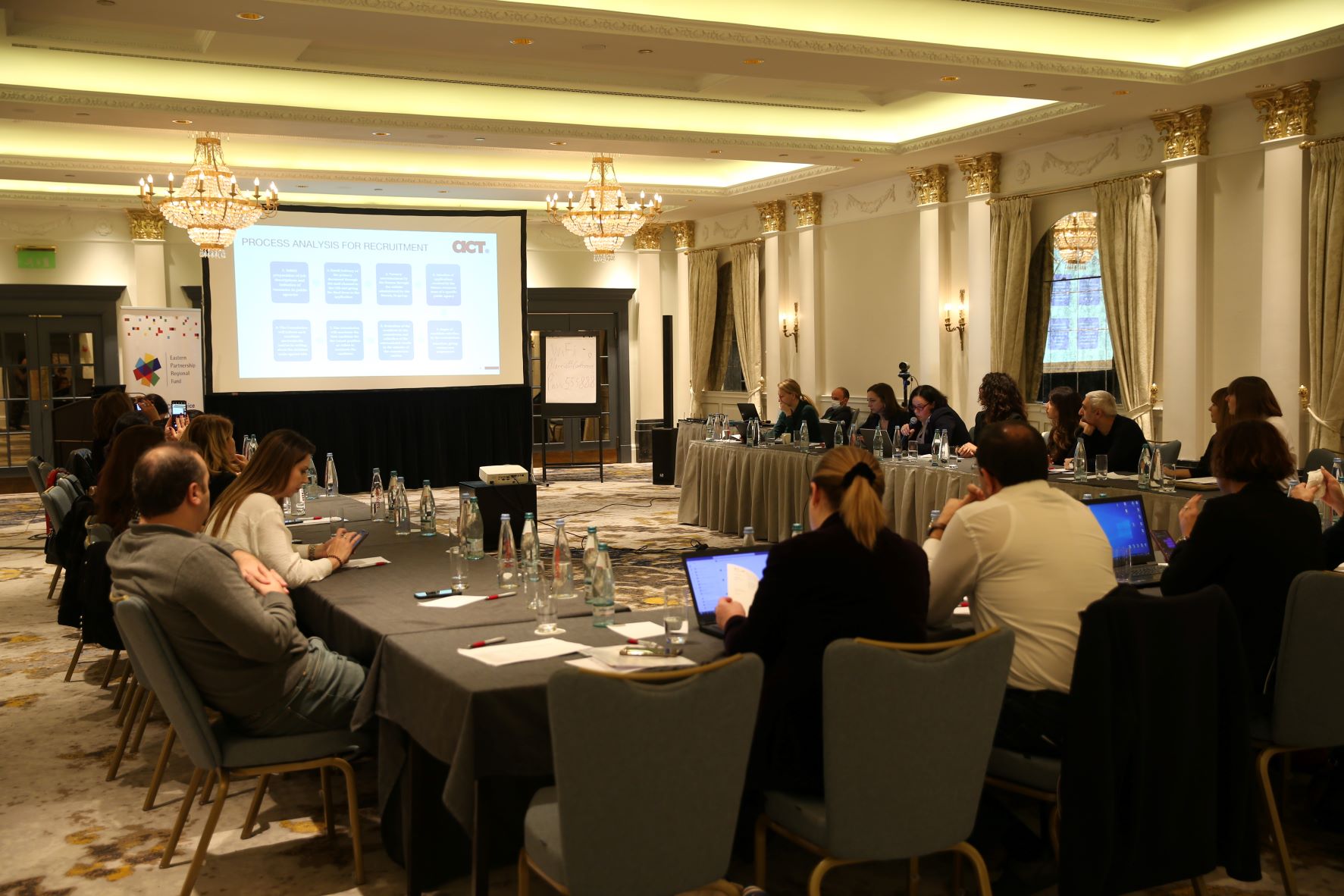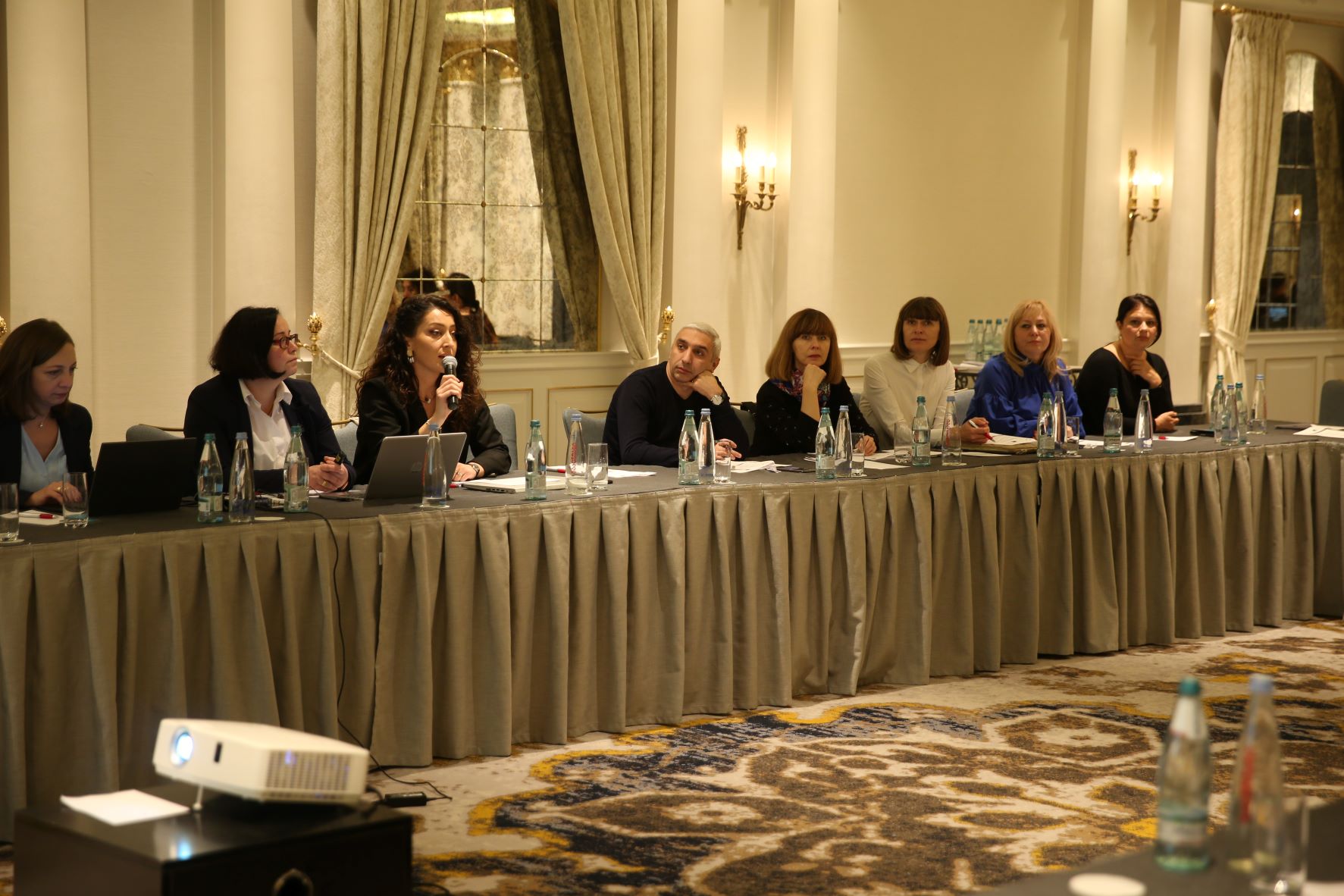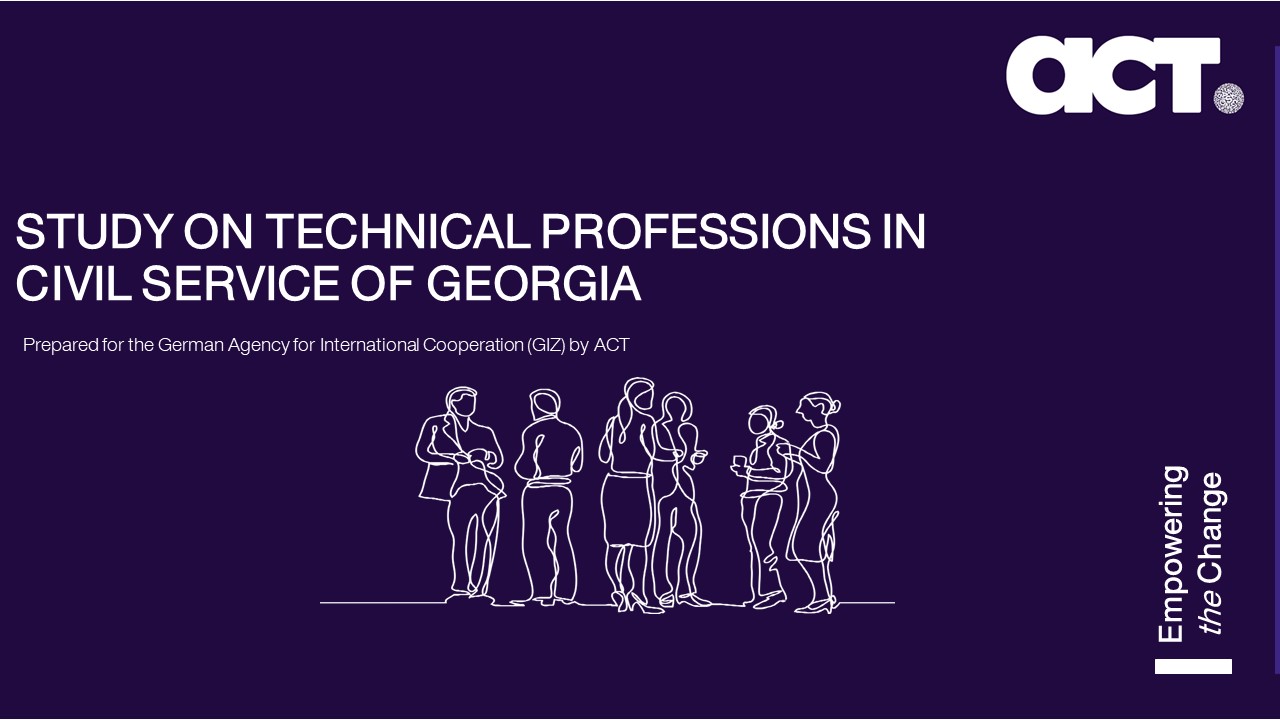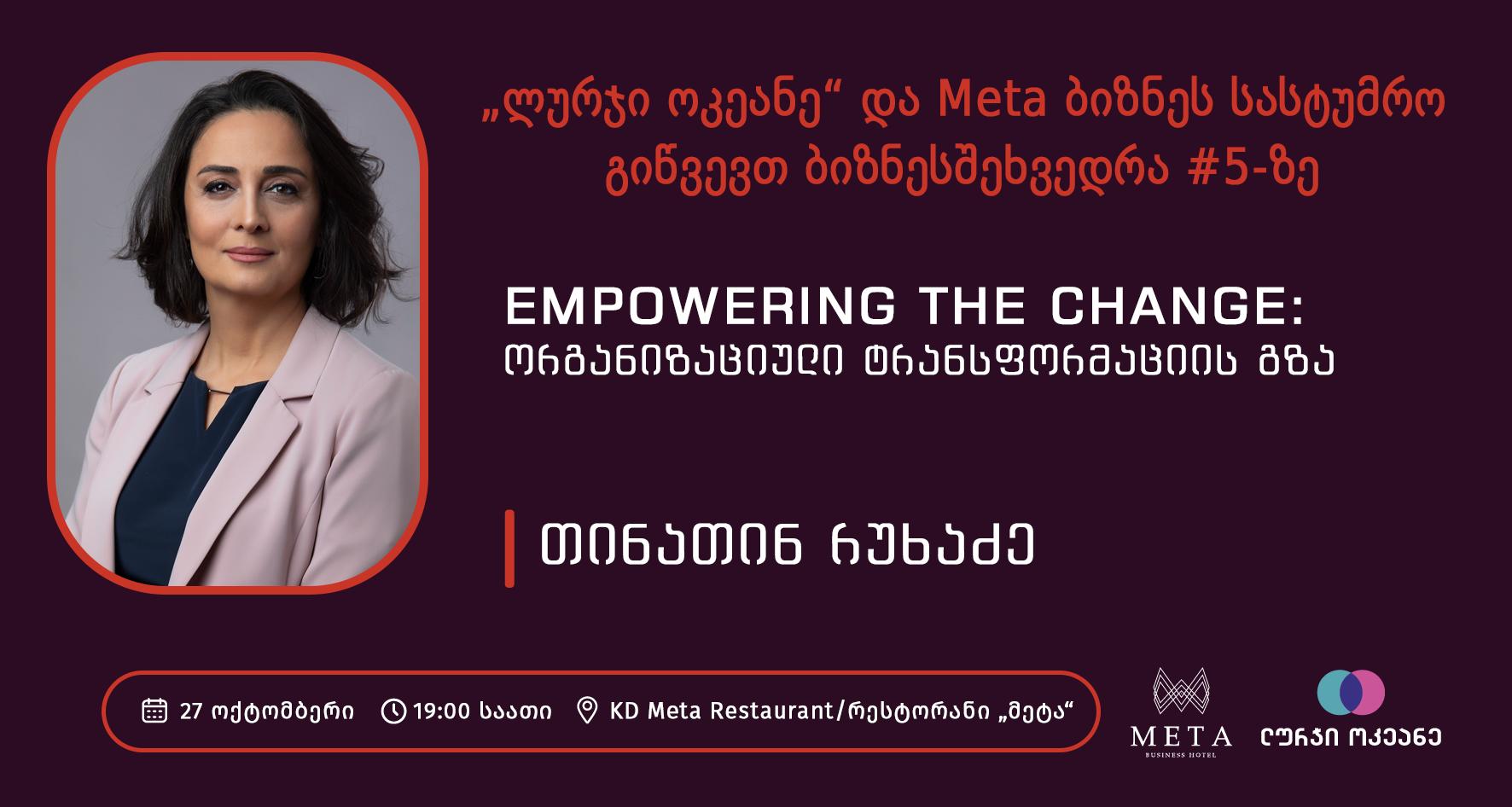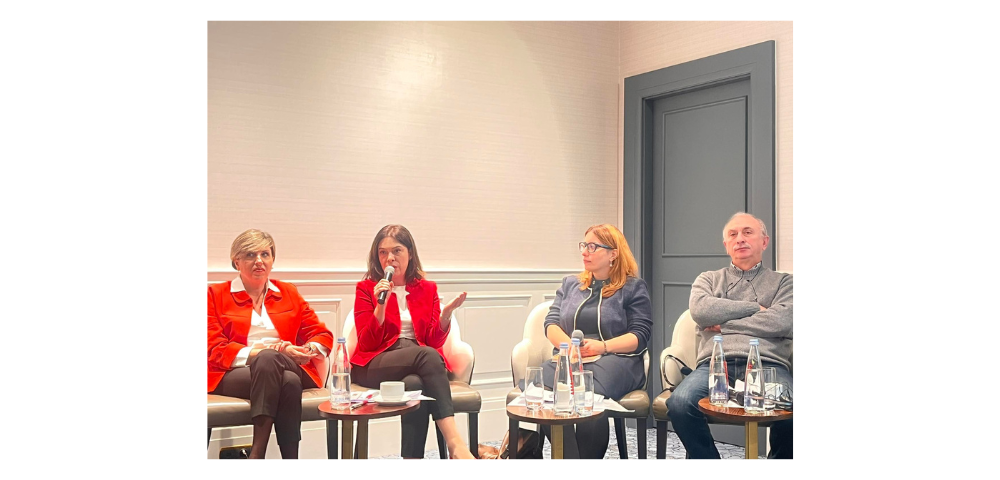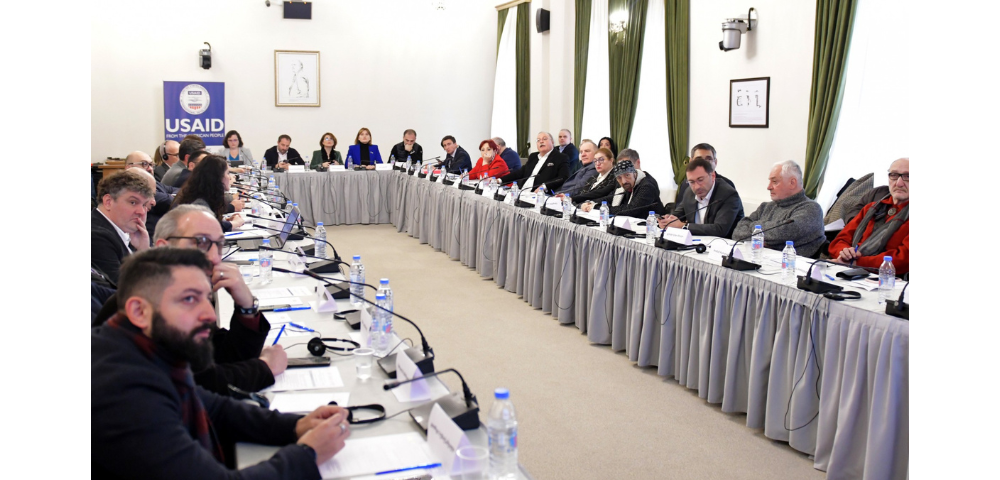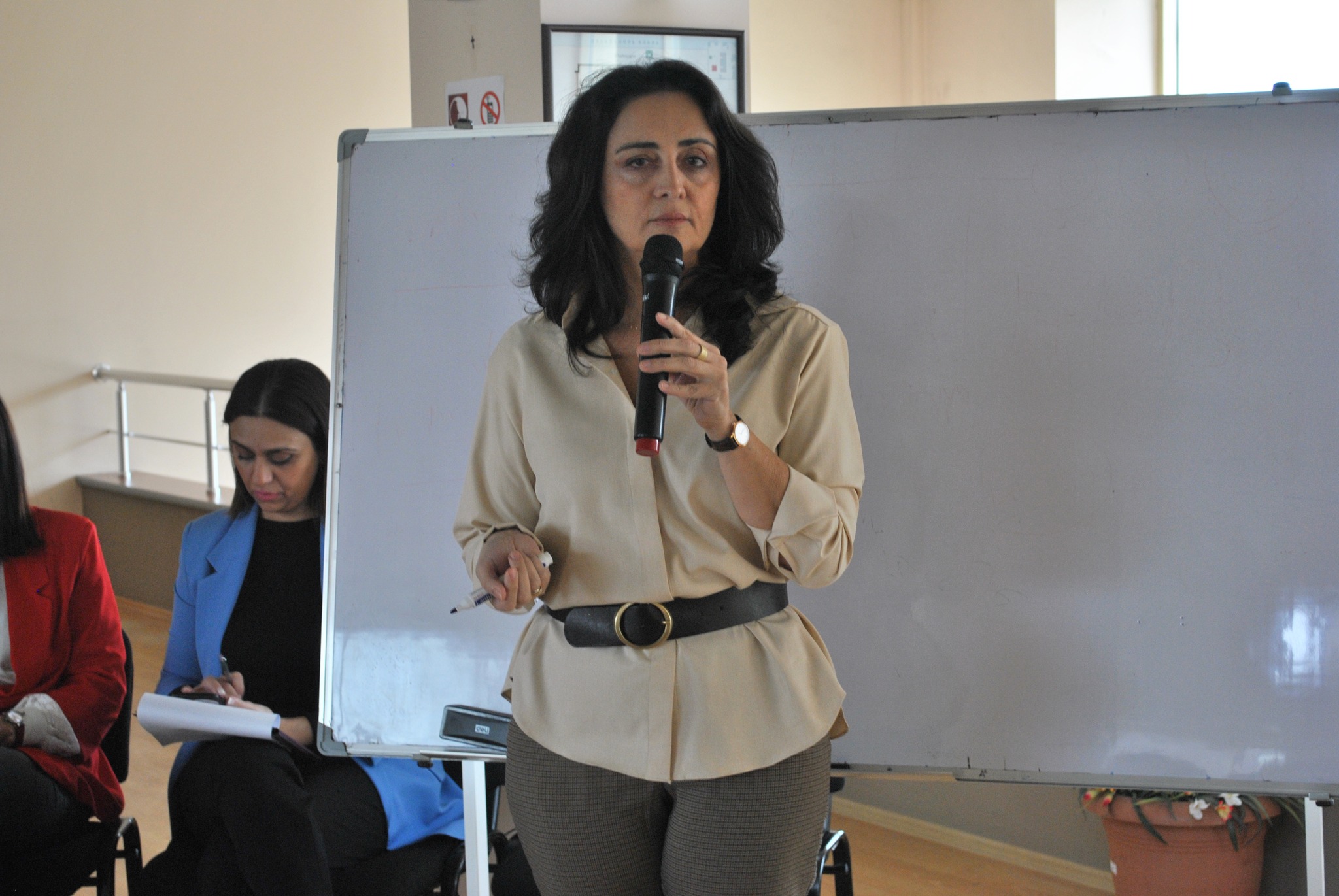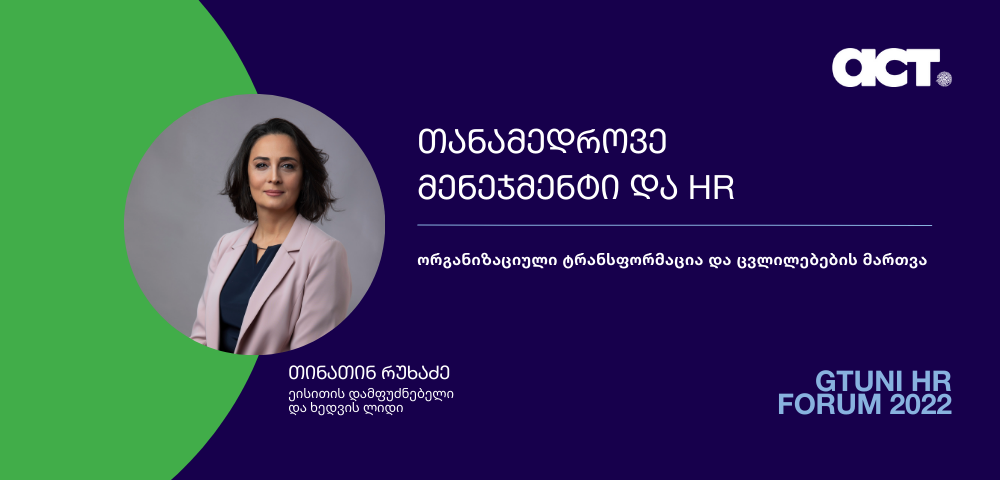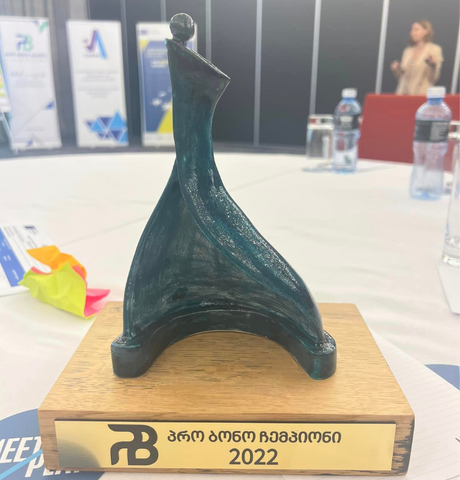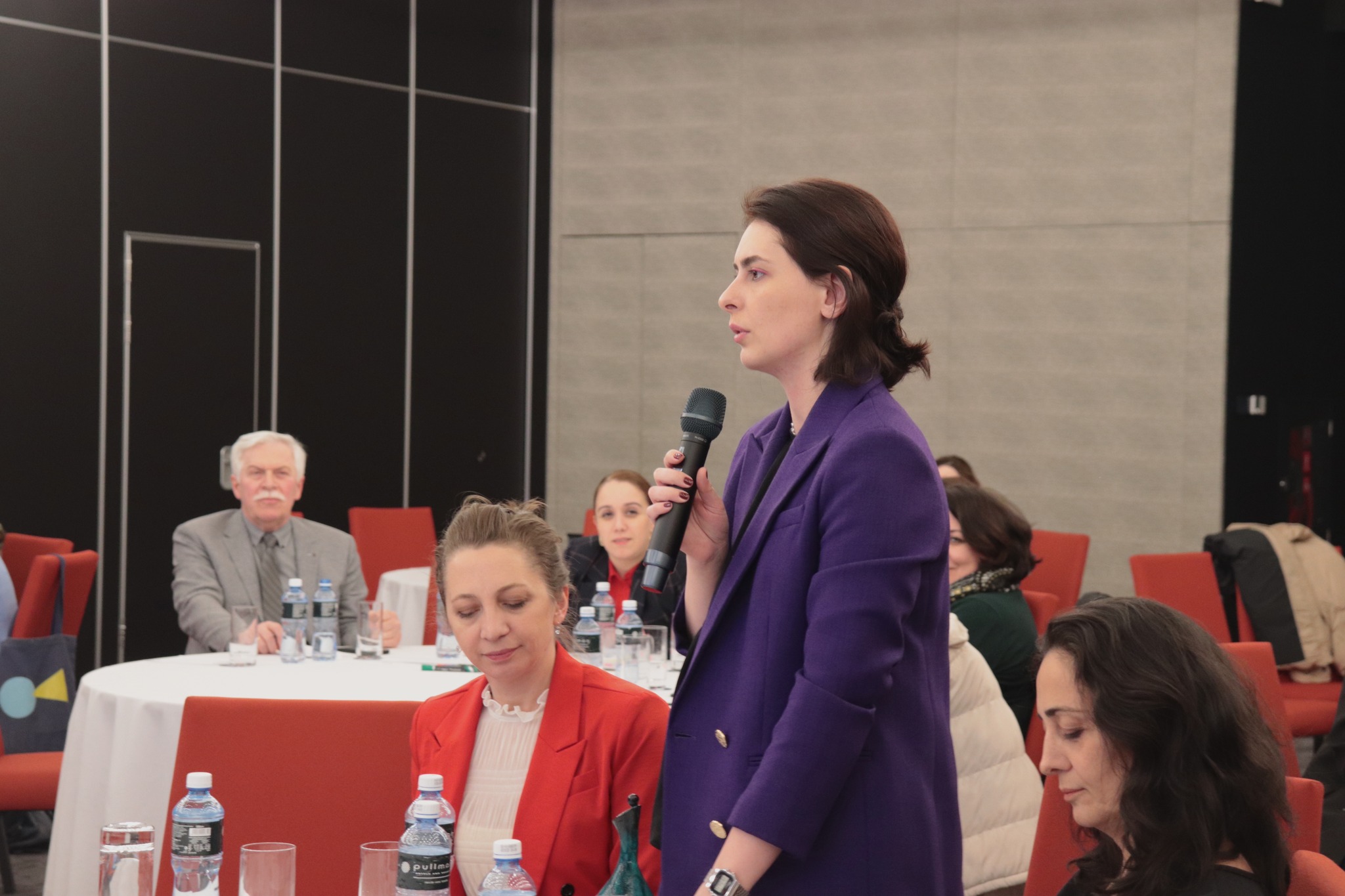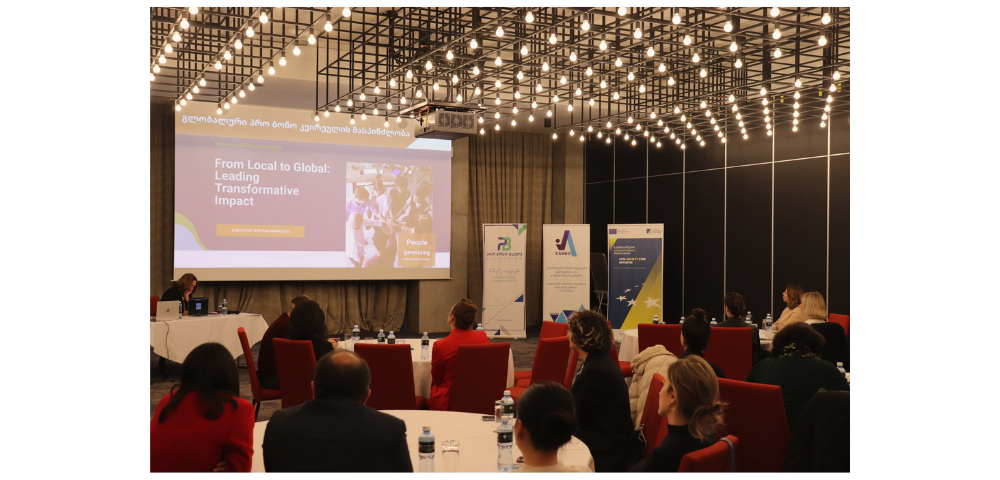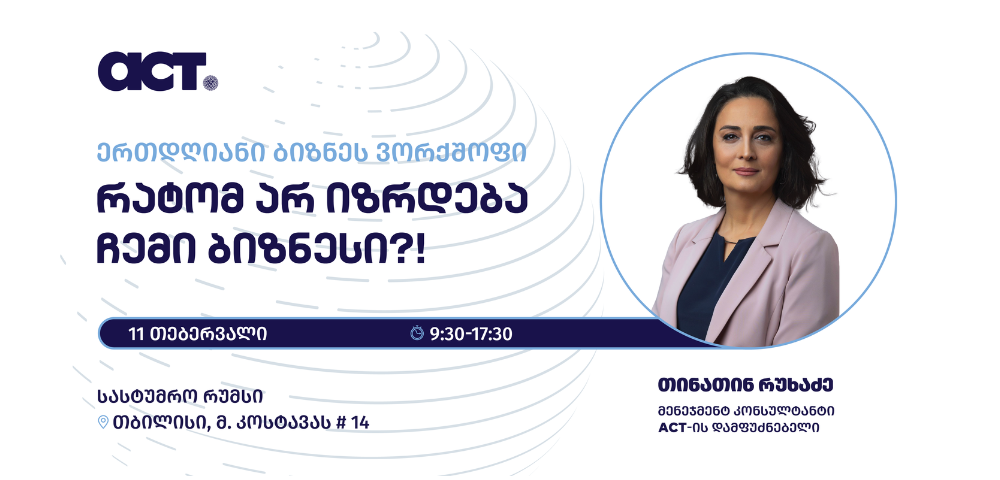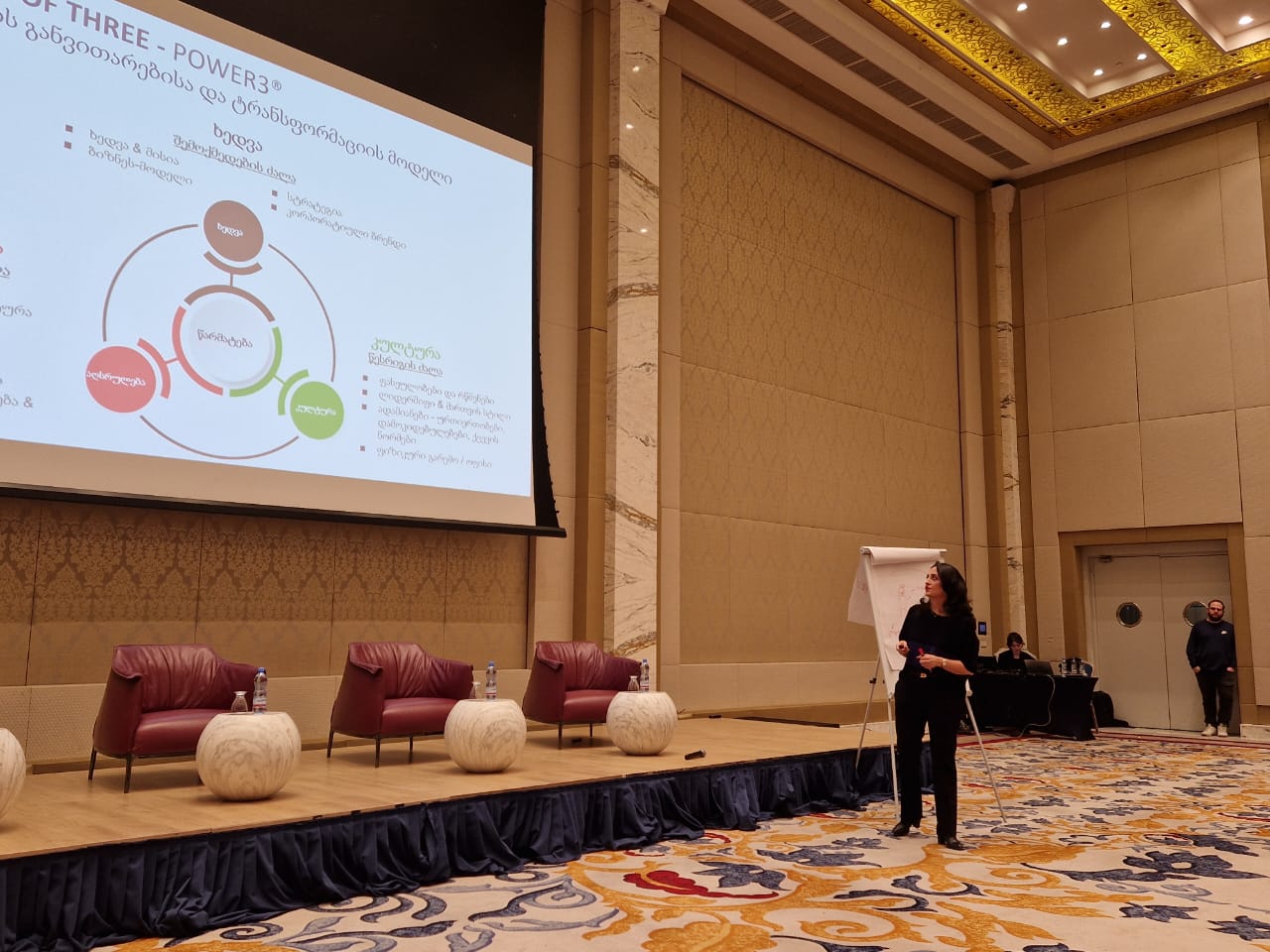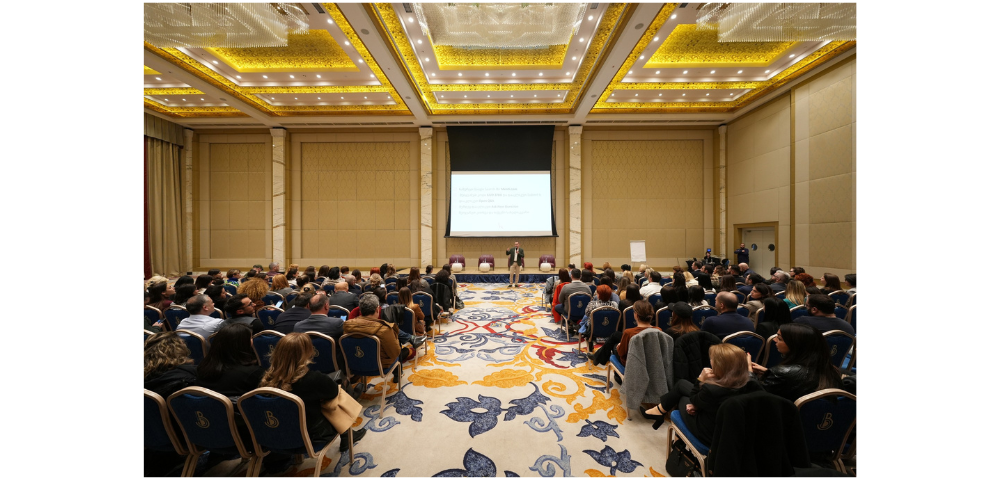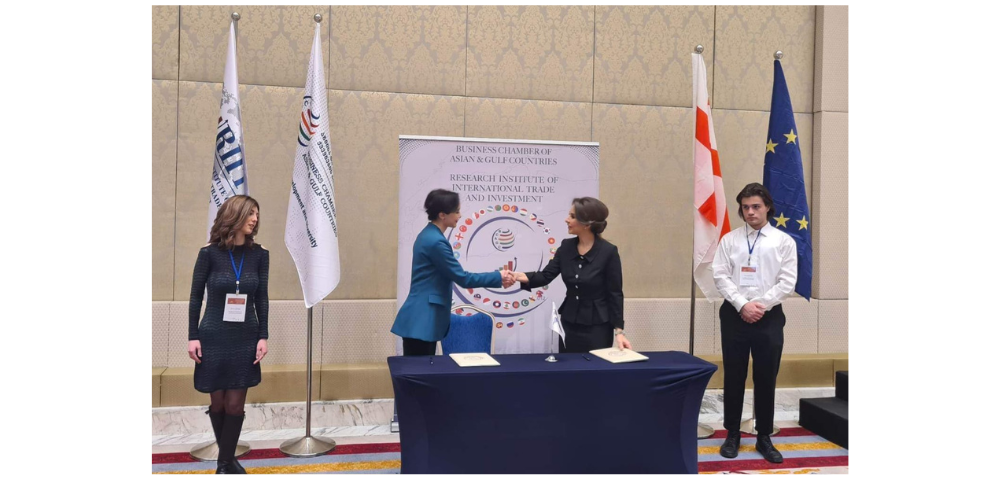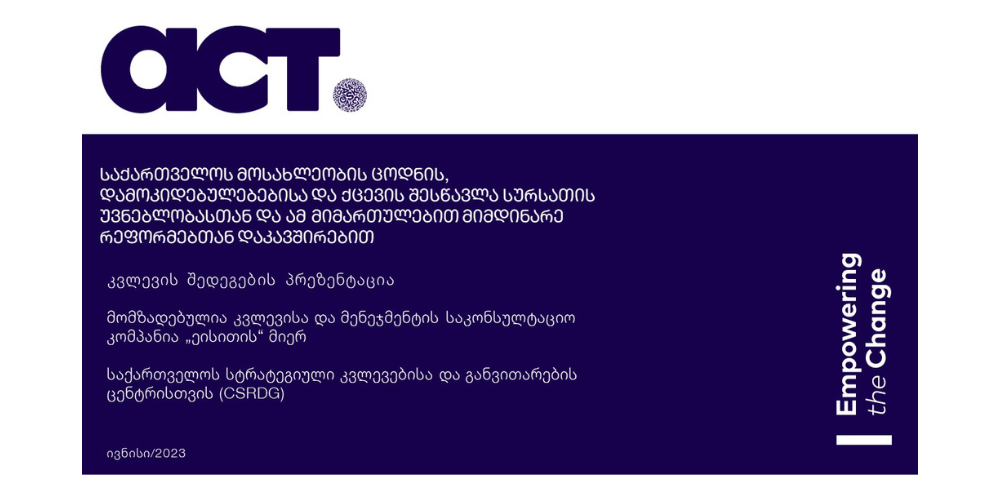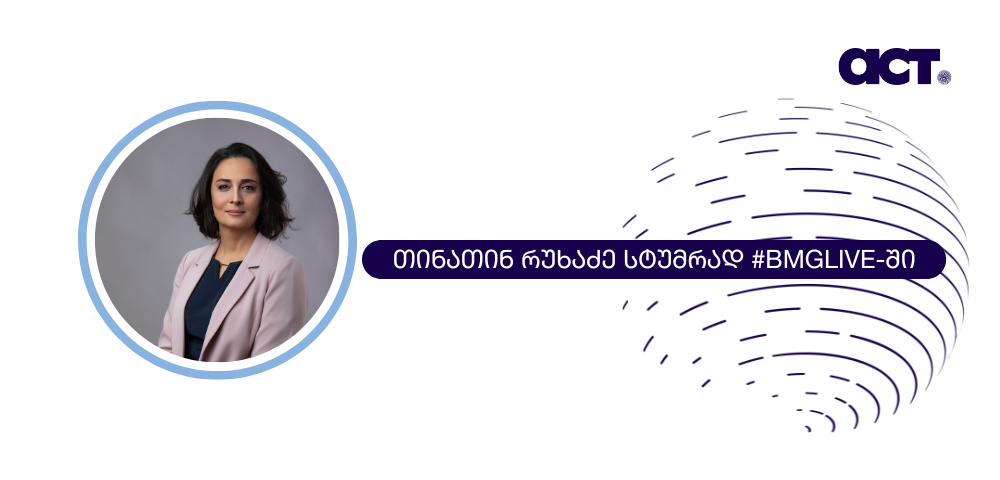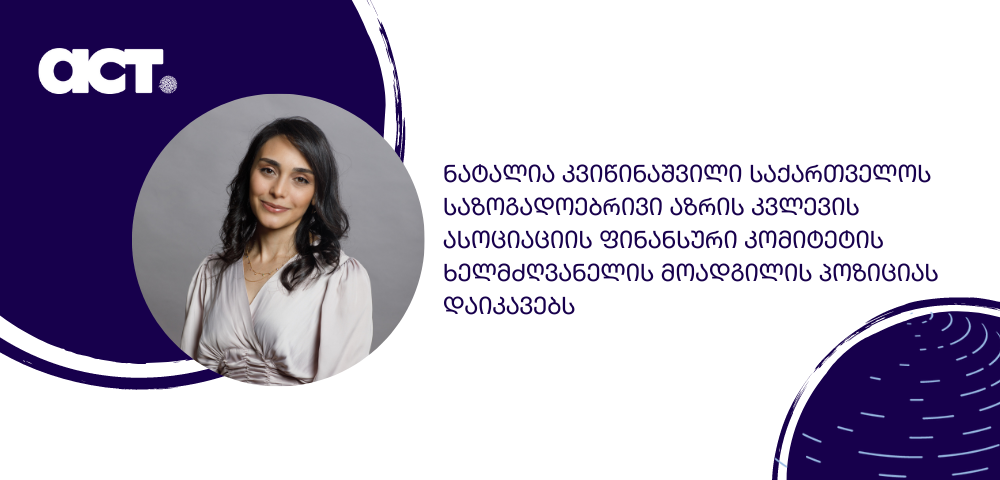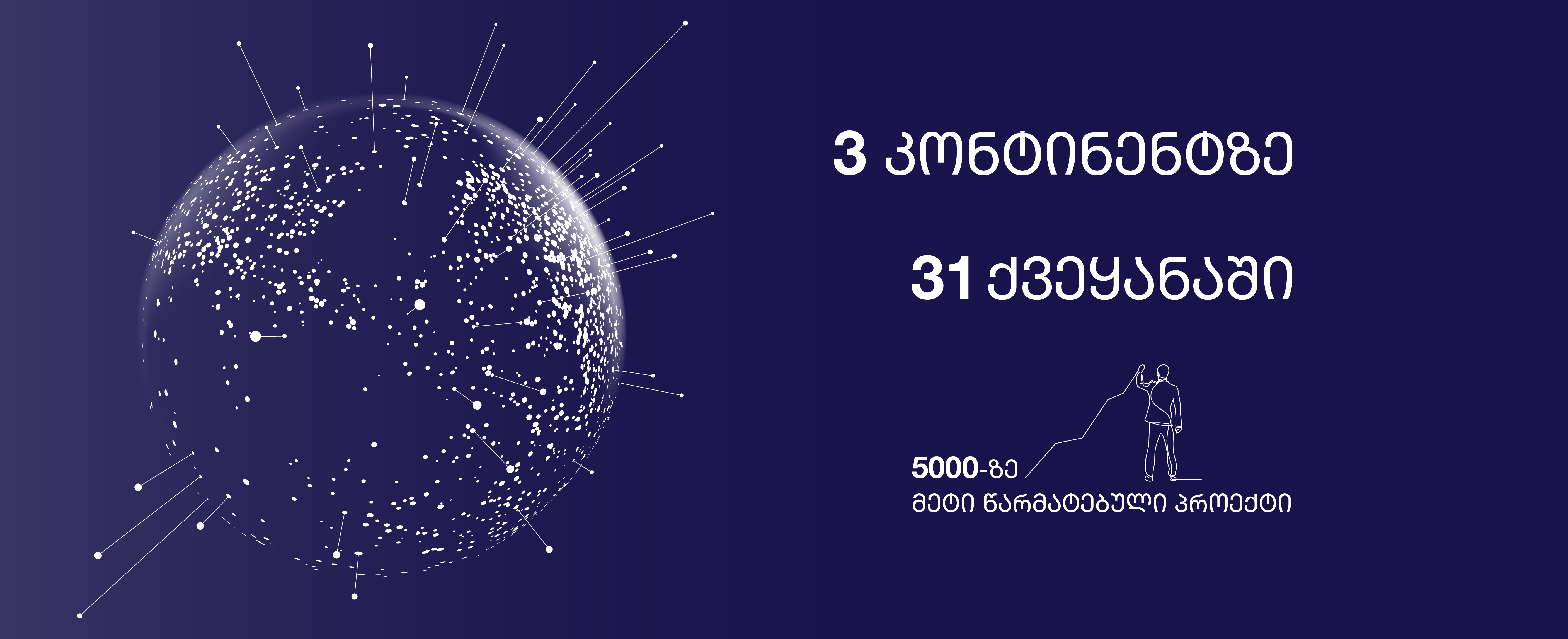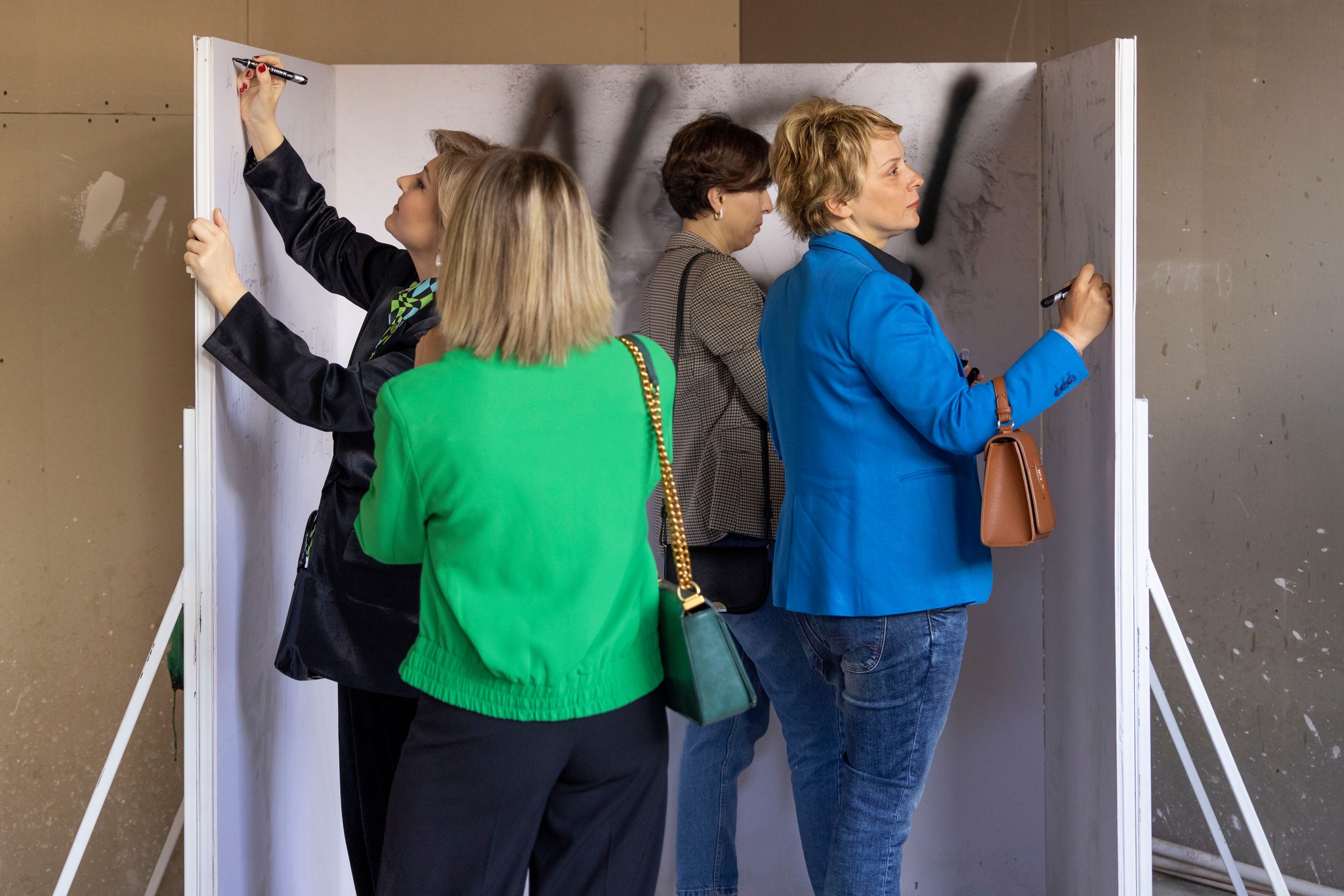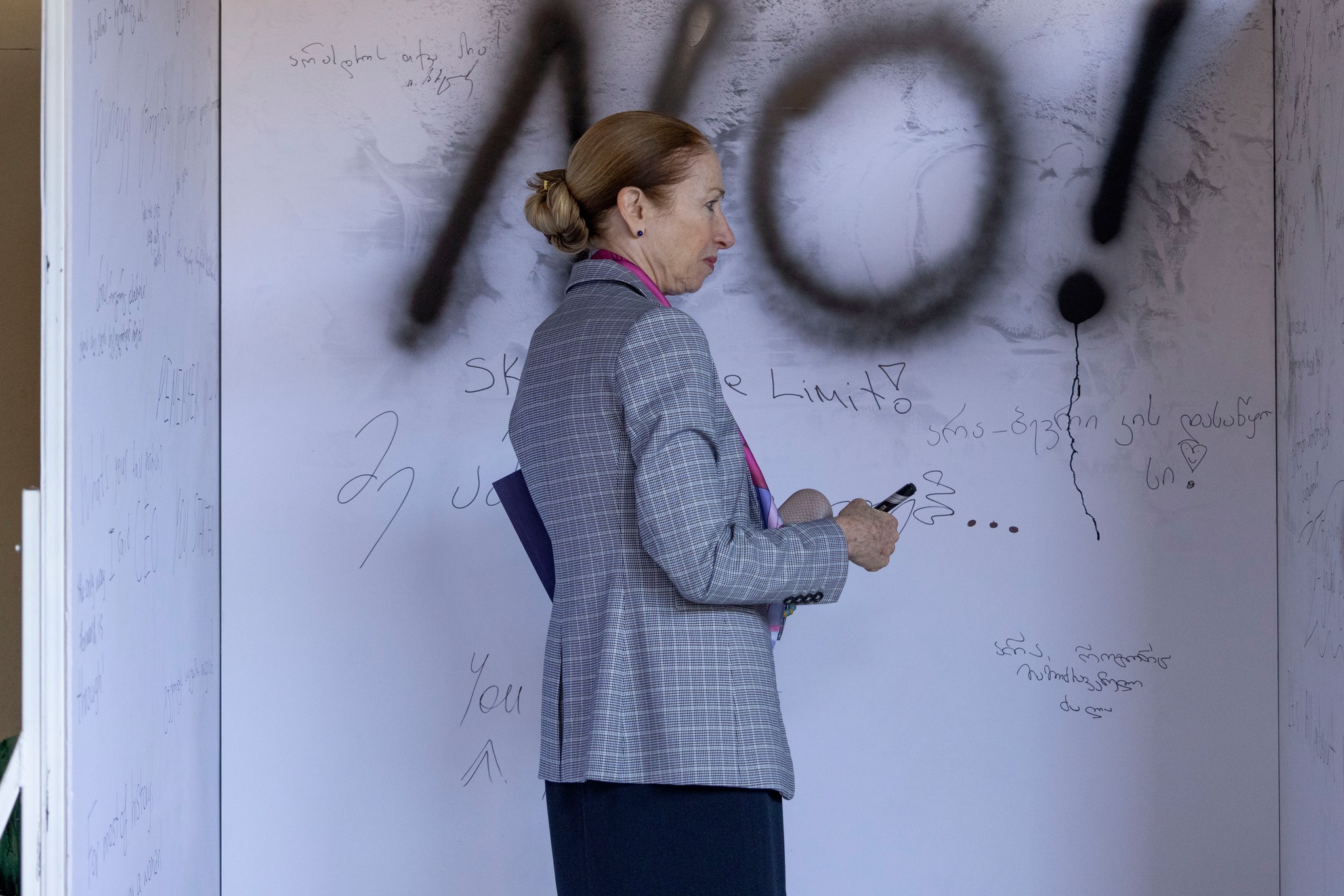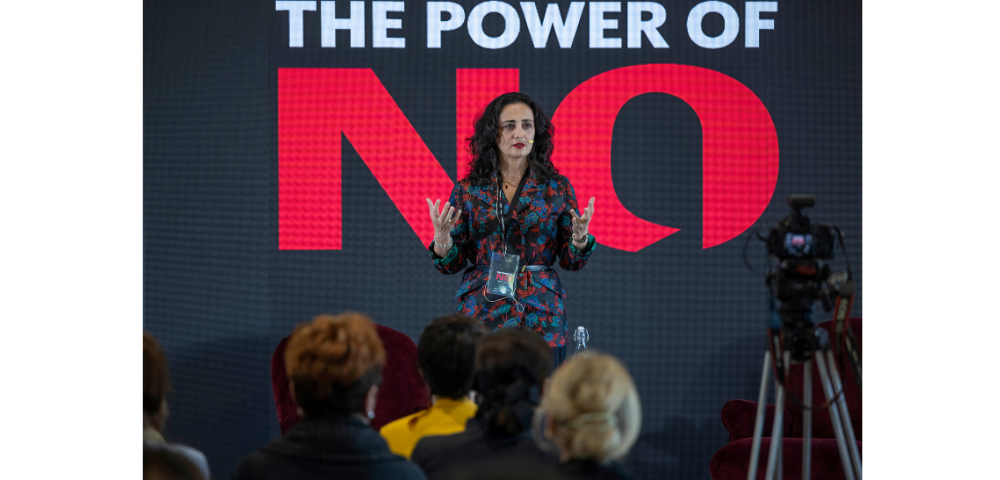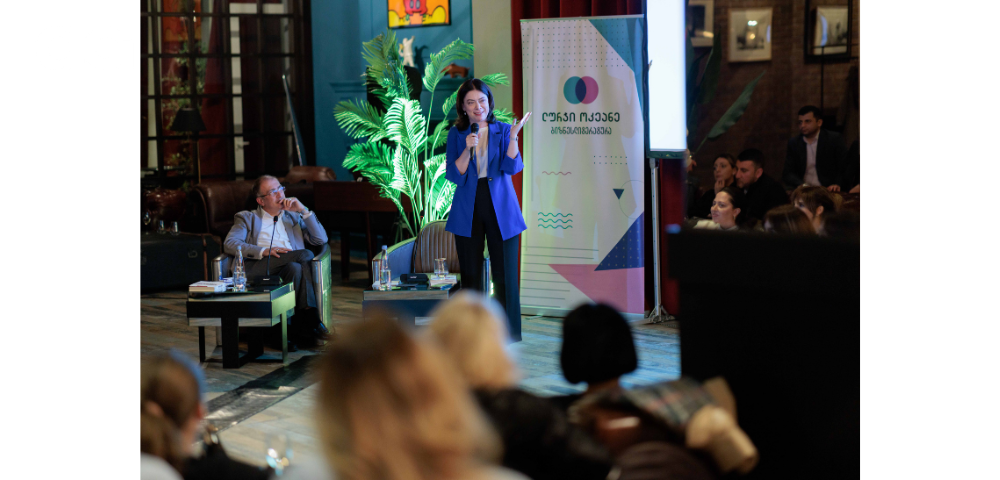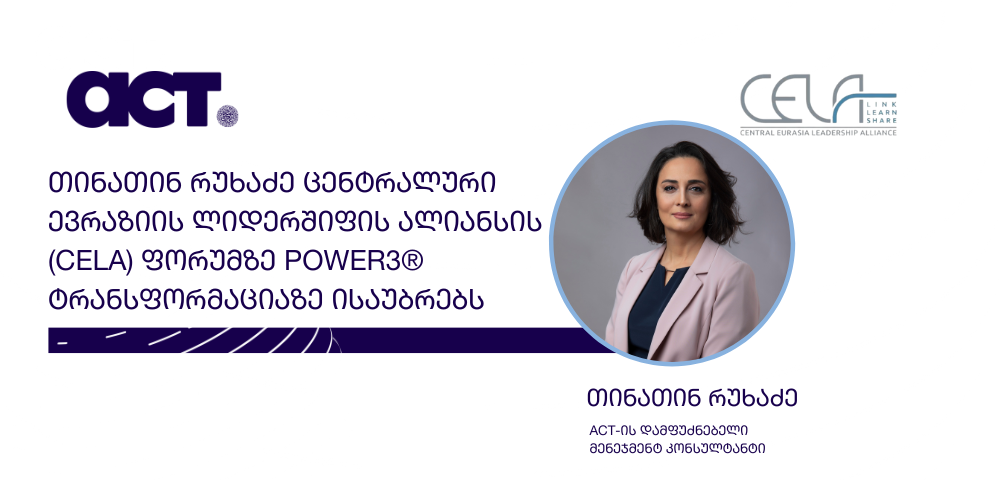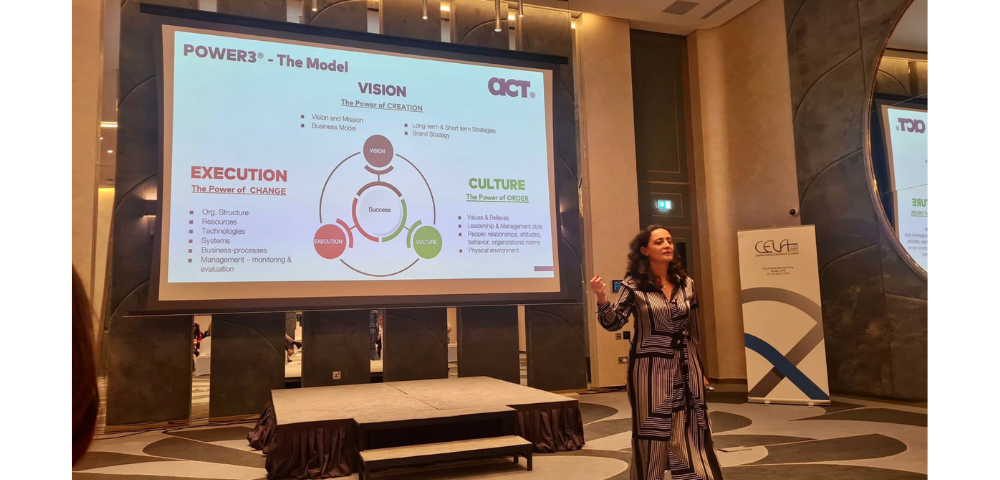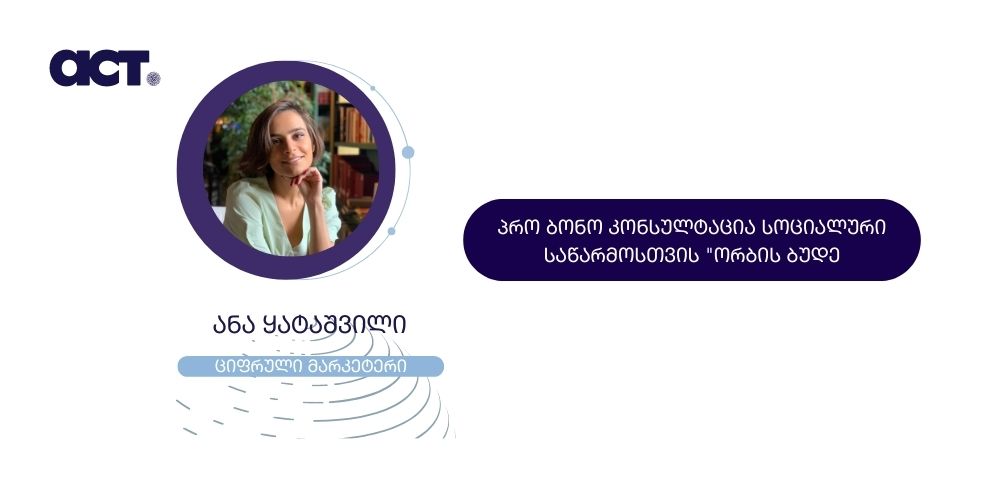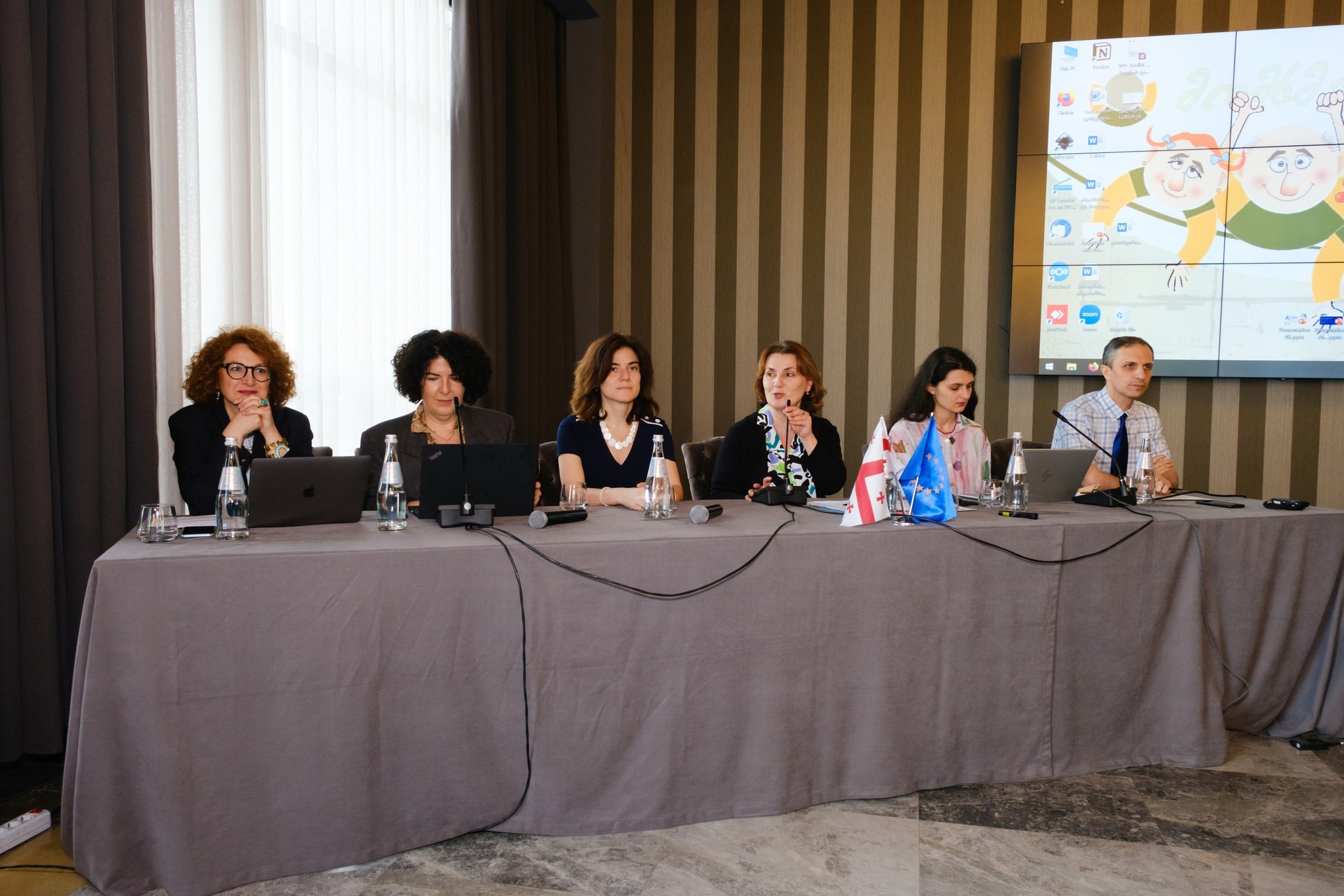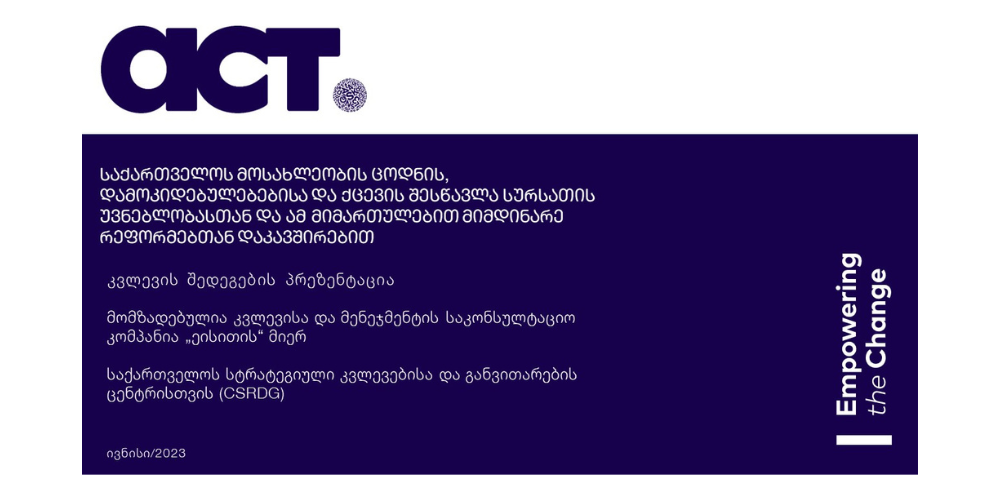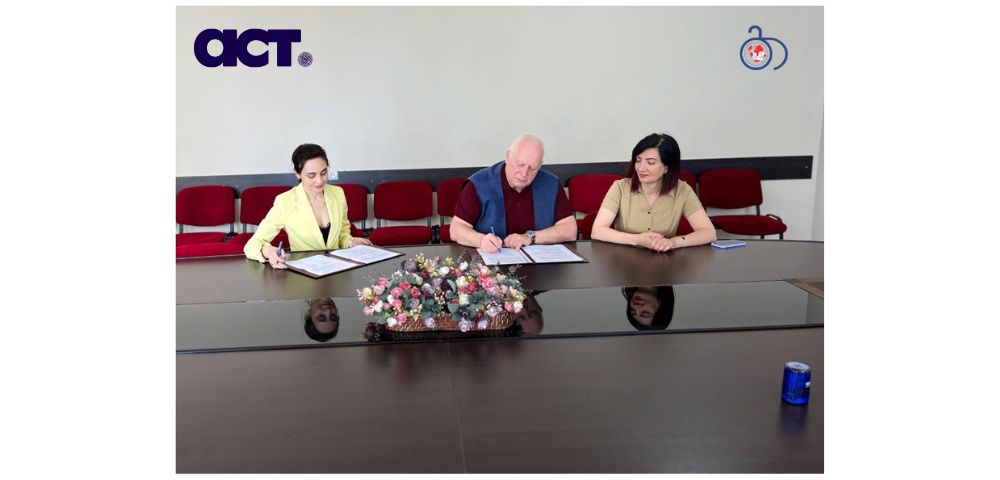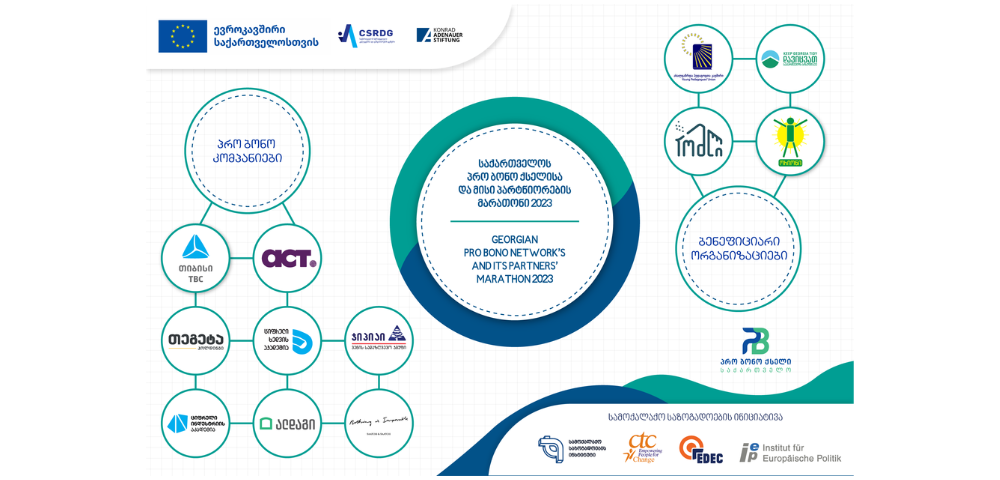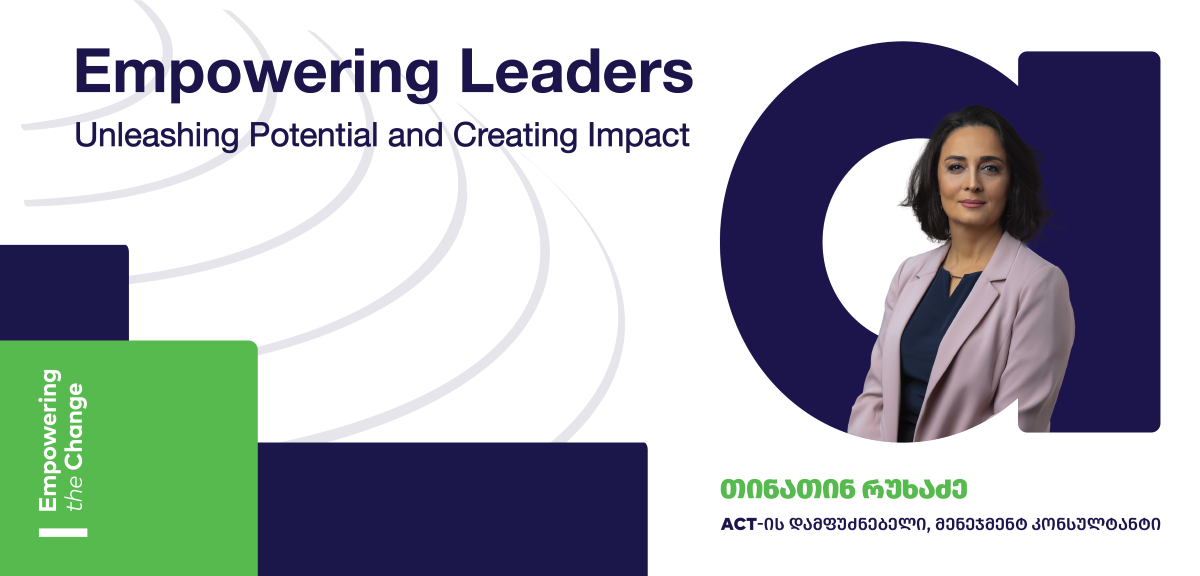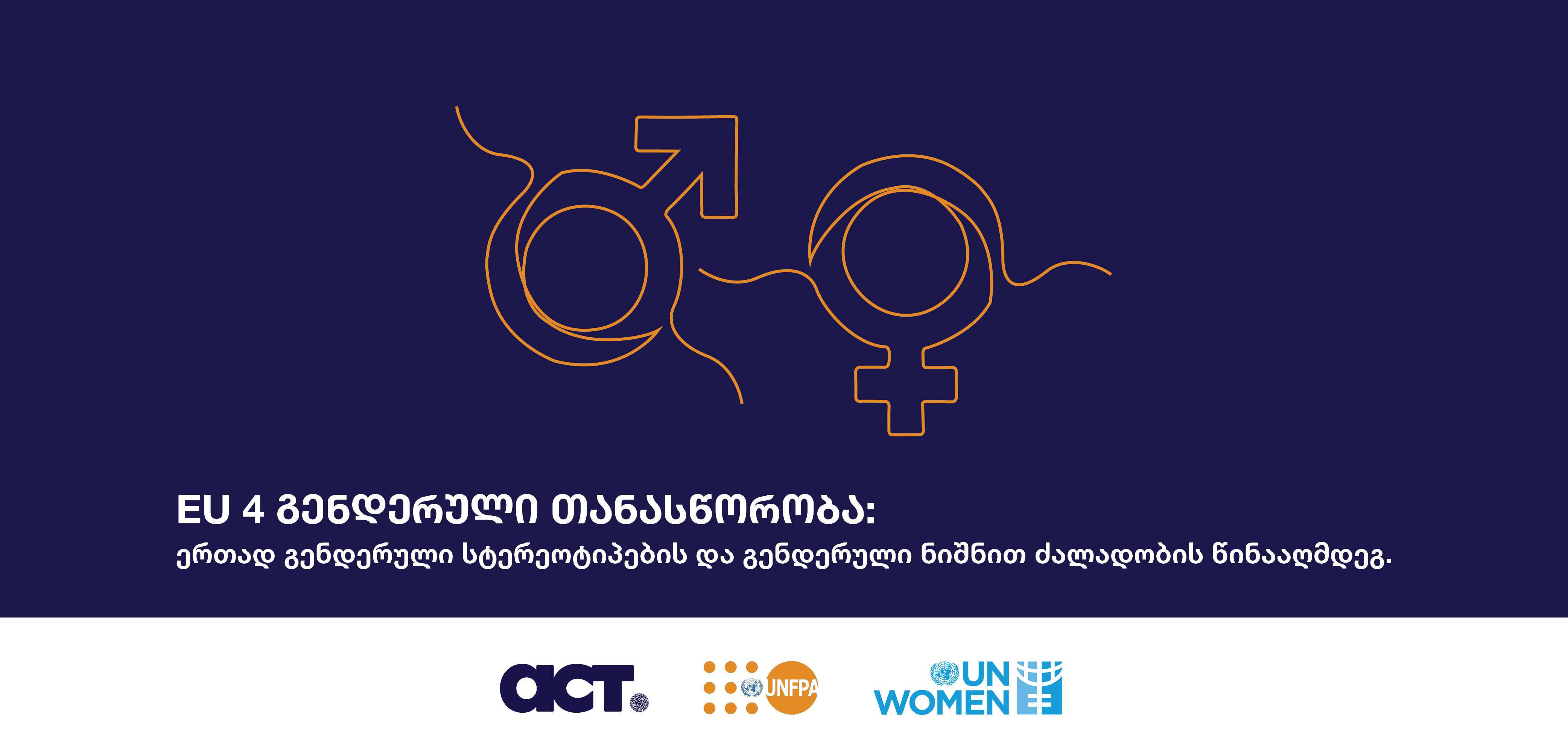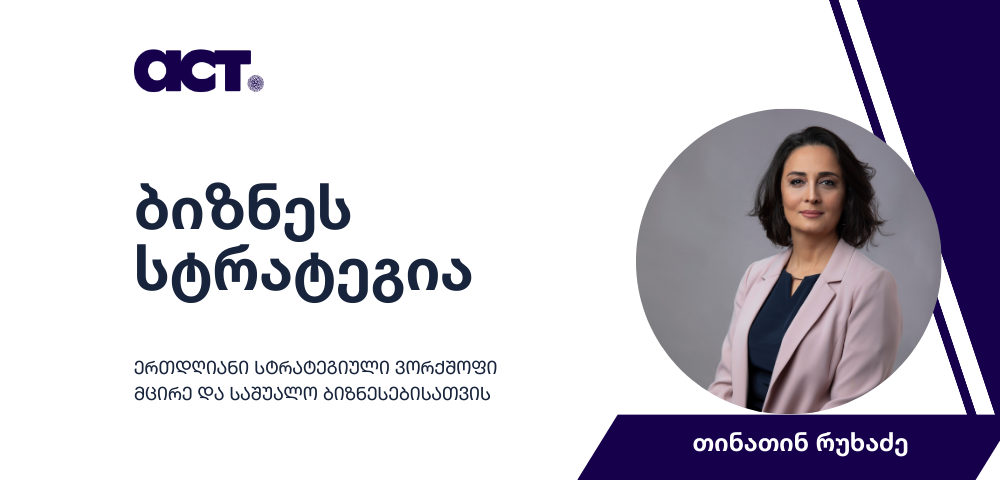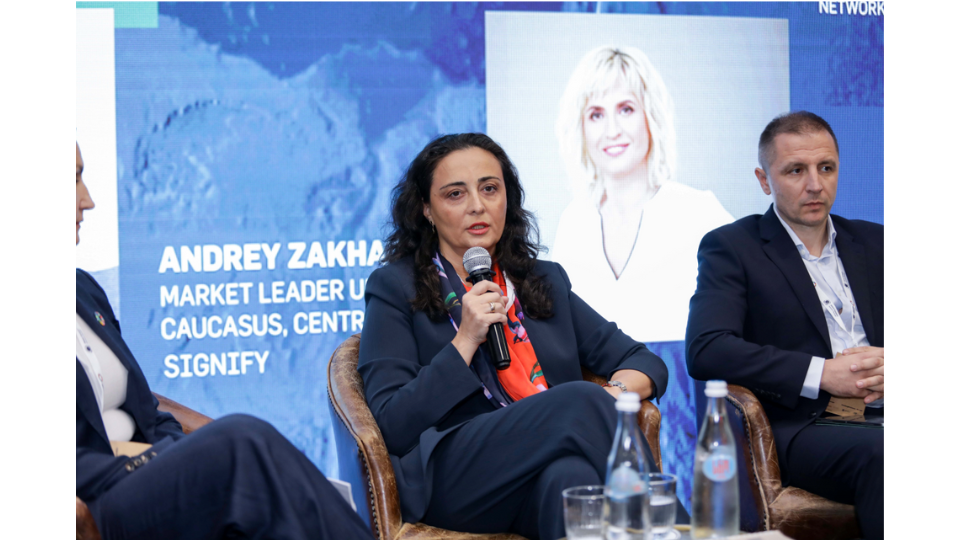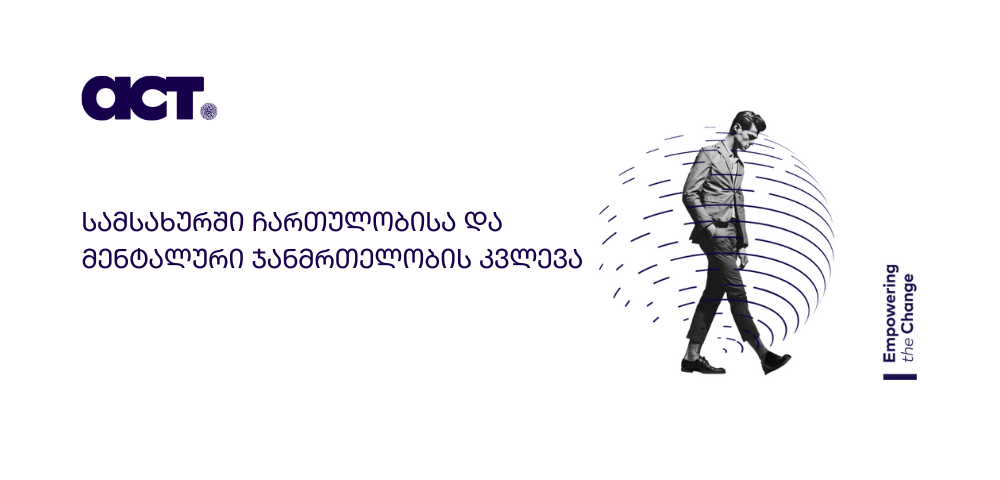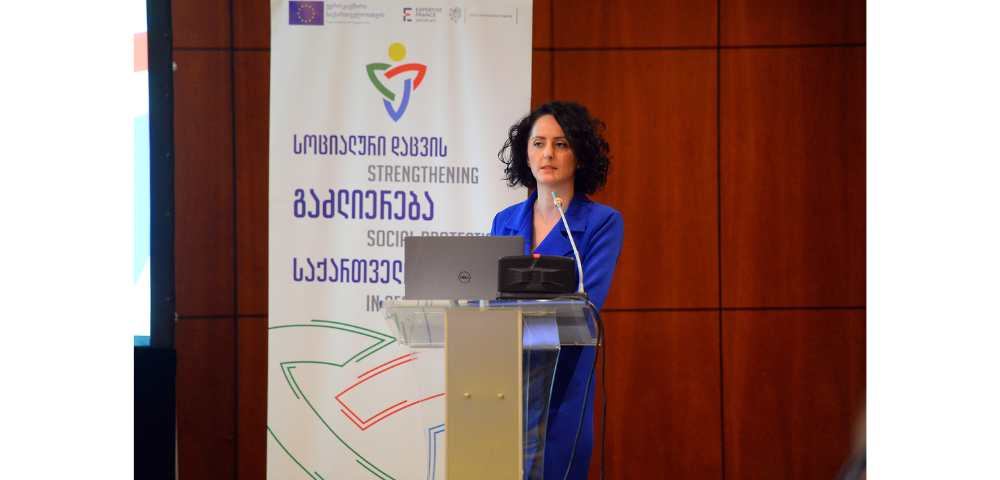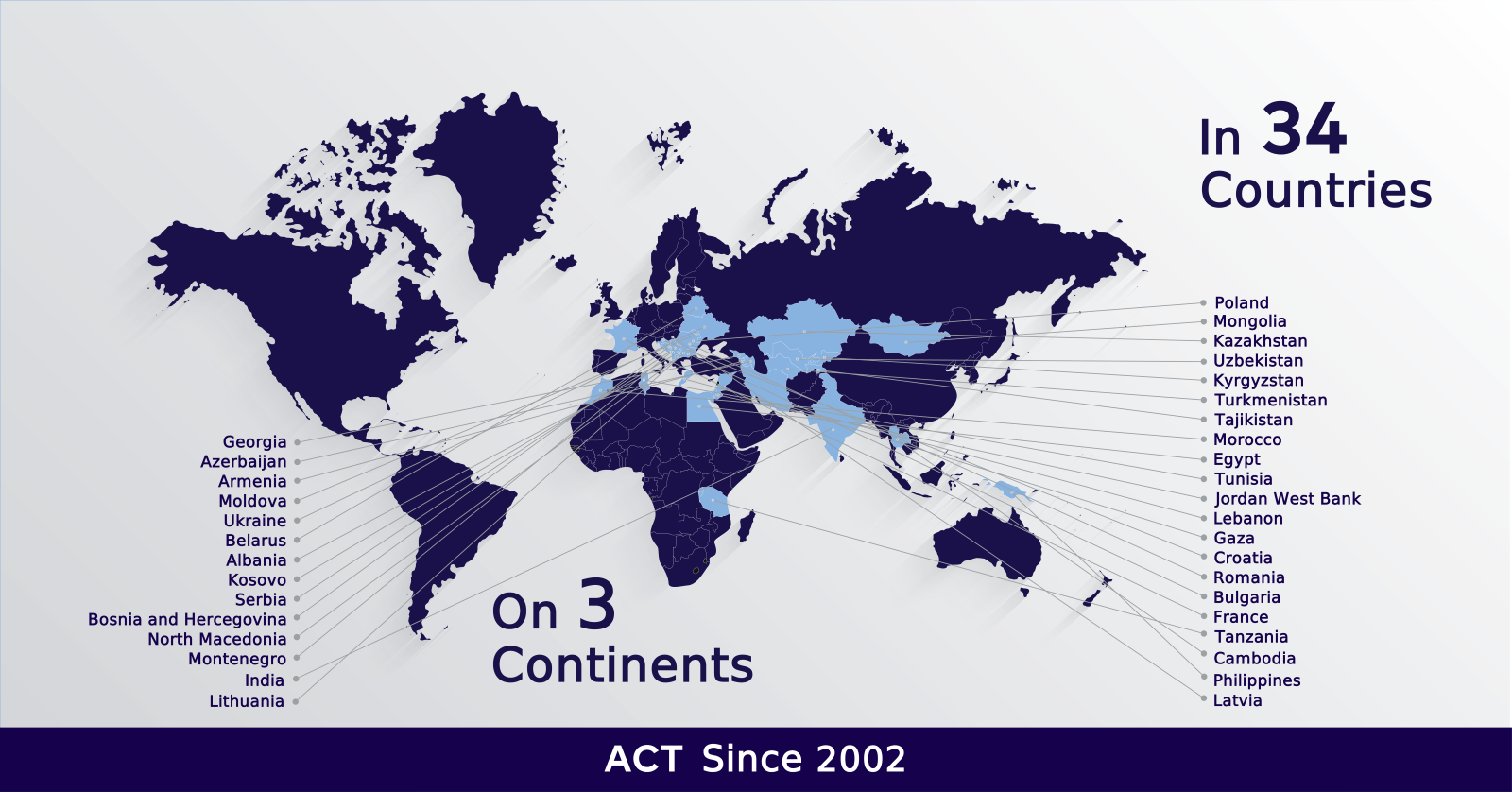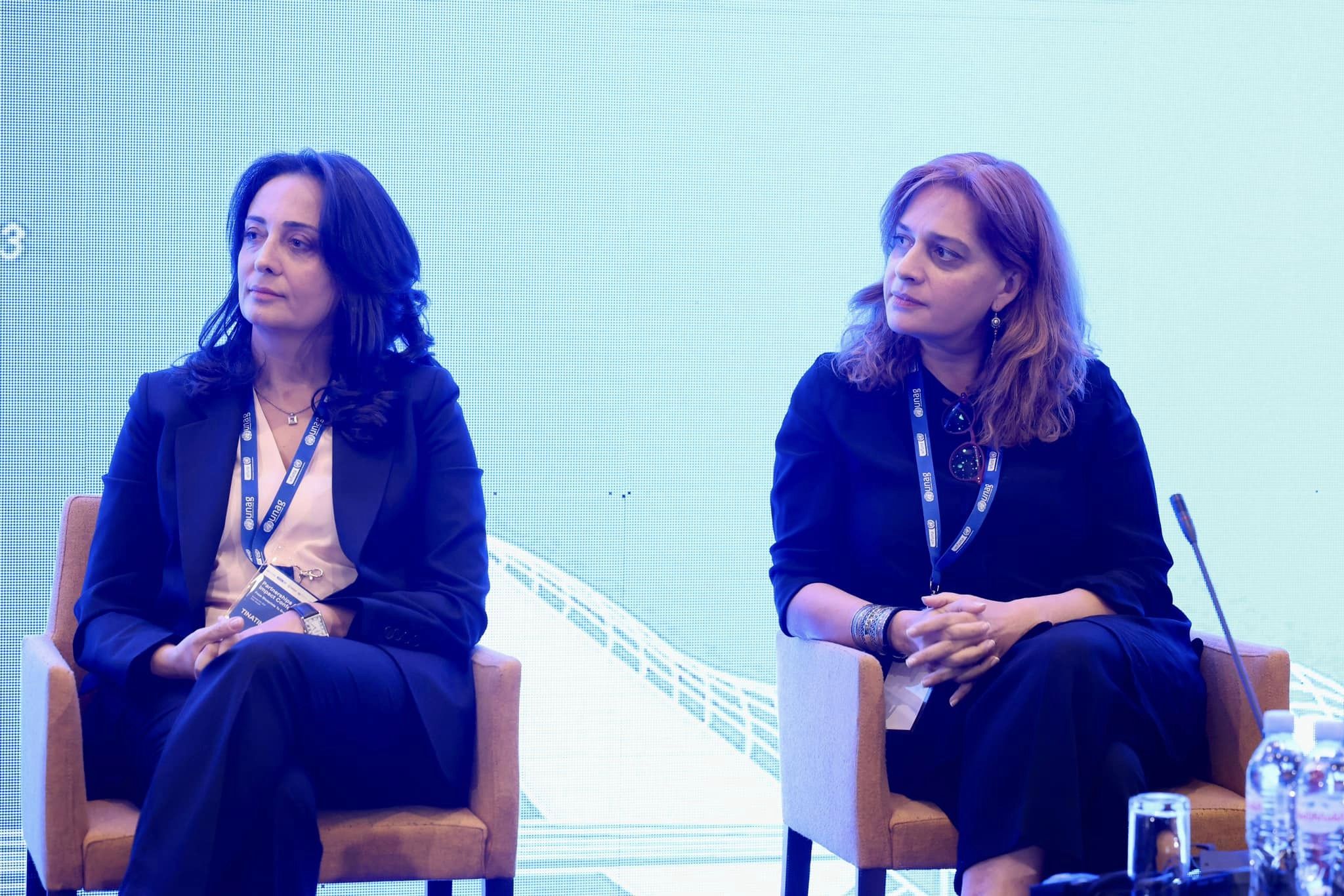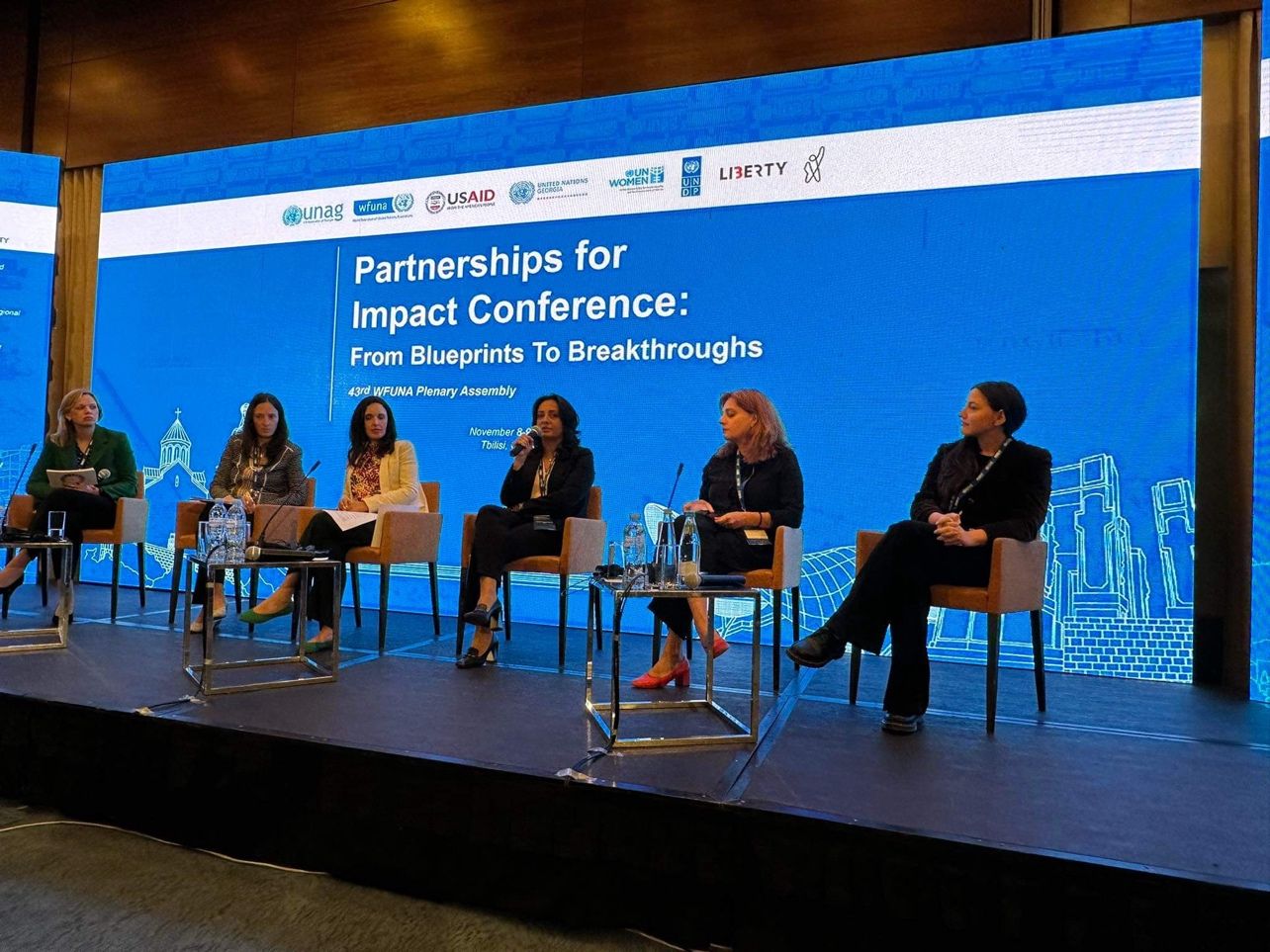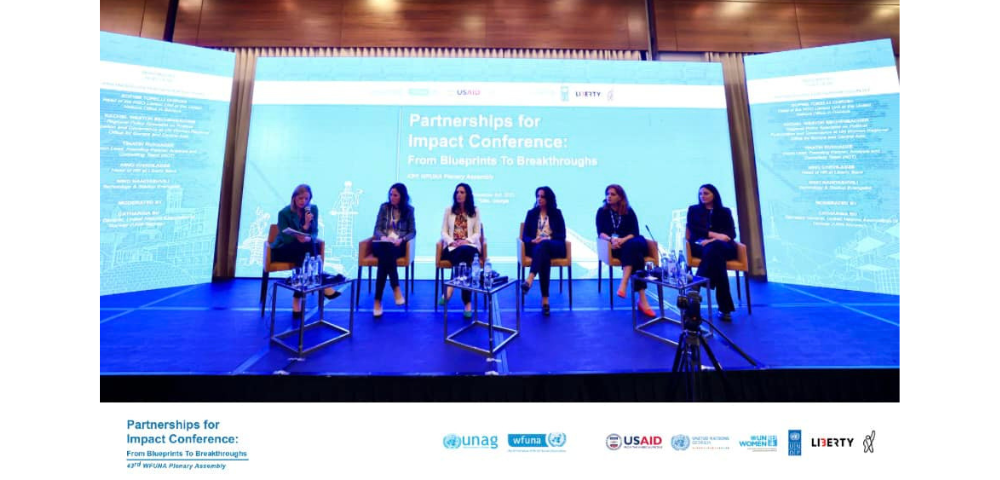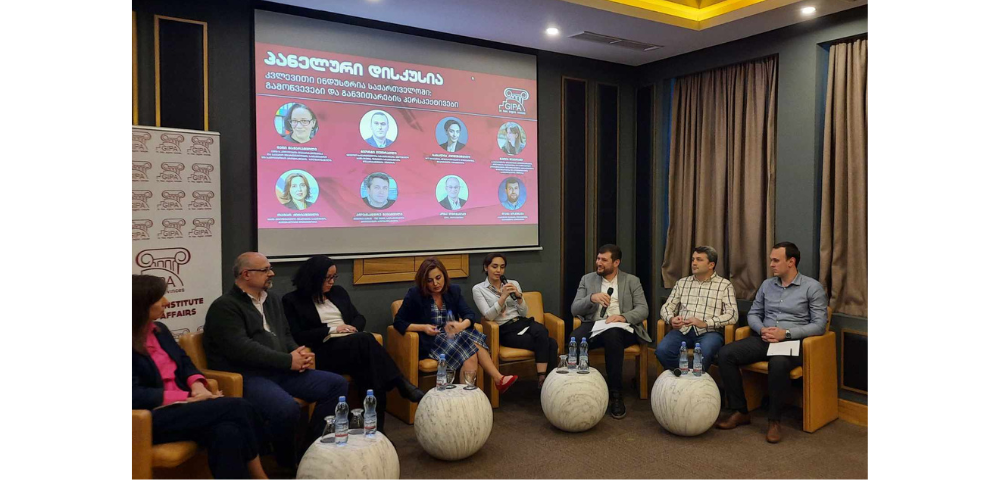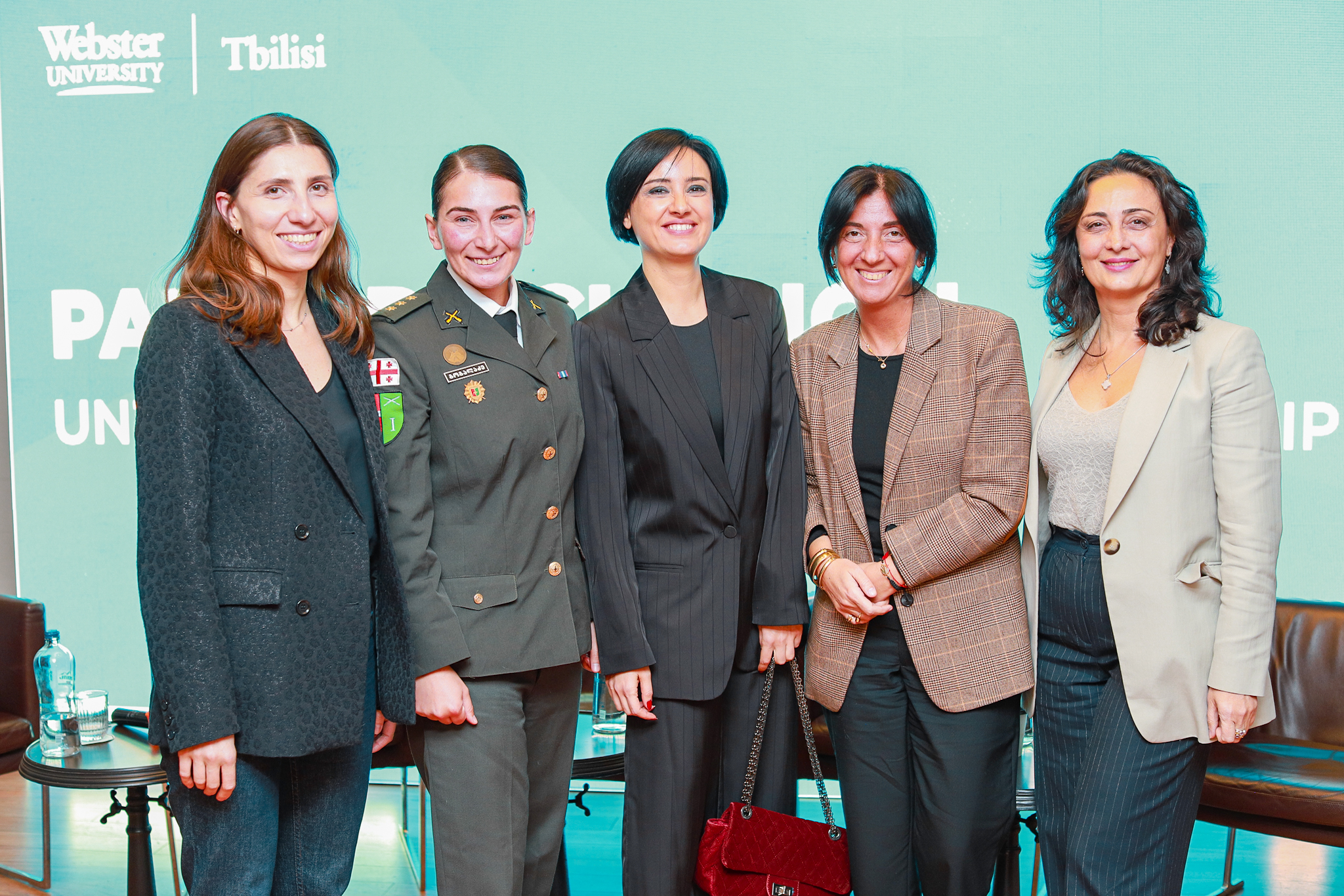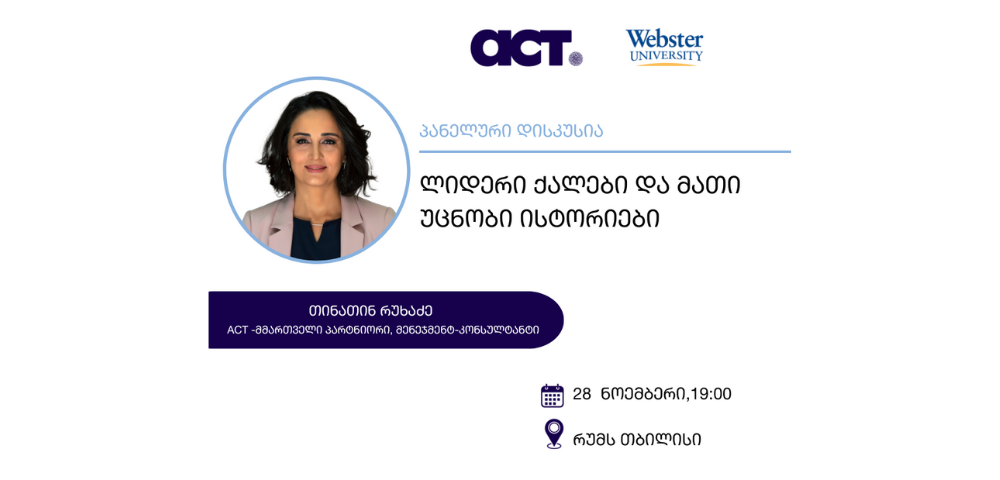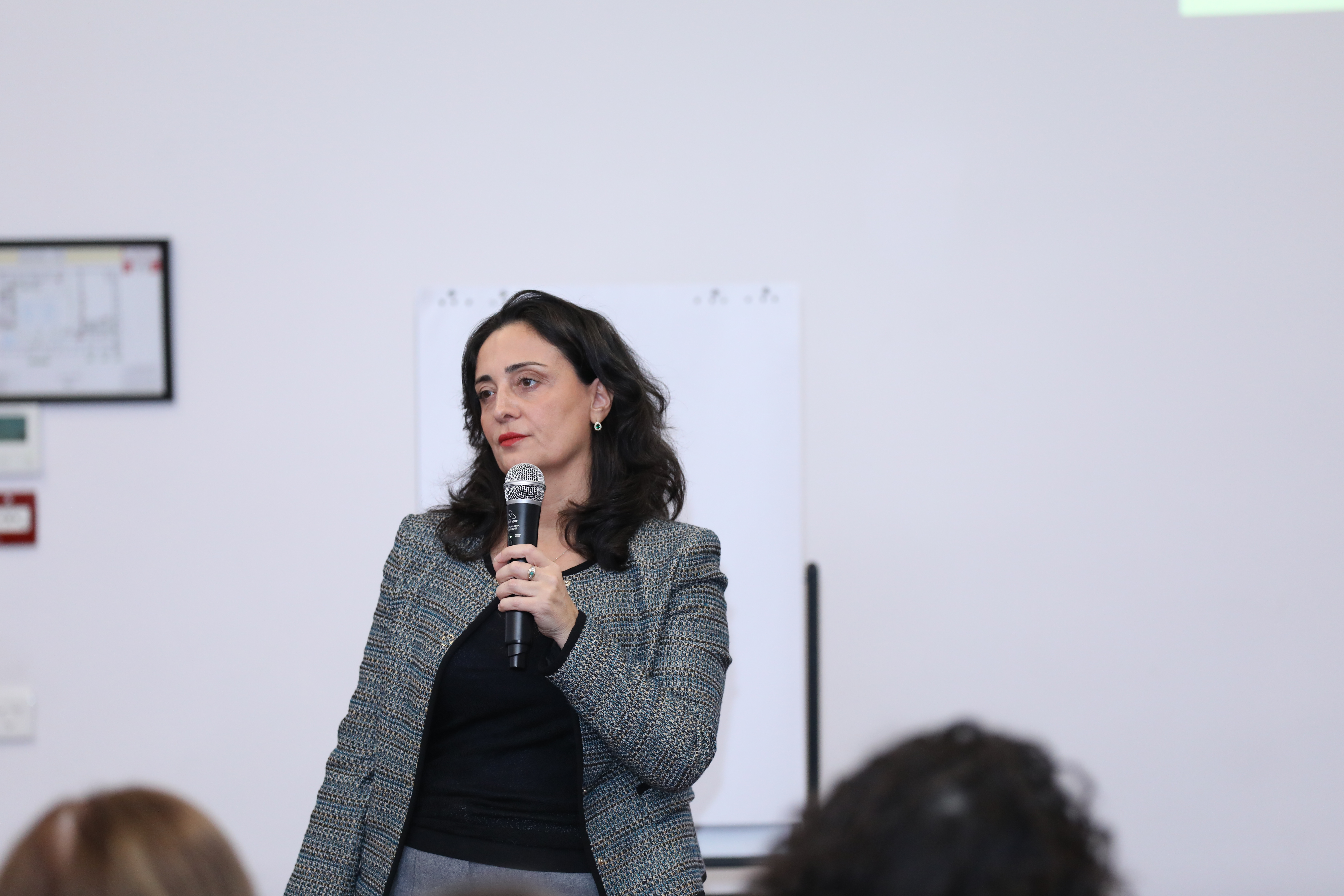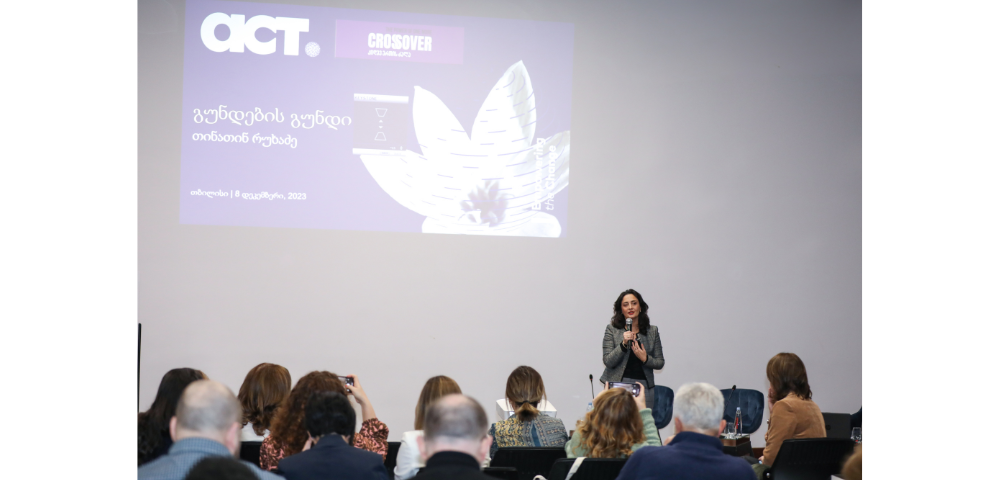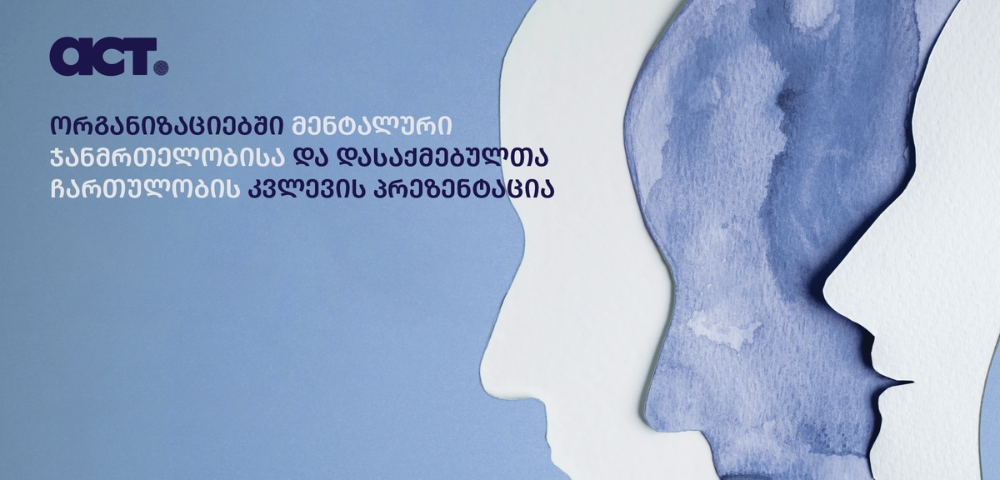"Our true self knows what we are capable of"
- Tinatin, in the confrontation between "physicists" and "lyricists", do you see yourself in the team of "physicists" or "lyricists"?
- If you were asked twenty years ago, I would say "physicists", but now I'm somewhere in the middle
- Why? What changed?
- At first I began to appreciate "lyricists", and then I discovered "lyricism in itself".
I think that both principles exist in me and both are important. I'll say more - being a good "physicist" helps me to be a "lyricist" and vice versa.
- Do you agree with the opinion that everything you need is within you?
- What do I need most? - Yes. But what is needed for?
- This is a good question. We will return to this topic a little later and find out - for what. You once said - I accept bad thoughts with gratitude, because all bad thoughts indicate that I need to work on problems. At this time, filled with bad thoughts. Can you share with us your experience of why we should be grateful for bad thoughts?
- Because in bad thoughts you can directly see the direction where you have a weakness, or what do you think you are weak at? Should not become hostage to bad thoughts.
It's like a fever in the body that doctors tell you about - it's good because this indicates that there is inflammation in the body. For example, envy, for me it's when I somehow think that someone else could do something that I can't do.
If I follow these thoughts, then the path is already visible. Why do I want to succeed or what should I do to do the same. Bad thoughts end here, and you go over to the side of good. You begin to focus on what really bothers you. Anger is also a sign of your weakness. You think you can't change anything and that's why you get angry. I caught myself angry many times, for example, this concerns the current processes in the country, about the processes taking place in the world
- And what at this time?
- At this time, it is the thought that you are weak. Do you believe that you can't change anything and it makes you angry. You ask yourself: are you really so weak that you cannot change anything? Actually, what would you change? What can't you change? You will then focus on what you can change and feel some relief in the process. You may not be able to change the world, but you can change a small part of the world. First of all, you can change yourself.
- One of the things I saw while studying your material was that you put a lot of emphasis on positive thinking. But where is the limit beyond which positive thinking will develop into a superficial view of the current situation? When people avoid real dangers and think that everything will work out, everything will be all right?
- In my opinion, I am not a person who cultivates positive thinking. Your previous question is also proof that I respect even bad thoughts.
. If you accept only positive thinking, it means that you do not allow bad thoughts, sadness, resentment, anger... But you still use all this for your own amplification.
Yes, all this must be accepted and turned into a benefit. I have a reformist approach. "Let's be positive!" is not my motto. My motto is: accept both the good and the bad that comes from outside, and try to turn the bad into a force for good change. If you become a hostage to negative thoughts, and use positive thoughts like a shield and make it an escape mechanism from reality, then both can be equally destructive.
- If I understand correctly, in addition to running a business consulting company, which implements projects in 30 countries, you are also a consultant and coach. What is a coach, we'll talk about it later. But first, let me clarify whether you are engaged in practical activities at this stage?
- I'm not in one business, I'm in several businesses, but in one business, I working. In addition, I am a consultant by vocation. I love this job and I will probably never leave it. Somewhere I have the function of a leader, somewhere there is a function of an investor, but my main activity, my profession is a management consultant. I work with the management of various private companies, for their personal or organizational
breakthroughs. Our organization must give the power of positive change our clients. Coaching for me is the same tool as psychology or business education.
- Is the main part of your working time devoted to management or consulting?
- I have been the director of the company since its inception. We now have a third executive director. The executive function no longer applies to me. My position is “vision leader”, which means that I am actively involved in setting the direction of the company and making strategic decisions. My main activity is customer relations.
“Psychology is an academic science, and coaching is a set of certain knowledge and skills.”
- Let's now explain who a coach is. I understand well the meaning of this word, but I do not understand very well the difference between a coach and a psychologist. You are a psychologist by academic profession. What is the difference between these two professions?
- First of all, I want to express my gratitude to psychology. When I chose this profession, it was completely incomprehensible how it could be used, but I was just curious. It turned out that the knowledge that I have acquired and the habits of thinking developed during the study of psychology help me in everything. Coaching is a set of knowledge, skills, but not academic and fundamental knowledge. A coach can be a person of any profession who will build his profession on coaching skills - a journalist, lawyer, public relations specialist, manager or others.
- Who is a coach?
- A coach is a person who helps others set a goal, find the resources needed to achieve the goal, and take steps towards that goal. I am proud that in 2014 we opened the first company representing the Canadian company Ericsson, which began to conduct certification courses for professional coaches. If anyone today is a certified coach, then they were all students of our school.
- How long does the learning process take?
- Four months. Your question was, how is a coach different from a psychologist? Psychology is an academic science, and coaching is a set of certain knowledge and skills.
- What does the coach know that the psychologist does not know?
- He knows the tricks that a psychologist can add to his arsenal and, if you ask me, he should add. I see this as a big plus. There is always a certain antagonism when a profession appears that “overlaps” a neighboring profession. But I can't say that a coach overrides the function of a psychologist.
- Does the psychologist overlap as a coach?
- If he takes the trainer's tools, he can switch to another role or return to his previous role. The coach does not work on traumas, on the past. The psychologist sees the problem and looks for ways to solve it. The coach works for the future, but I will not say that the psychologist does not work for the future. Therefore, I consider it very important for a psychologist to add a coaching tool.
- You often talk about the importance of goals and the strength that goals give us. What about those people whose main motive in life is not the goal, but the path? Just yesterday I came across a very respected person - Zura Jishkariani, who said: "Thinking about the results is the lot of losers. The process itself is the product."
- I think that this dispute is a misunderstanding - is the goal or the process itself more important? When I say goal is important, I don't necessarily mean that you should focus on results. I also think it's not good. Because you can only control your behavior and decisions. Therefore, you can do everything possible, but still not get the desired result. The goal is like a compass. Those who do not recognize this come out and say: I'm just going. But you're not just going, you're going somewhere. Of course, the process itself is very important, the method. Achieving the goal is a matter of a few minutes. You came and - what? It's over! Then a new target appears again.
- No, we have to stop here. Natalya Kutateladze told me that no matter what I planned in life, nothing happened. She lives spontaneously, follows her principles and is content with what she gets out of life. I also spoke with Shorena Shaverdashvili about the importance of the process. Looking back at my life, the only goal I really pursued was to enter the Faculty of Philology at Tbilisi State University. After I overcame that goal, I just don't remember having any specific goal in life. Tell us something about people like us.
- Do you have any wishes?
- Yes, I have desires.
- What you call desires, we, people "doctors", call goals. The desire for which I do something is the goal. Don't you have a purpose in such a context?
- I have another question: what is the difference between a desire and a goal?
- I'll tell you what the difference is.
Desire plus actions to implement it. Desire without action is not a goal. A goal arises when I have complete inner readiness and determination to act in accordance with this desire.
The one who says that how many times he set a goal, did not achieve it, he either did not have a real desire, or he was not ready and did not make a real decision, did not take steps. Desire plus willingness and action is the goal.
- Most of the life of people of my type does not go in line with the fact that I am now doing something to fulfill my desire. I live, and this life consists of everyday life, routine... with its good and bad news. Life is not a series of steps towards the fulfillment of desires.
- I do not believe that there are no desires in your life. It's just someone's desire to earn a million, and your desire, for example, to live on a free schedule. It is impossible not to have desire and purpose. There is nothing to argue about here. Then there would be no dynamics at all in your life; You failed to complete the action. When you say "I don't have goals", I think you are lying to yourself; You're just not calling what you want correctly. If you compare yourself with a person who wants to build a big house, or buy a car, or open a company in 30 countries of the world - this is his desire and he set a goal for himself, he took steps here. Now, for example, my desires are changing significantly. I don't want to be represented in 50 countries anymore. I want to have more free time for myself. This is also my goal, which encourages me to take certain steps here. If I only have desire, I will never achieve it. If people knew themselves well and correctly named events, then we would not have this Tower of Babel that we have.
- Now I remember, academician Dmitry Likhachev wrote: if you set yourself such a goal that I want to buy a new car or move to a new house by the end of the year, you may not succeed, and your life will be very unsatisfactory; But if you have goals like doing good, helping those in need...
- What if you can't do good?
- He says that in this way you can always fill your life with small joys.
- I don't like this kind of advice. For me, these tips are tantamount to "don't live." Whatever you want, wish it, take a step, do it... won't that work for you? Take pain as a lesson, set new goals and live. In my opinion, if you are not taking steps because you are afraid of pain, you are also blocking joy. I can't accept it.
- Once you said that you call yourself a business therapist. Do you experience this feeling as a professional consultant and coach, or as a visionary leader in your organization planning change?
- It's more about working with a client. I often told my employees that we were business therapists. What is an organization: people and systems. When working on business tasks, one should not forget about the people factor. You can have a fantastic strategy, great systems, organized processes, but it doesn't work because the leaders don't want to change.
- Do you mean the leaders of this organization?
- Yes, who should implement these changes. In this context, we sometimes use the term "business therapy". Leaders often lack neither knowledge, nor vision, nor ideas... breakthroughs in organizations are hampered by personal fears of leaders, unwillingness to change, the so-called "Blind Spots" - when they do not see something in themselves. Suppose we are talking about changing the structure of the organization, and I feel that the leader thinks: now he will be upset if I let him go, if I change this and that. I say: imagine that everything ended well. What would you do then? He knows exactly what to do. Or vice versa, sometimes he blames the employees and doesn't really know what to do. In both cases, this discovery helps the manager make the right decisions. If I know what to do but the conversion process is painful, then I need to work on making the process mutually painless by caring for the people I have hurt. My favorite phrase lately is "What's right can't be wrong." When I believe that I am right, when I believe that it would be right to do something, there should be no more "buts". If it's right, you should do it. And if you don't, you're bound to get a bad result.
- In practice, do you have to convince people that they have to make difficult, painful decisions? Or is it not always the case?
- It is not always so. Decisions are sometimes painful, and sometimes, on the contrary, very pleasant. People are so locked in that they need help to reach their potential. Our ultimate goal is to unleash their potential - as individuals, teams and organizations. It may not be the path of pain, but the path of discovery. But you can’t unleash creativity when a person is in self-limiting beliefs, for example, when he thinks: “It won’t work with this team,” “We have no chance of further growth in this market.” A manager, a leader with such convictions will not have a new idea in his head. First, his thoughts must change. If you think that something is missing in this room, won't you go there and start looking for it?
- Of course not.
- That's what I mean.
- Your consulting company ACT has become the market leader in Georgia 6 years after its foundation. After that, you keep growing. What do you consider the basis of your success?
- It's probably a combination of factors. Organizations like ours were created 10 years earlier. We showed up at the right time. I have often said that if there had not been a Rose Revolution, if the market economy had not developed as it has developed ... as long as the distribution between enterprises was decided at the table, there would be no need for research, analysis, or consultations. When we started, there was already a need, but there was no demand yet. By the way, at such a time we gave birth to coaching. Personally, it is especially difficult for me to guess the time when introducing innovations: when the environment is not yet ready for change, but very close to it. I think that this ability is developed by focusing on the group, on the people for whom I want to do something. We had a new approach: we always focus on what the client needs; How can we benefit those for whom we are created?
- I want to remind you of your two quotes: "I do not believe that fate has a chosen one, I believe that there are opportunities." “There is no bad and good time; We create time." You have said many other things that confirm your belief in the power of man. Are you saying this to motivate others, or are you really that confident even about your own limits?
- If I don't believe in what I'm saying, I probably won't be able to help others. When I approach a person or organization, I sincerely believe that they have great potential. Whether they will reveal this potential or not depends on them. I will say again about that room - I believe that there is a treasure there, and I am looking for this treasure. The success of my organization or my personal professional success shows that I can support people, teams, organizations to reach their potential. I think it works because I hold this belief.
- We had a distant ancestor who said: "The sun is my mother, the moon is my father, these tiny stars are my sisters and brothers." This person was like your spiritual brother or sister. But don't you think that human possibilities are limited. There are powers that surpass human powers. Are there bad and good times?
- I believe that a person has all kinds of resources so that he can realize his potential to fulfill his desires. I also believe that there are resources in the world for this. I look at competition the same way: the world is not a communicating vessel, which implies that I have to take away from you in order to feel good.
- So competition is not a zero-sum game.
- Yes, there are enough resources in the environment and openness and creativity are needed to see it. “All or nothing!” – this is not my thinking, I do not divide the world into black and white. I believe that a person has the potential and resources for what he desires. I never had the desire to become a ballerina, but when I was sitting in my dilapidated one-room apartment near the kerosene stove and said – I want to create an international company and start exporting our intellectual services – it turned out that I can. However, at the time it all sounded crazy. Desires never fly away. Our true “self” knows what we are capable of.
- This is understandable, but do you ignore the role of the environment?
- The environment is very important. But what are we talking about now – do I believe in resources? Yes, I believe that when I start thinking about what I want to do, I have the resources to do it and I will find the resources and potential for it in the environment. I have it at the level of faith. Therefore, the biggest problem for me is the discovery of my true desires. Don’t let the “ego” fool you that I don’t really want this, I want this because that’s the status or I’m proving something to someone.
“When I say that there is no such thing as a bad time or a good time, I mean that you yourself create the time.”
- We come to your question, which you asked at the beginning of the conversation: Is everything in me – but for what? To make my wishes come true. Your answer: yes.
- There is one caveat here: if you do not see this resource in yourself and in the environment, you will not be able to fulfill a single desire. I believe there is, but I’m not saying that everyone uses this resource.
- You never hid that when you started your career, you had a very unfavorable start.
- Yes, I started with a minus.
- Probably, others started their careers in the same conditions as you, but some succeed, others do not. What you just said, isn’t that the reason why people with the same initial conditions achieve completely different results?
- Probably, the problem is in thoughts and insufficient actions. One believes that it will work, and the other does not. One has the desire and willingness to take appropriate steps, while the other has only the desire. Therefore, he wanted something yesterday, the day before yesterday, he will want something the day after tomorrow and even a year later. But he will do nothing to make this wish come true. When I say that there is no good or bad time, I mean – you create the time yourself. There is always good and bad going on around. I’m not saying that when there is war in Ukraine, the time when there is peace is no better. What could be worse than war? But I believe that even in war you can make decisions. Or I say that I am not at war, I am leaving the country and living my life. Another way is to stay and say, “How unhappy I am!” And another way is when I say: “My country is fighting for freedom, and I will become a part of this struggle!” Then the hard times of the war will come, they will turn for you into a symbol of the greatest heroism and the greatest victory. Events have no color. Our attitude towards events is what we call good or bad; This is our interpretation, good or bad.
- Do you consider giving much more than receiving as one of your main functions as a leader?
- I have been reading and thinking a lot about the concept of a leader. How did Zelensky become a world leader? A leader is a person who, through his behavior and support, can inspire people to go along with him. I consider this to be the main function.
- Zelensky, in my opinion, became a leader because he did not leave Kyiv after the start of the war and, in fact, risked his life for Ukraine.
- Of course. I put my life on the line because, on the level of value, I can't do otherwise. He was not sure that the Ukrainians would follow him. It was his choice. Was there a deal - I will sacrifice myself for you and you recognize me as the leader?! A true leader does what he believes in with his heart and manages to unite people with his actions, his values, his beliefs.
- I agree. But I've seen cases, and you've probably seen a lot more, where a manager is convinced that every new computer, desk, or chair in an organization should be his. For him, primacy means that he has the right to receive the first benefit.
- I see, you mean power. I think there are two different concepts of leadership and they also come from people's beliefs. For example, people like me, who believe that there are enough resources in the world for everyone to achieve their goals, do not want to steal. There is another type of people who think that these possibilities are limited and that they should use them as much as possible. Such a person needs symbols of wealth and power in order to gain a foothold in the territory marked by him.
- After Georgia became independent, the second type of leaders became our main problem.
- Exactly! It comes from the belief that if I don't, I'll be relegated to the sidelines. That is, if I bend over and do not show that I am strong, then they will eat me. Because there is only one apple and my task is to bite off as much as possible. I say: “People, why are you fighting over one apple? Thousand apples! But this is a different concept. Both types of leaders can be successful. But one is success based on the energy of cooperation, partnership, creativity, and the other is success based on the energy of competition, struggle and fear. For me, success is not waking up every day with the fear that someone will fight me and I will be thrown off.
- I know that one of your concerns is Georgia and its future. In fact, we are not realizing our potential with our current leadership concept. But what does it take to change the concept of leadership? Perhaps I am asking a very naive question, but until that happens, we will have to live in an environment with completely untapped potential.
- I often ask myself a question about changes. I am very hurt by what is happening in Georgia. I am experiencing exactly what you are talking about, that we are losing our huge potential every day. People can live better, we can create a creative environment, but the energy goes in a completely different direction. We cannot get out of the psychology of survival, and as long as we live with the psychology of survival, we cannot move into a creative state.
- It happens at all levels.
- Probably, at least one person should appear, a real leader who can convince people of values and unite people.
- How should this one person appear - should fate smile on us? Should there be demand for such a leader among the people?
- What kind of education did Zelensky have and when did it appear? I don't know, I don't have an answer to that. If Ataturk was born, what society gave birth to him? What environment did Lincoln live in? The country may be in a deadlock for a hundred years before such a leader emerges. However, the order still comes from society. I don't see this order yet.
“In fact, we all know what our core value is.”
- You work with business leaders. Do you see them as willing to provide the first type of leadership?
- I see, but not at all. This is a complex concept. The concept of limited resources and competition is much more traditional and understandable. This is closer to Soviet reality. What we are now fighting for and what we want to realize is precisely the concept of joint leadership. If we take Russia and America, what technological, medical and other achievements does America have and what does Russia have? I don't touch politics. The war also showed who had what, even from a technological point of view. Don't Russians have smart people? Do Russians have no natural resources? But when you think about what to take from whom, you only care about safety. The same is happening today in Georgia, unfortunately. As I said, we are in a survival position.
- The example of Ukraine is very important. In addition to Zelensky, they have General Zaluzhny. It so happened that two modern-minded leaders found themselves in the most important posts.
- Modern and patriotic people. But this did not happen by chance. If they had not stood on the Maidan in the cold and had not achieved their goal, Ukraine would have been a different country. The order for change came from the people.
- I have the last question: what word will serve as a guideline for you for the rest of your life?
- Freedom.
- Has life proved to you that freedom is your main value?
- In fact, we all know what is a fundamental value for us.
My life develops in accordance with my core values. Everyone has such a life. But look, those who feel bad, in fact - this is also my theory, forgive me, maybe I have too many beliefs - my belief is that those who are emotionally difficult, they do not live in harmony with their values.
When a person remembers the most emotionally painful decision for him, as a rule, this decision is not associated with an inopportune moment, but is a betrayal of a core value. Freedom is my inner compass, it helps me make difficult decisions.
- Thank you very much for a very interesting conversation. We conclude the interview with your comments on the statements of two famous people. The author of the first quote is the American writer Ernest Hemingway (1899-1961): "We become stronger where we break."
- It really is. However, I would like to add: if you stand on your feet, then you strengthen the place where you break. Some suffer from how it has broken their whole life. But the bitter experience of the past consists of two things - pain and a lesson. You gotta leave the pain where it hurts, you gotta learn your lesson. If you continue to be in pain, you won't be able to learn the lesson and therefore won't be able to get stronger.
- The second quote belongs to the ancient Greek philosopher - Socrates (470-399 BC): "No one is your friend; Nobody is your enemy; Everyone is your teacher."
- I have a gratitude exercise in personal development programs, where people often thank the person who hurt them: “Thank you for making me stronger, for teaching me who I should be”, “Thank you for taught me wisdom!”, “Thank you.” for making me appreciate true love afterwards." !" In this context, both friend and foe teach you about yourself.
- It turns out that you have to be constantly on the alert in order to perceive everything as educational material for you. Is this the right attitude to the world?
- The desire to know ourselves and the world helps us a lot in development. Sobriety is a good word, I like it. However, I know people who are amazingly aware of the outside world, but have absolute darkness within themselves. Therefore, vigilance is necessary both to the world and to oneself. My inner prayer is this: God, give me the sun inside me and around me!




































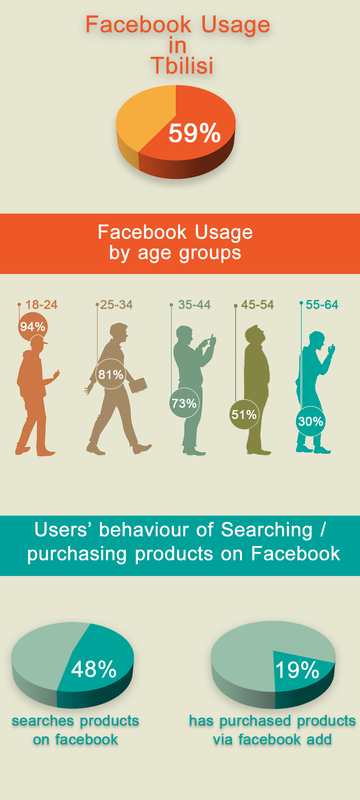

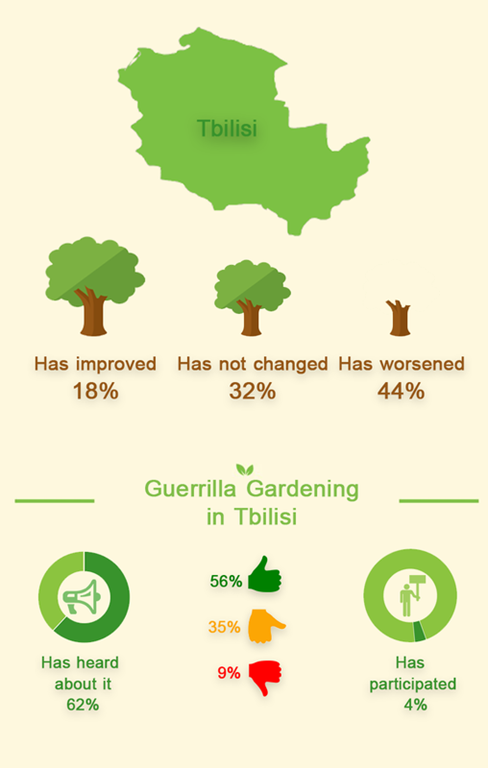










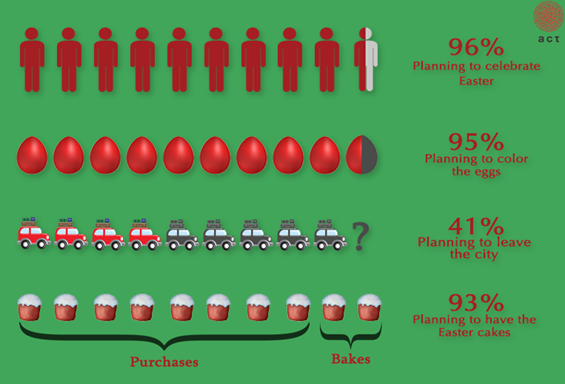


















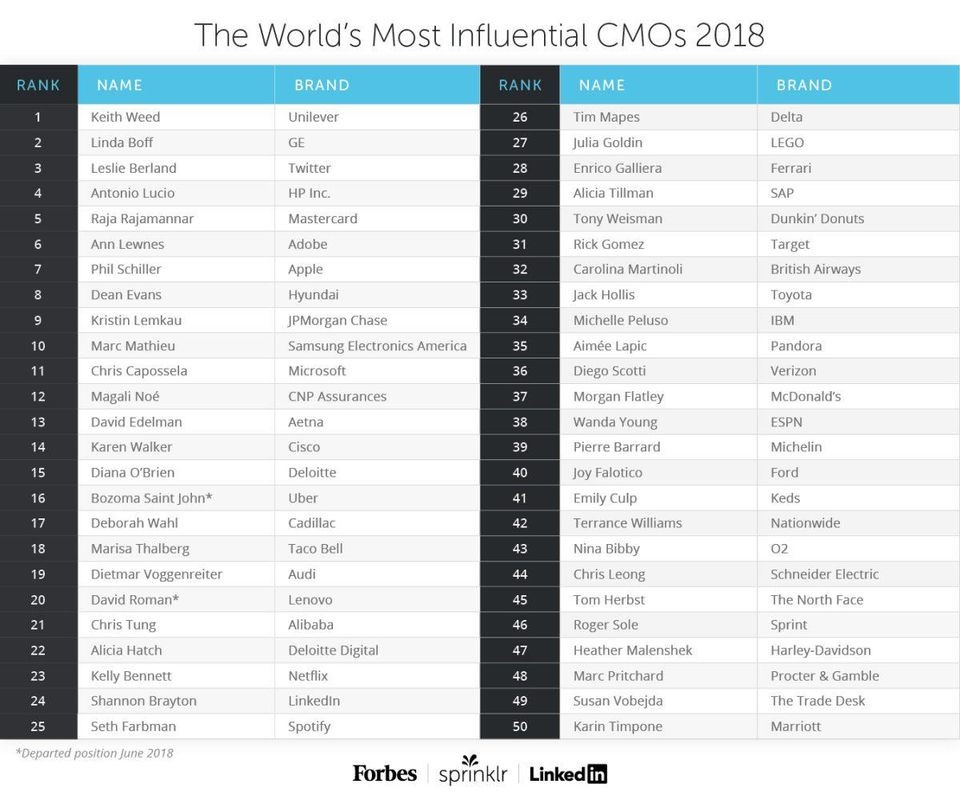








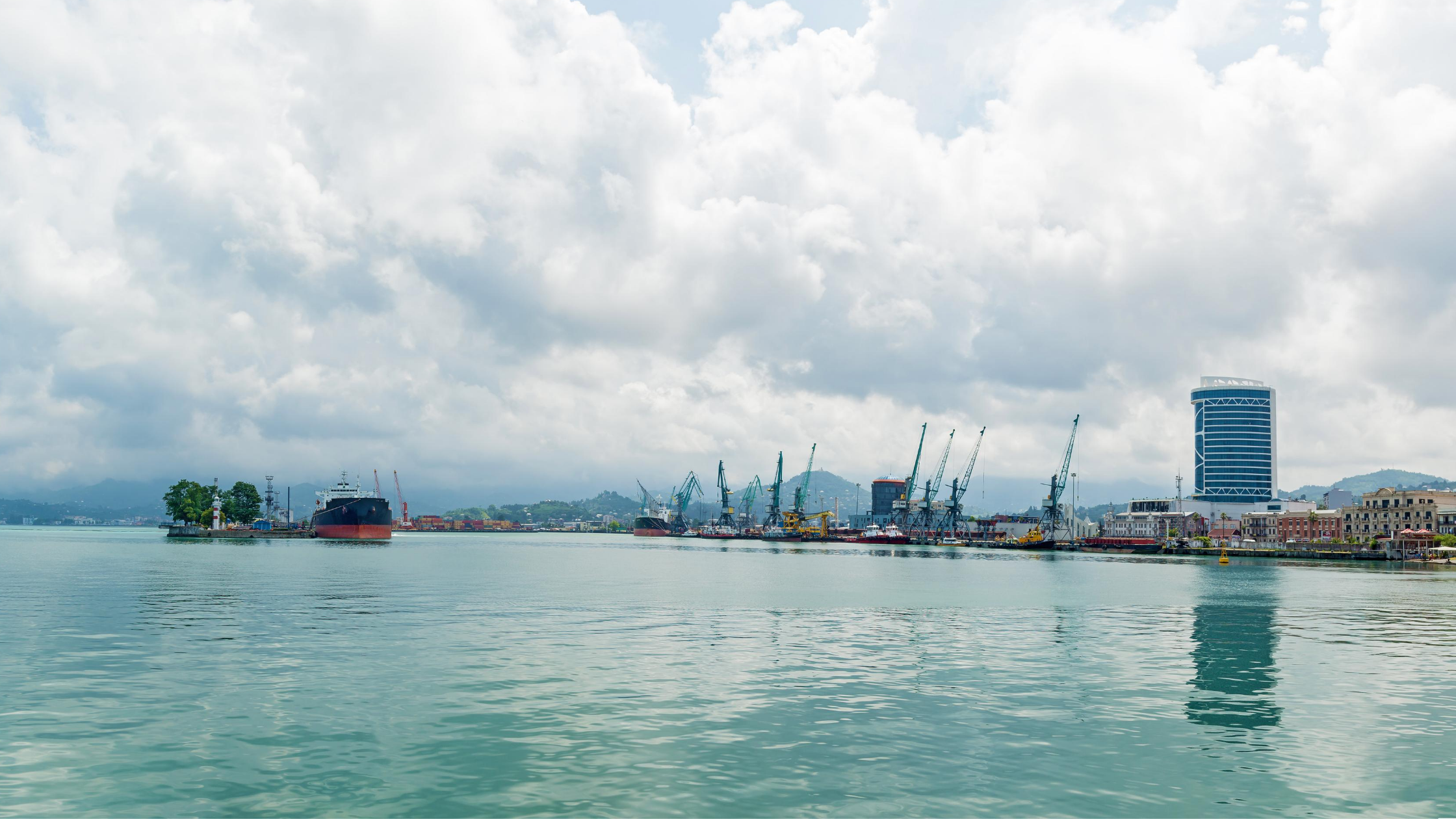



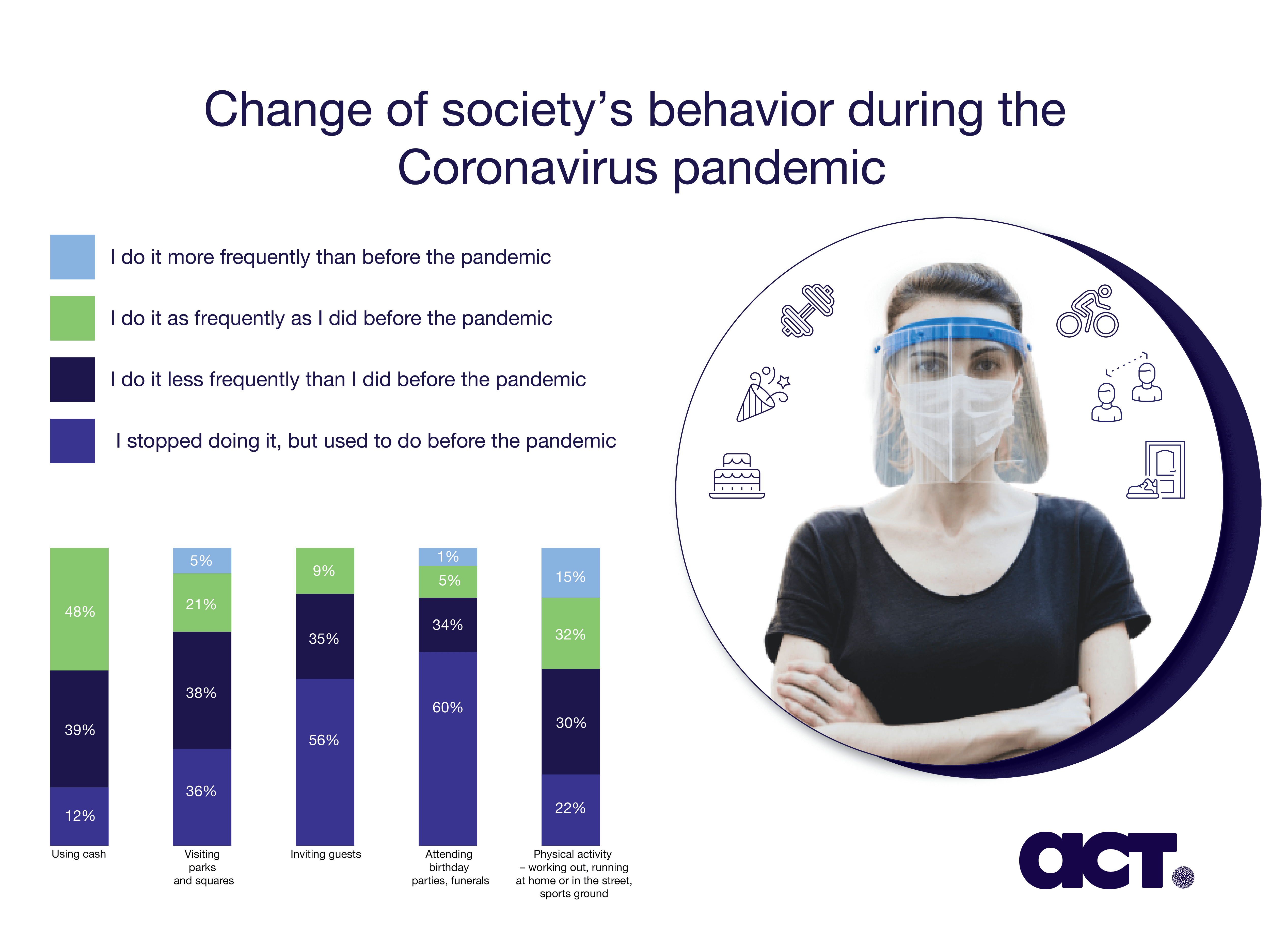
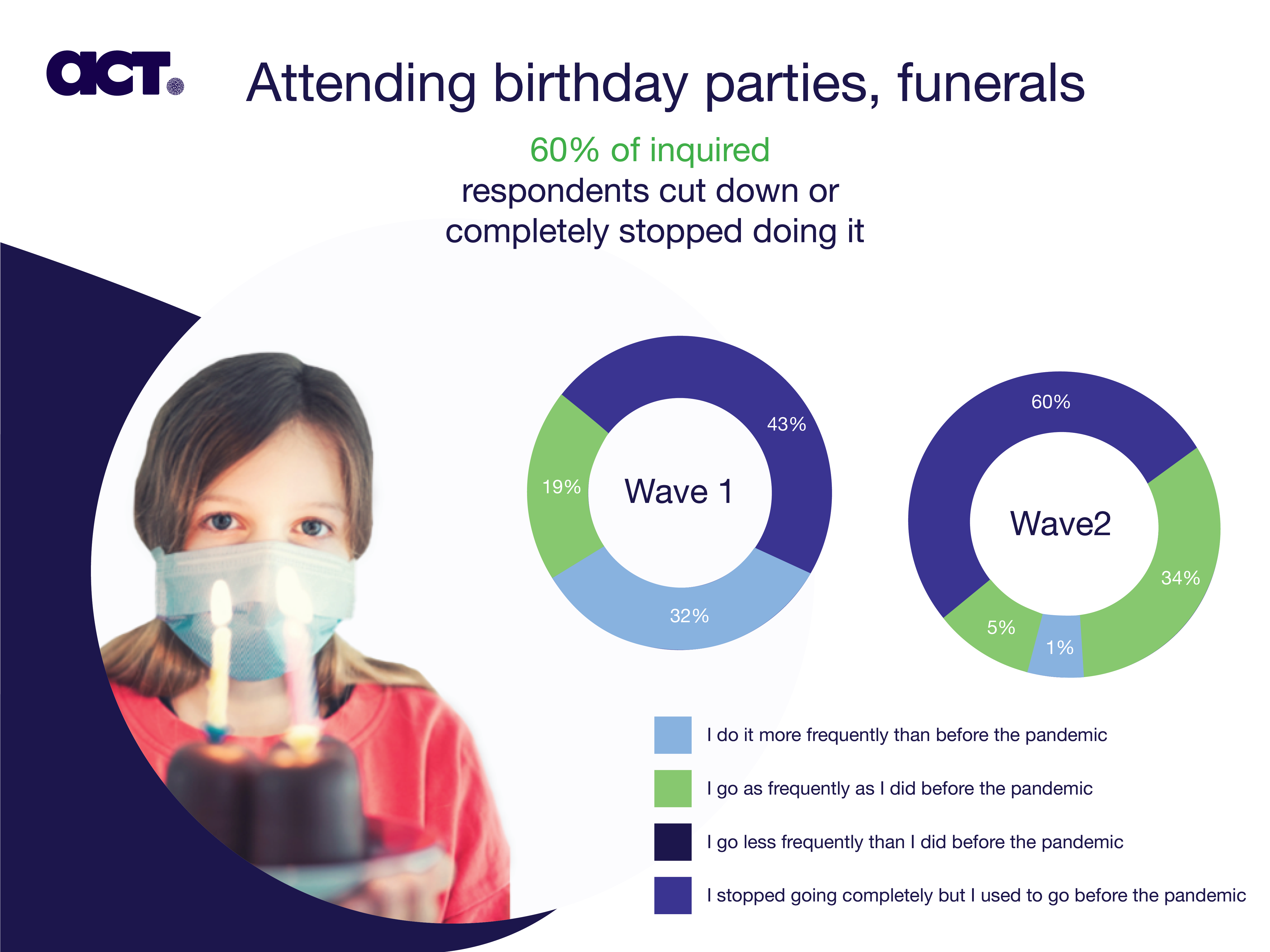

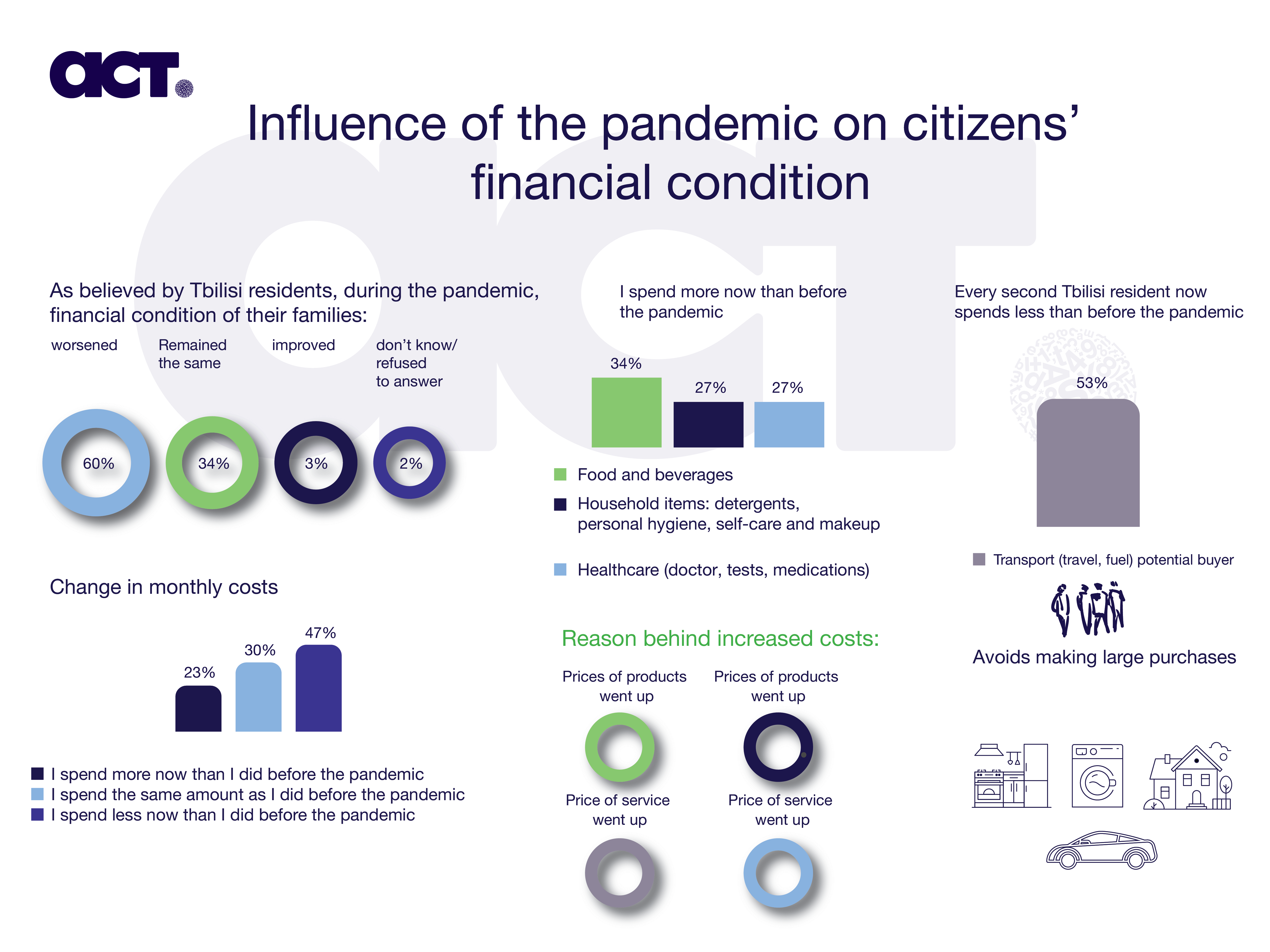

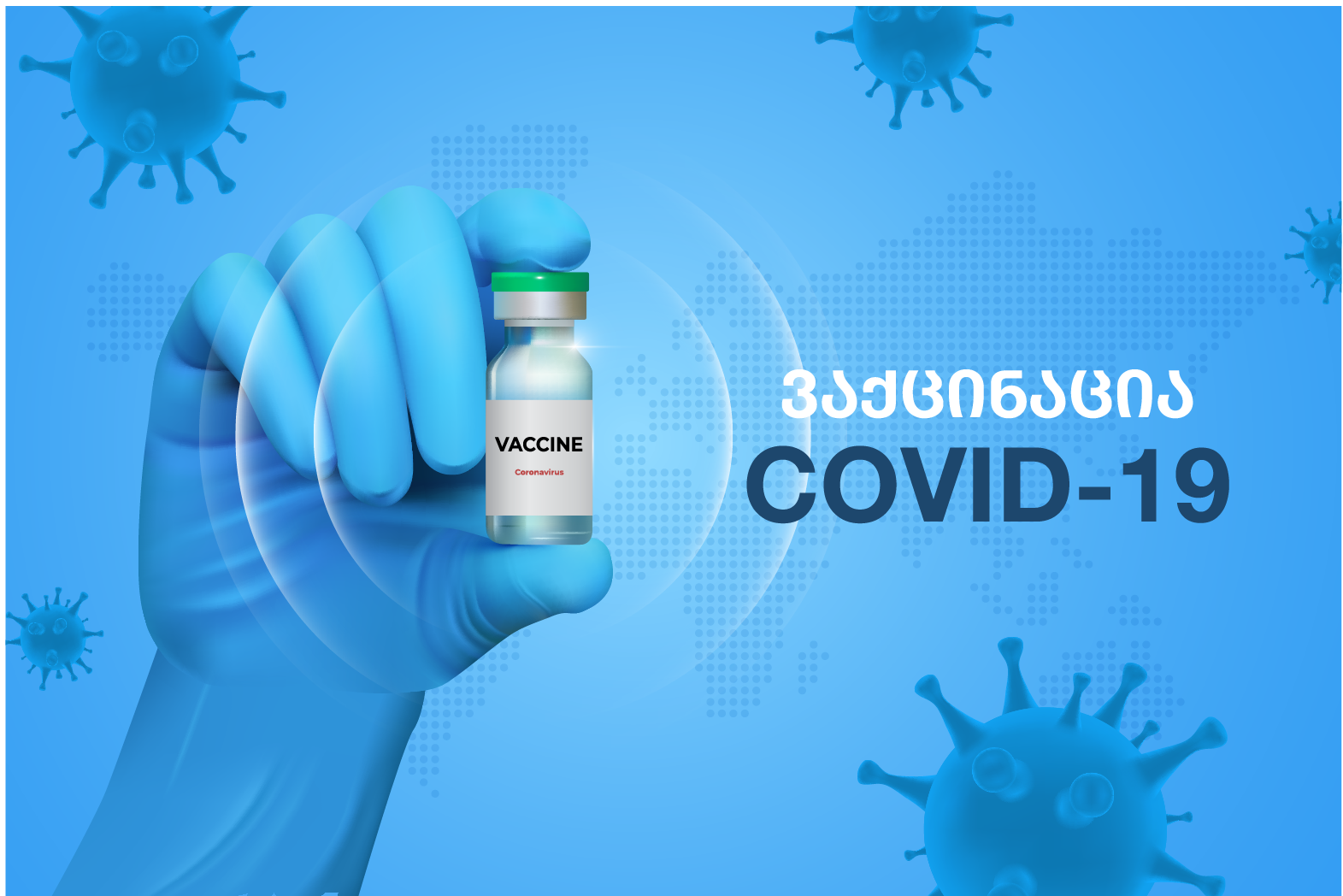










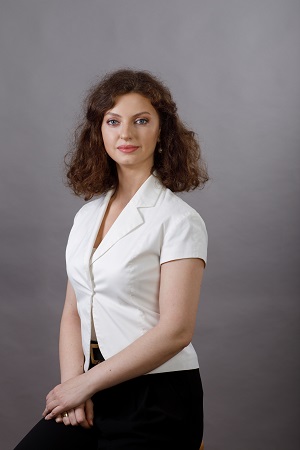










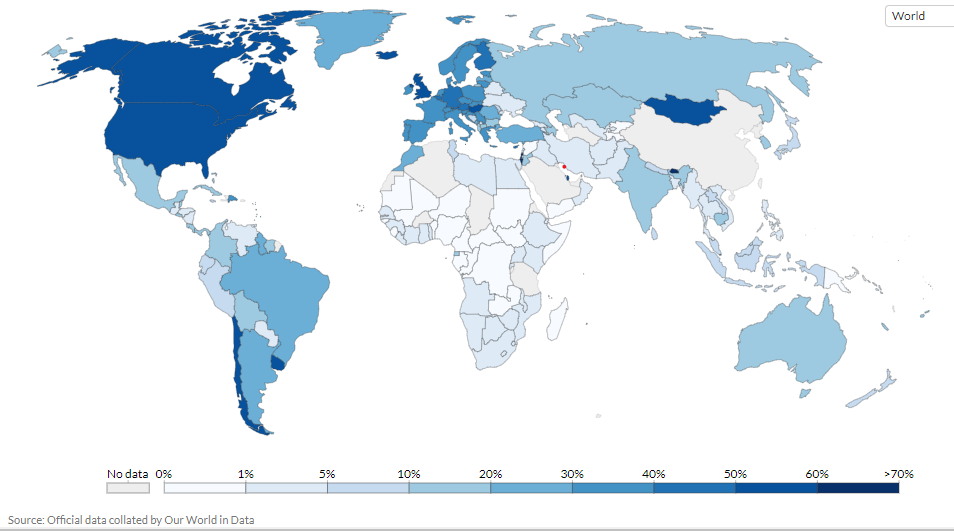
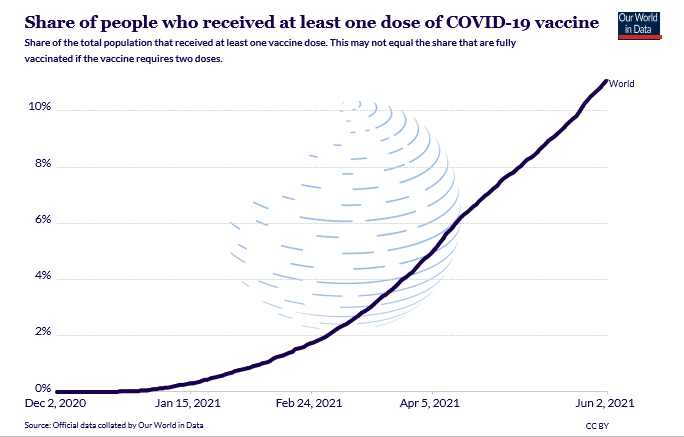
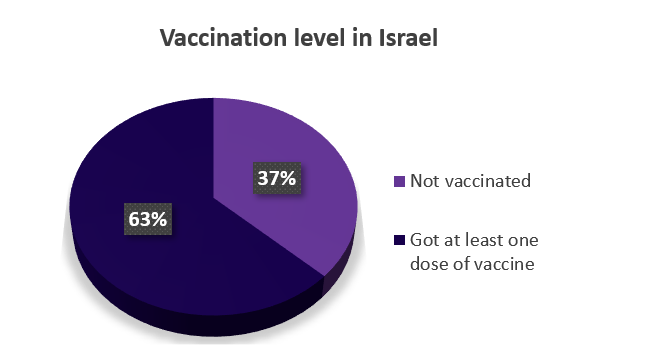
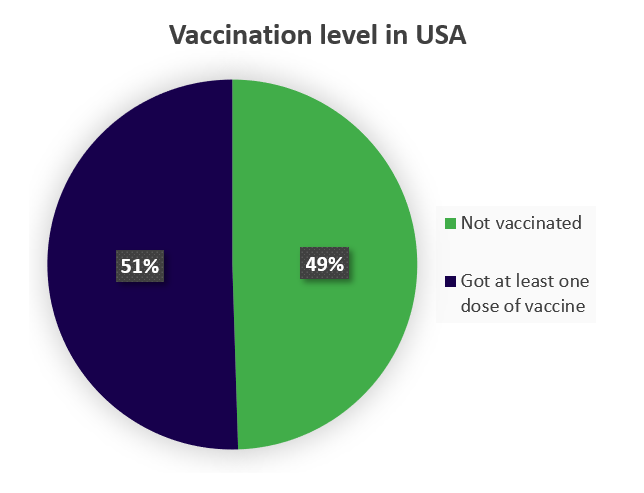









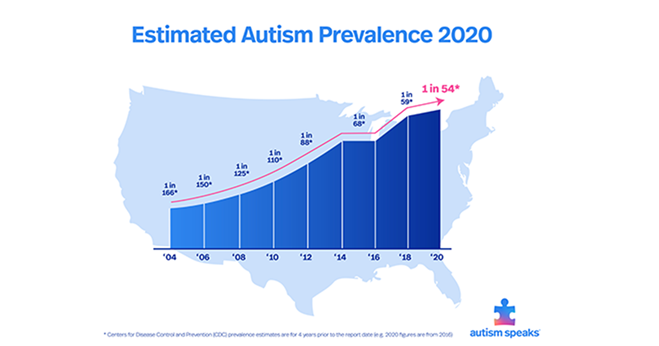

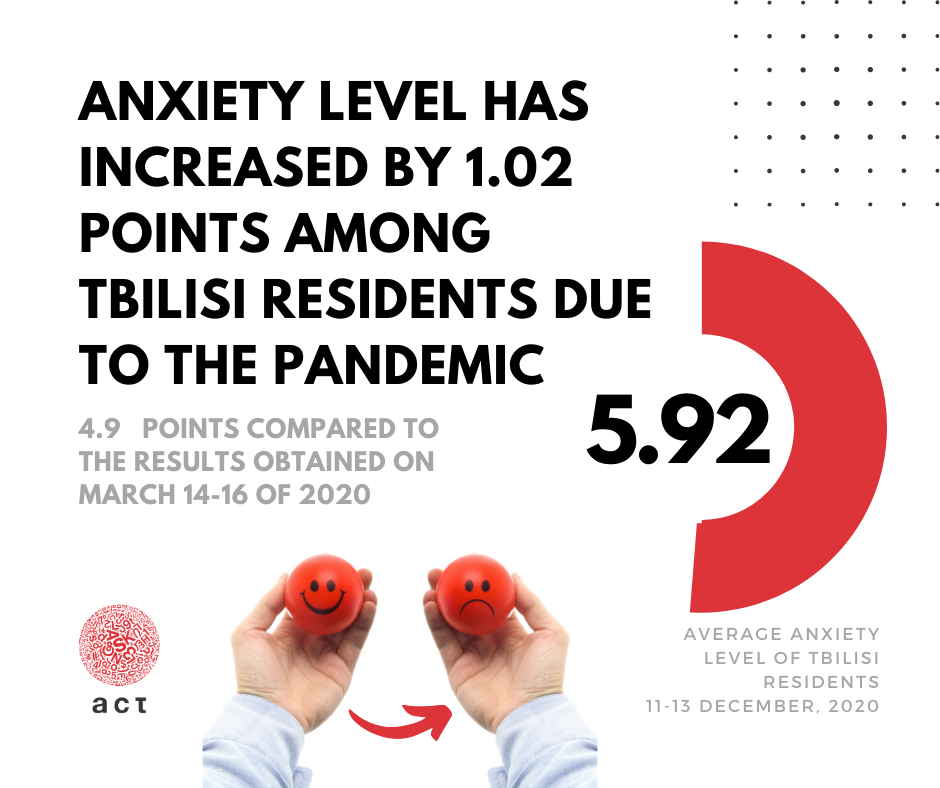

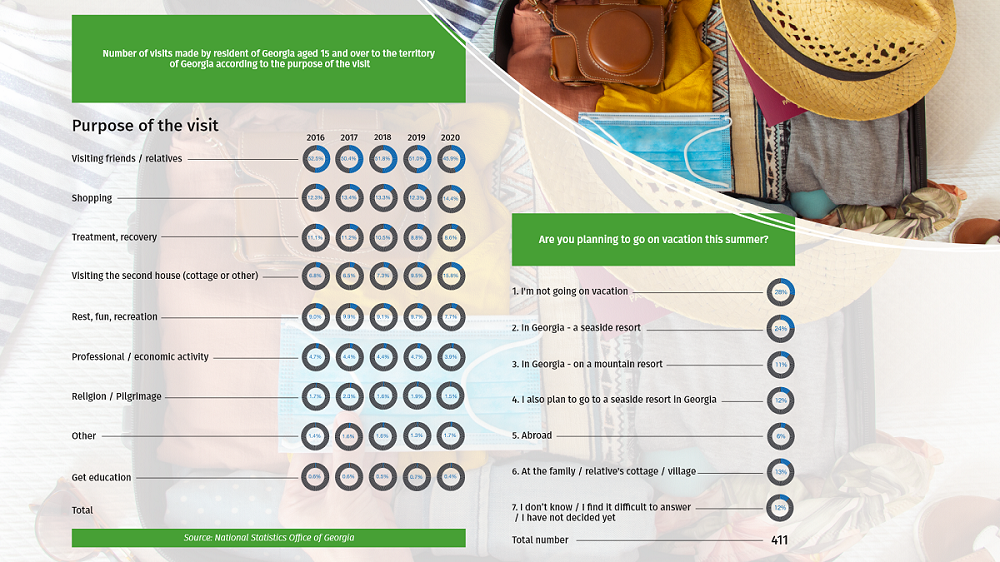


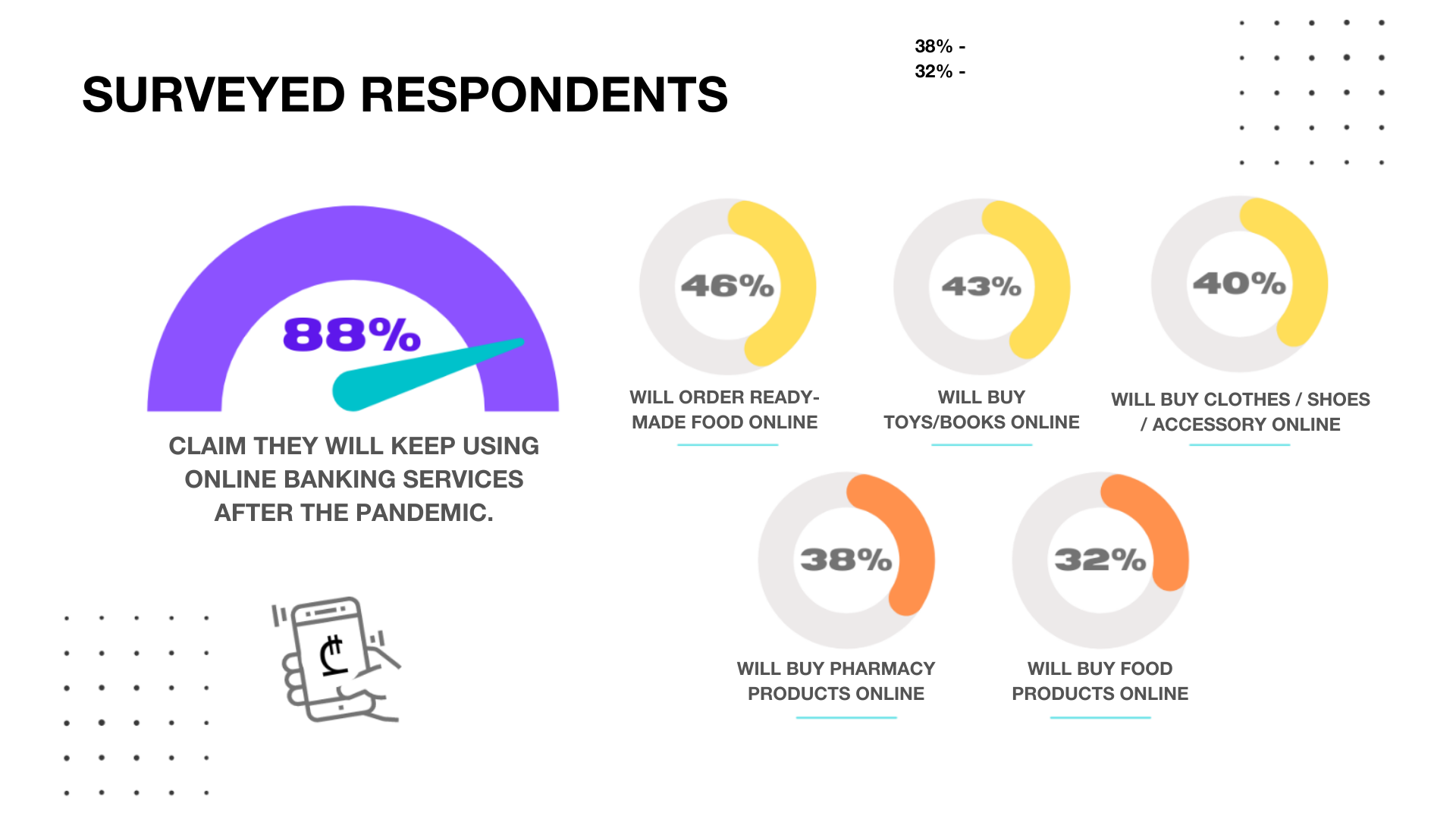

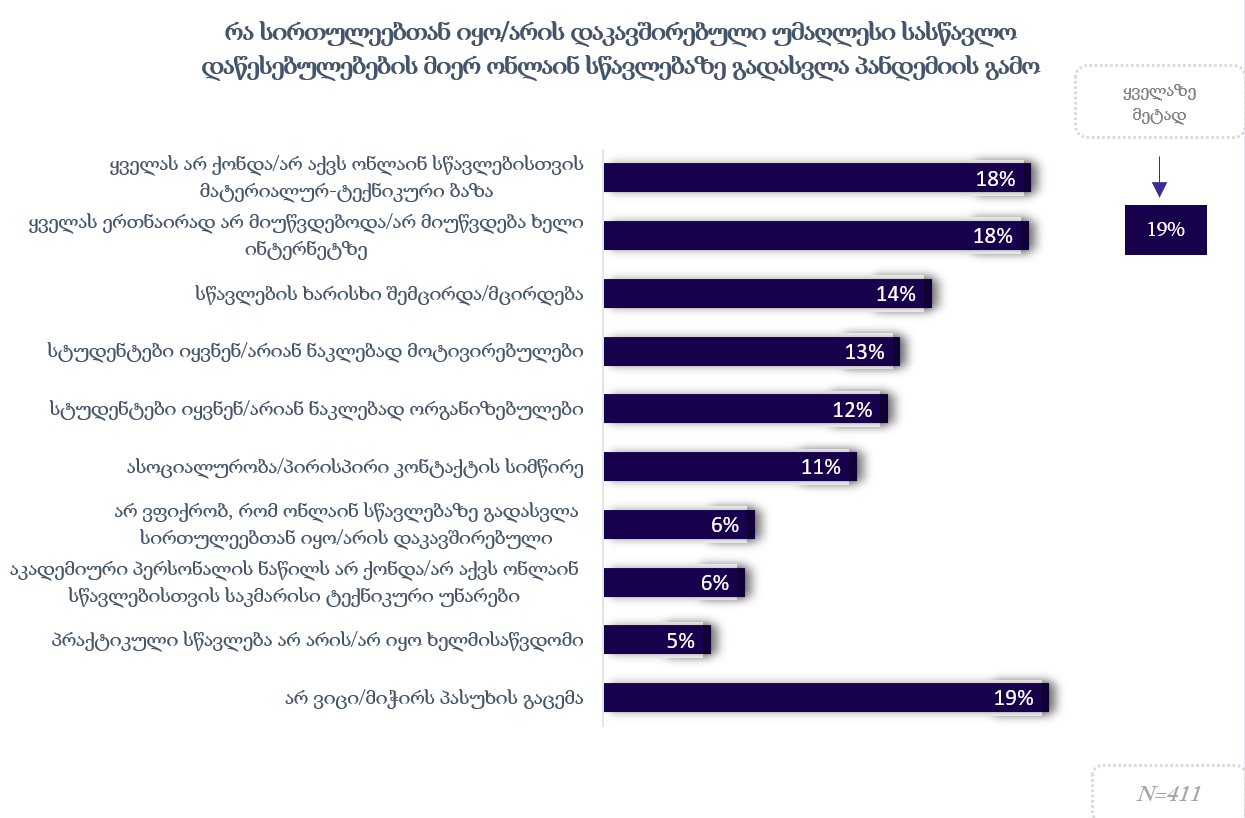
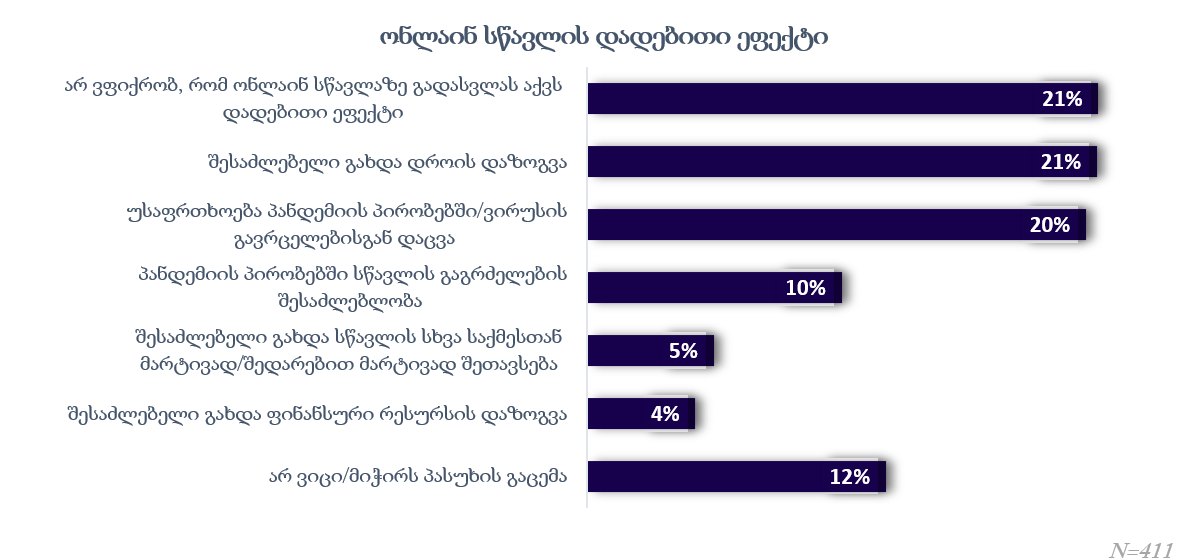
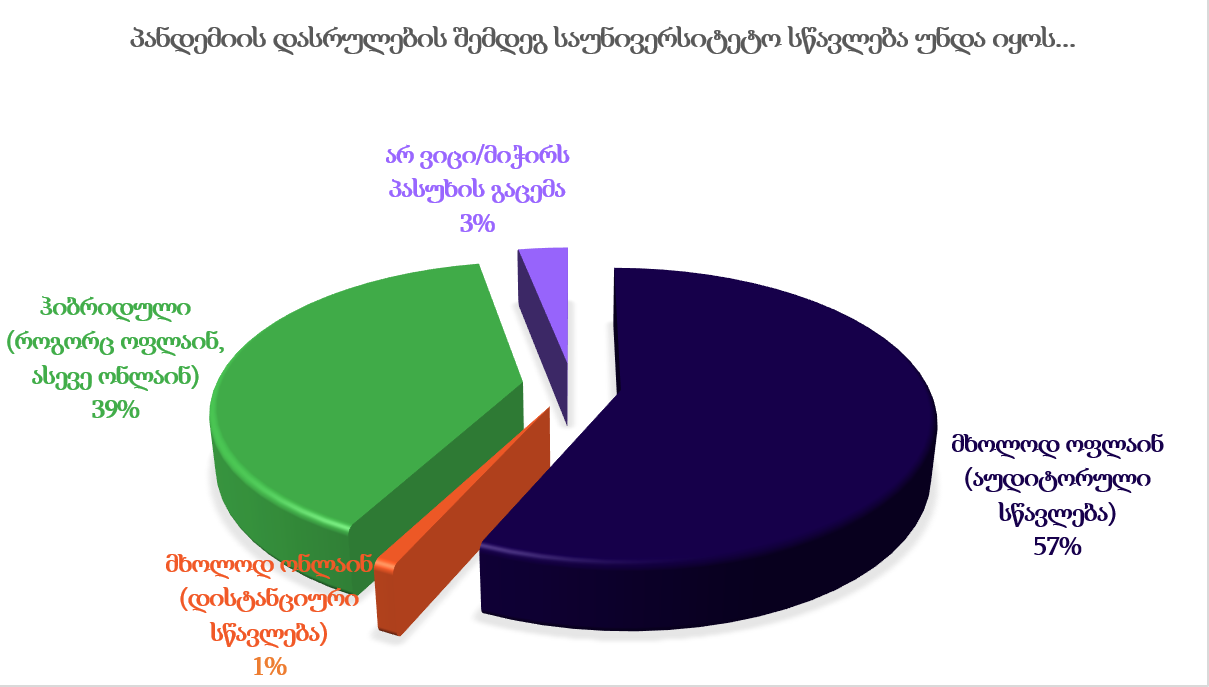

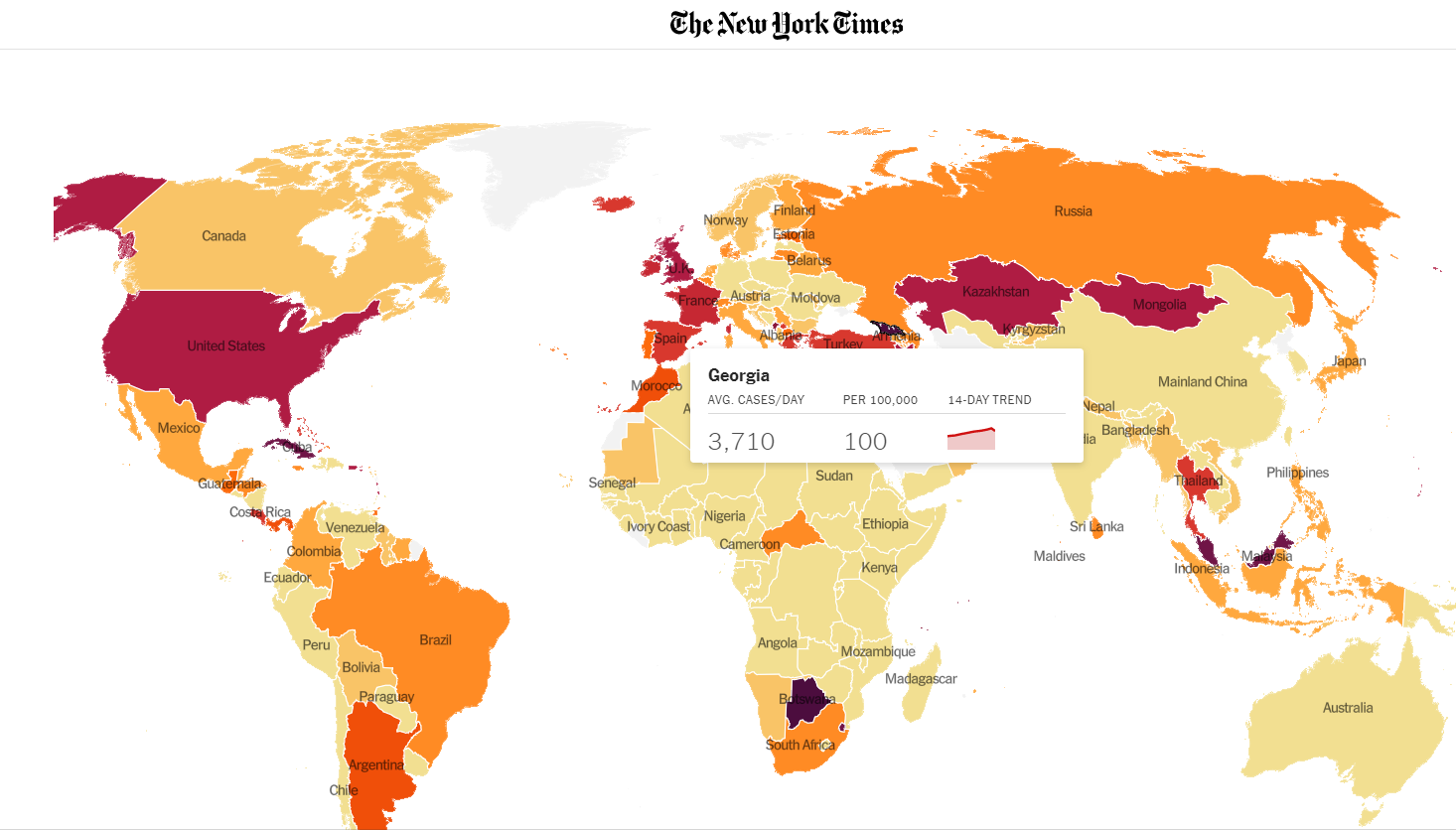
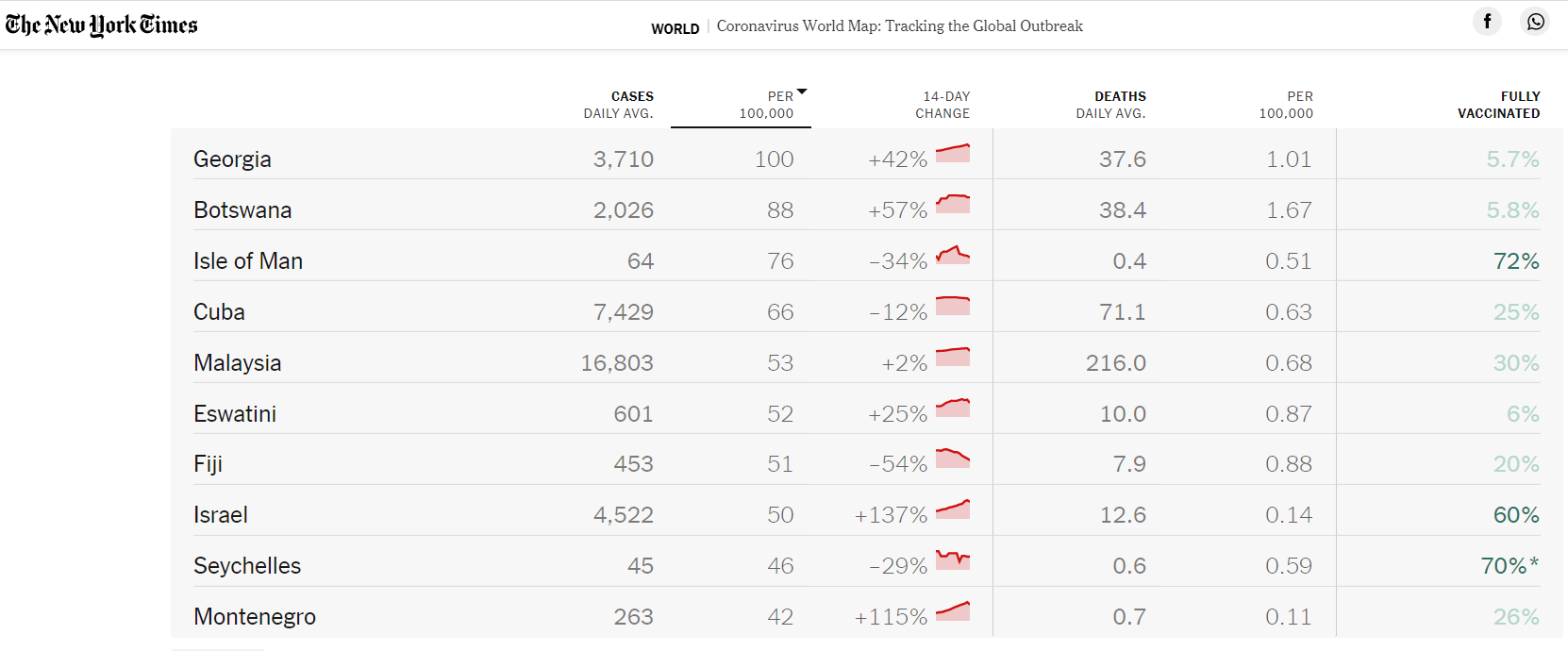
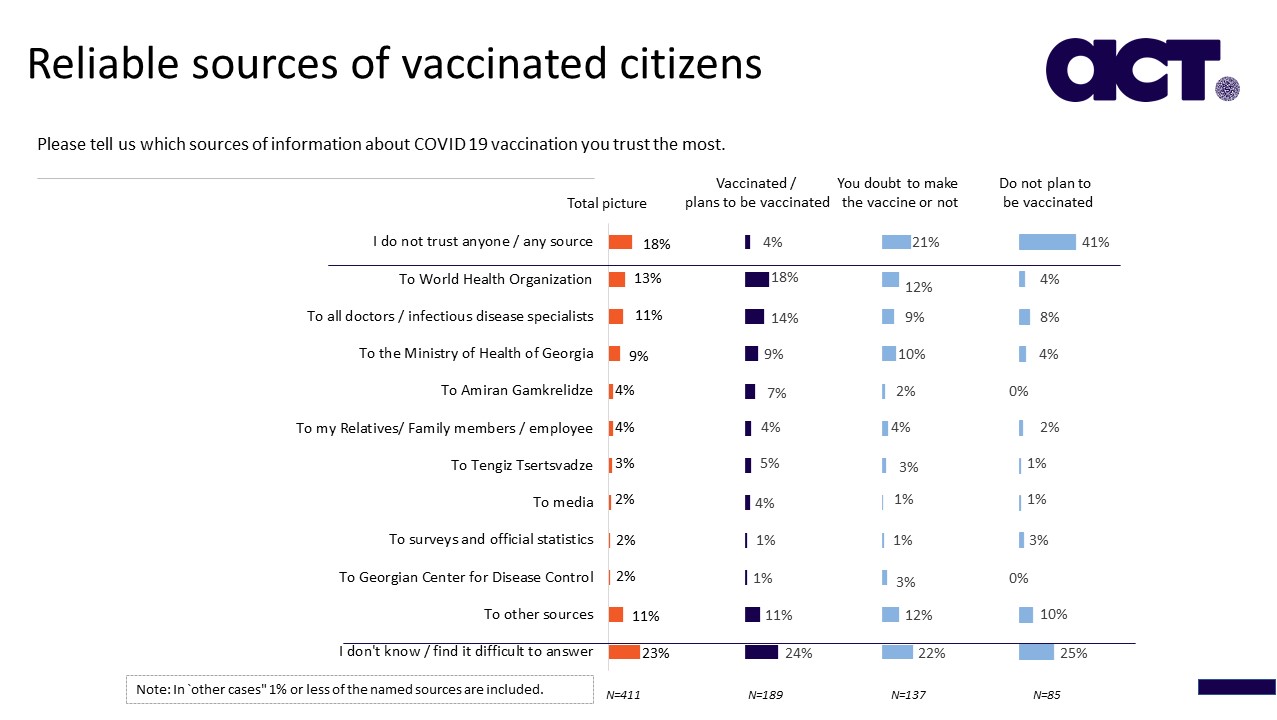
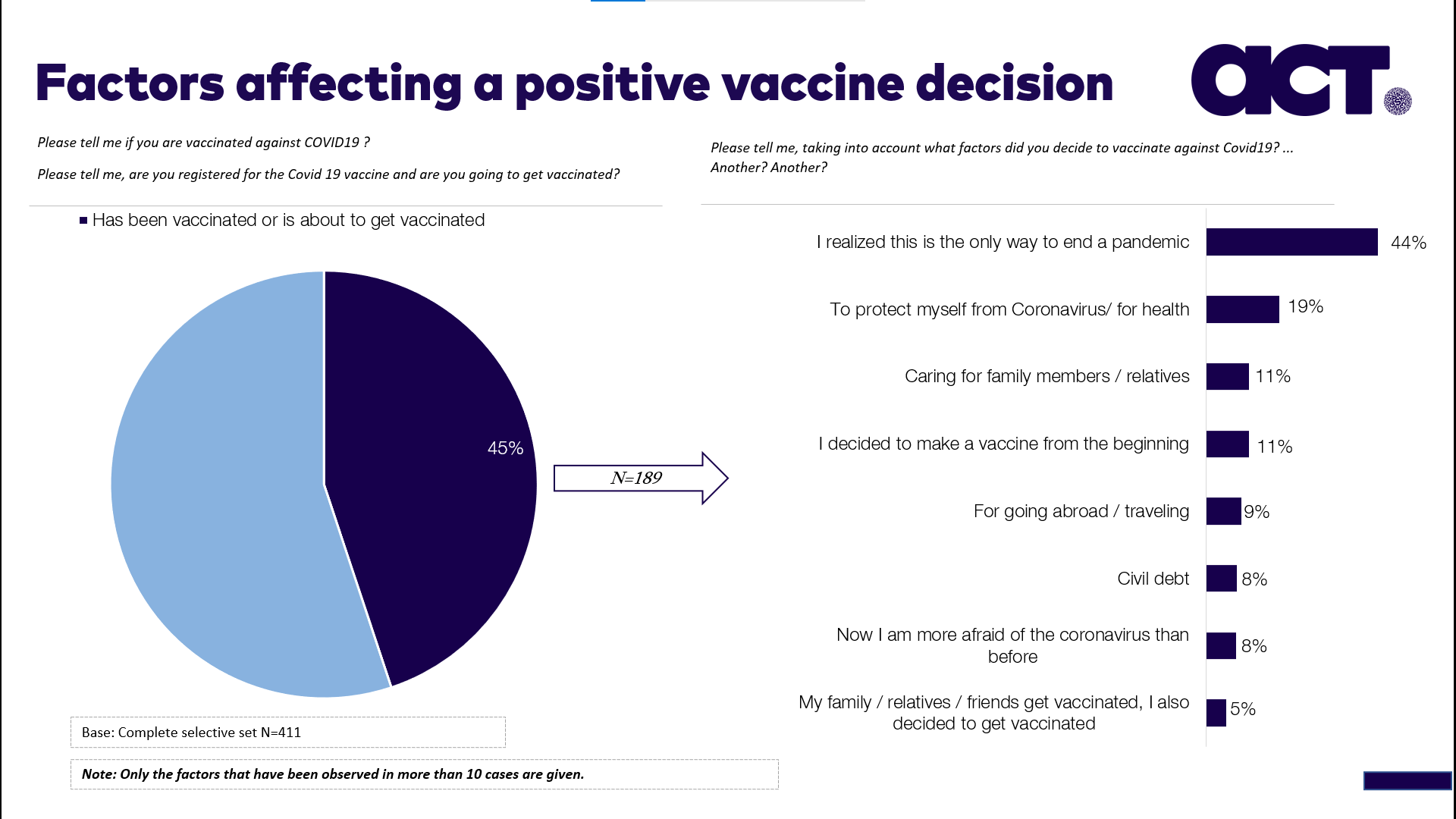


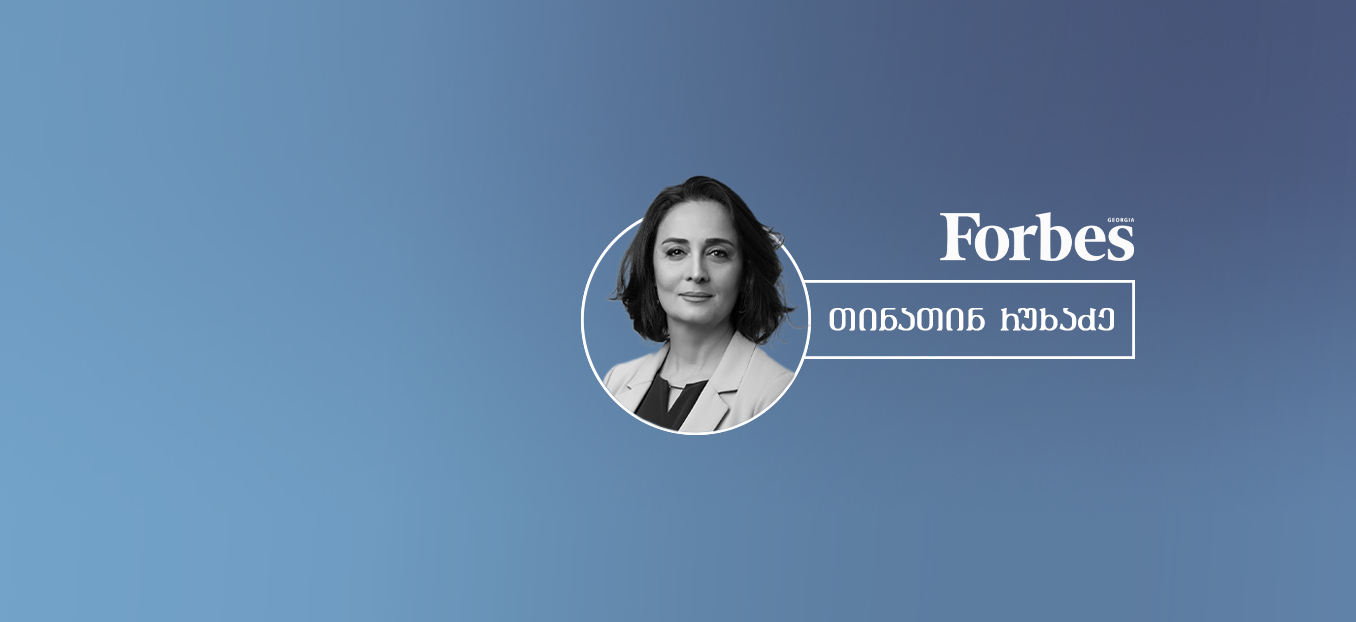
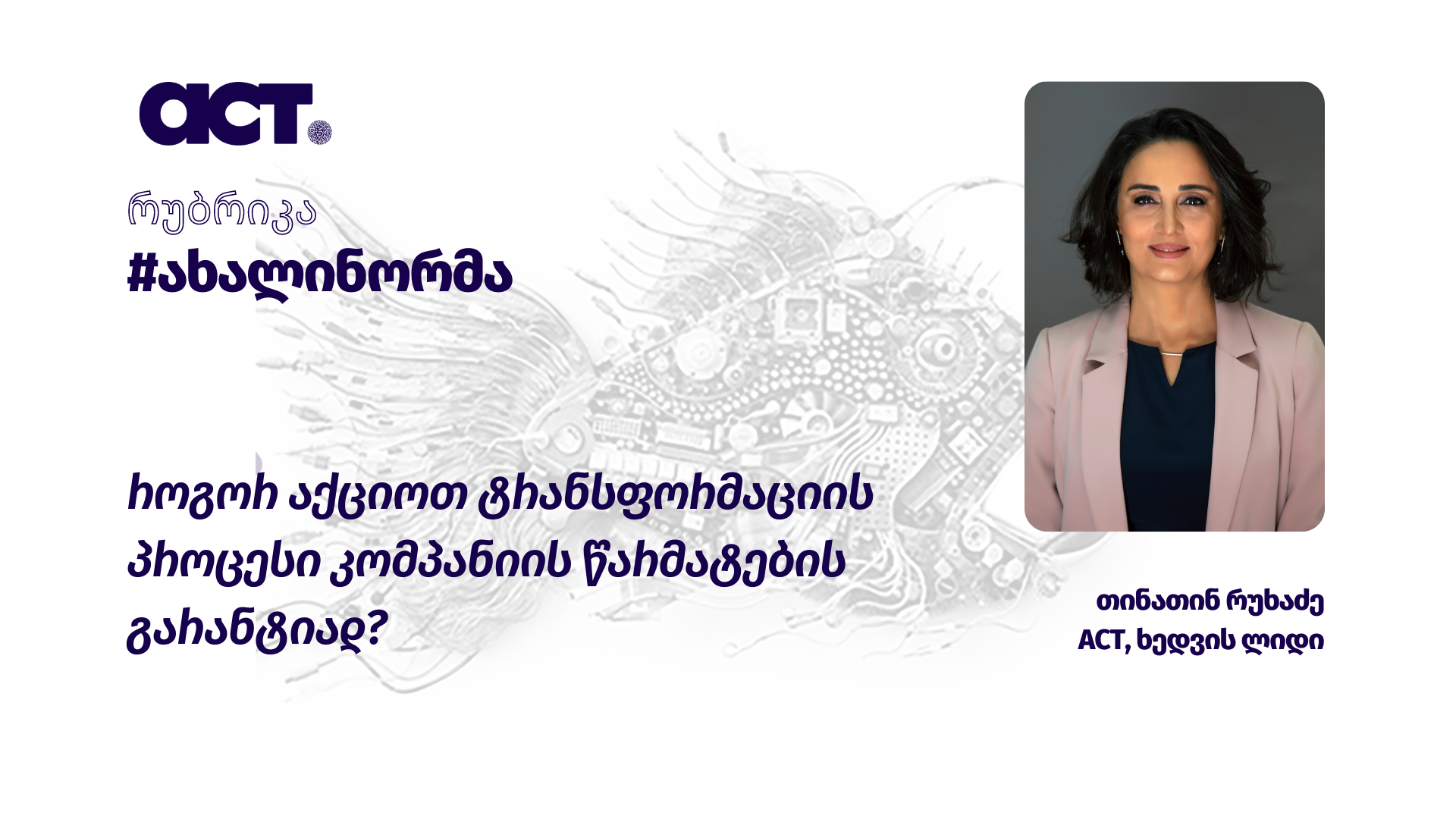
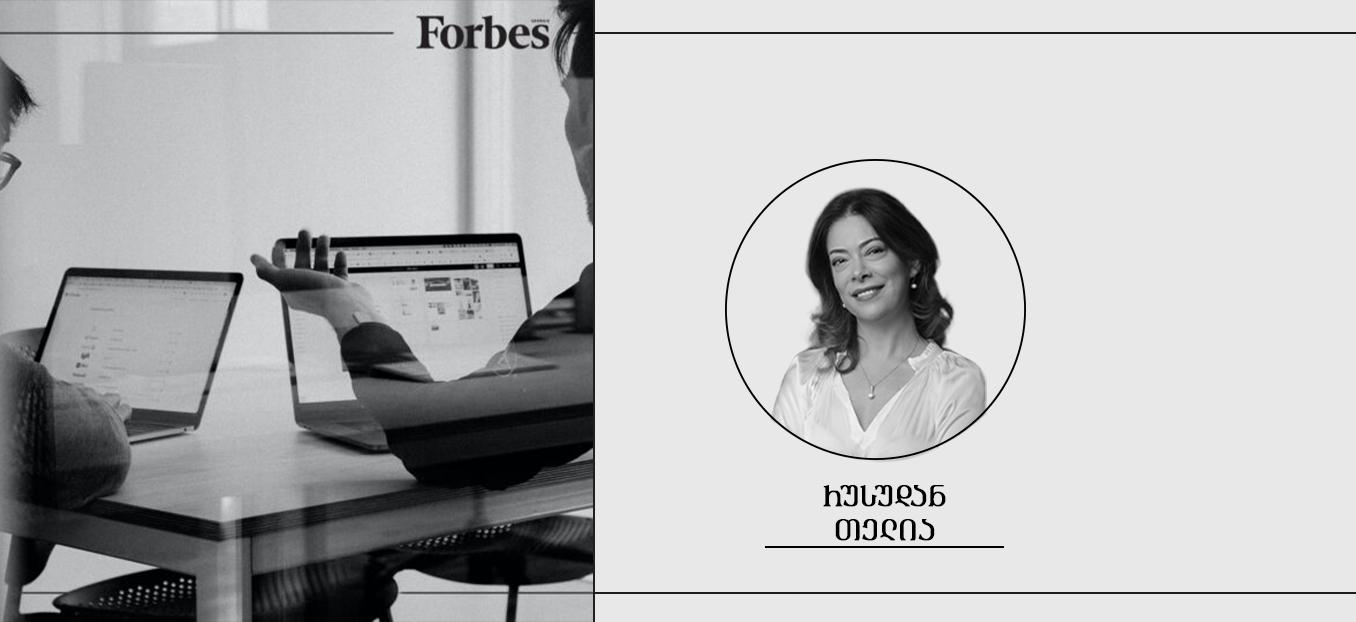
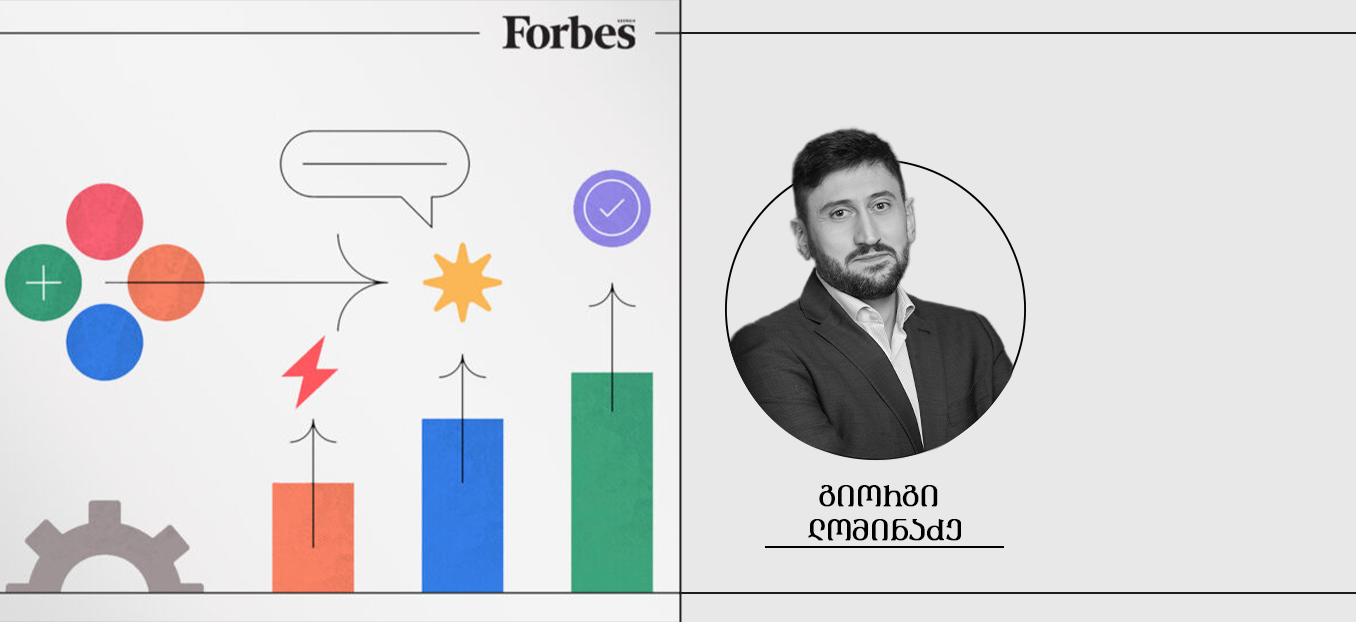

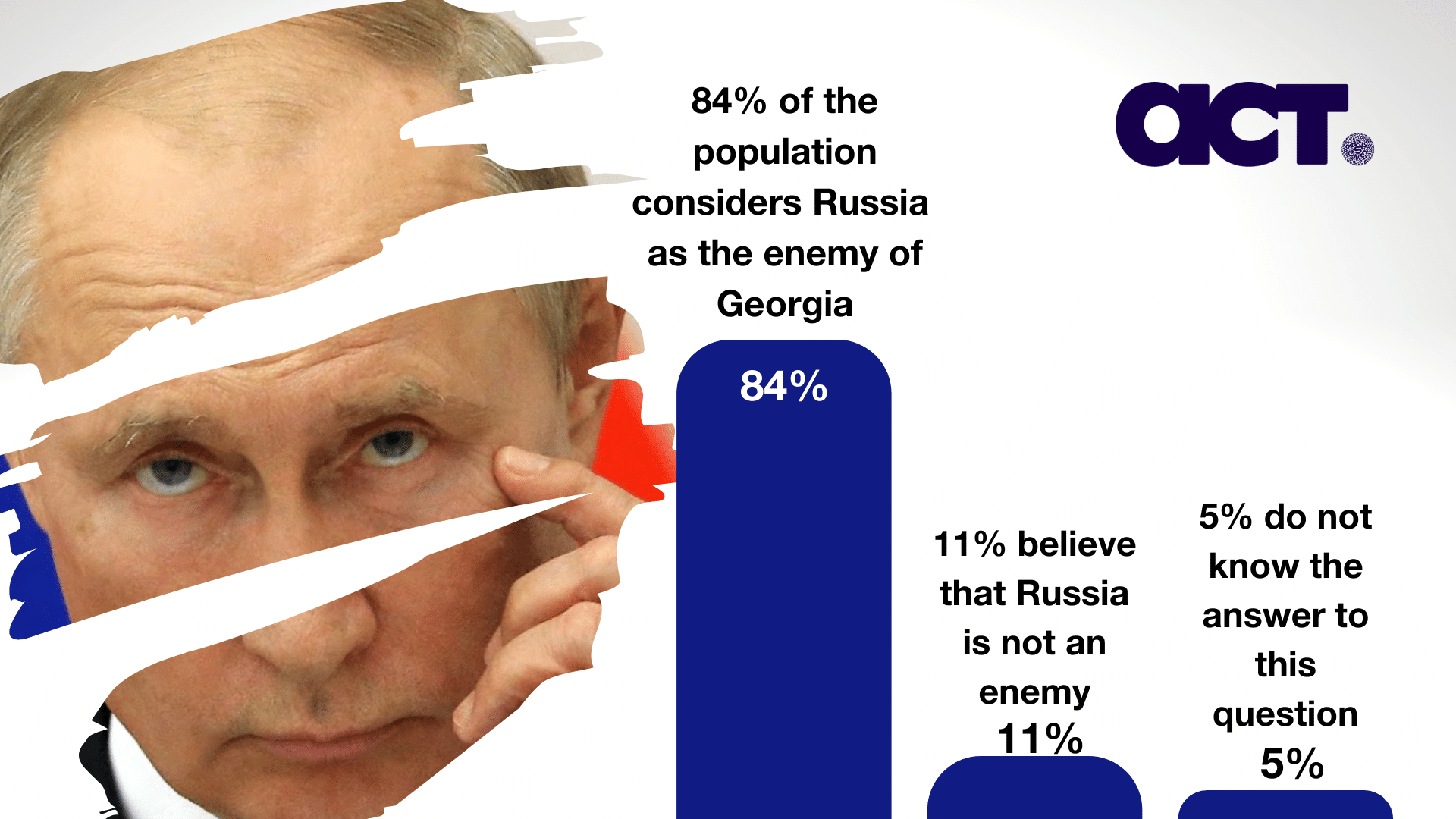






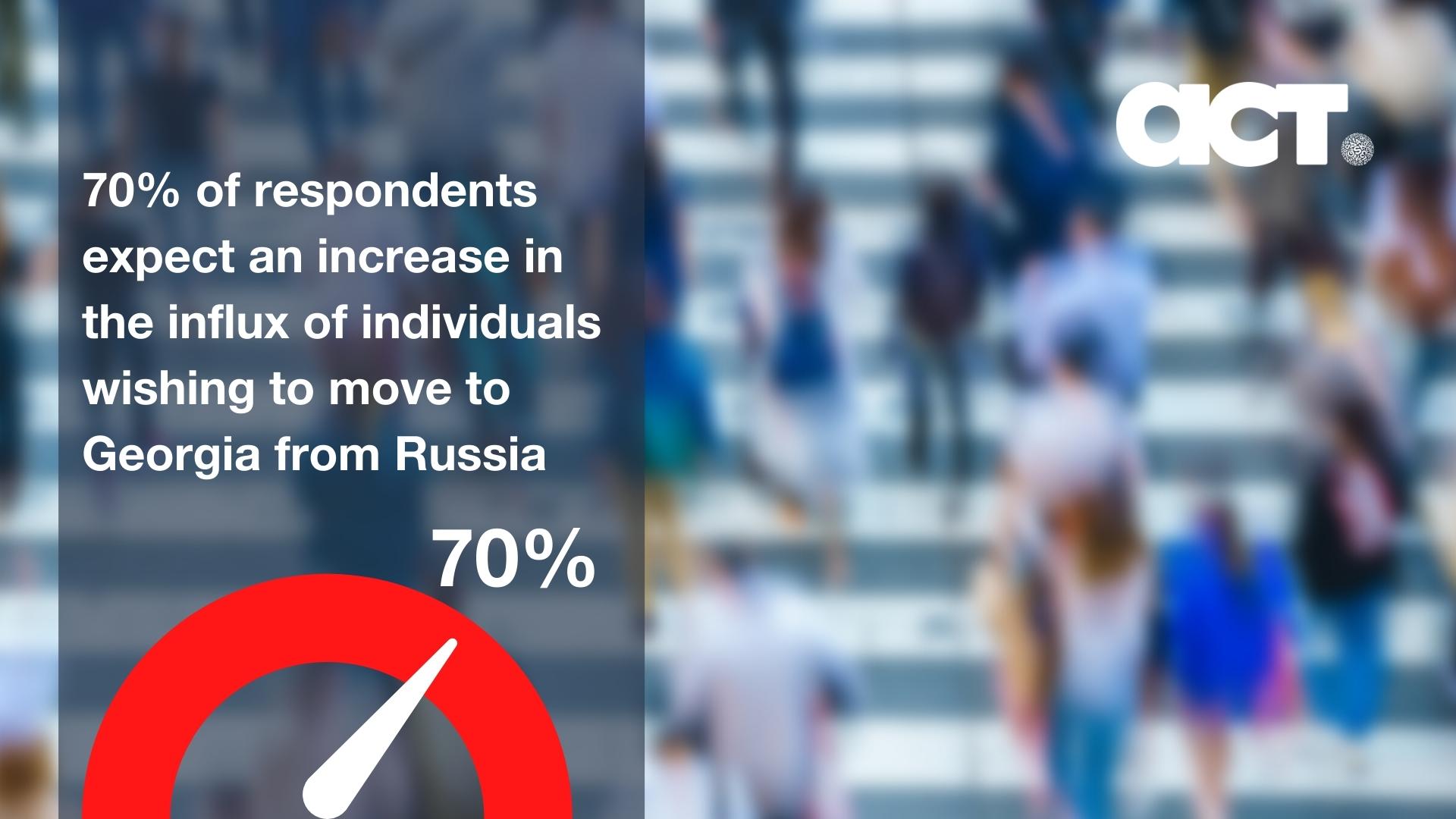
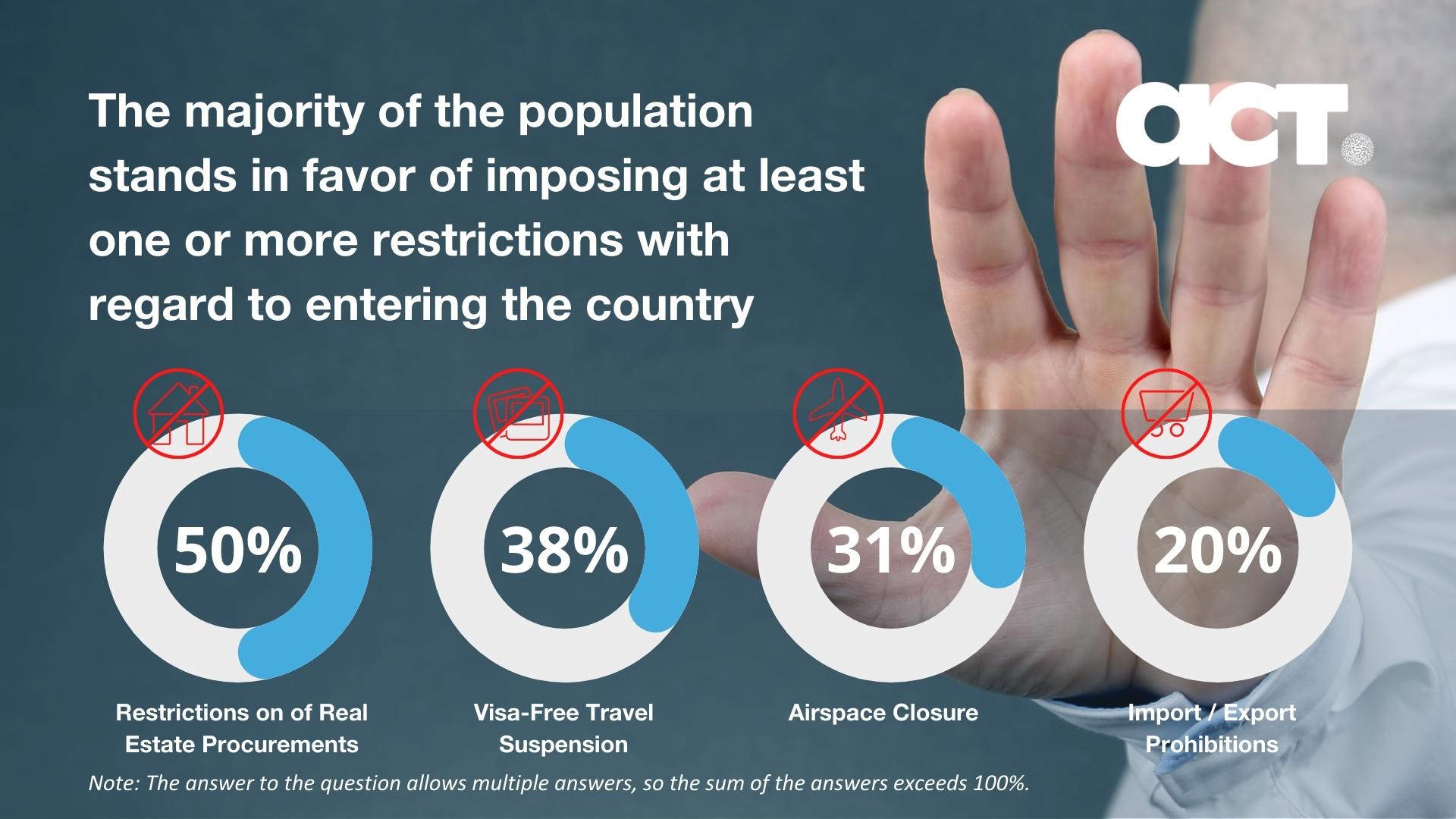


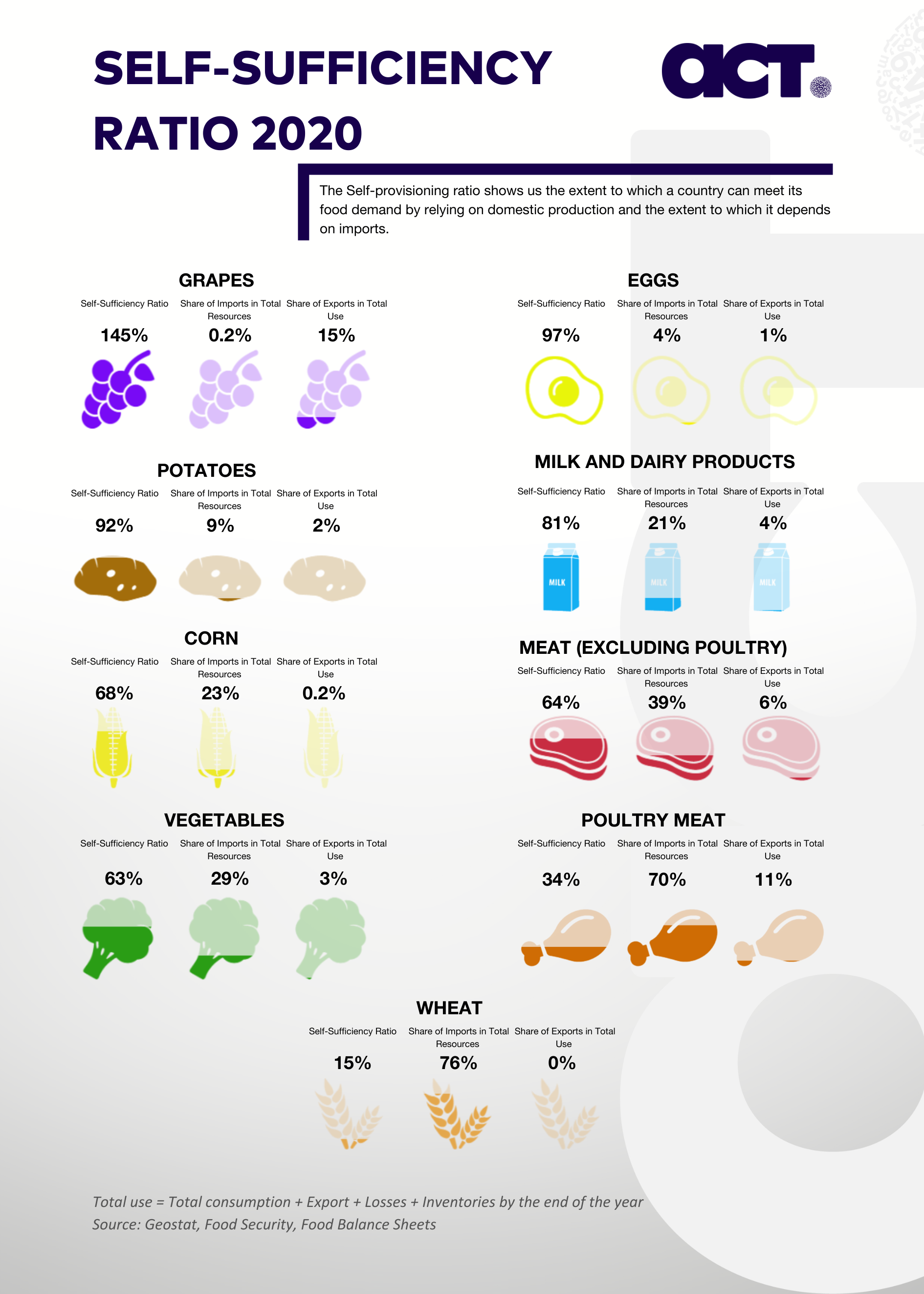
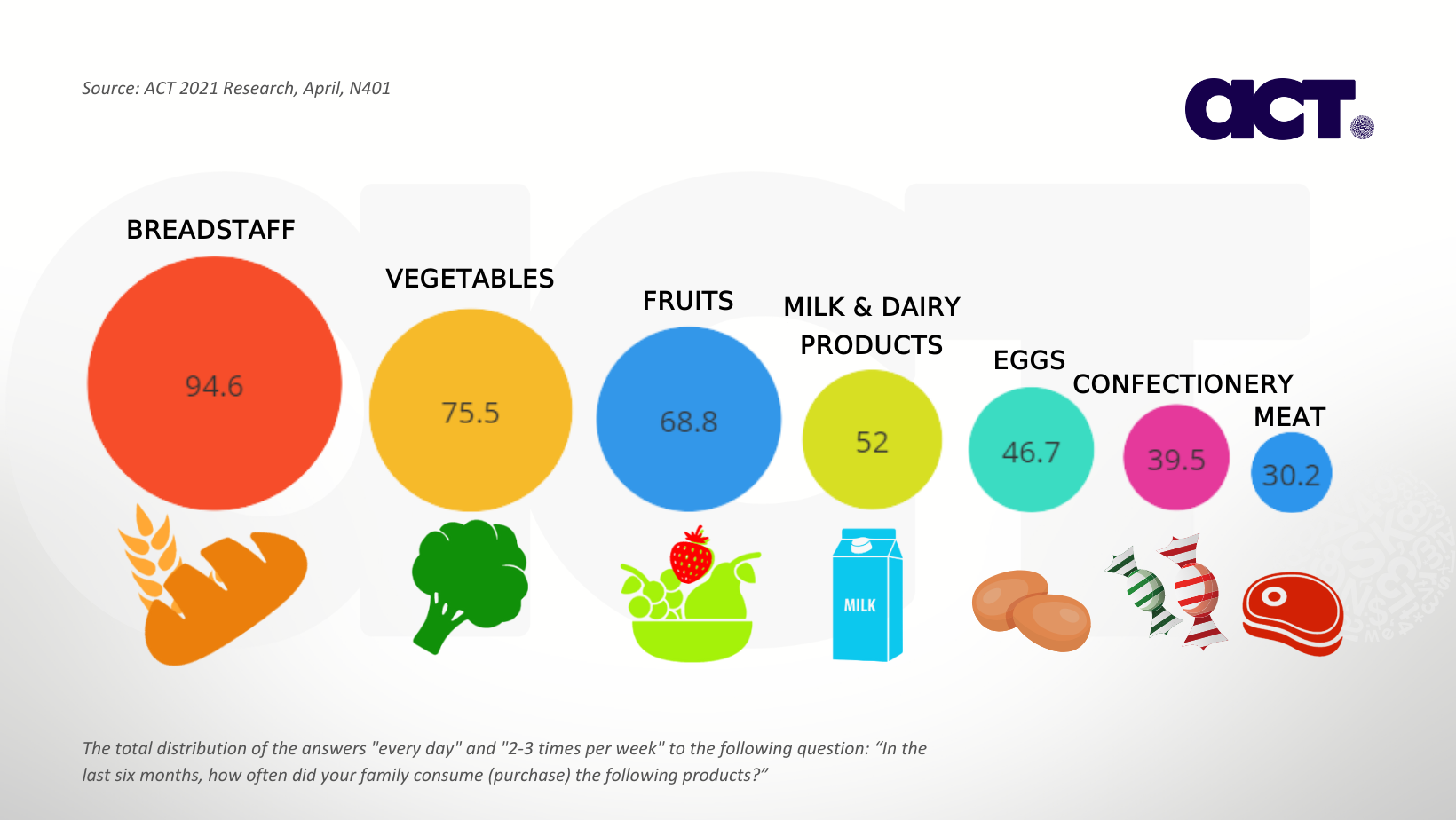
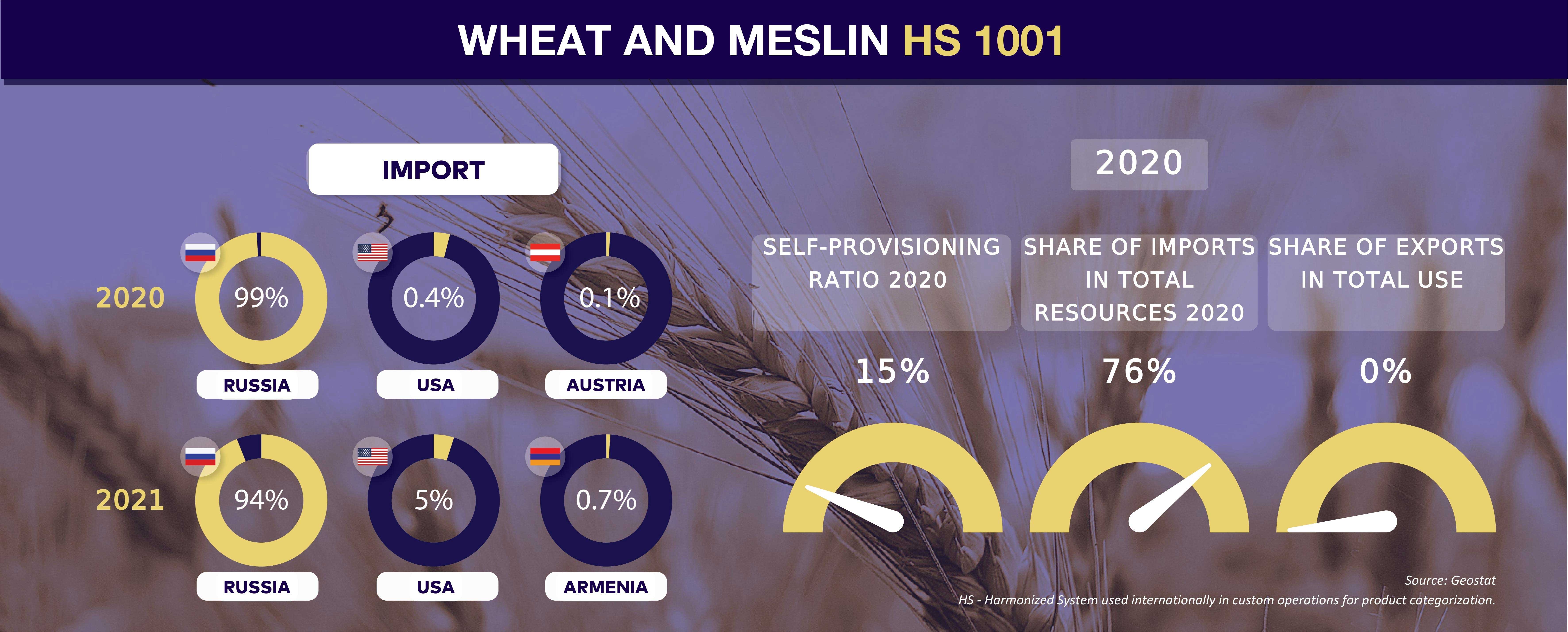
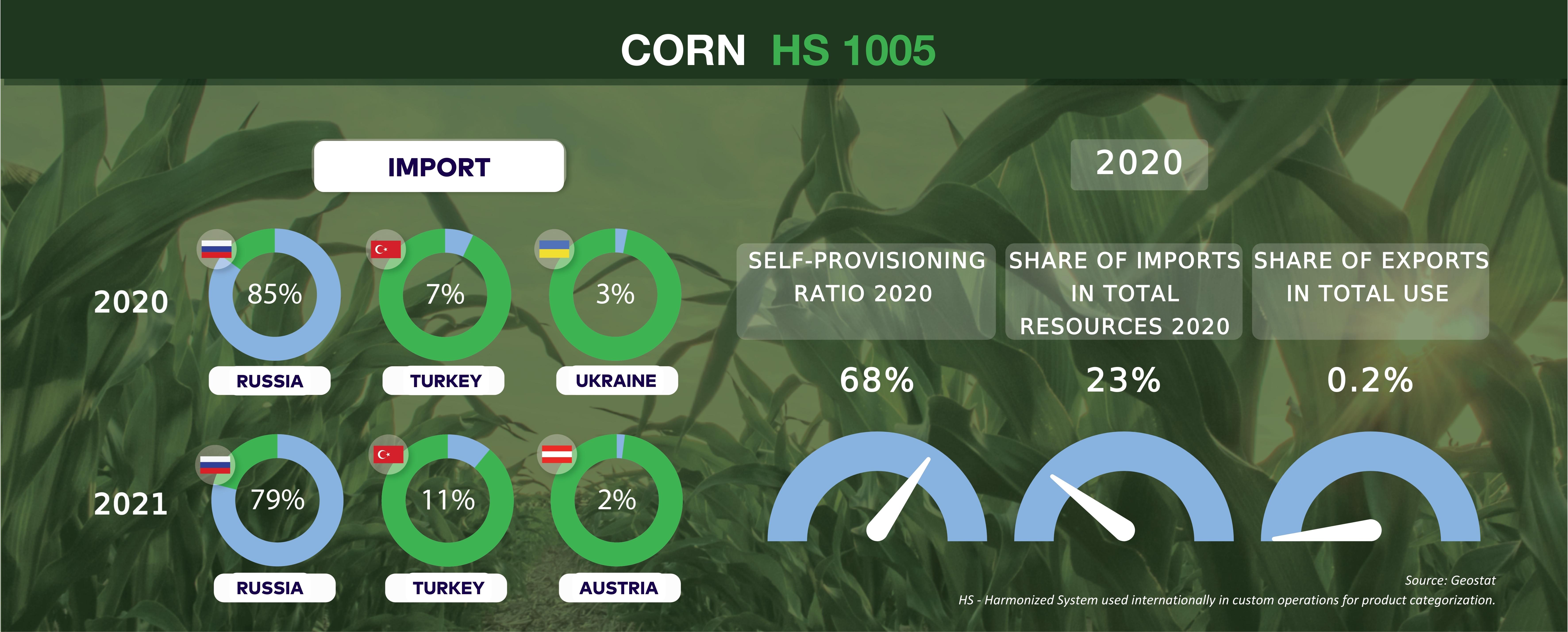
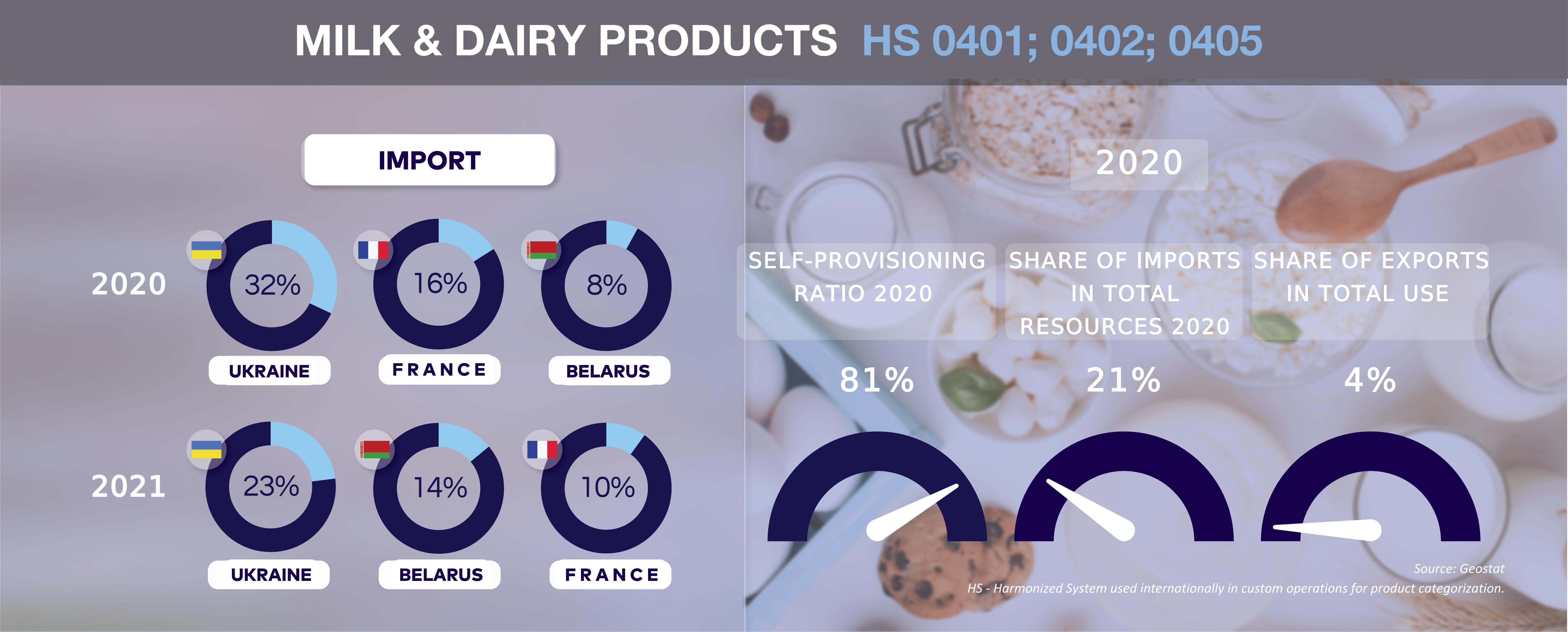
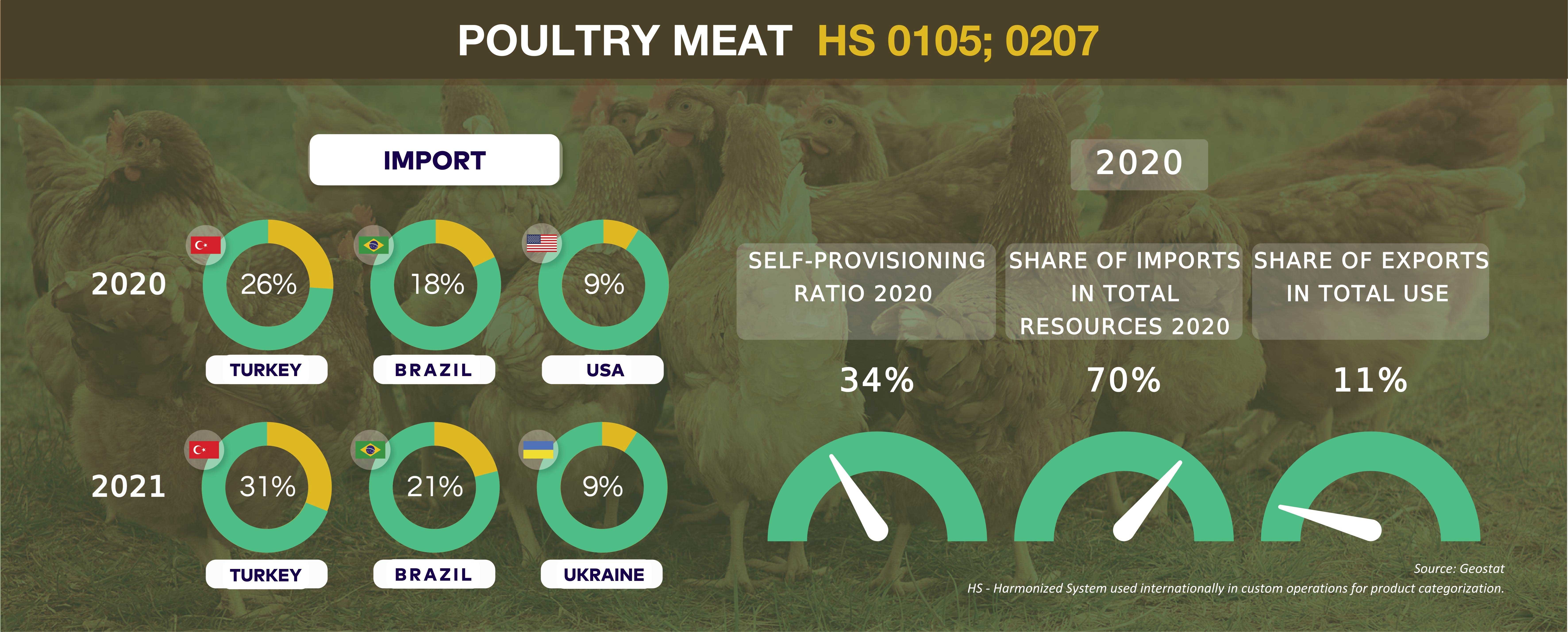
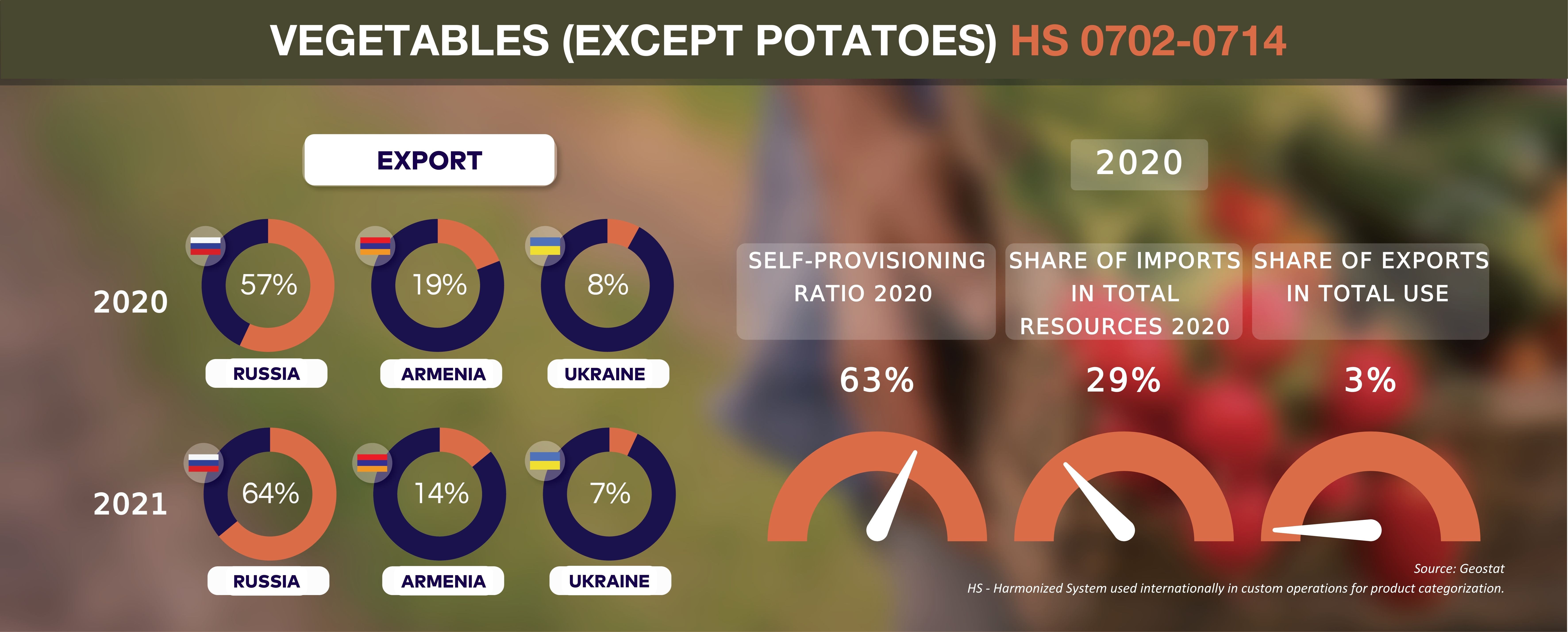
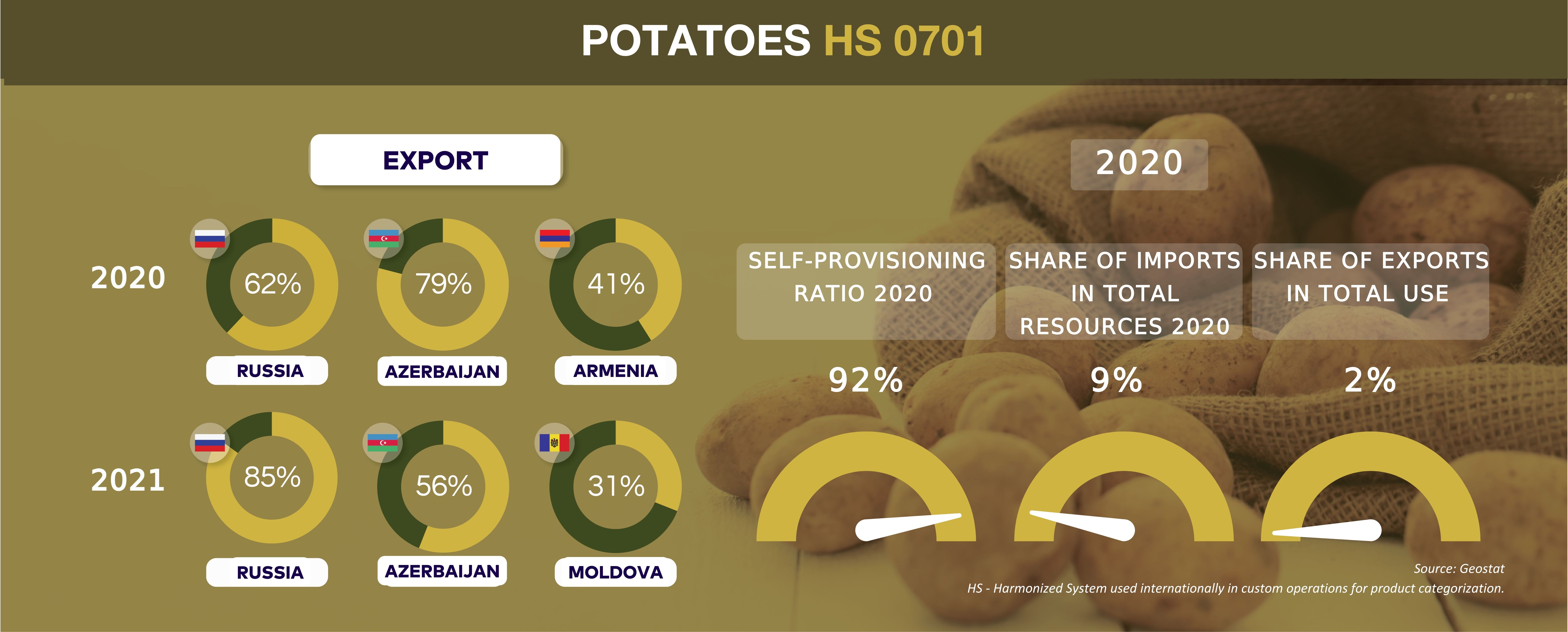
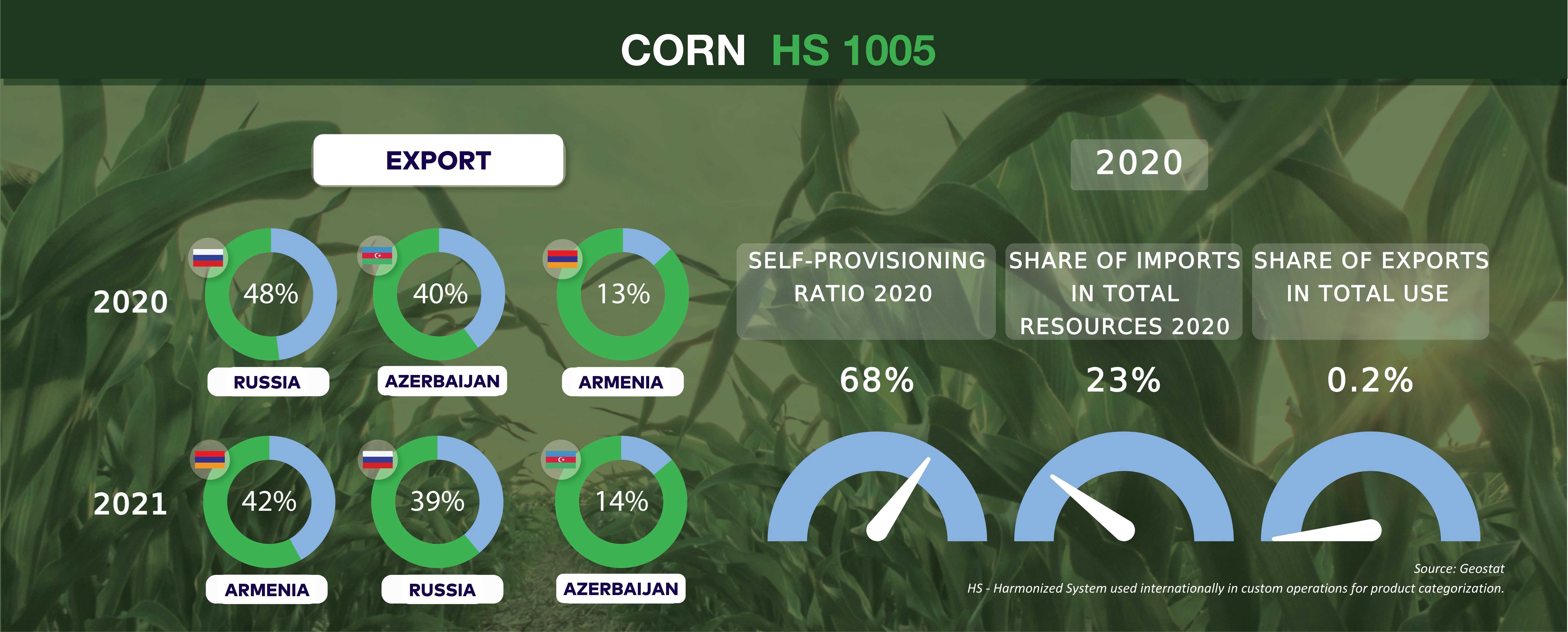
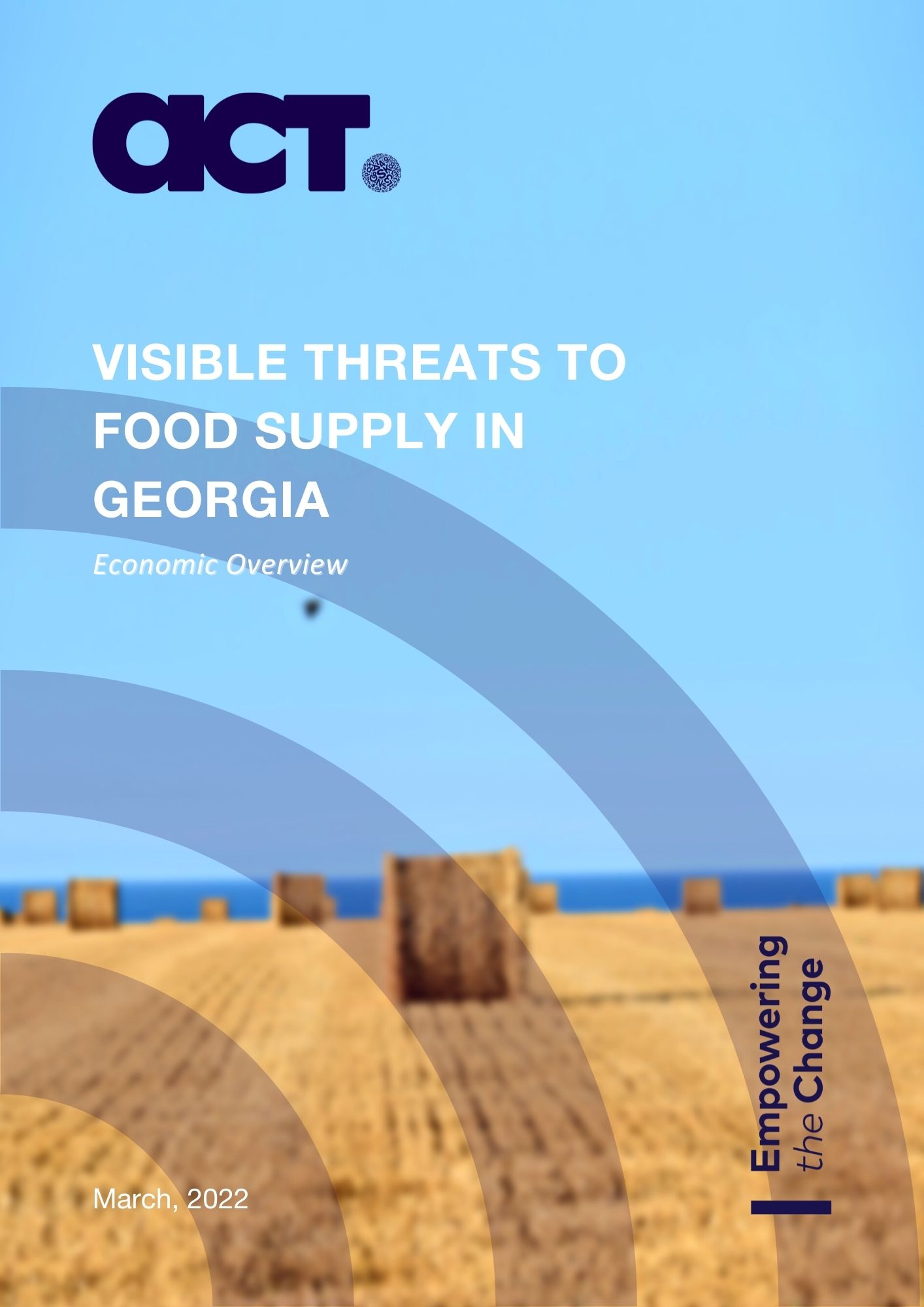
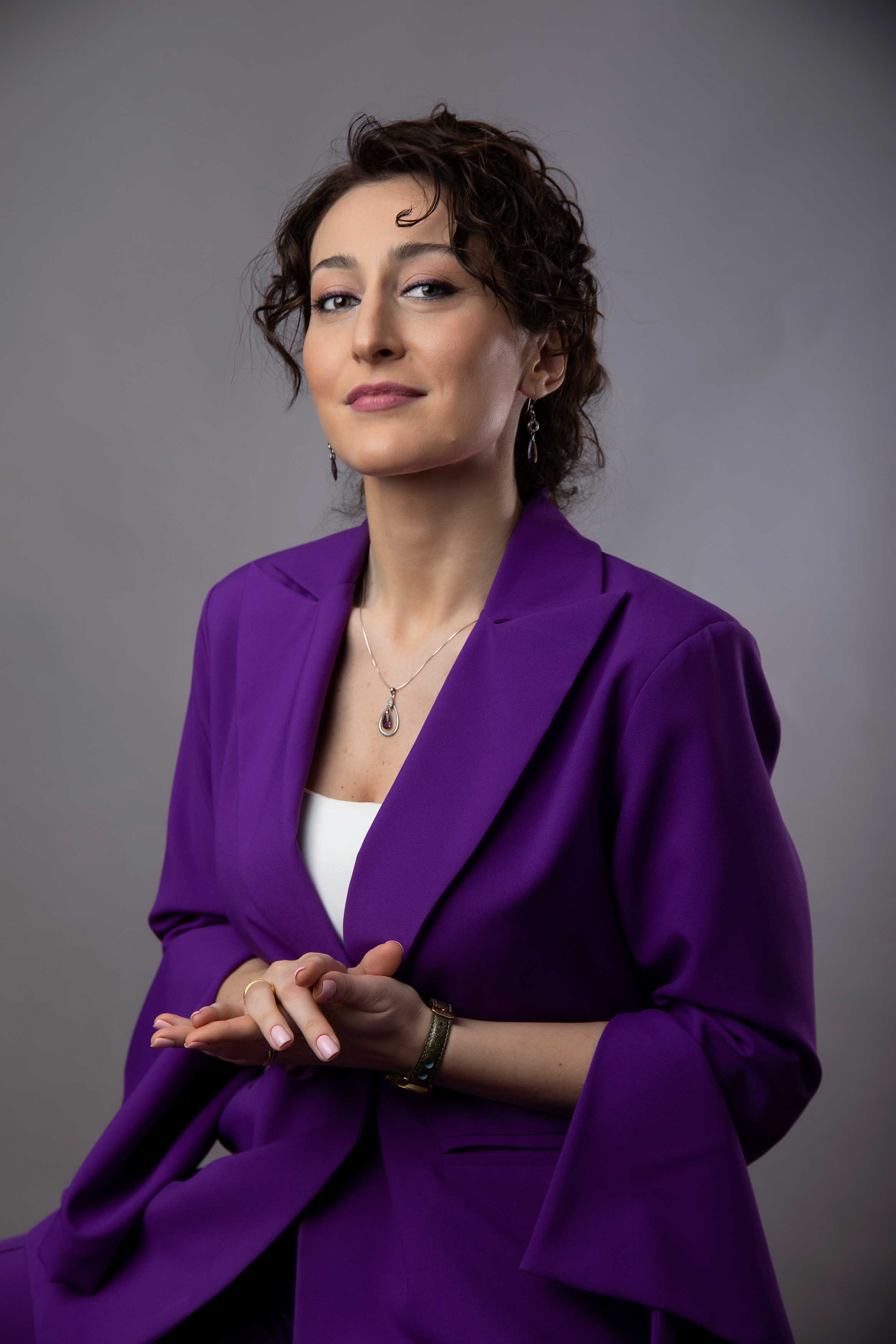
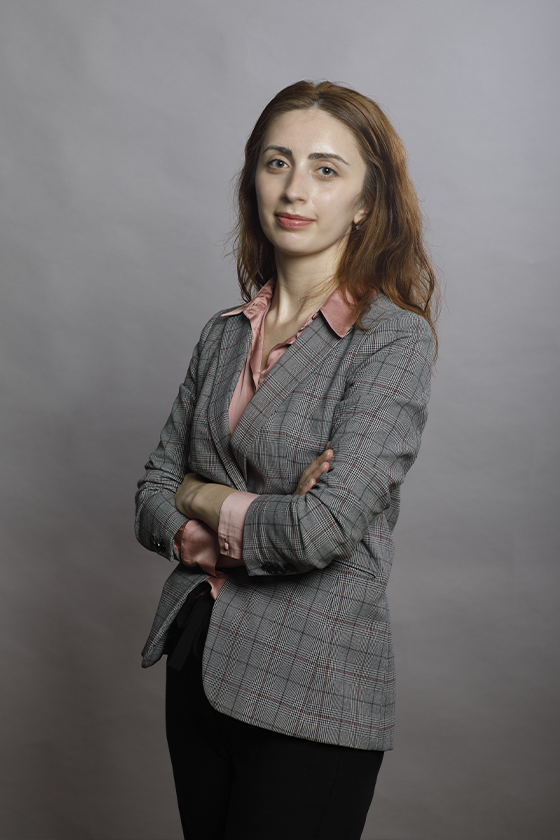
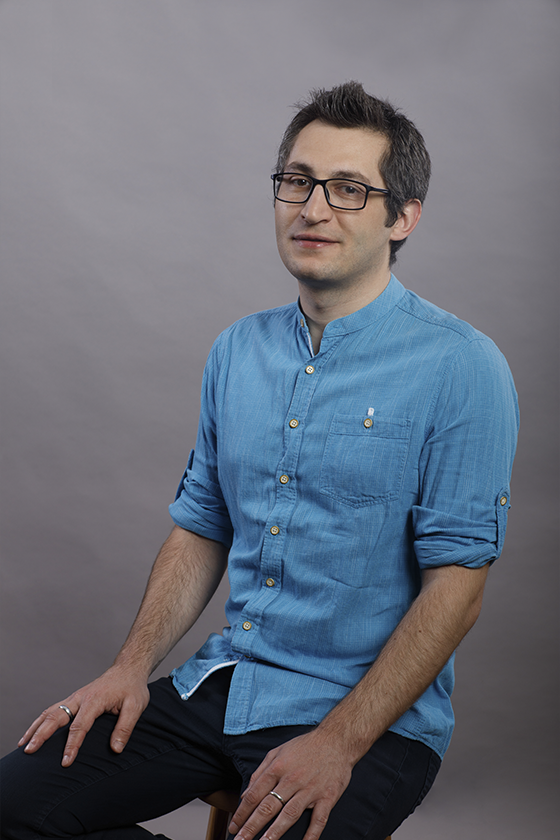
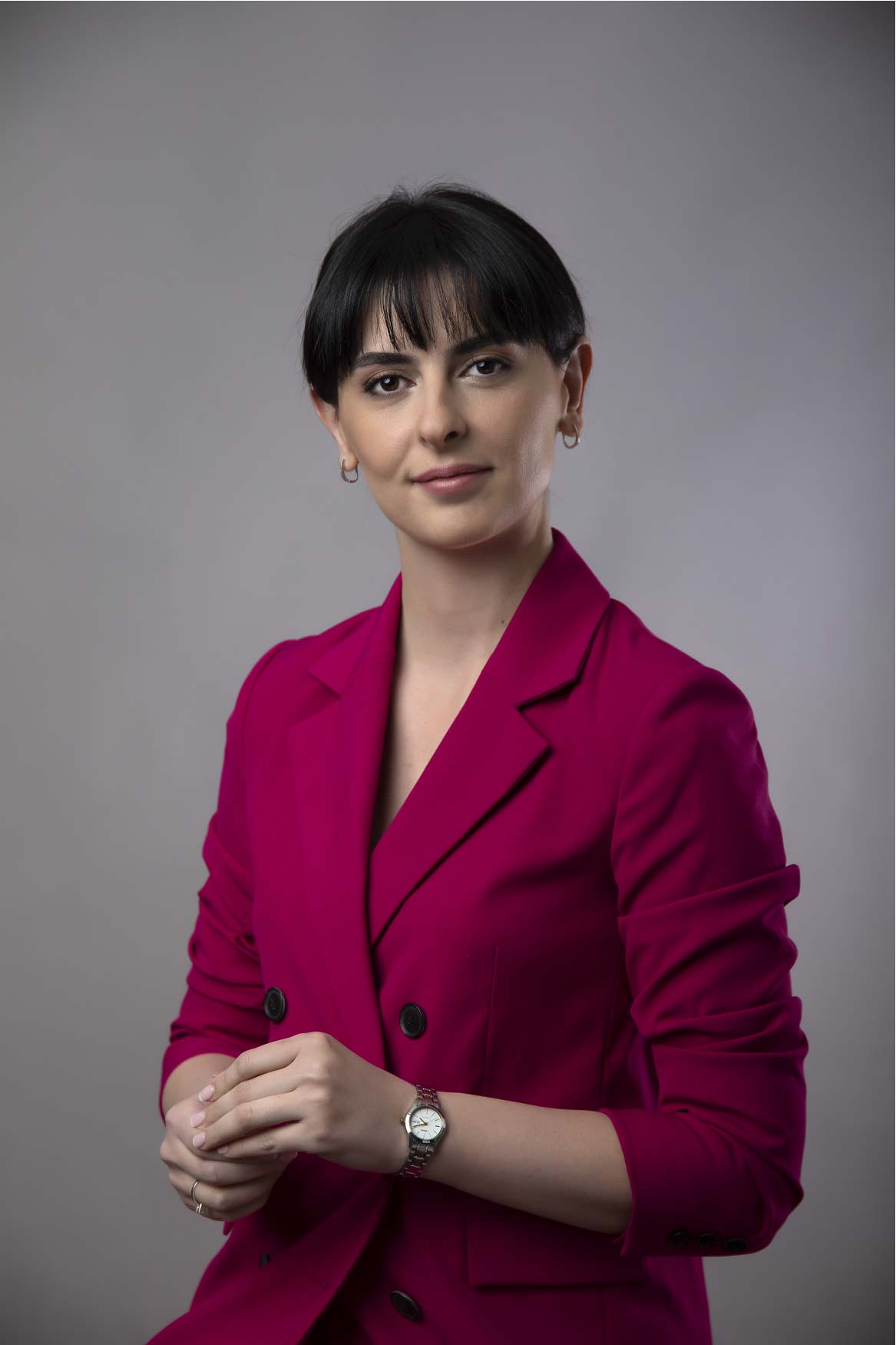

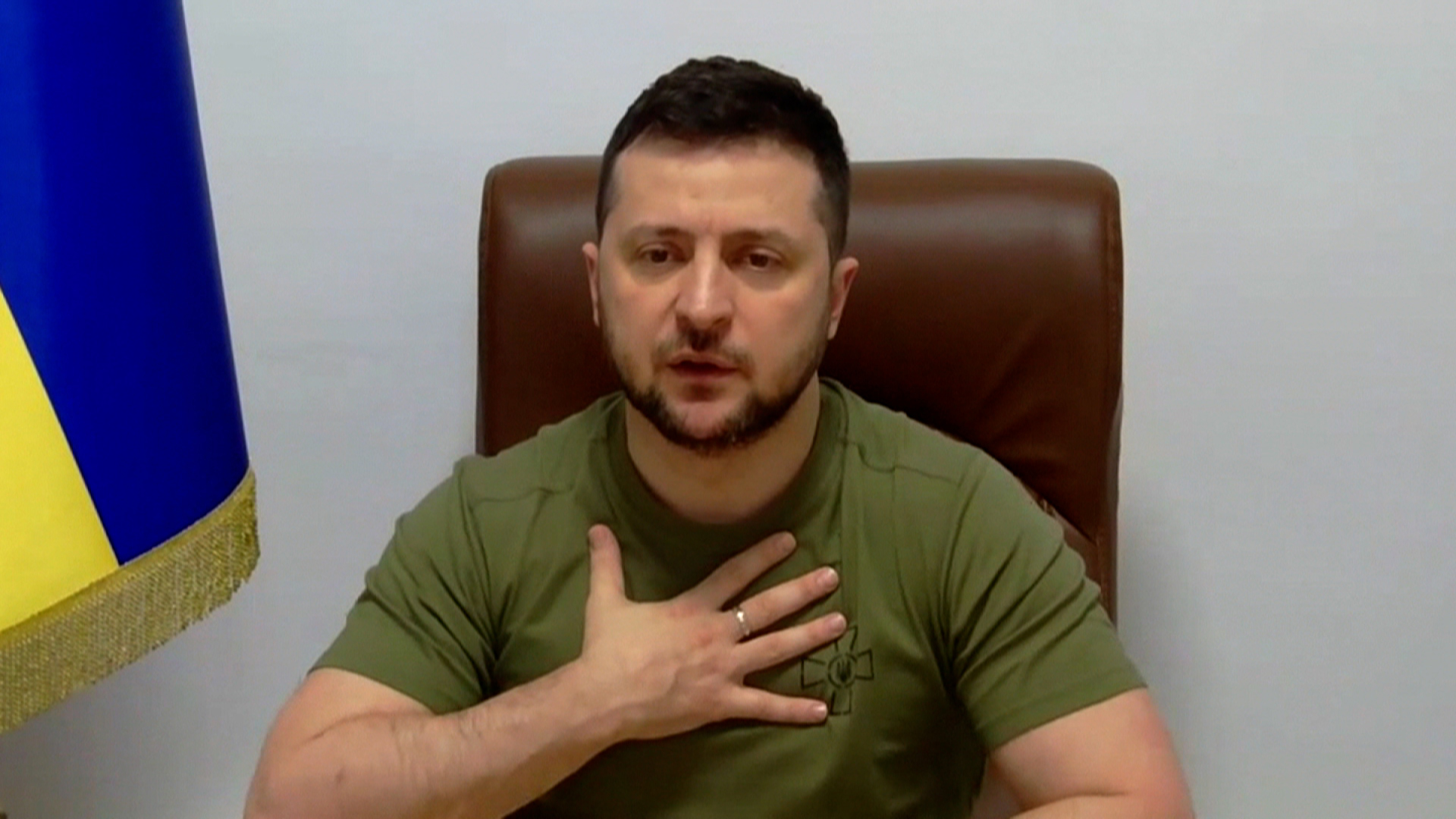
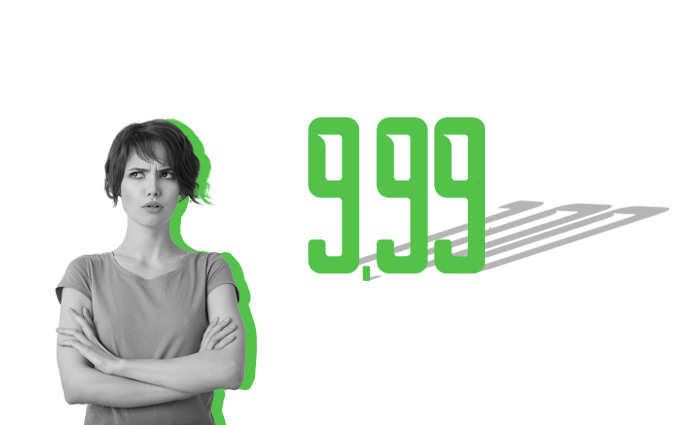






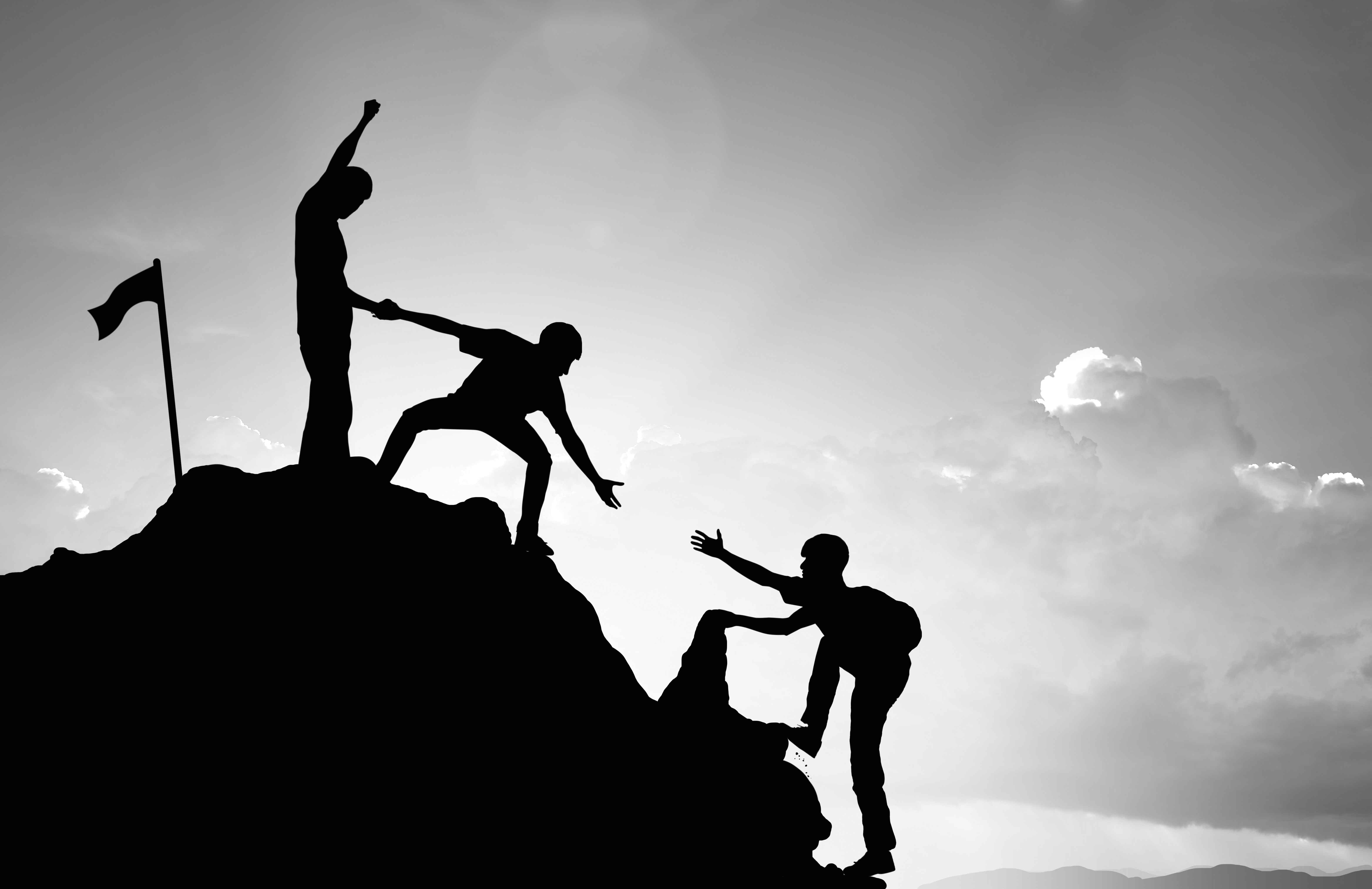

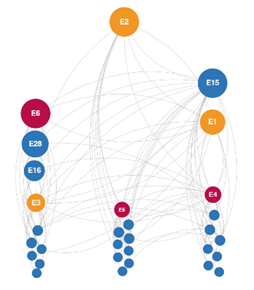

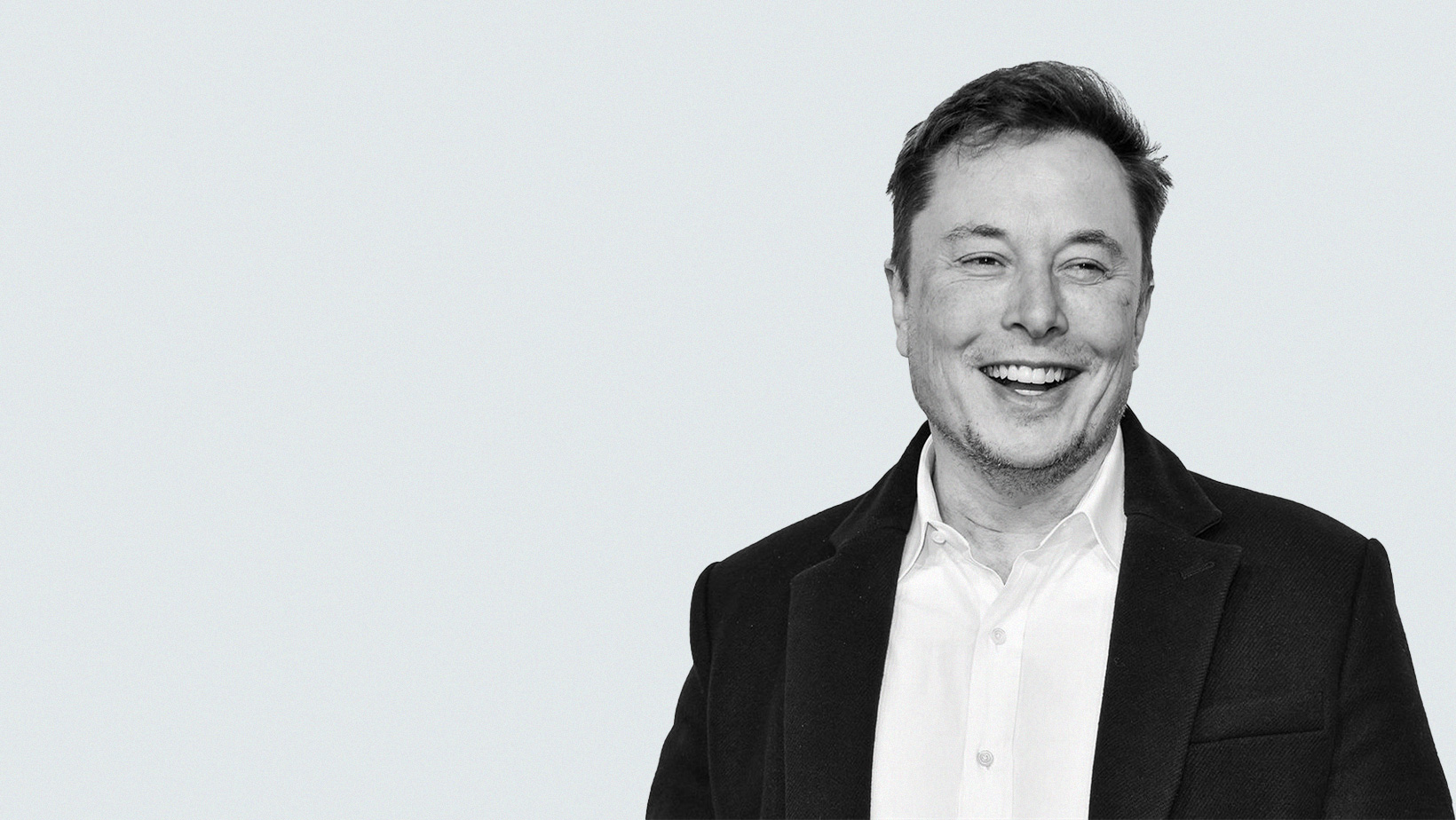
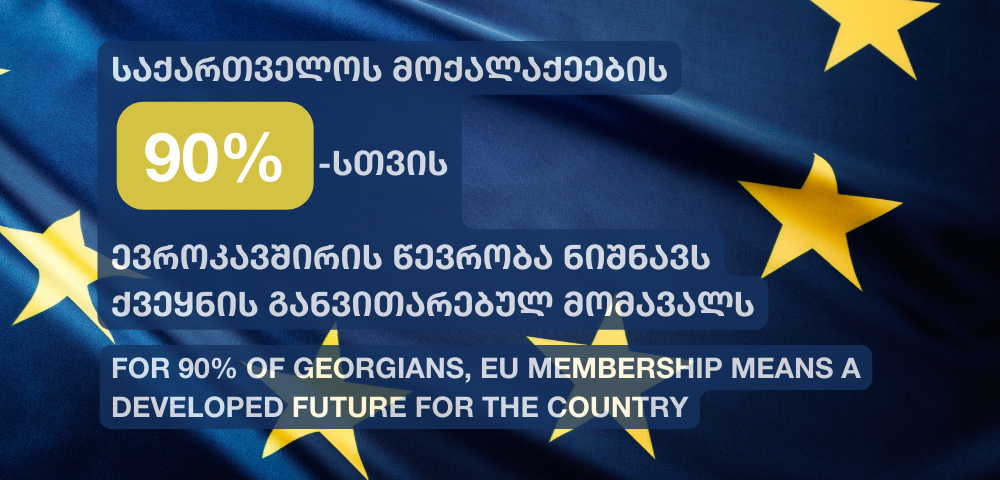
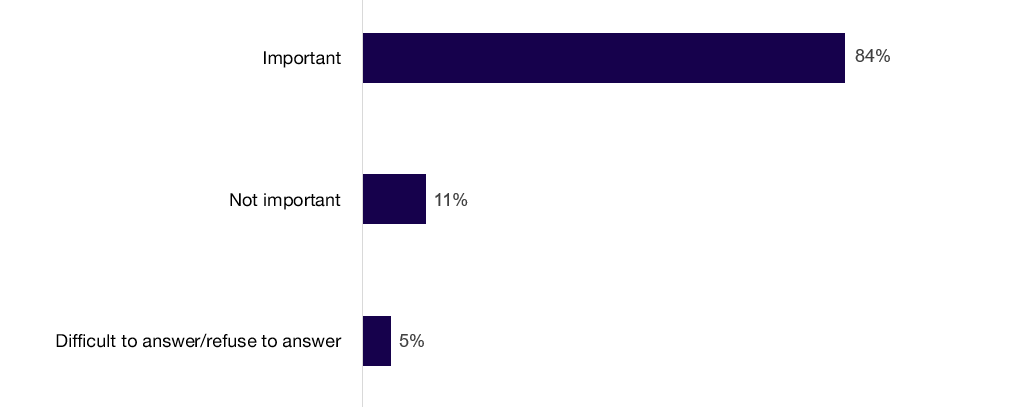
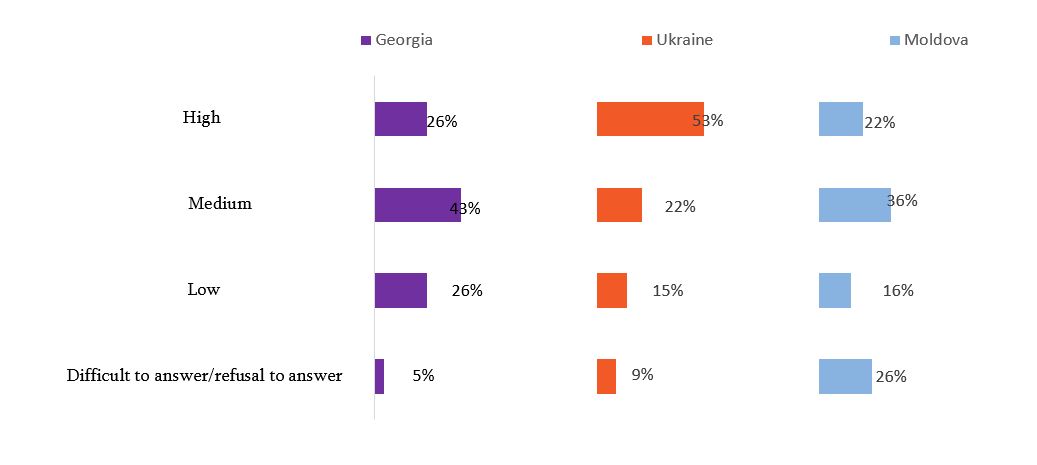
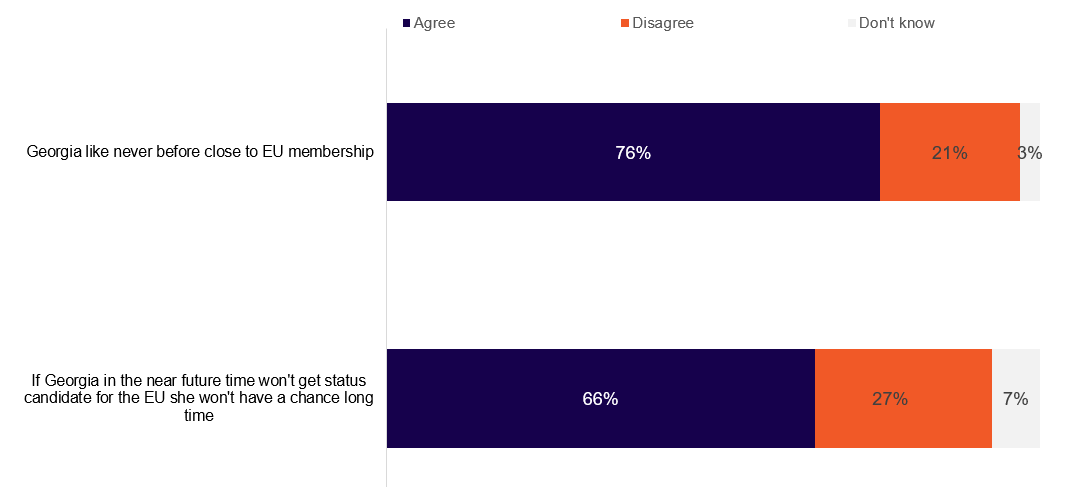
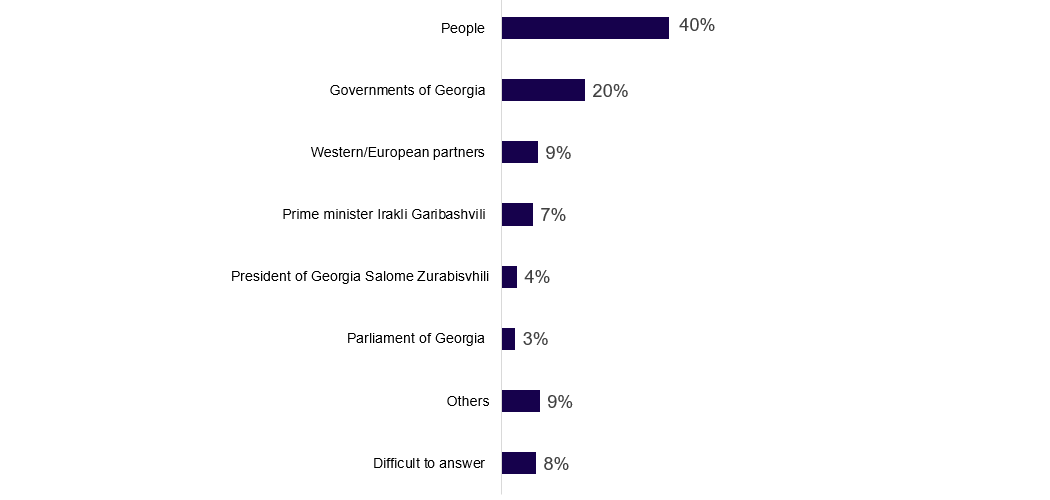
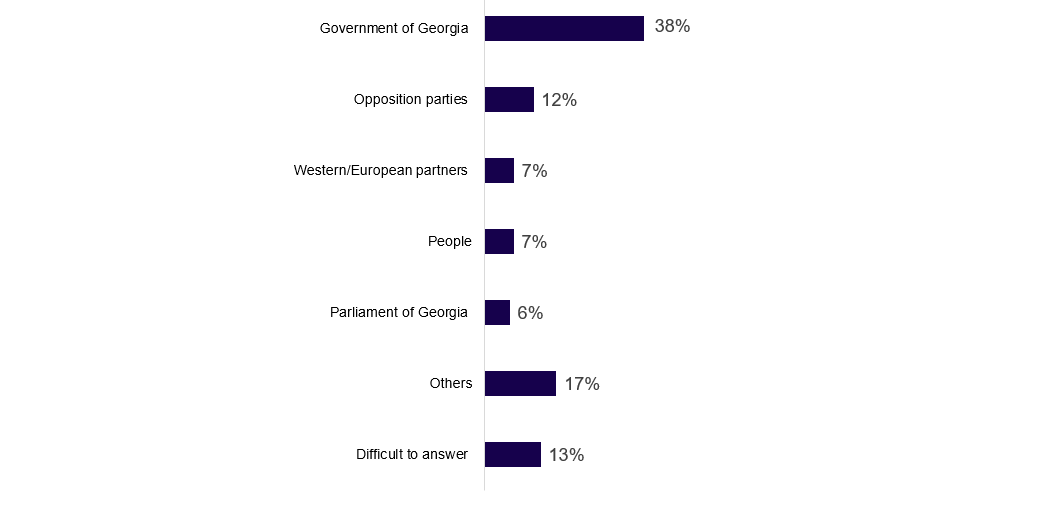
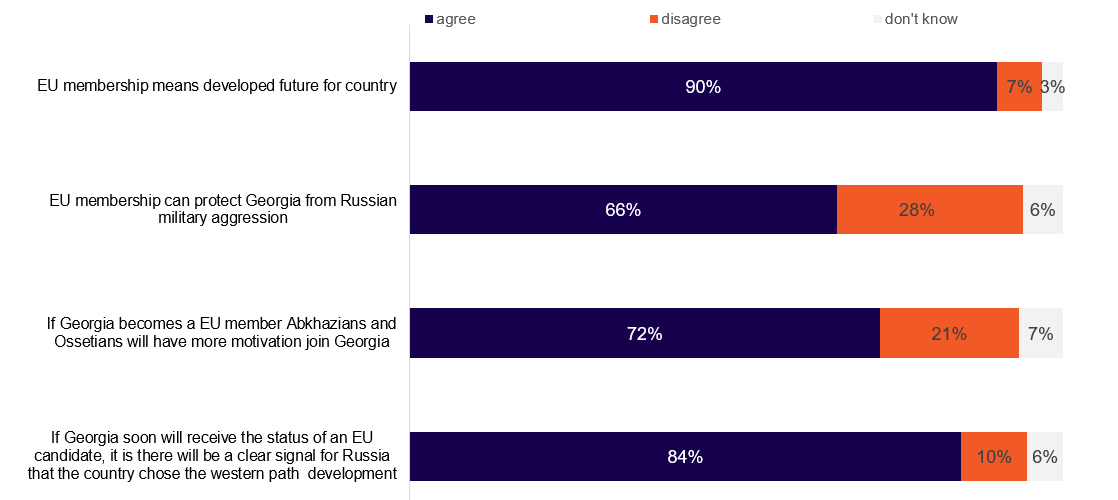





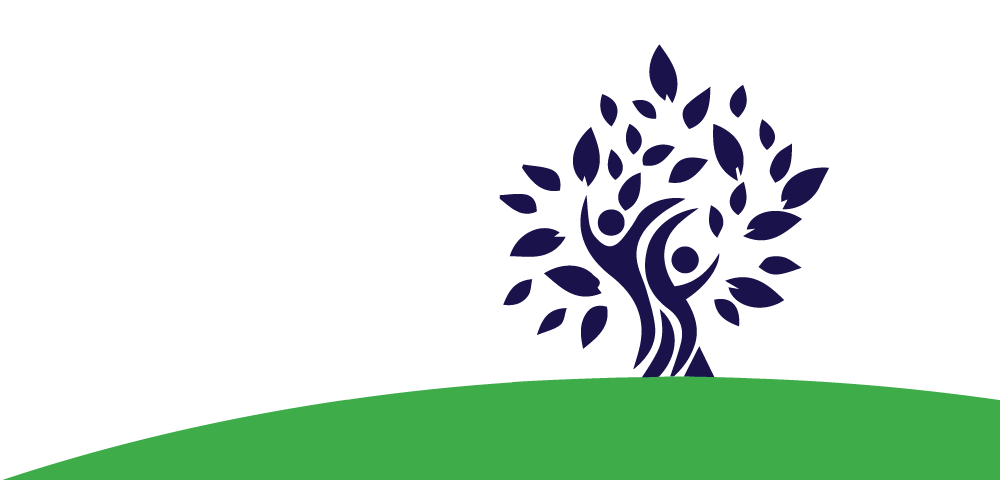
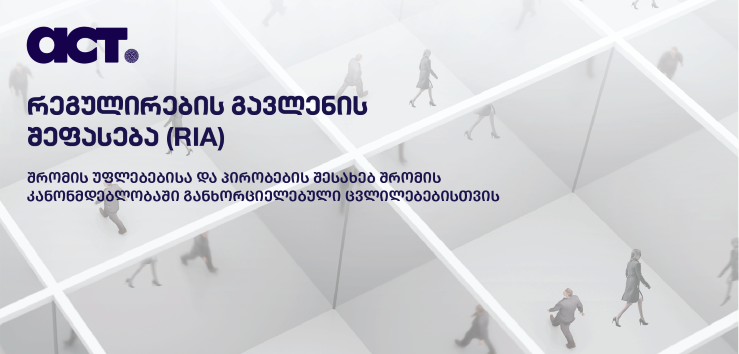

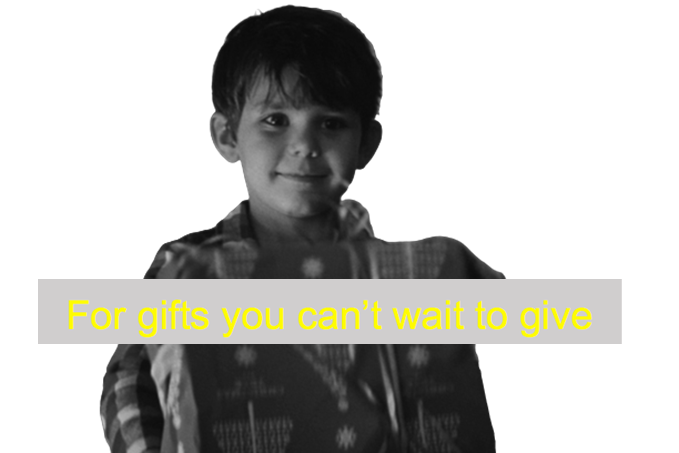


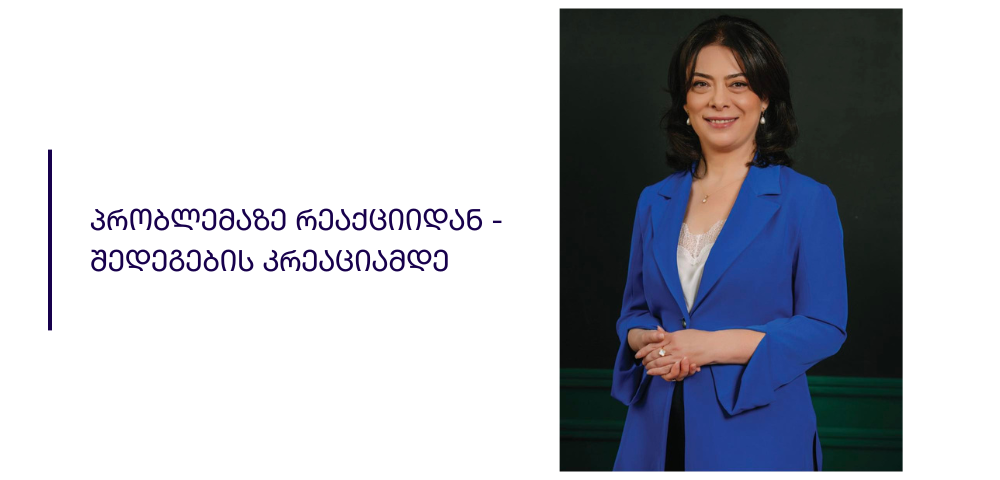

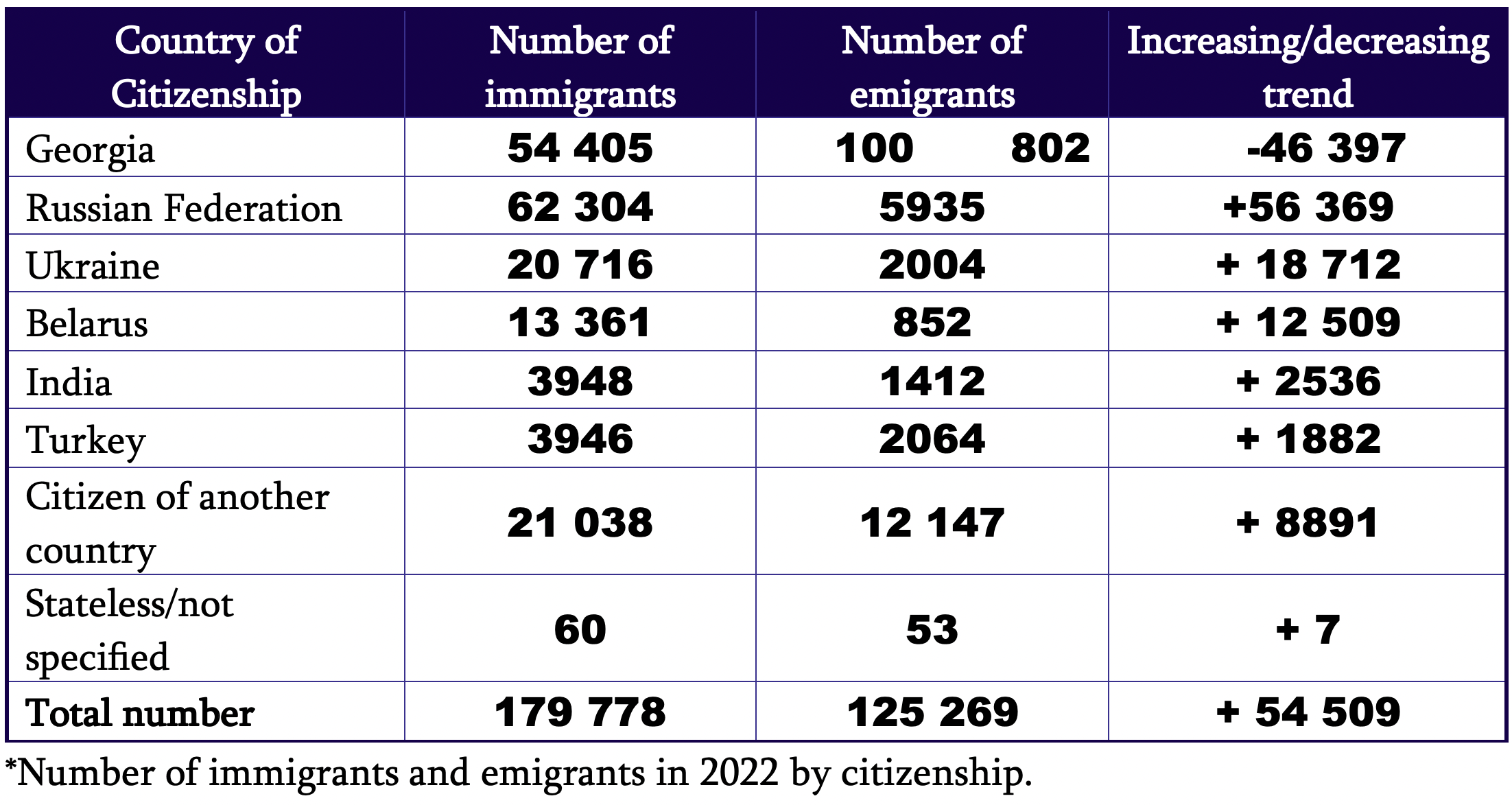
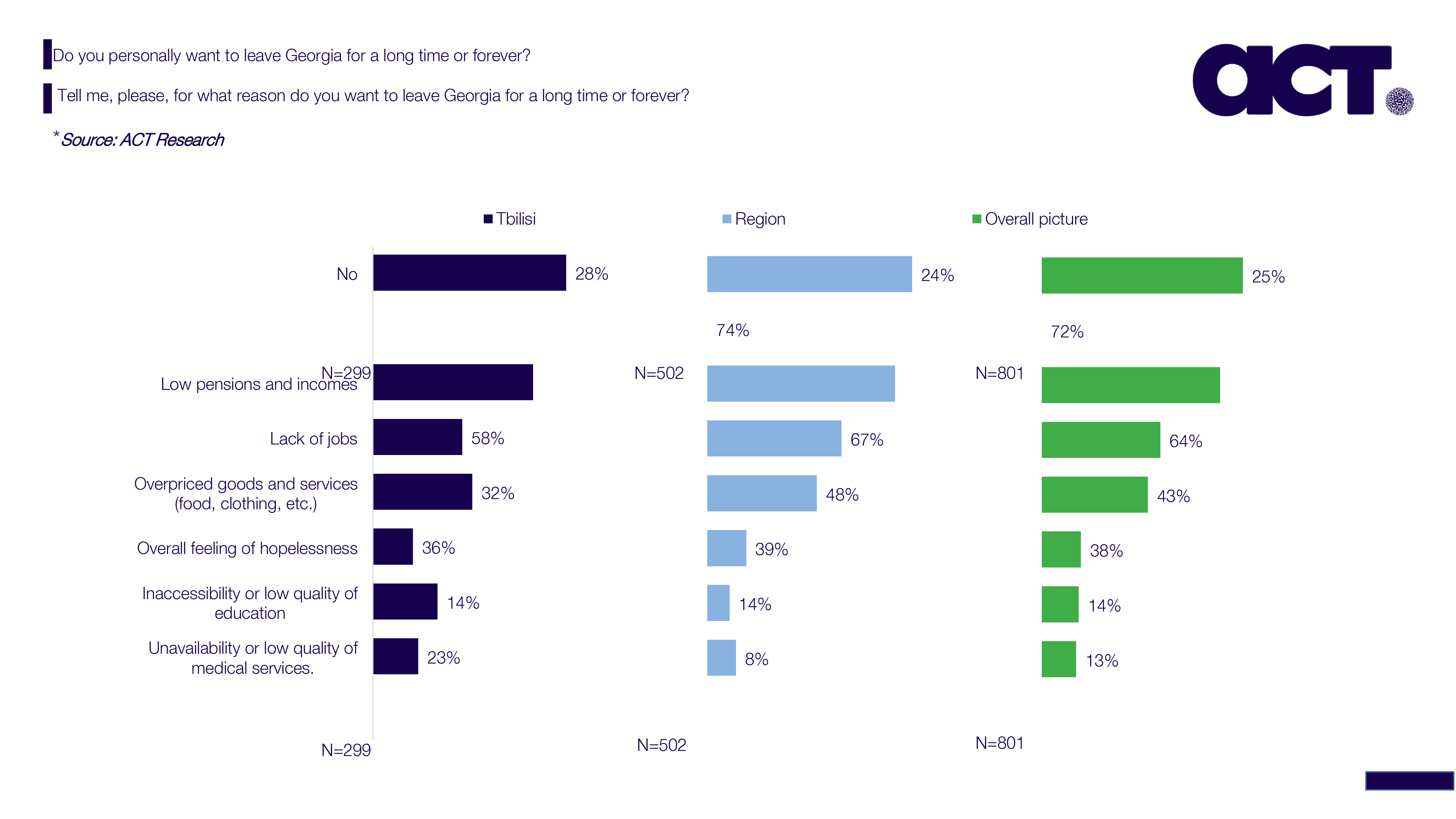
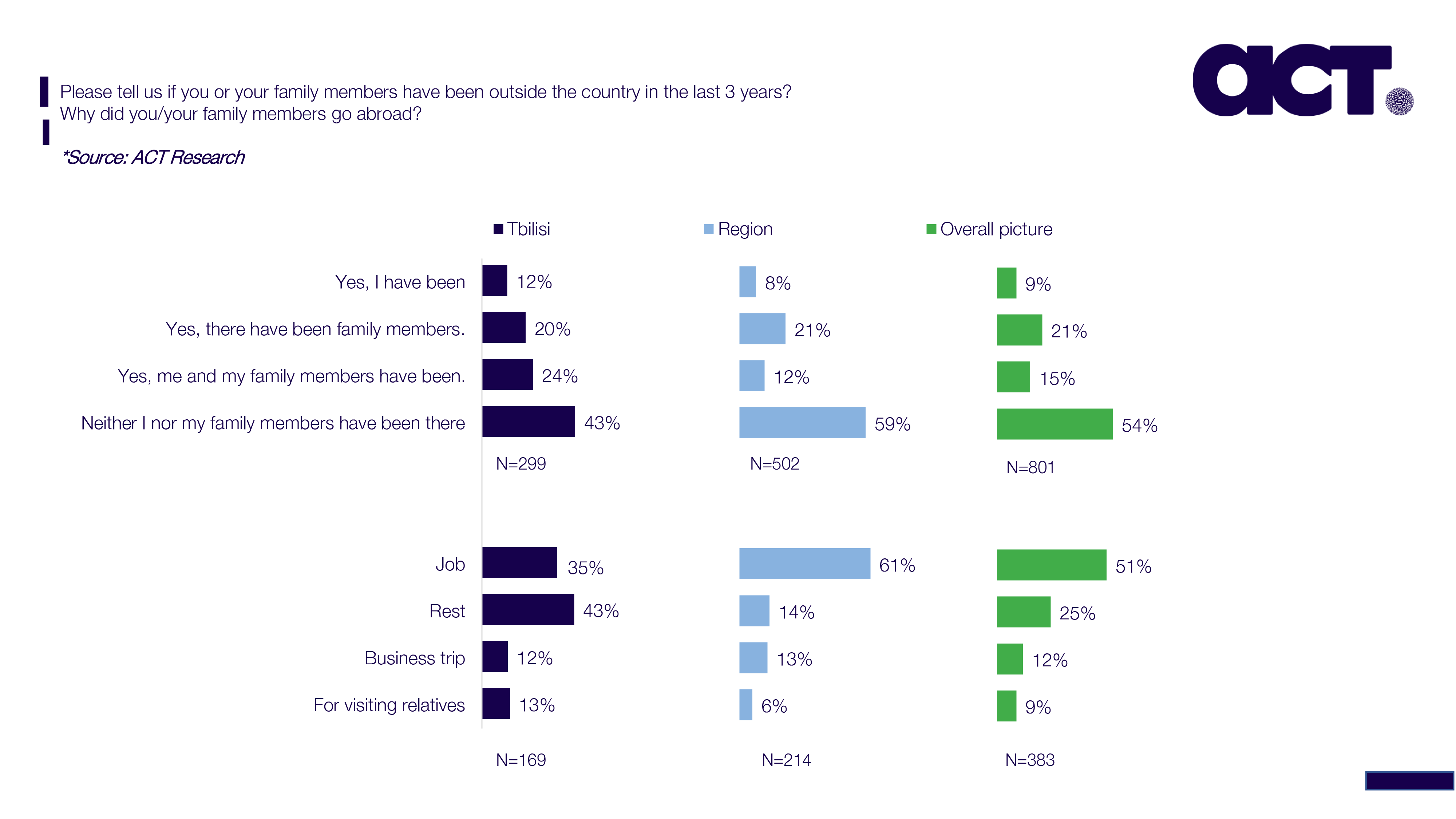
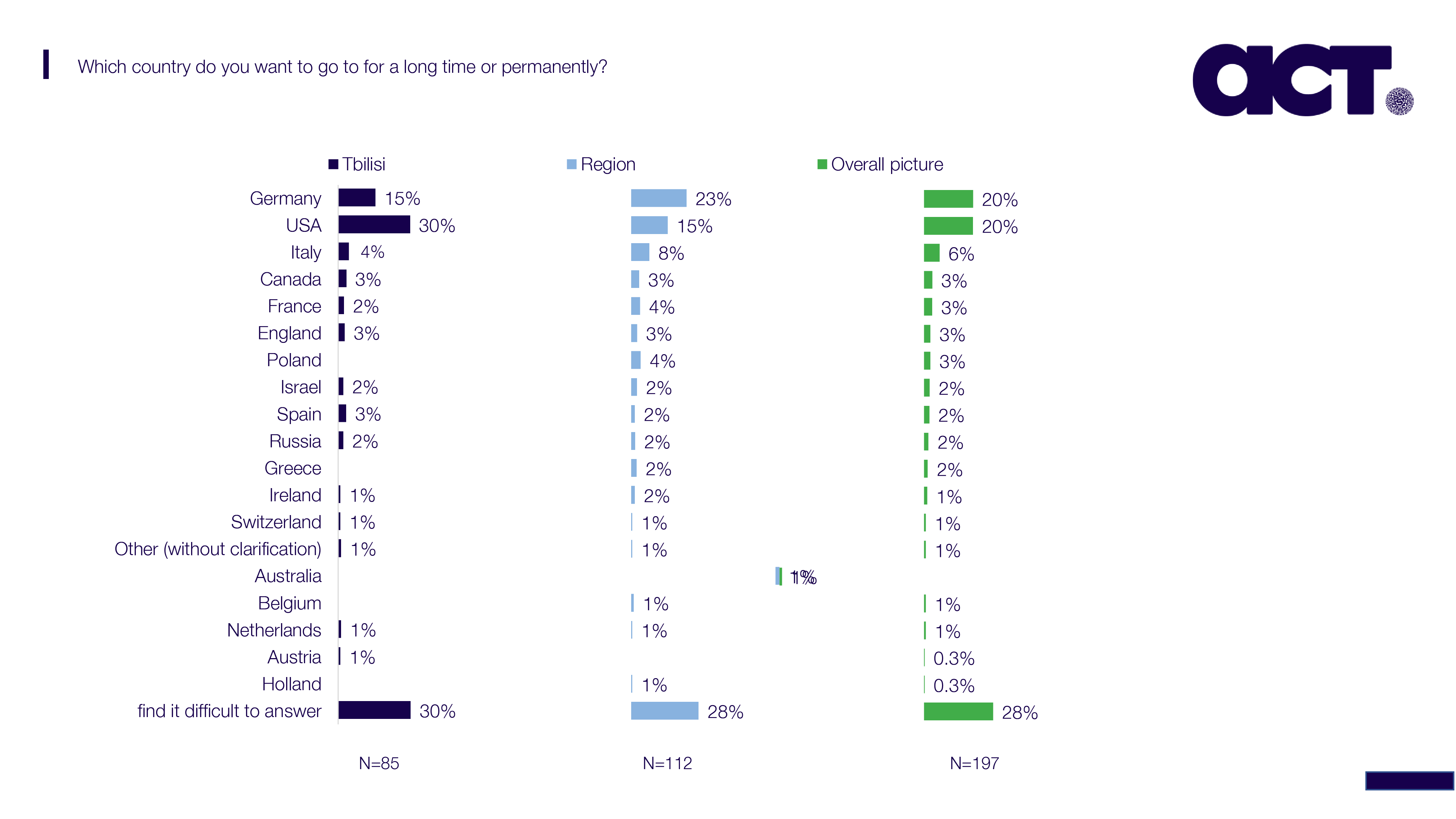
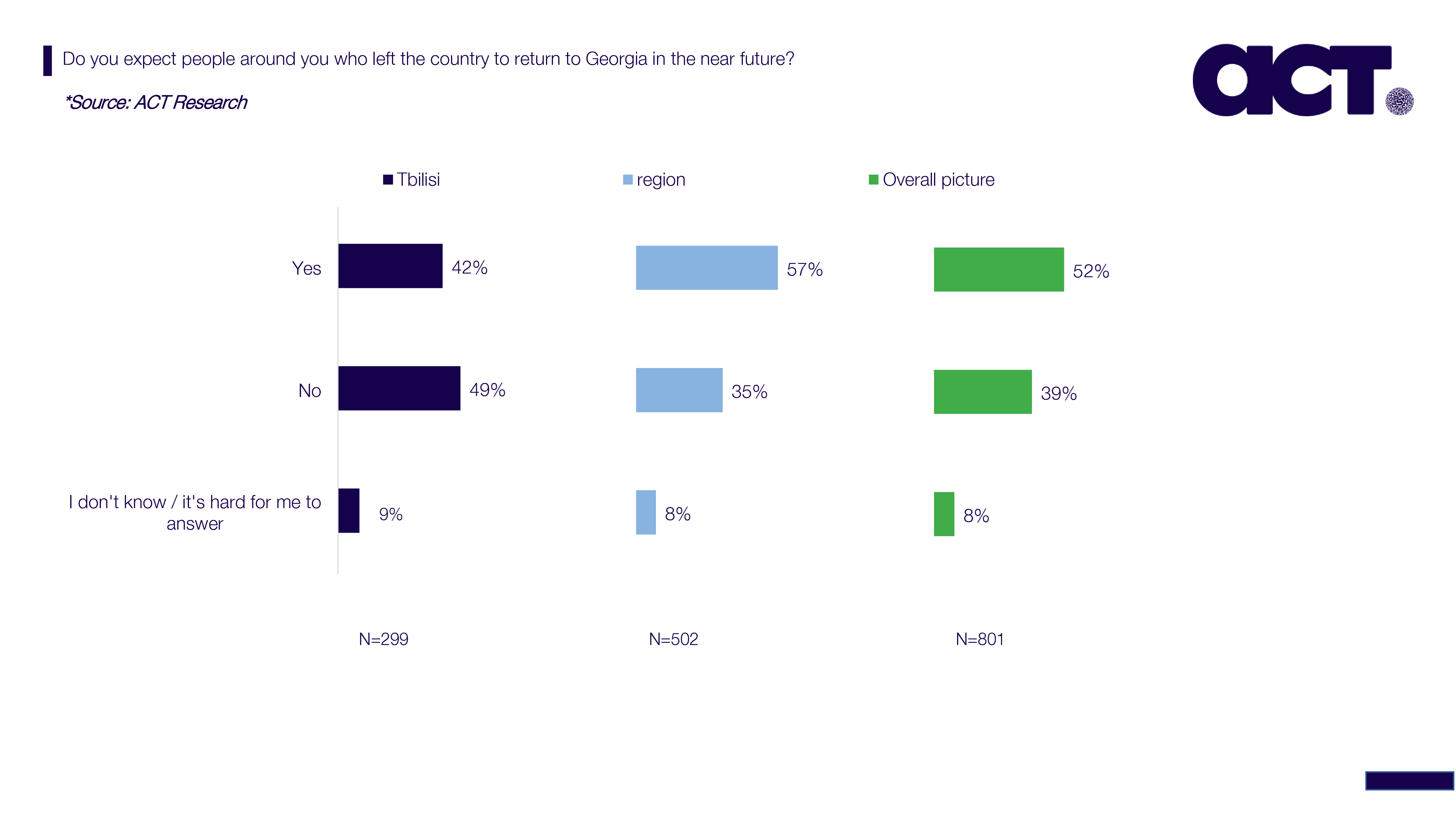
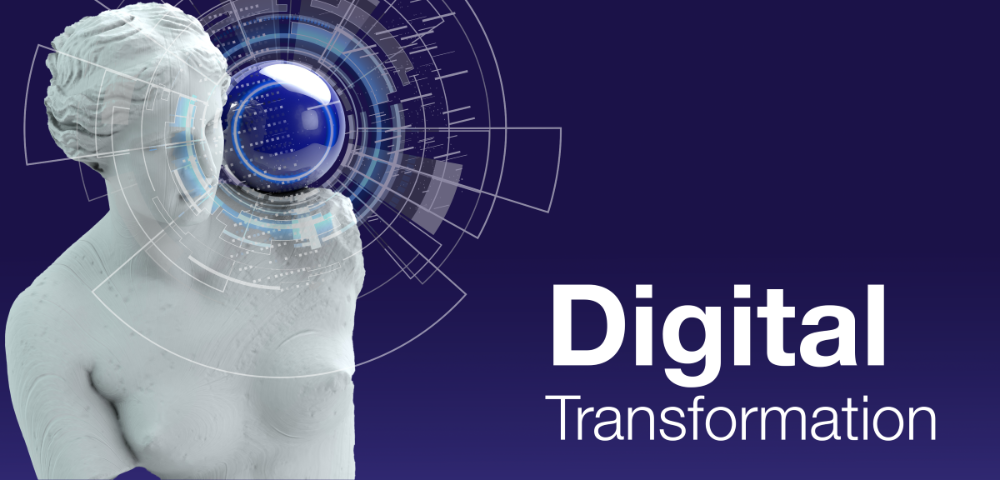
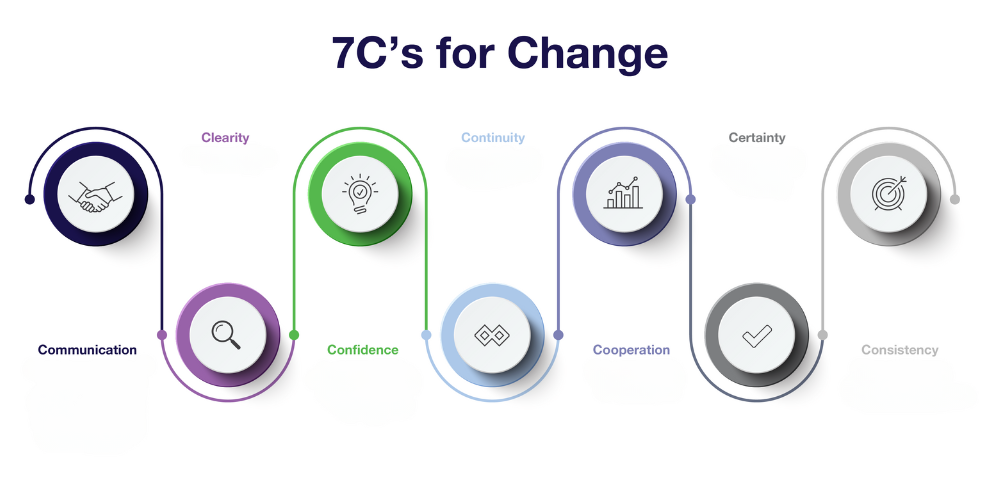

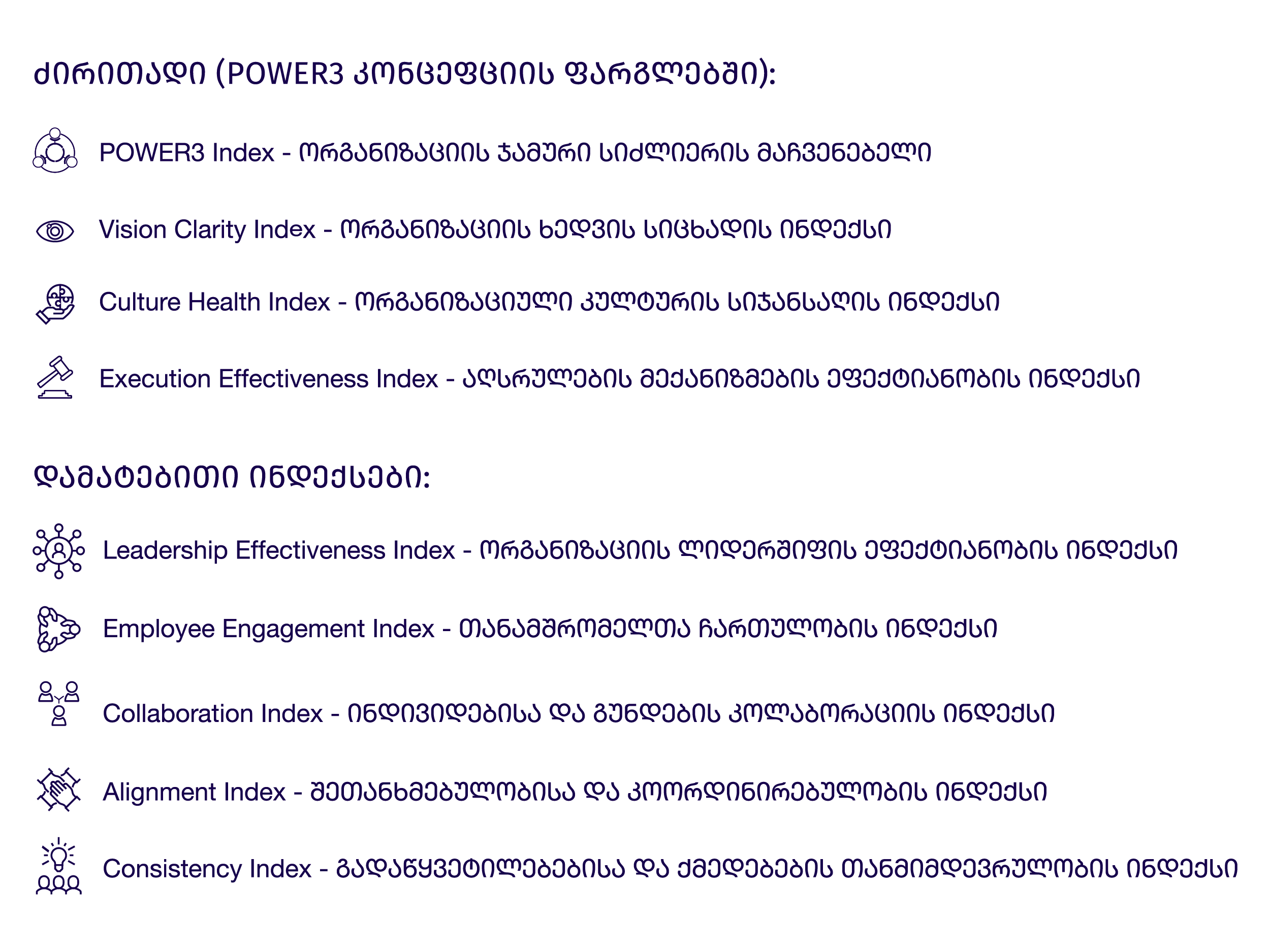

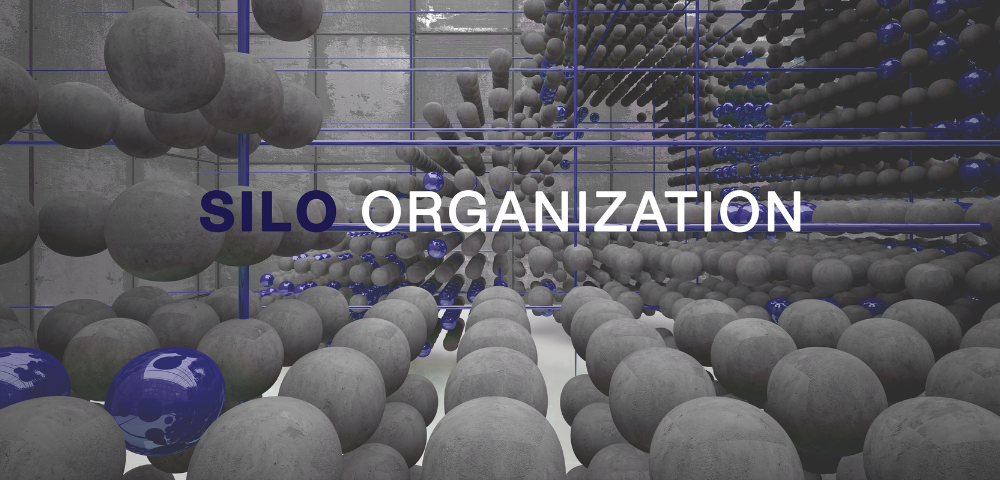
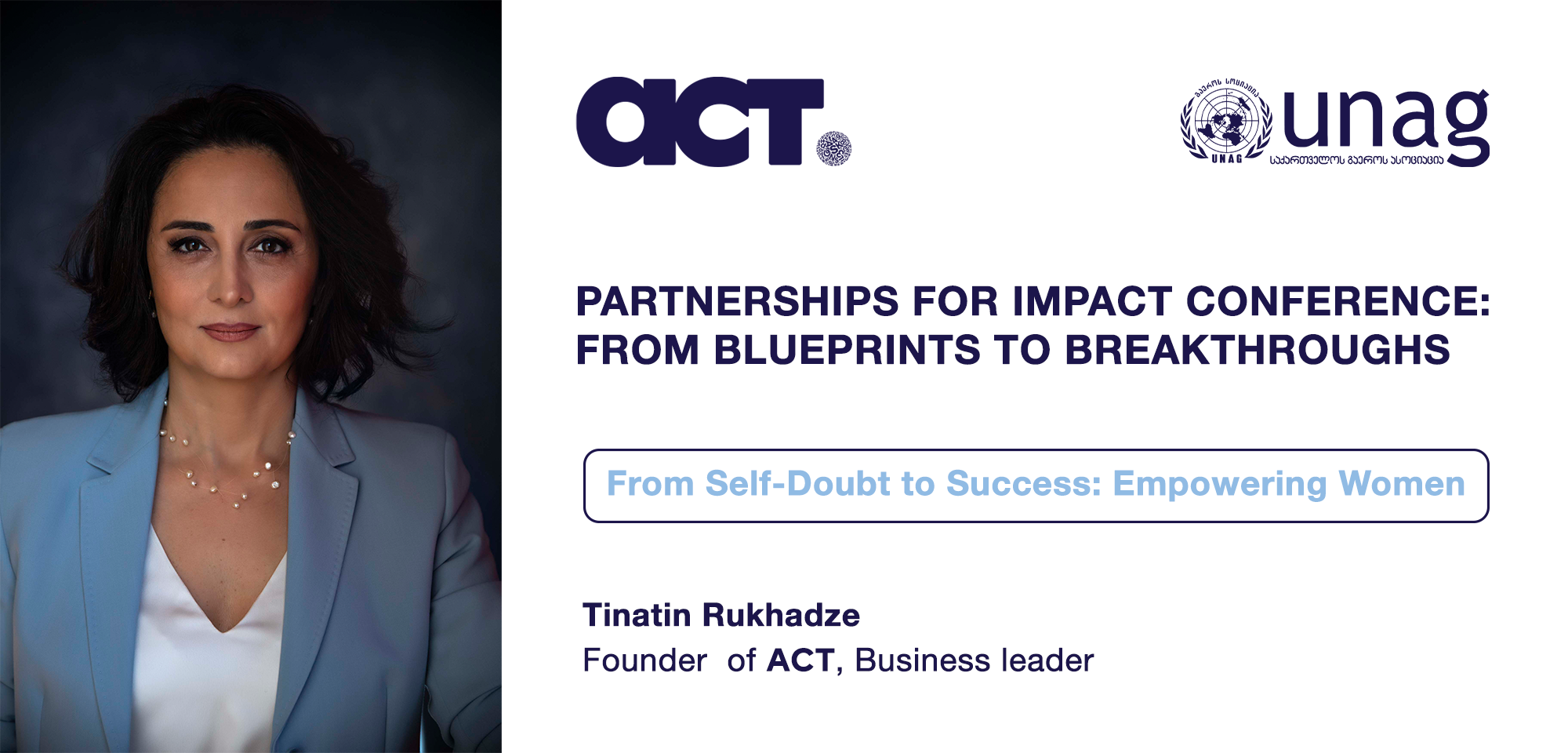
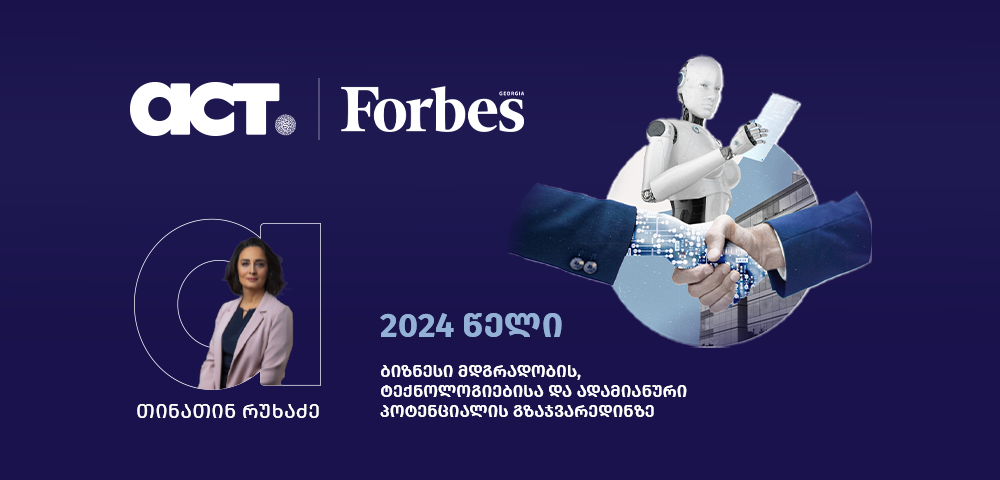
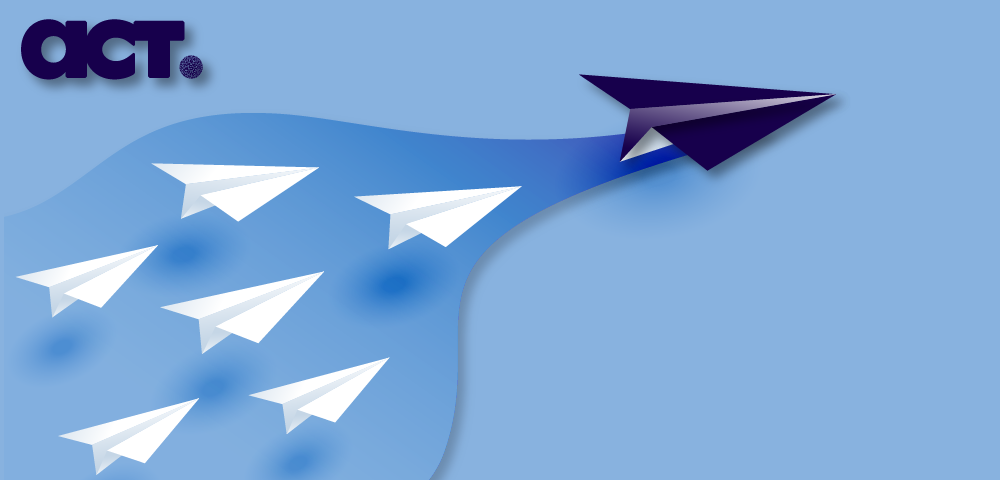

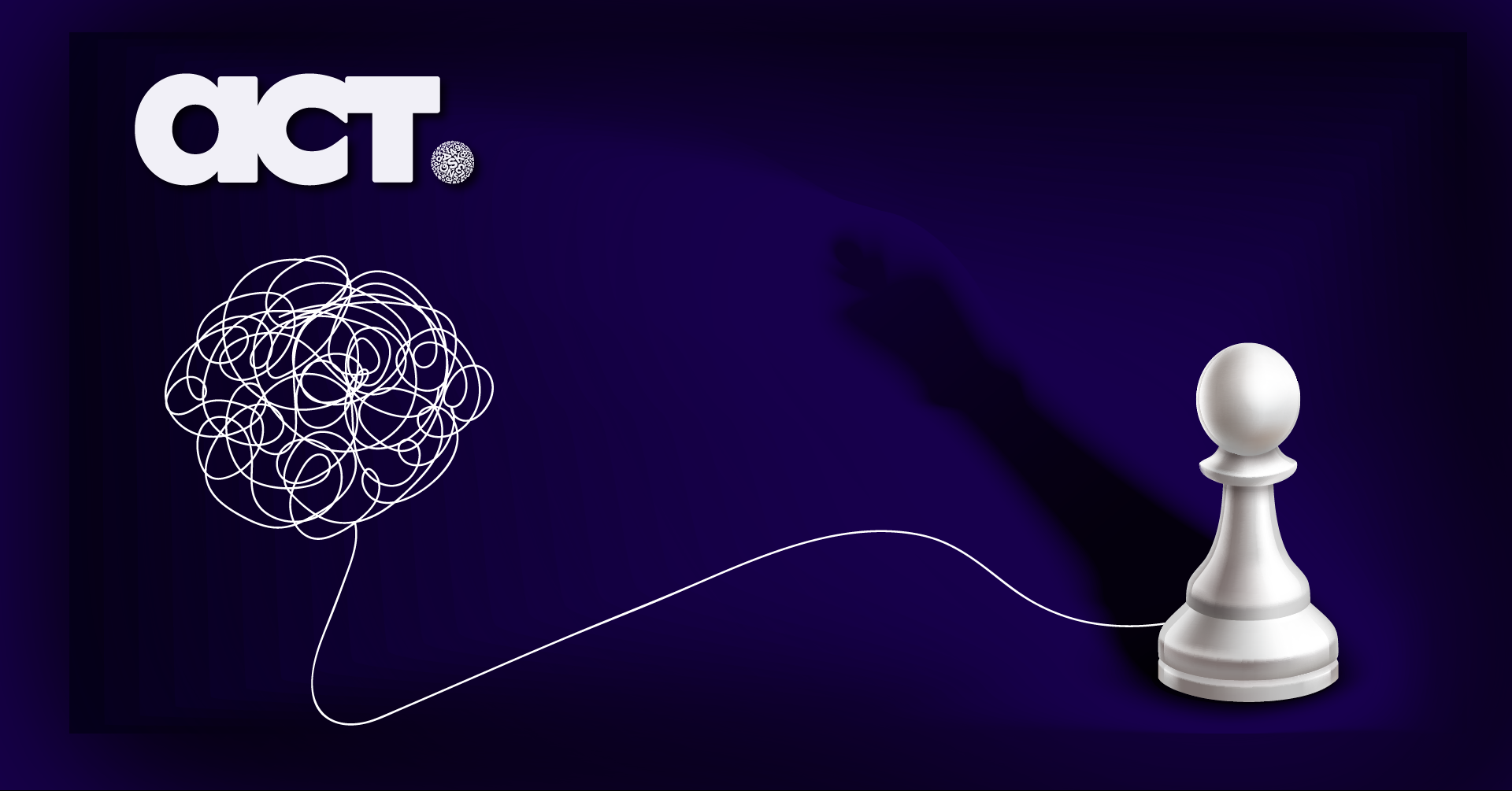
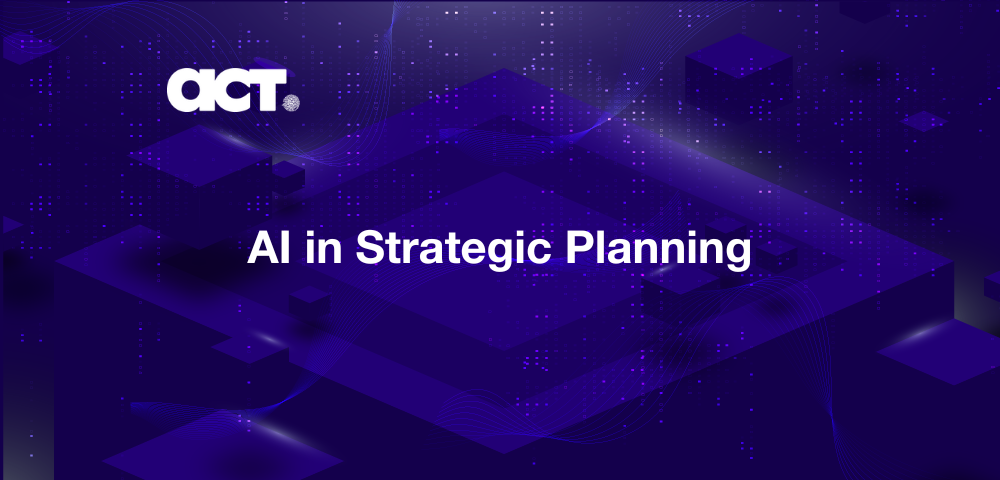
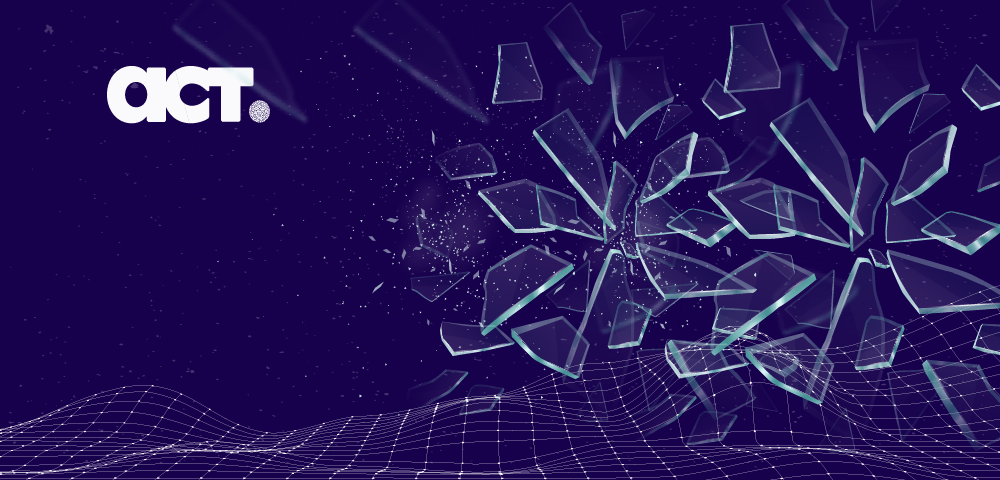




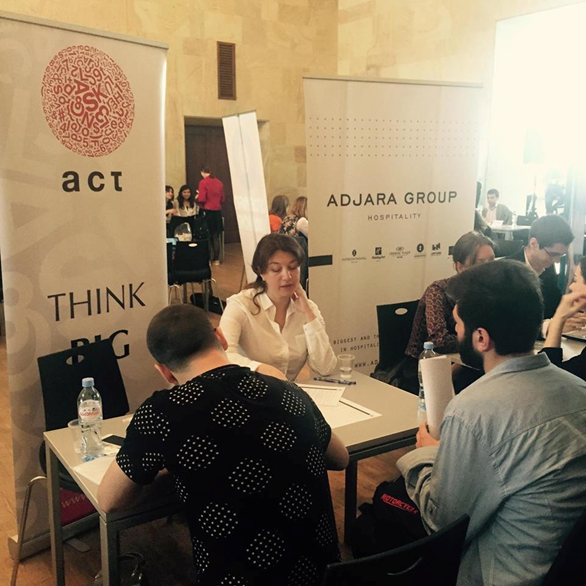




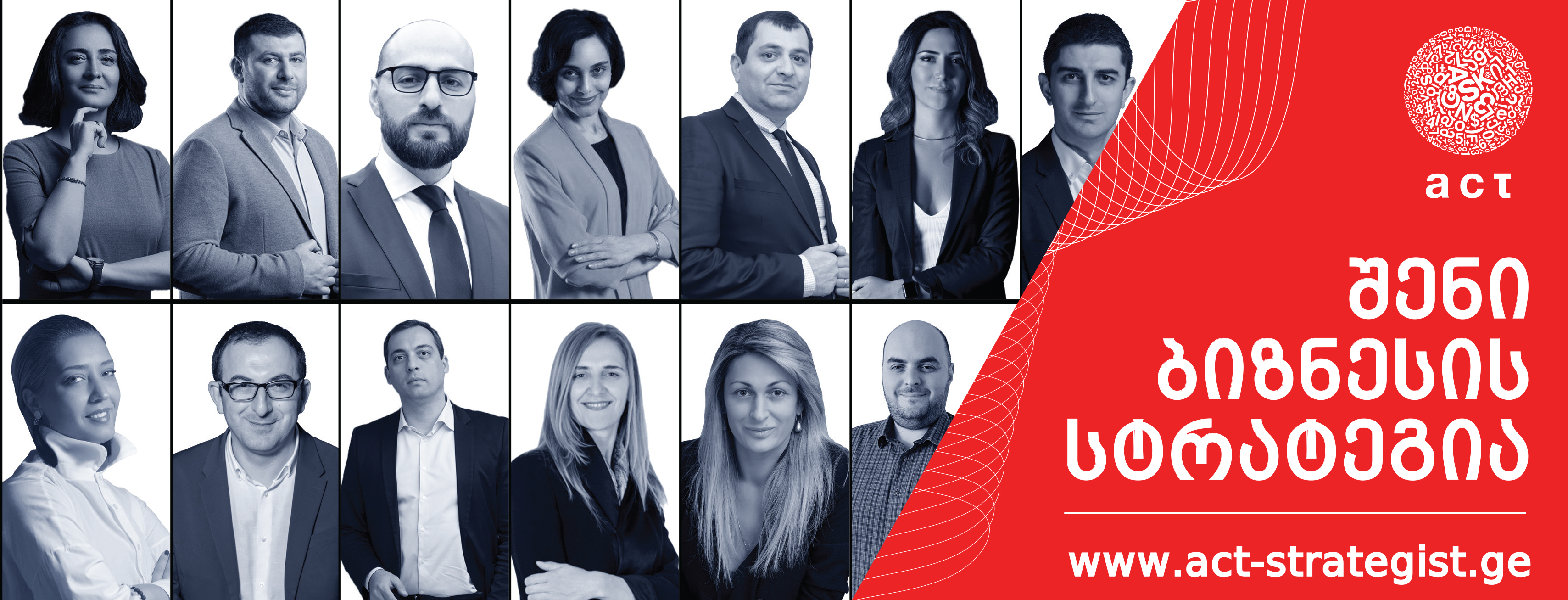
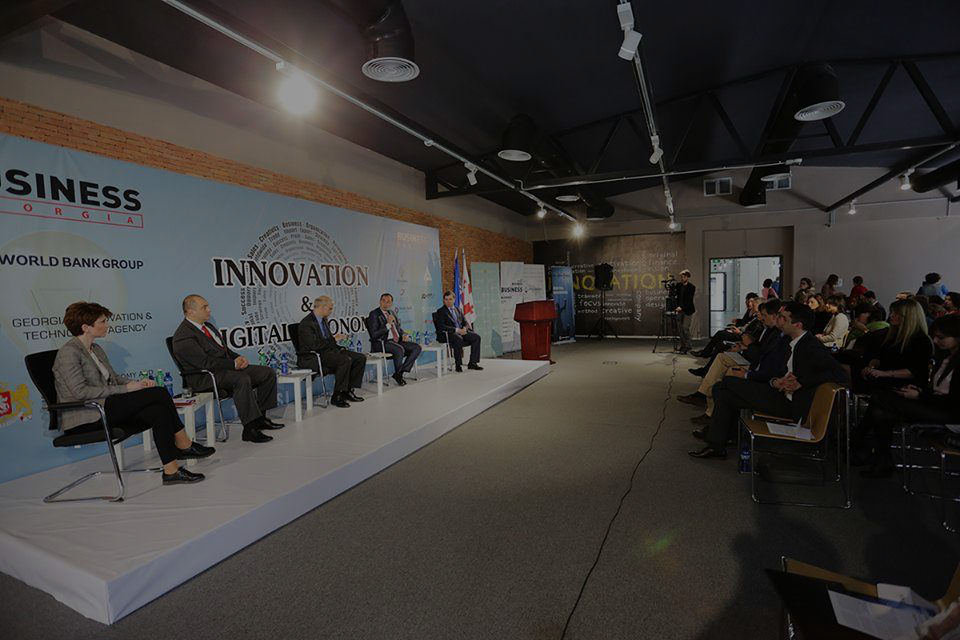
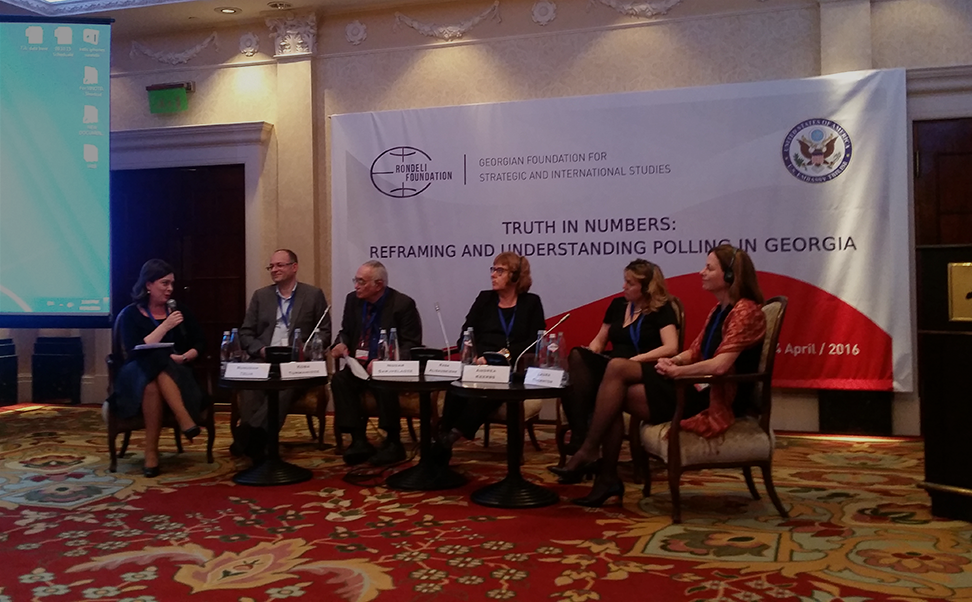

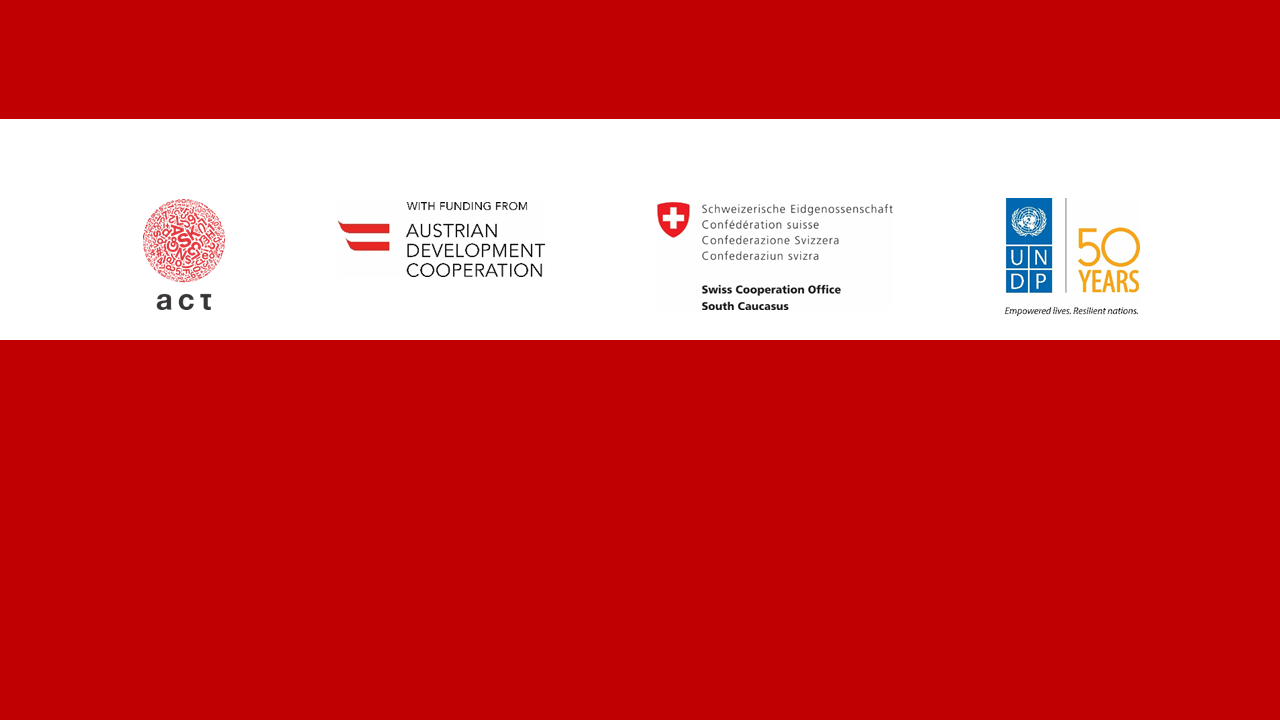



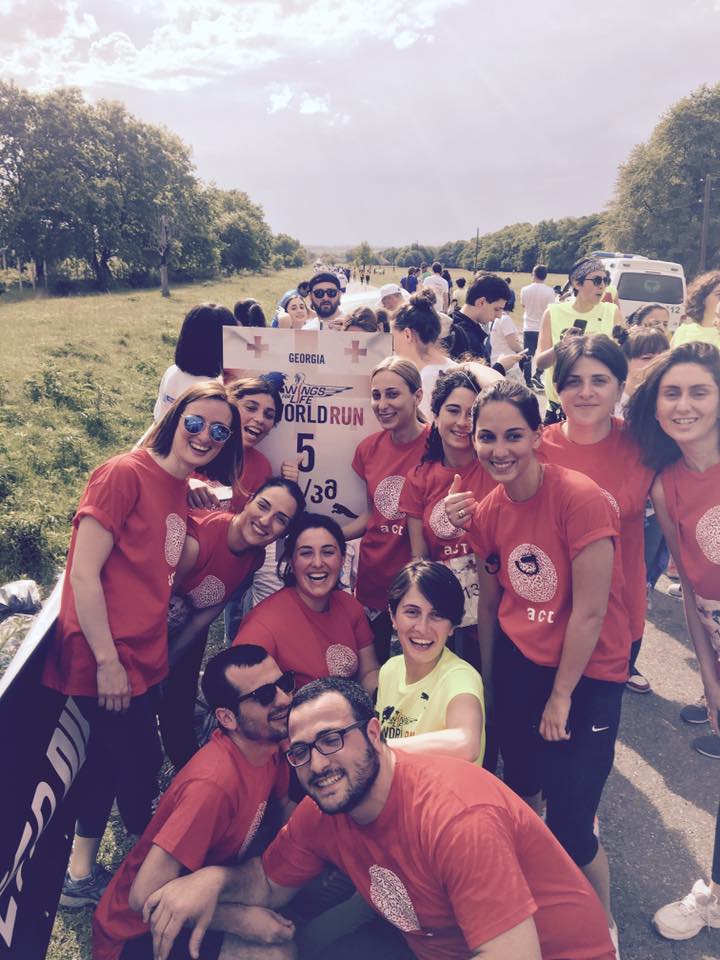 On Sunday, May 7, ACT team participated in Wings for Life World Run.
On Sunday, May 7, ACT team participated in Wings for Life World Run.